The Kiss of Time (2022) is a visual meditation through time and place, everyday life and not-quite-retrievable memory, in the worlds of my ancestors. A prose poem, "The Grammar that Begins It," introduces the work, followed by a sequence of 118 photographs in ten sections. The final form of the work is a handmade scroll, shown below. This book is a companion to Alive and Destroyed: A Meditation on the Holocaust in Time (Daylight Books, 2021).
The Grammar that Begins It
Broken Sentence
a man is holding a misshapen book of the past, whose stories will ruin hours, ruin days––and when he opens the book, a photograph falls from its pages—small, sharp with what happens in time, with disappearance such as we know—and from this photograph other images fall, visual poems the world rarely lingers over, poems exposing the new day, exposing—.
Sentence
the past that keeps dreaming of a different present––the past that chases us, whose chase we are––is a dead thing blown alive in a stopped wind—.
Phrase
not faith as against nothingness, even faith in impermanence, or its—.
Phrase
and the air this morning, and the unsure place, settled and clear—.
and the air this morning, and the unsure place, settled and clear—.
Loose Lines That Appear When They Must
“didn’t the night end, wasn’t the earth / safe when it was planted / didn’t we plant the seeds, / weren’t we necessary to the earth, / the vines, were they harvested? /”
Sentence
i did not find a picture for this image: the condemned—as i see them—trudge a tilted horizon, trudge it as an aspect of having trudged it, still trudge and do trudge it, remain trudging and remain to trudge later, the tilt of the horizon standing in precisely for what i cannot otherwise see of them—.
Predicament
in the field of the nothing, there is me, also nothing—there to receive the nothing as itself, though by its nature it is already other to itself—there, in the proverbial home of the world, the goats and the insects, the weeds and me, all of us domed by the pungency of august—.
Further Predicament
the ancestors in their infinity argue against inarticulate exile and equally against imperishable bliss, this is their drosh from the garden—meanwhile a descendant, and the search for solidarity among the indigents, and the sufferance of things as they are, and a camera to gauge the fathom between stranger and mirror—.
Sentence
a man is holding a misshapen book of the past, a book to guide his search for his own heart in the hearts of others—with instructions on how later to press the remaindered solitude into a rudimentary jar no longer the size of the whole celestial sphere—.
Poorly Formulated Question
if for the sake of argument i could distinguish absolute from tentative meaningness, would metaphor still duel mimesis, and would the dust cling to my table less completely—?
if for the sake of argument i could distinguish absolute from tentative meaningness, would metaphor still duel mimesis, and would the dust cling to my table less completely—?
Paragraph
if you venture toward the umbral towns, eventually a season comes when the clocks moss over, god dims, and you can almost see the inhabitants strolling the squares—there they are, the vanished jews of europe: stopping, starting, tending soup, warming their lungs, sorting the law from the central poem, feeding the aeolian throats, all while the sun and the moon cycle, as usual, in mutual evasion—and you can almost see them for what they are, the matriarchs and the patriarchs, fluttering through the new wilderness with their parchment wings, studying the ancient volumes of thought before speech and sadness without cause, alighting on words that seem peaceful beyond the last intelligence—and all around you the rifles have rusted, the blazing war is only a canary scratch, and time has finally spilled free from the sandglass—later, after you have woken, your poet nods that the bells indeed have had their tongues torn out, that at this moment a terrified child is choking on her drool, and a burden of history will flatten fresh earth each day into eternity—.
Differently Formulated Questions
the one who sits on the other side of time, who sits on the other side of nature—among the roots in their reasonless burial—and the other side of the given, also on the other side of logic and words and objections and complications—the one who sits on the other side of torah, and on the other side of the squirming order we aver as though it were better than chaos, to this one i ask: am i in sight of myself in time? am i in sight of my own irrational roots? am i in sight of the other side—?
Imaginary Dialogue
my father in death proclaims: “curiosity is protection, a roof over your head—.”
i say: “curiosity is the rain pounding at my roof—.”
he says: “curiosity begins with revolt, like an angel in her cloud writing out the prophecies, intentionally miscopying their abyssal outcomes—.”
i say: “curiosity begins with the solaceless self, tilling the debris, lifting the crowns from the scarecrows—.”
he says: “curiosity is the innocence that experience yields—.”
i say: “curiosity is the spinning earth beneath the unspun floor, the spinning planet around the unspun sun, in a spinning universe, whose origin is—if i trust—an unspun god, made equally of a spinning presence and a spinning absence—.”
he says: “you feel the pulse of your curiosity when you write it—.”
i say: “i feel the pulse of my curiosity as the stillness within the grammar, and the images within the pictures, and the pauses within the wars, and if i am lucky, the poems within the pauses—.”
i say: “curiosity is the rain pounding at my roof—.”
he says: “curiosity begins with revolt, like an angel in her cloud writing out the prophecies, intentionally miscopying their abyssal outcomes—.”
i say: “curiosity begins with the solaceless self, tilling the debris, lifting the crowns from the scarecrows—.”
he says: “curiosity is the innocence that experience yields—.”
i say: “curiosity is the spinning earth beneath the unspun floor, the spinning planet around the unspun sun, in a spinning universe, whose origin is—if i trust—an unspun god, made equally of a spinning presence and a spinning absence—.”
he says: “you feel the pulse of your curiosity when you write it—.”
i say: “i feel the pulse of my curiosity as the stillness within the grammar, and the images within the pictures, and the pauses within the wars, and if i am lucky, the poems within the pauses—.”
Conjecture
time has kissed the one i love as it has not kissed me: she whose heart keeps wandering to the remoter reaches of happiness—where joy is joy, ungilded—she who waits naked in the window at midnight when i return, she means what lives in her, while i go on like a ghost with a body-ache, this is the simplest way to speak of it—.
Nested Model of Being
the soul in its sanctity, surrounded by the self’s protective rage at the unjust world, surrounded by the unjust world, surrounded by death, surrounded by futility greater than death—i resist and resist such a model of being, whose own resistances made the hidden hearts of the people who made me—.
Further Conjecture
it seems to me like this: there is a certain isomorphism between the sources of the soul and of the self—just as the root of the soul is the nothing, or call it god, the root of the self is the lifeworld that feeds the root—and if so: the self is more derivative than vanity would admit, as the soul is more vagrant than blood would prefer—.
Proposition
it is better to be lost in the field of doubt than to be found in it, and better to walk it than to map it, and it is better to dead-reckon its scale than to take measurements, and better to let reading become redundant as observation becomes sharp: the facts of the field of doubt are always contingent––they could have been different, and will be different later––and the task is to let wonder lead the recognition of their incompletion—.
Appeal
you who are chosen in your anonymity, you of my own purling blood and stroma—will one of you please confirm that yes, one day we will meet in the synagogue of the insolidities, the roofless one in the moving grass, the one of the dreams as worldly as transcendent can be, and yes, we will step across the ambulant doorstone, notwithstanding the shoes moldering in the mass graves—?.
Discernment
hours in time and hours when time sets in—to be in time and to discern time setting in on being—properly to say this discernment would mean unspeaking into words the rapt tranquility of sound—.
Parable
the student questioned the teacher, “what is the path—?”
the teacher replied, “everyday life is the path—.”
the student asked, “but can it be followed—?”
the teacher replied, “if you try to follow it, you will wander from it—.”
the student continued, “if i do not follow it, how will i know the path from no path at all—?”
the teacher replied, “determine the path as you would determine the traces left by birds in flight—you can name them good or not-good as you wish—.”
Commentary
it stands to reason, as the ancient philosopher tell us: if you do not hope for what attaches to no hope, you will not reach it, because it leaves no path to its door—but for me, no reasoning solves the elemental dilemmas: that our hopes are only as durable as our elegies, that god’s soft hands precisely build poor shelters, that the hardiness of the human word emerges through each variation of origin and ash—.
Statement of Habit
i do not sit with my sorrows: i walk them around the city and show them things—.
Unresolved Theory
on a page somewhere in my notebooks, something about the perpetual crisis of the photographic image, the mute intervals between its pieces—its severances of time, space, and narrative—and the grasping at words to recuperate the discrepancies, and the photograph’s eventual life as a riddled unity—.
Guess
the poetics of photography are the poetics of lengthening, the moment lengthened past momentariness—giving way to the poetics of subsistence, the nurturing of remembrance beyond its seed in experience—leading by turns to the poetics of the buffer, the image given to soften the friction between everyday banality and the invisible monuments that the everyday cannot admit—the monuments of our forgetting, our indifference, our false innocence—.
Dictum
a good picture outwits the seeing that shapes it, almost successfully—.
Specific Truth
the artist whose medium is light––the photographer––continuously arbitrates two kinds of claim: that which once appeared as against that which still appears, that which casts a shadow because it exists as against that which casts a shadow because it no longer exists, the battered shapes of our ordinary regard as against the eidolon that holds the secrets to the places where such regard happens—.
Hypothesis
doing-in-time should not be mistaken for being-in-time, and i can distinguish them like this: doing-in-time is about tasks—immediate, upcoming, repetitive, unanticipated, and so on—while being-in-time is about mood, for example flowing or halting, holistic or episodic—and if so: i can cross the wires and tease apart the variations, conjure a flowingness of immediate tasks or an episodic lurch of unanticipated tasks, and so forth, only to ask: are doing-in-time and being-in-time ever other than a mashed and melded thing in lived experience, philosophical contrivances aside—?
Aporia
i am all too aware that the simplest premises of my poetics remain unestablished, i who think that the key to remembrance is the unremarkableness of any present to itself, that the quotidian now is the nearest touchpoint to the quotidian then, that what we take for granted renders time as continuity, and what we single out for noticing shapes time as discontinuity—i ask myself: what makes me think a picture might gather up the disappearances, apportion to each generation its share of inevitable knowledge, its ration of noble circumstance motioning light over the surfaces—?
Sentence
three worlds––mine, yours, and theirs––meet in an awkward enclosure: there is no explaining how “there” presses “here” out of sight, how “after” slips away and “before” stays standing, how certain people manage in their soulmost souls to fuse transience and transformation, and how thoughts of epiphany are everywhere and still unseen—.
Phrase
souls edging their way through slight partings in the nothing, the nothing never keen on its own totality, in this way the nothing gaining in rended largeness—.
Reckoning
the soul is hidden from the self for a reason: the self is a blunt instrument, a gobbling thing of the outer world prone to wreck what is frangible, and if so: to search the soul is only to lash futility—the “soul,” or whatever word we should use to name the inner/outer aliveness freed from figuration and grammar, evading the self’s cravings for likeness—.
Formulation
the answers to my questions only seem to reveal the questions more fully, and a pattern emerges with all the precision of a slender error—.
Imaginary Dialogue
my father in death observes: “in directing your journey from the world into the book, you risk marooning it there, in an end-place where the ongoing world will not find it.”
i say: “i feel i have whittled my searching to the most important binary—hold still and keep going—but i have not figured out their order, which should begin the book and which should end it, and i suspect: this confusion may be enough to save the book from being its own dead end.”
and a poem comes to me in what might be a harmony of our voices, mine and his—:
there is / this and / there is / what was / otherwise / infinite
i say: “i feel i have whittled my searching to the most important binary—hold still and keep going—but i have not figured out their order, which should begin the book and which should end it, and i suspect: this confusion may be enough to save the book from being its own dead end.”
and a poem comes to me in what might be a harmony of our voices, mine and his—:
there is / this and / there is / what was / otherwise / infinite
Sentence
a man is holding a misshapen book of the past, whose stories will ruin hours, ruin days—and when he opens the book, a photograph falls from its pages—impossible to say the fulgurated truths of the fulgurated onset of the fulgurated human arrangement, or the ways poetry redeems language—but from the cut leaves of the book’s eventual unbinding, he proceeds with patience and according to his nature, not from imagination but with it, toward an unscripted furl—.
Iteration
we are not like those creatures that both see and foresee, or those that fail to see and also to foresee, or those that fail to see but do foresee, rather we are the kind that see but do not foresee, that see without foresight, and if so: what we (creatures like us) mean by “now” is always the seen together with the unforeseeable, and what we mean by “then” is our prior-unhad-foresight partly redeemed to visibility, as if to span (for creatures like us) the gulf between the seeable and the foreseeable—.
Pendant Formulation
on a page somewhere in my notebooks, something about the miscued character of the verbs we attach to the noun “time,” something about the illusion that time “moves” because things in time move, that time “passes” and “flows” and “has” direction when it is our own predictive brains that compel time to behave like change, something about myth being the realm of time’s eventlessness and history being the realm of time’s eventfulness, and something about space as the inflection point where myth becomes history—.
Short Poem Made in Words
time, once again, fails to change / time, stiff, imitates the cold / warm bodies lie between time’s parcels, and still-warm bodies, too / we look, while time stares back / we dread time’s destruction, but the dead feel nothing when destroyed / by the smallness of the human sun, human realizings / in the present that is the wandering future to the fixed past / none know—.
Dispatch Good for All Time
“the true count is considerably higher—.”
List
the tyrant shaking in rage, the tyrant shaking in lust to be lord of a mystical empire, the tyrant and his hell bombs, his cannon meat, the bones he makes by war and the bones he makes by terror, the dusty light, the windowless cities, the scree, the rebar, the poisonous ash, the sky of trenches, the trenches, the stench, the new mass graves, the earthly width of abhorrence—.
Fragment
shivering, enormous, mariupol struck from the atlas—.
Fragment
the tenderness any life adds to the whole tenderness, its not-accomplished transit—.
Predicament
me, all day migrating between false refuges—indignation to sorrow, sorrow back to indignation—the dysphoria lowering its nets, the dropped things bound to sink—.
Vignette of a Typical Morning
wan sunlight after days of rain, the radio promising more rain in the afternoon, my eyes burning from too little sleep, coffee and more coffee, the newspaper open on one side and a book of brodsky’s poems open on the other side, the artist’s books i bound last night just where i left them on the table, beside the steel ruler and the waxed thread and the blunt needles—.
Sentence
i did not find a picture for this image: the ancestors burying the homes they abandoned, not thinking—and why should they have thought?—that the burial hole would precisely become the home of the progeny—.
Phrase
happiness differing from unhappiness––the poet singing––in just the way a golden bucket differs from a tin bucket, both carrying the same ice—.
Lines Misheard
i heard the poet say it this way: “for the listener, who listens in the snow, / and, nothing in himself, beholds / the nothing that is not there and the nothing that is”—but the poet in fact said it differently: “for the listener, who listens in the snow, / and, nothing himself, beholds / nothing that is not there and the nothing that is”—and puzzling over my mishearing, it is not clear to me whether i have broken open the poem, or simply broken it—.
Deduction
the dates floating in the memory-cloud, insomnia moving further from the source of light, a wooden chair whose simplicity mocks imagination, wind that for awhile clings to height and depth, sound set free from motion, names detached from people, loss loosened from misery, the sky elegant in purposelessness while words go on clutching at their tasks, the frame that keeps beginning again, thus worlds—.
Phrase
in the towns of the readerless book—the stars in scattered meditation above the kaddish-ferns, whose spores and shoots push green after night green—.
Phrase
and also falling from the book, falling to mind, the blank time of summer twilight in mena or maybe it was san francisco, the ordinary man on the street, the ordinary woman, their non-transparence such as we know, their bell-buoys so suddenly forward of the eye—ever the ancestral room in its cataracts, ever the time-herded archive, ever the needful thing in set-aside syllables—.
Extended Phrasal Verb
to look with camera eyes, to look by way of aloneness, to look where sight fails, to look after faith falls below the threshold of zero, to look at the edges and edgewise, to look for your own shared consciousness and almost to behold it—as a constellation to be traced by future gazers as it was by past dreamers—to look through your lens as time peers through its own glass eye, to look to time to inhabit the body, to look to time to walk the source route, to look to time to tease apart the coincidence of accident and fate, to look to time to last, and after—.
Verb
to hold still—.
Verb
to keep going—.
(2022)
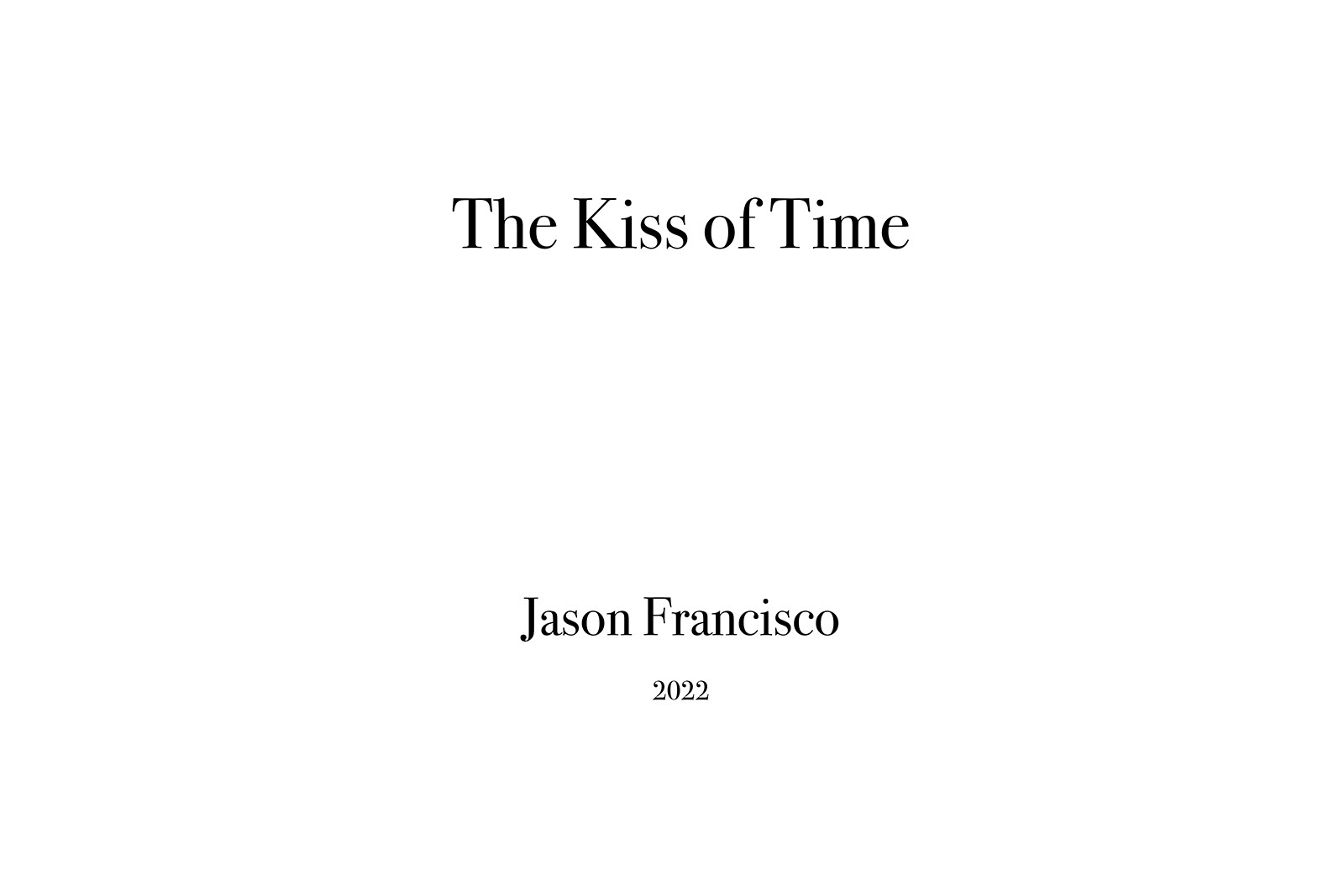
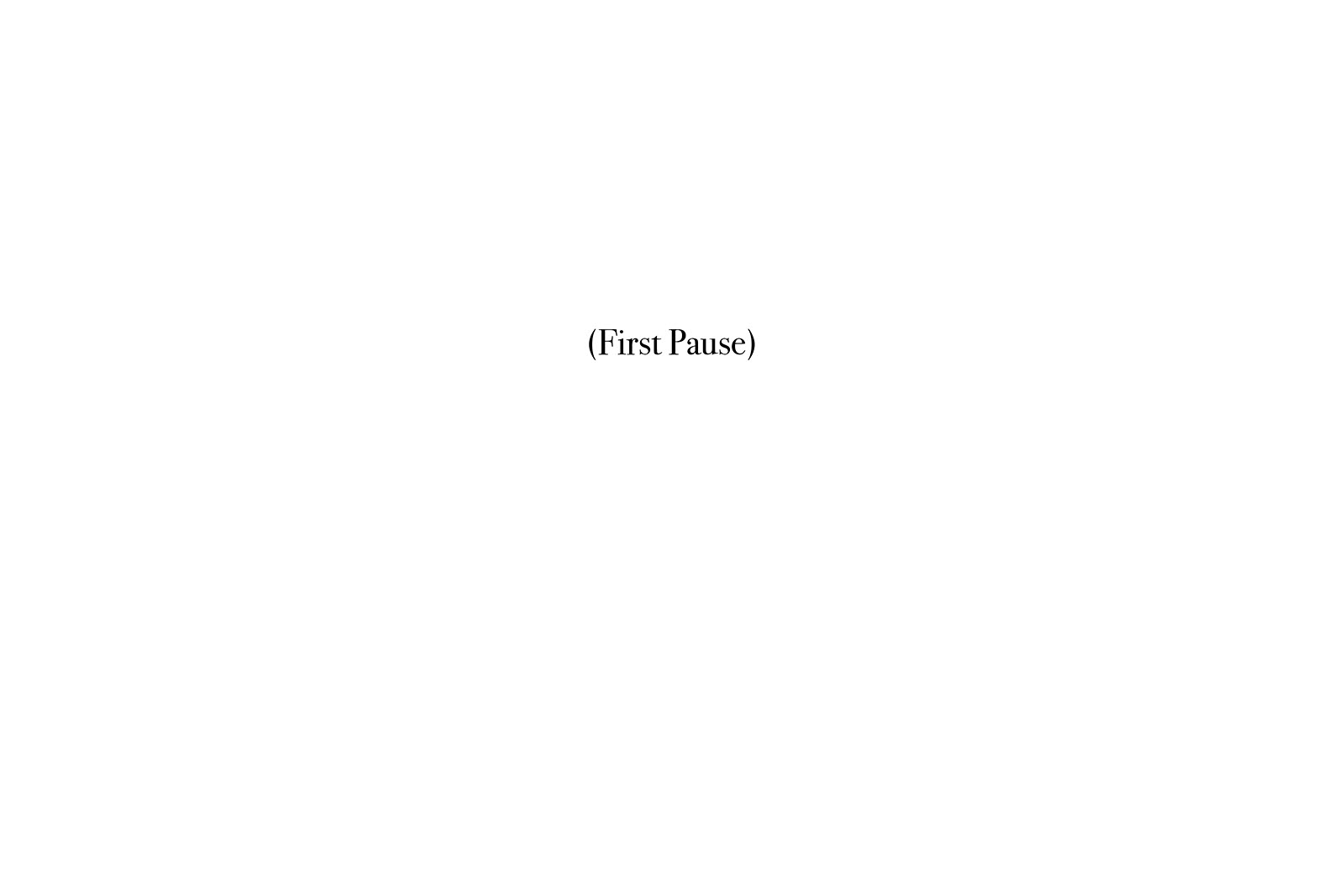
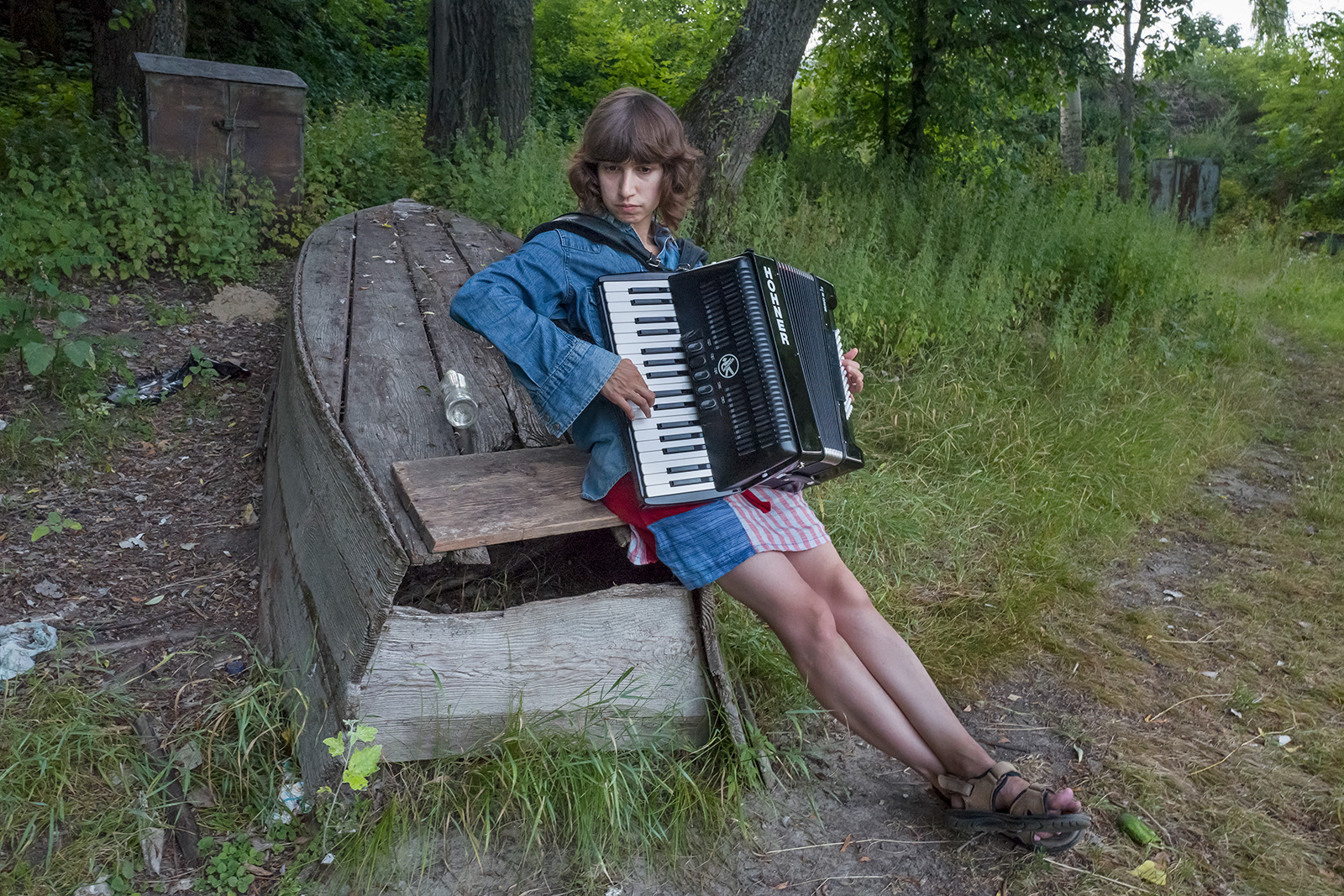
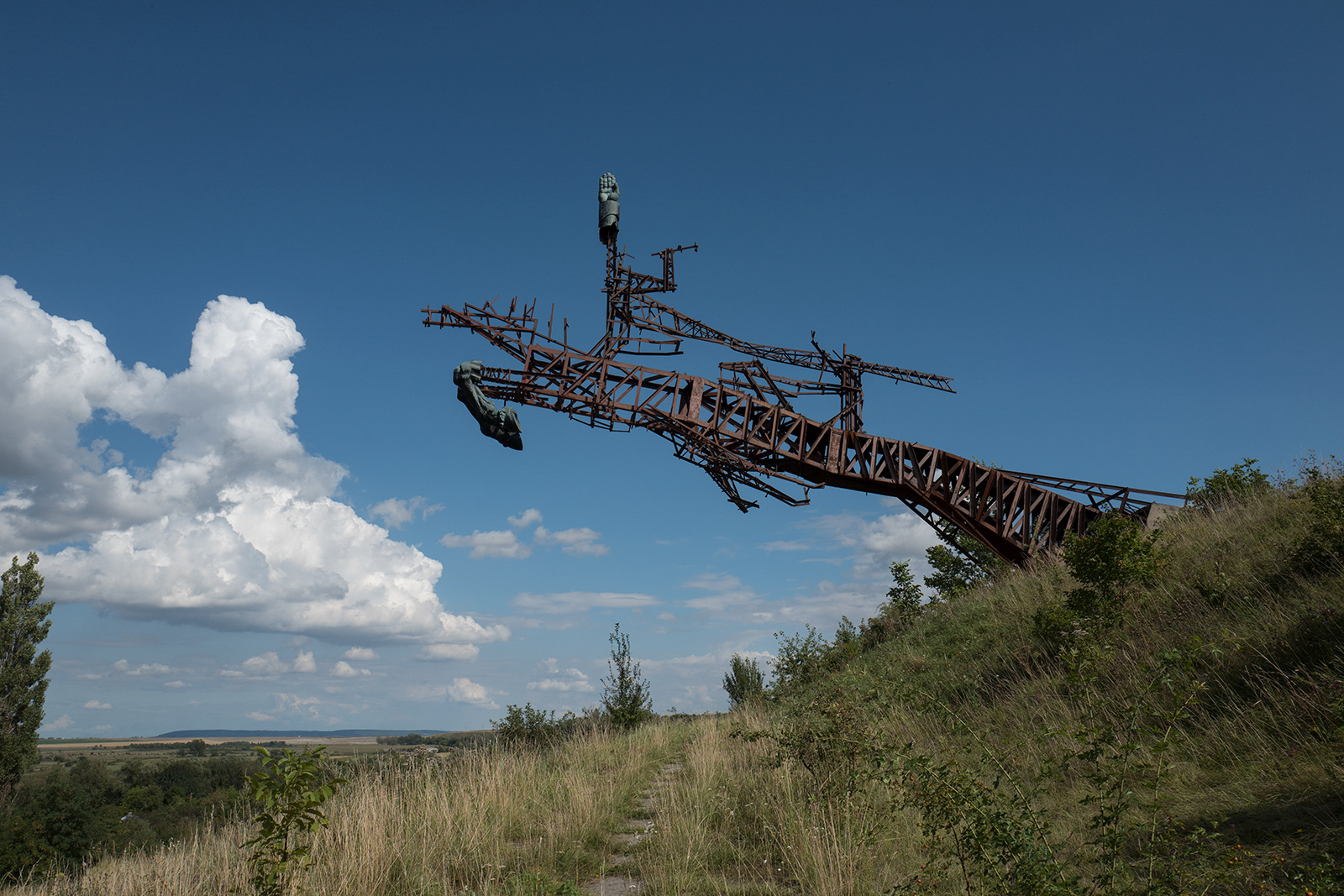
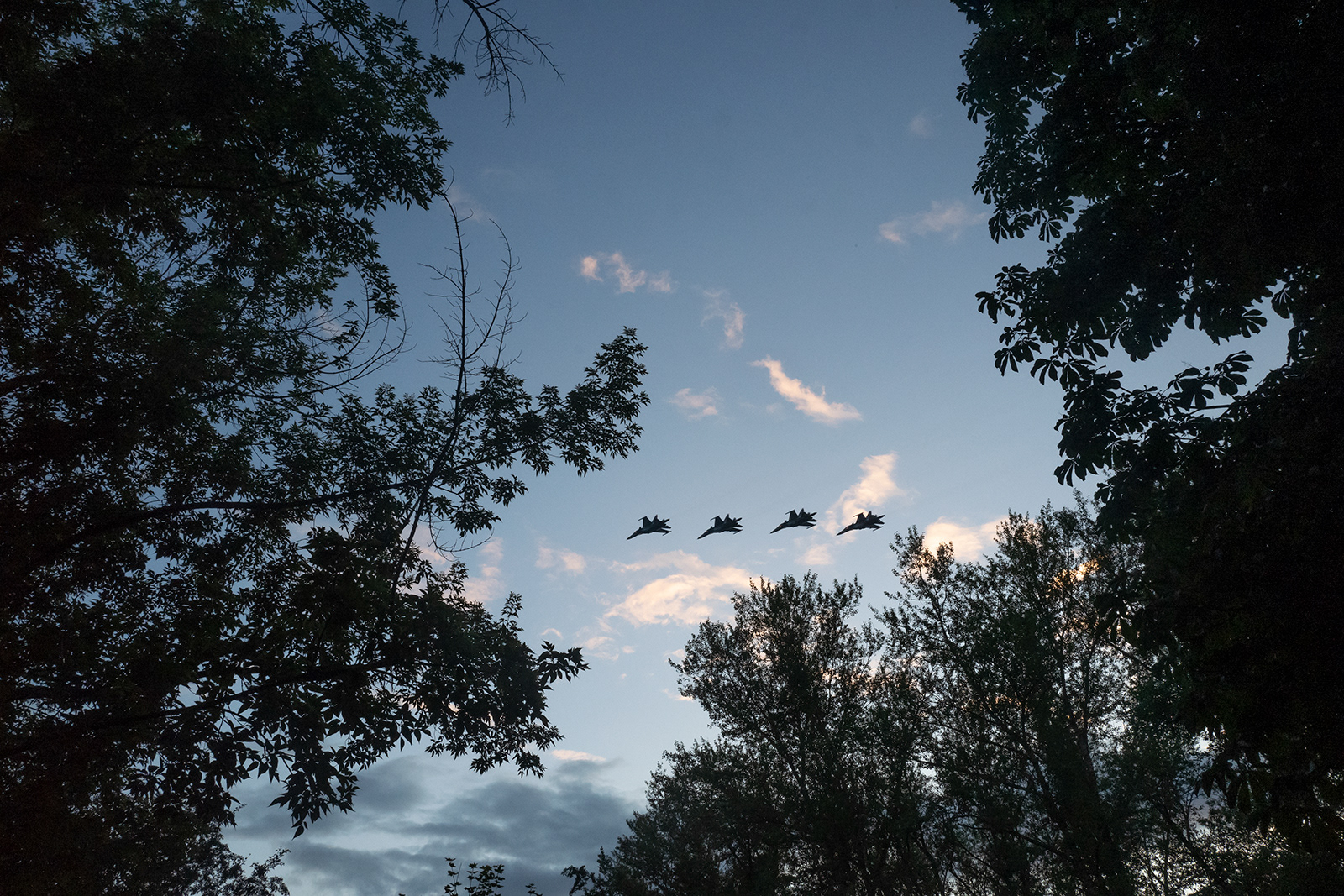
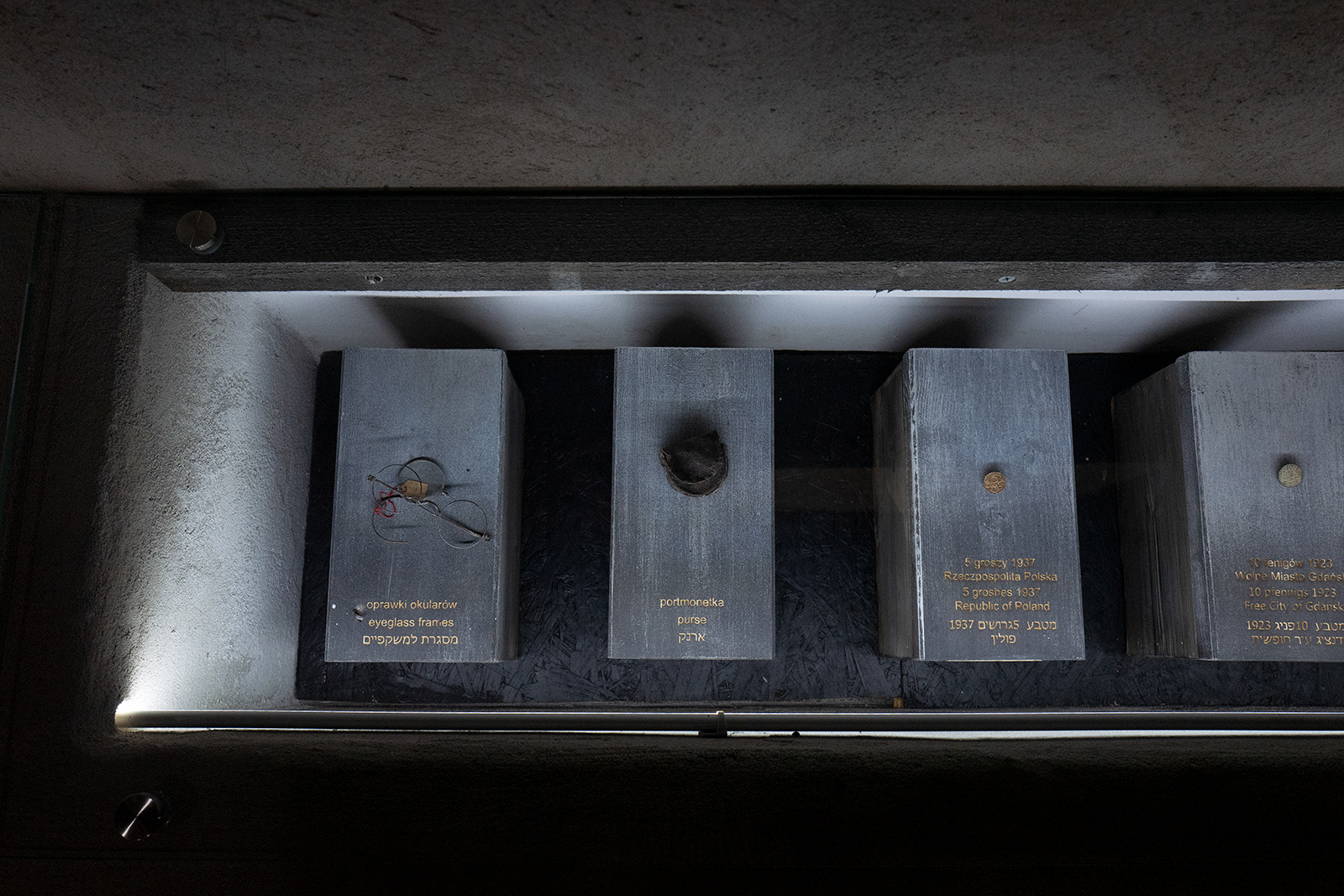
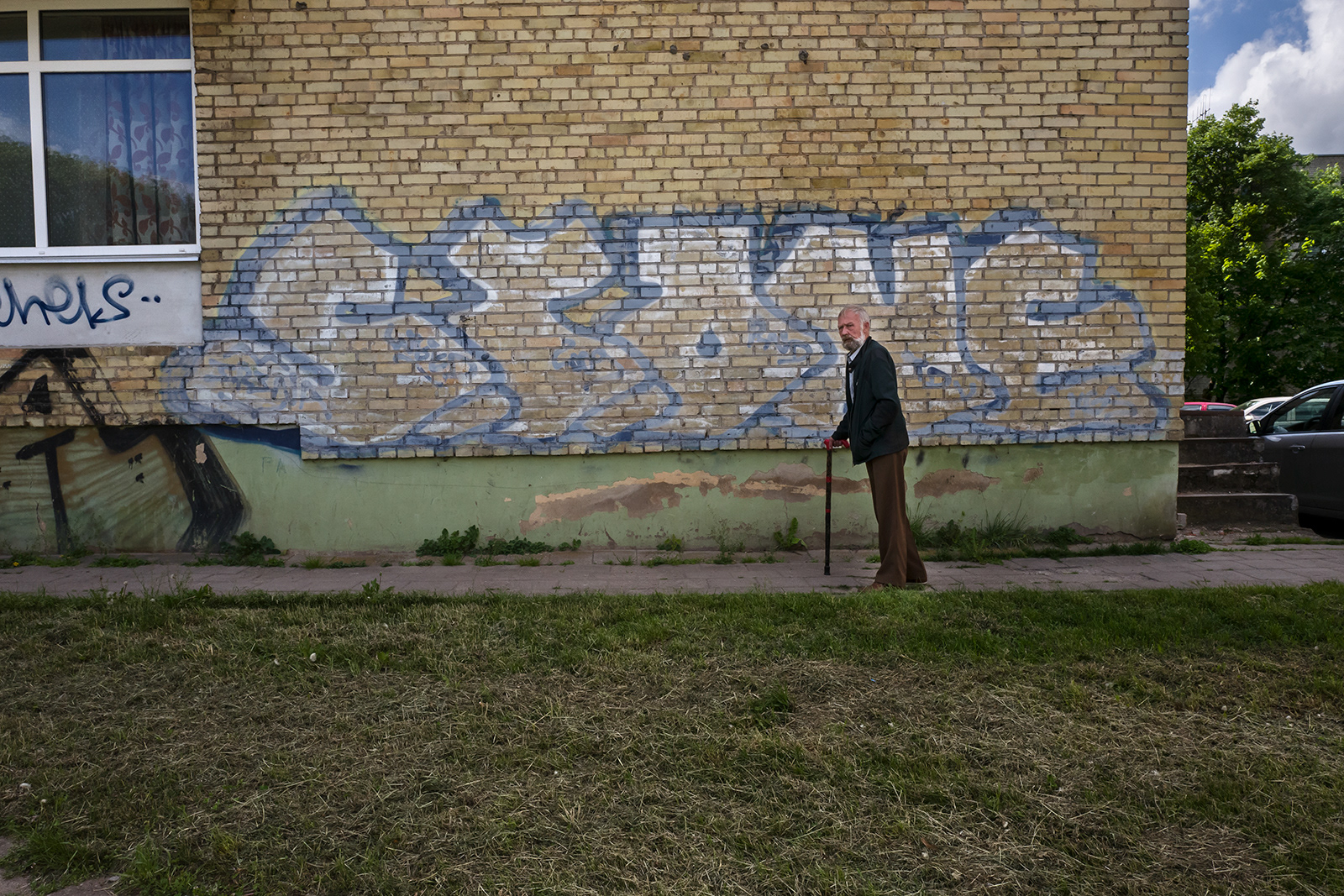
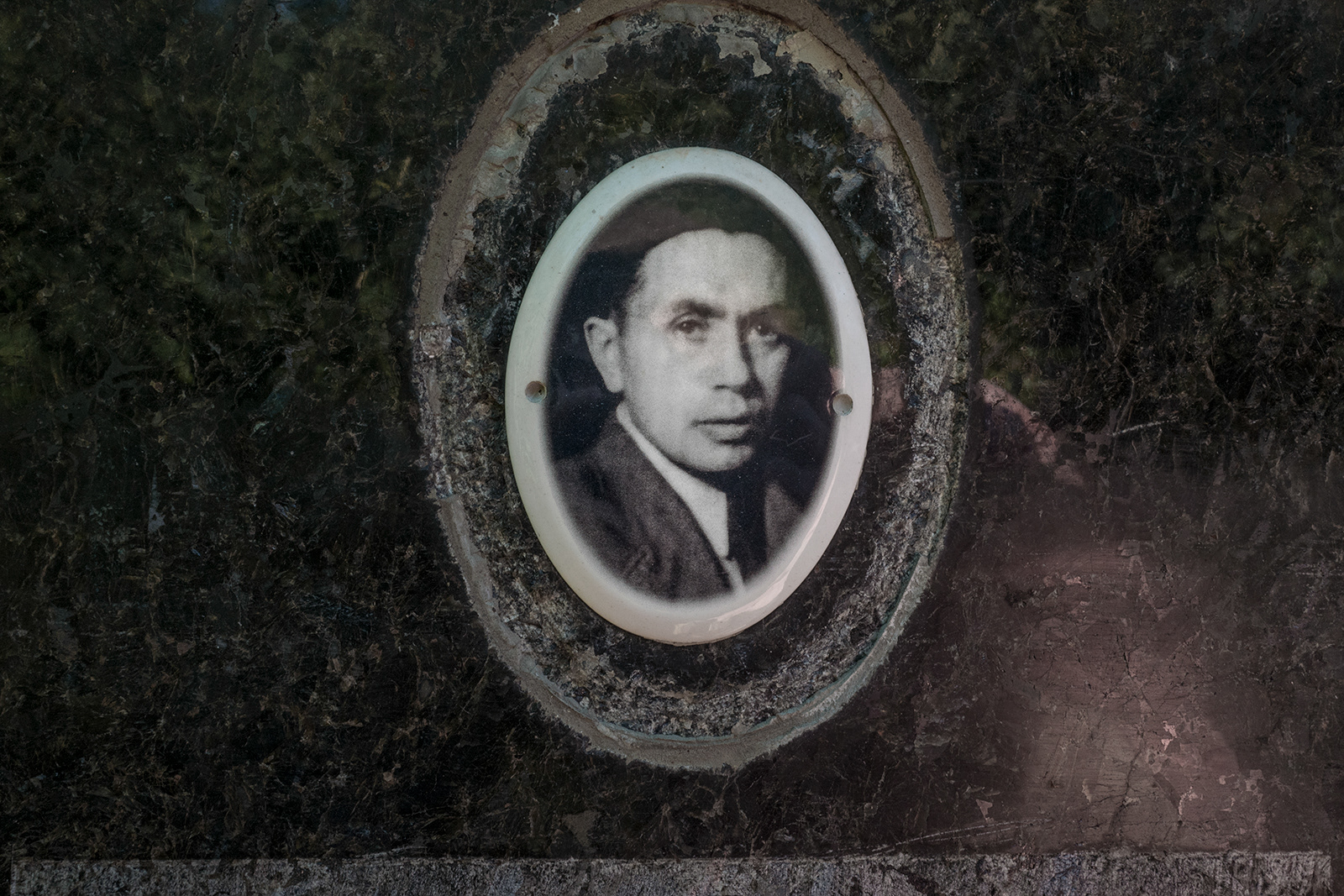
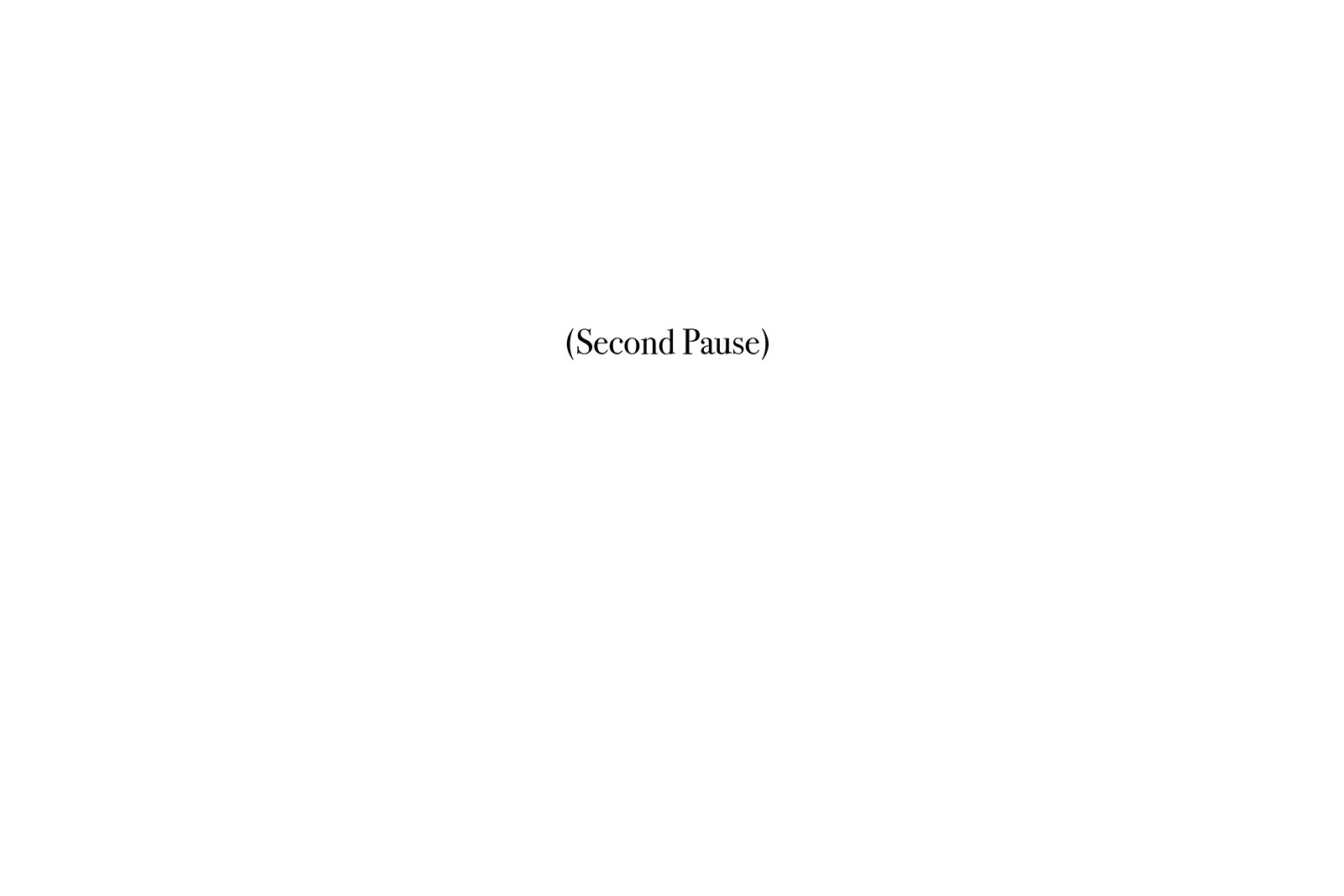
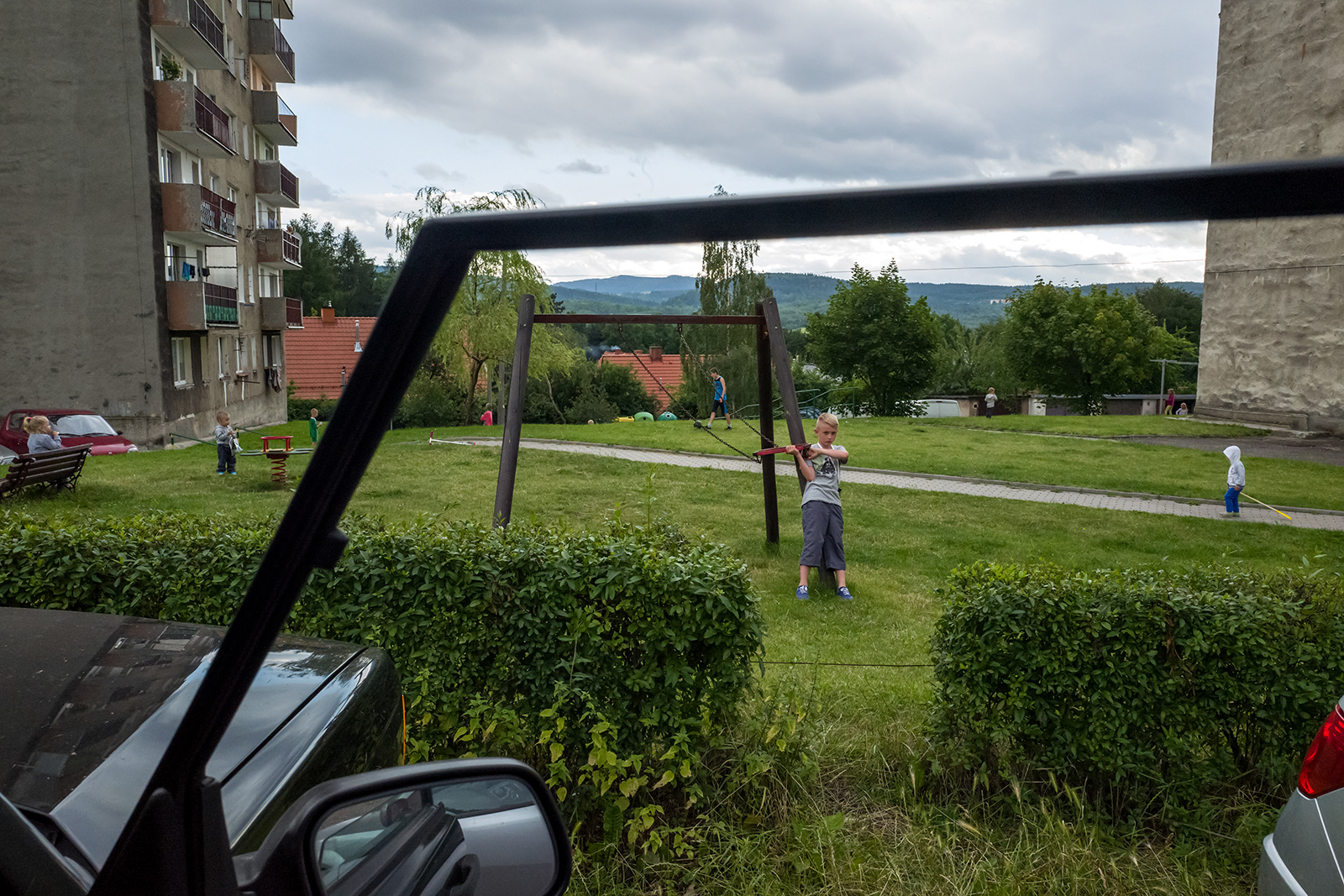
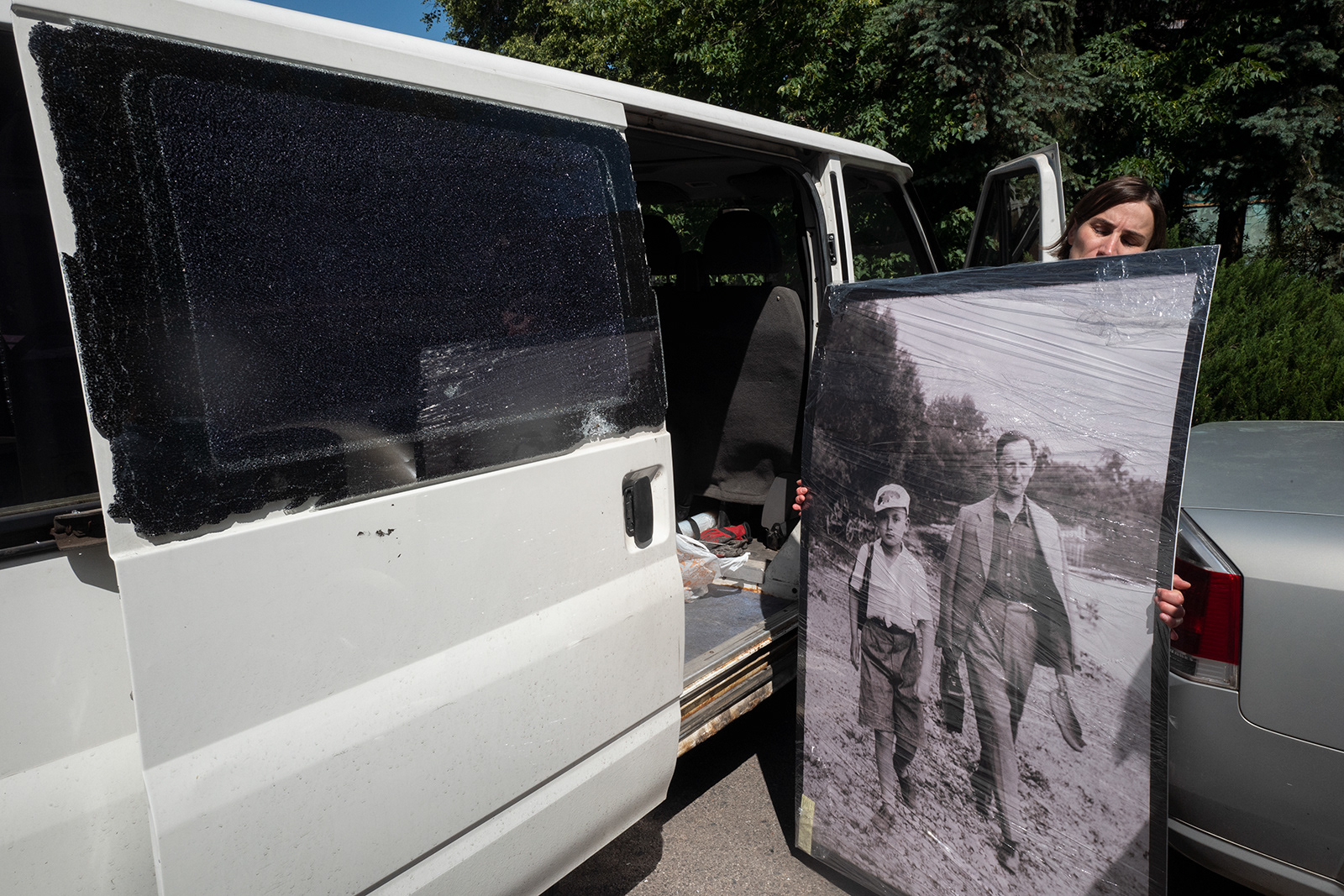
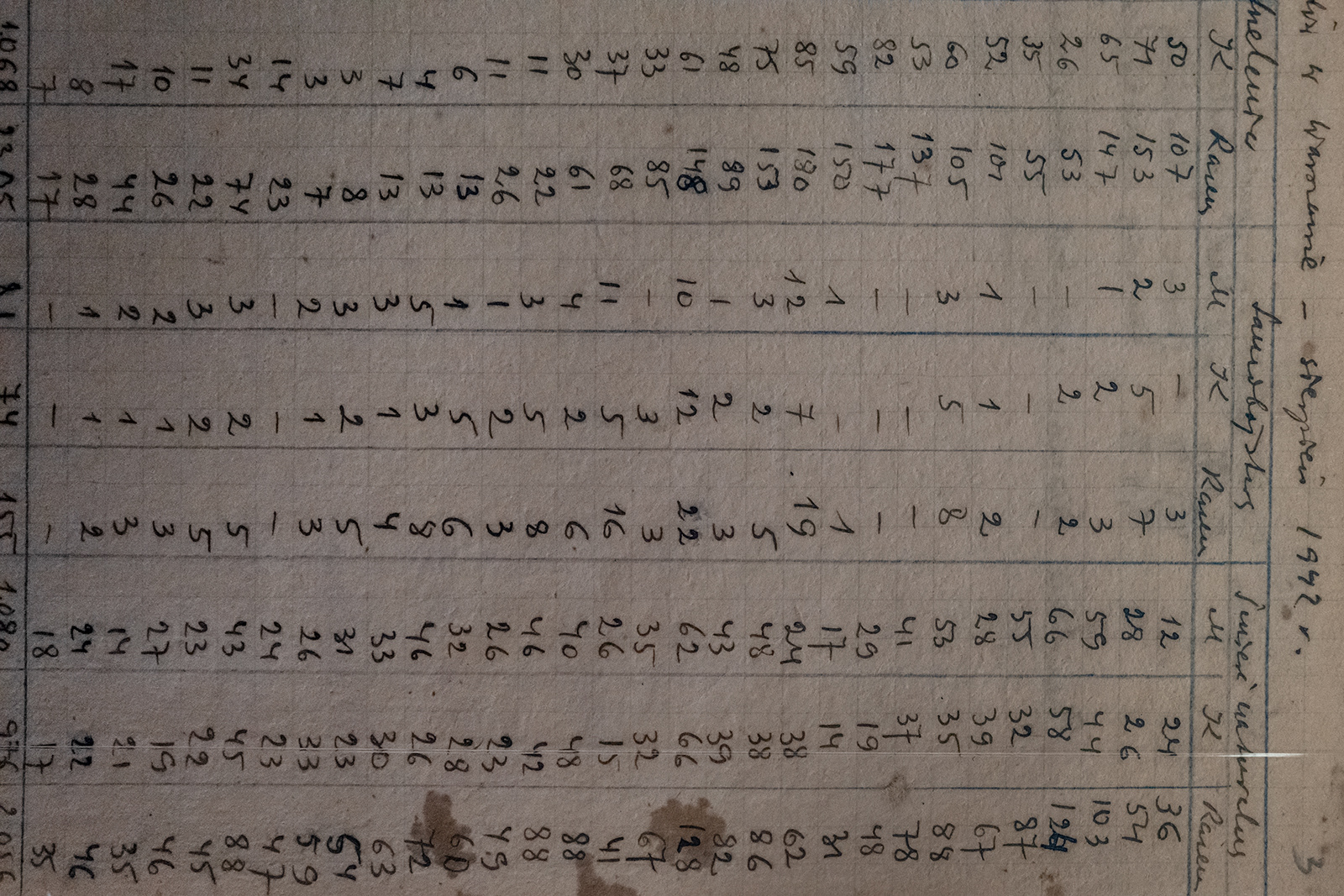
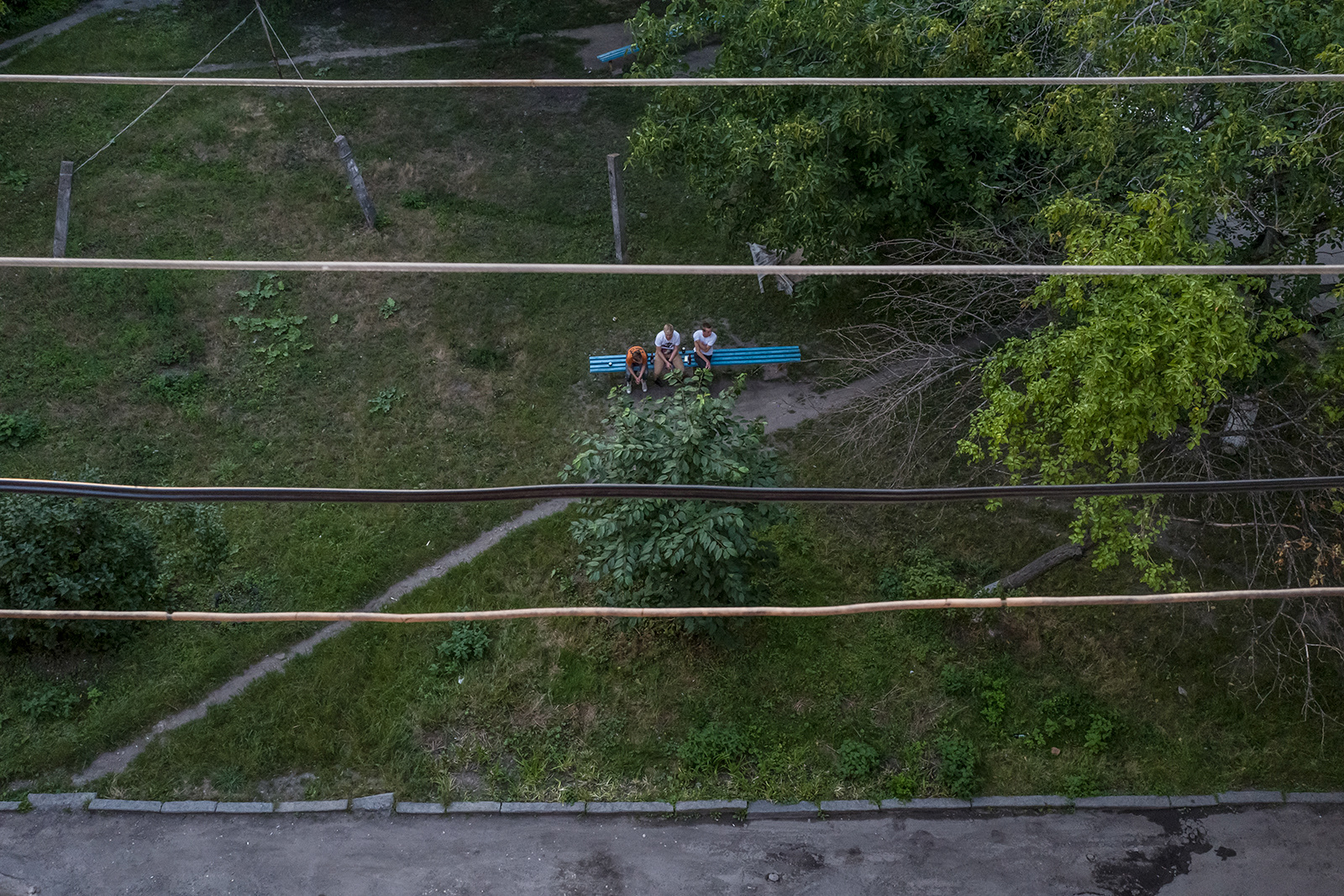
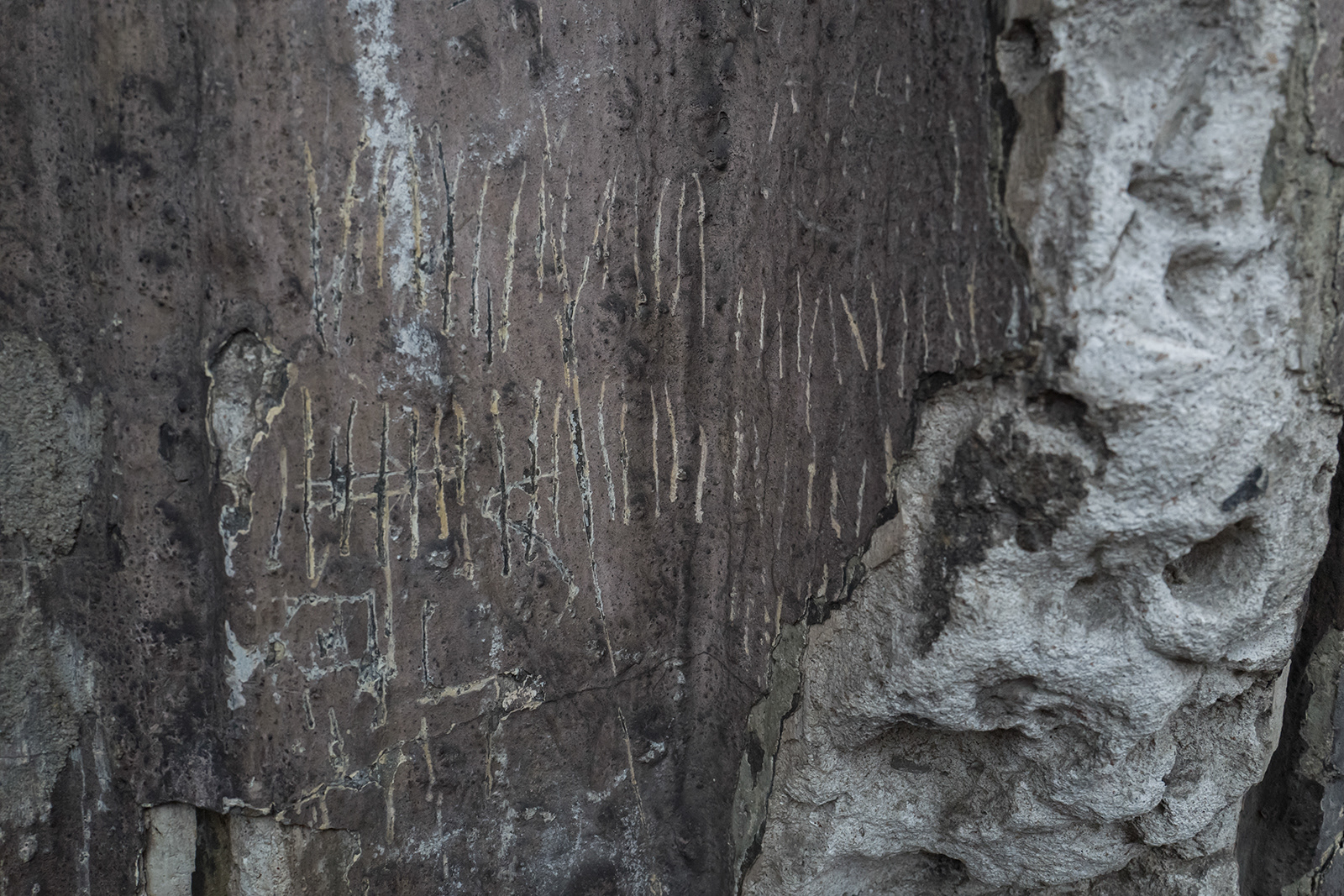
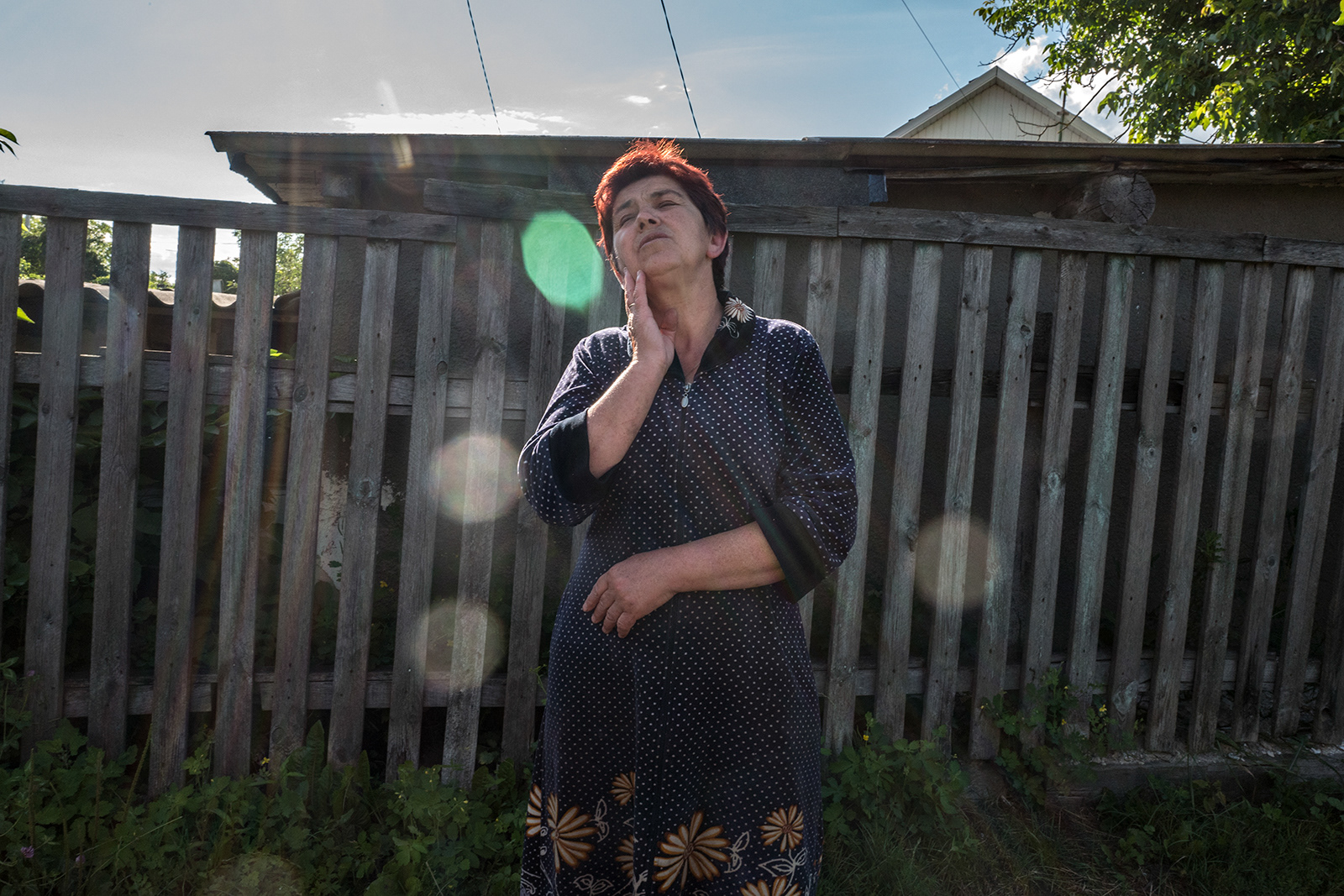
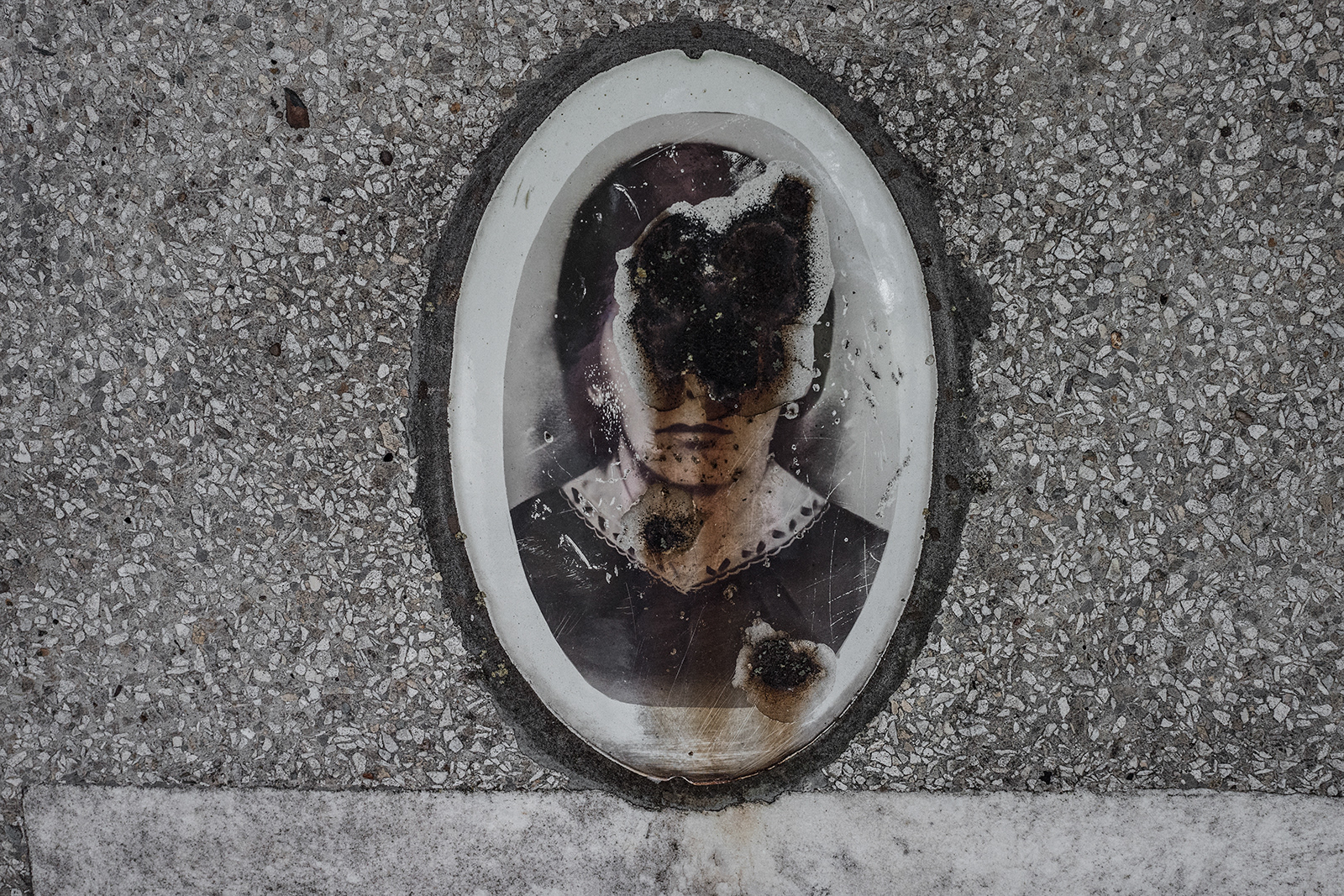
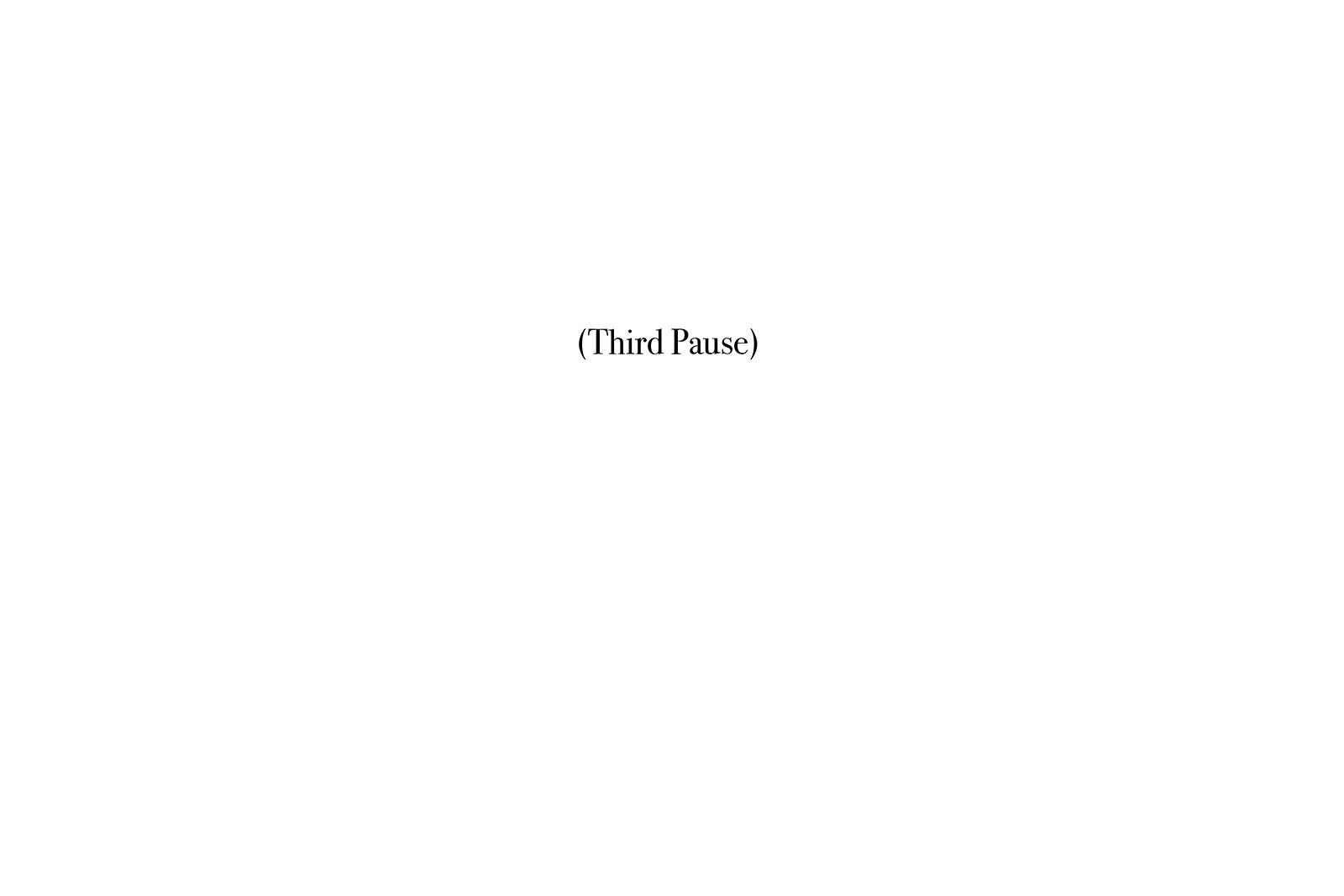

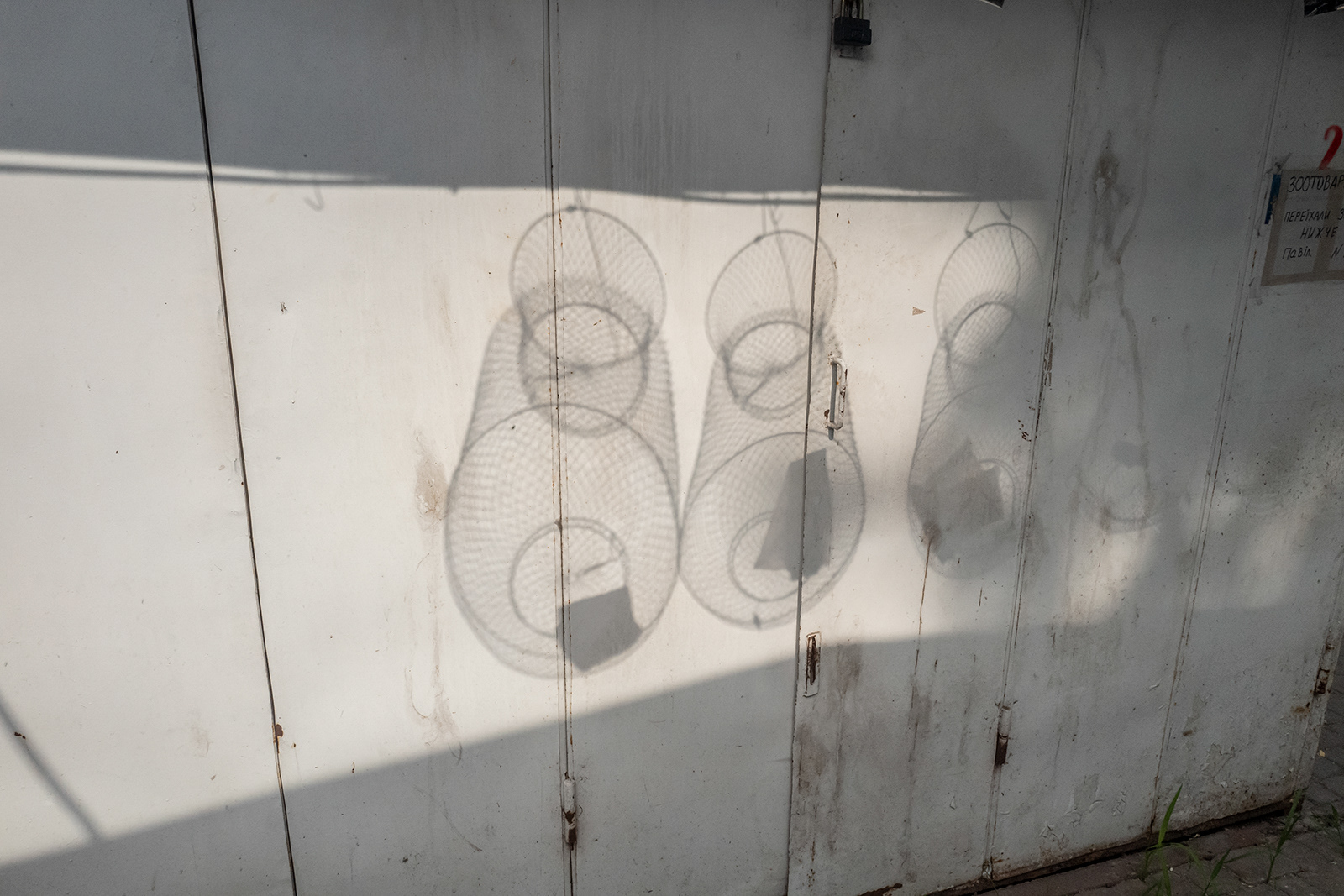
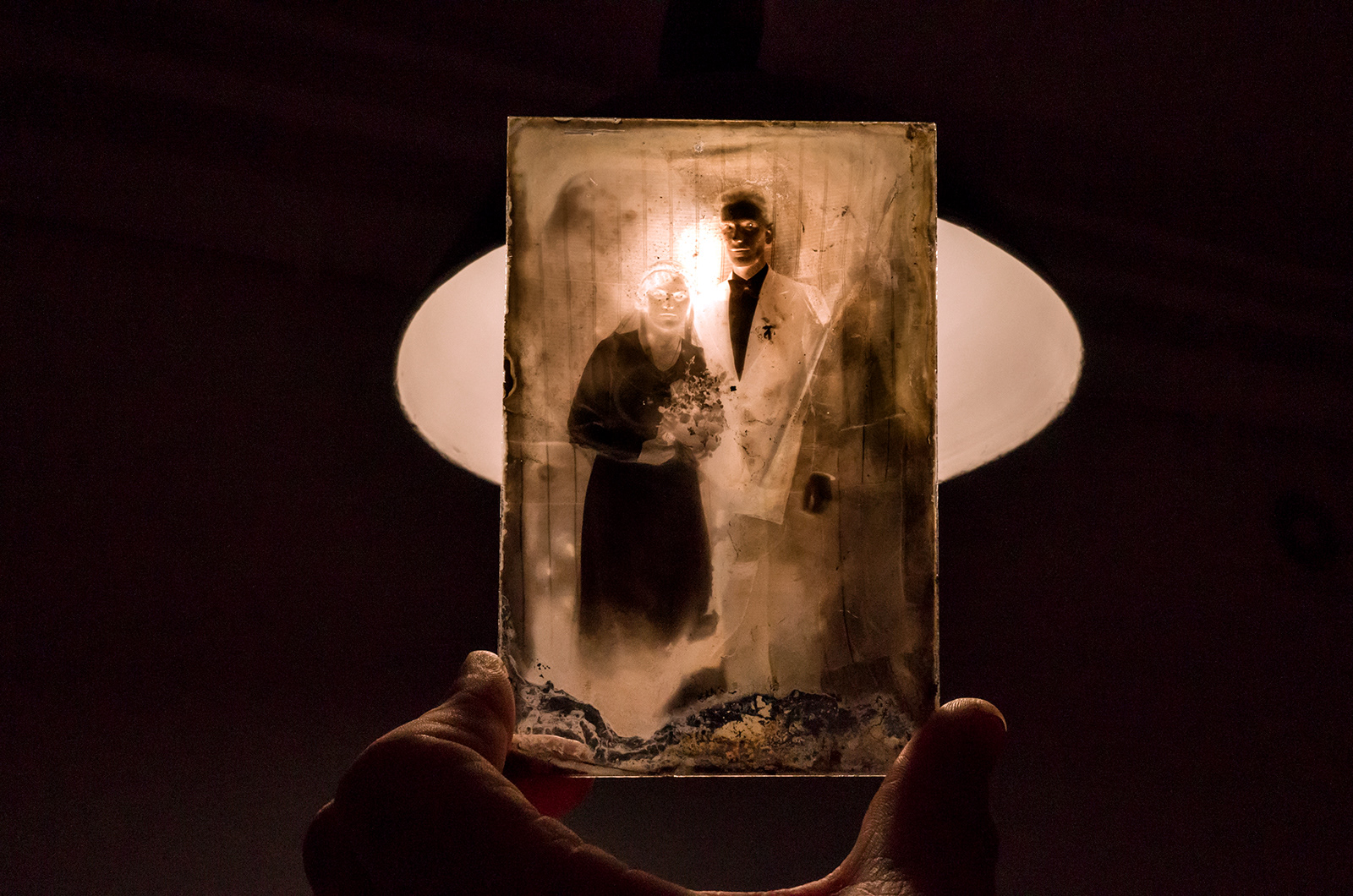
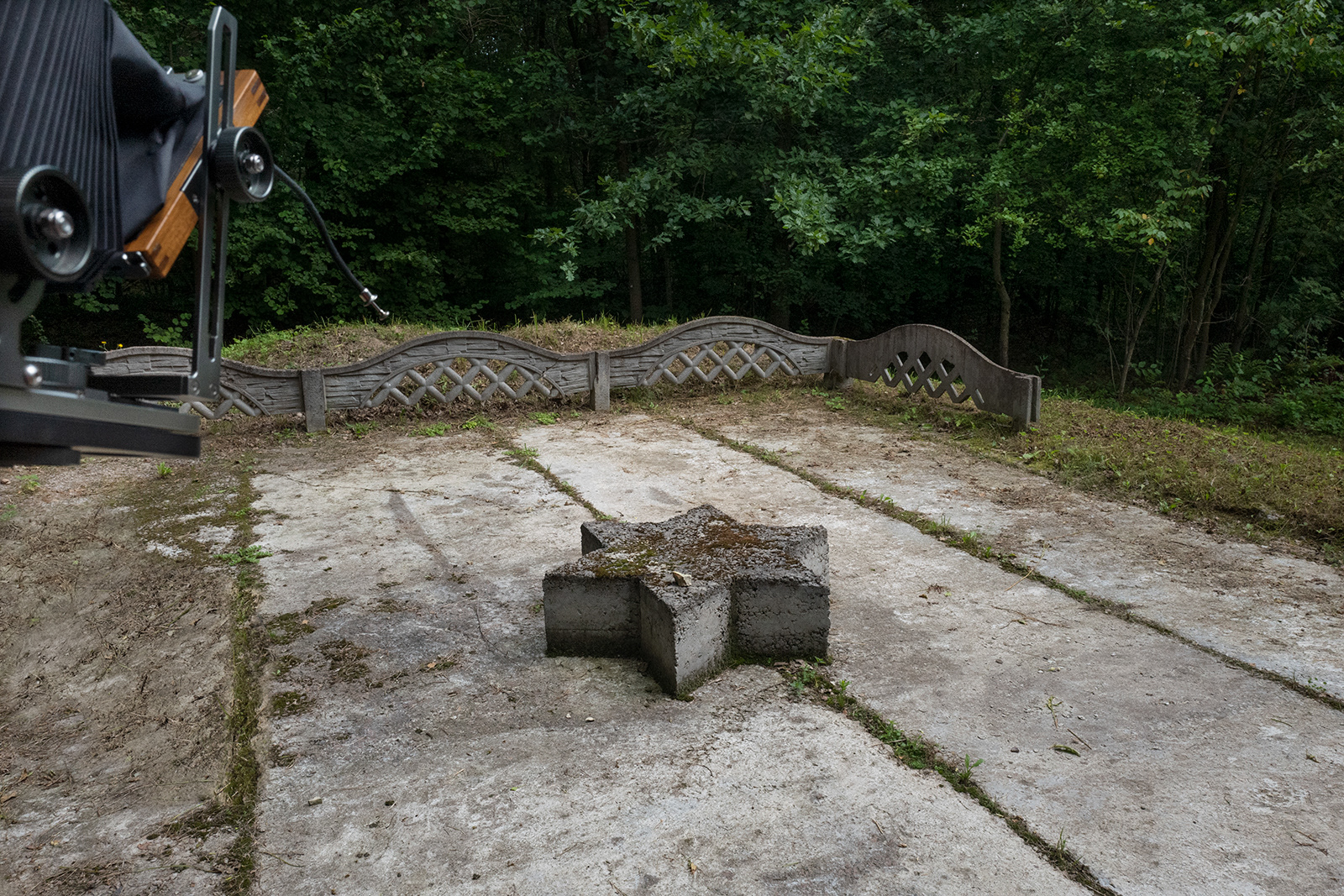
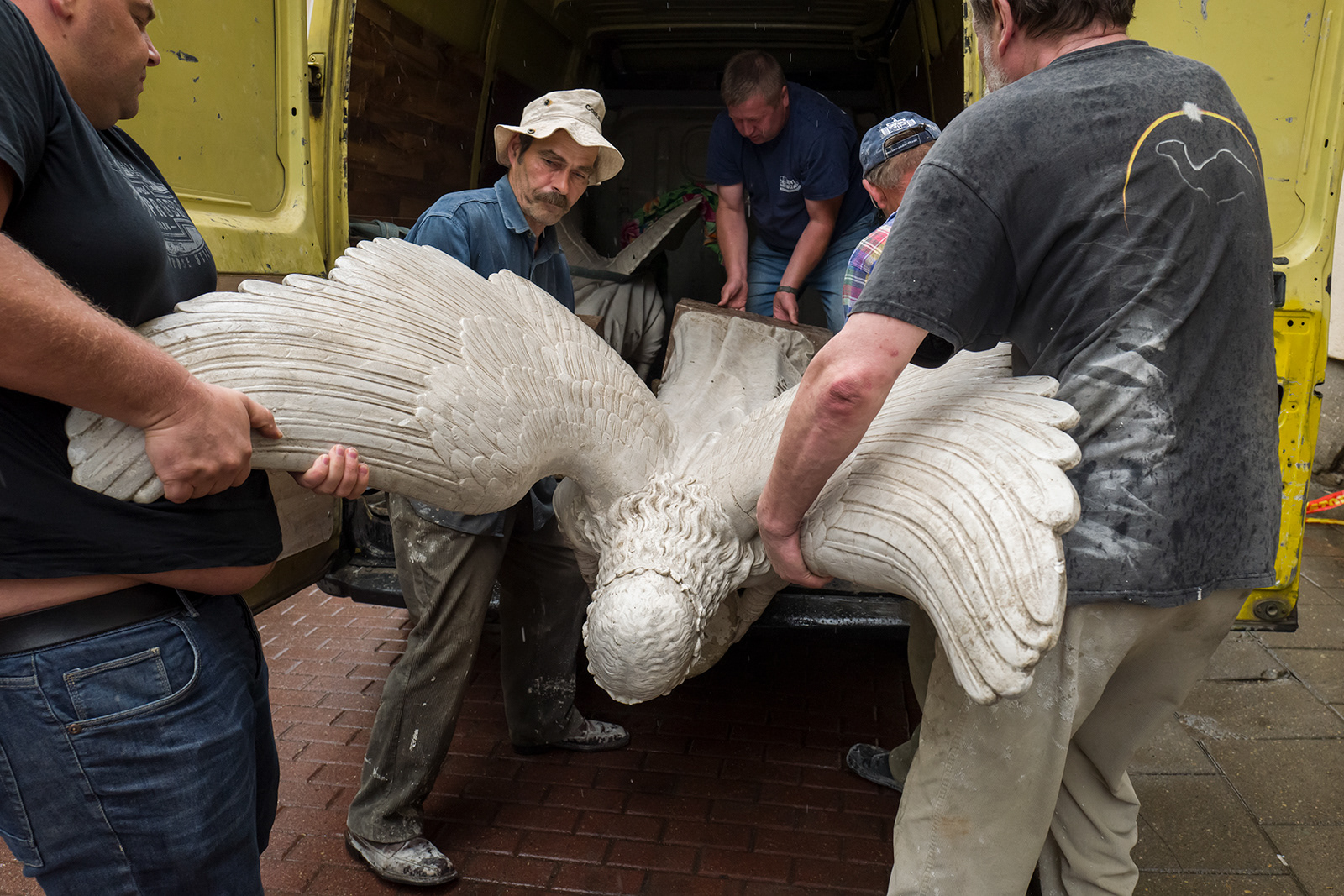
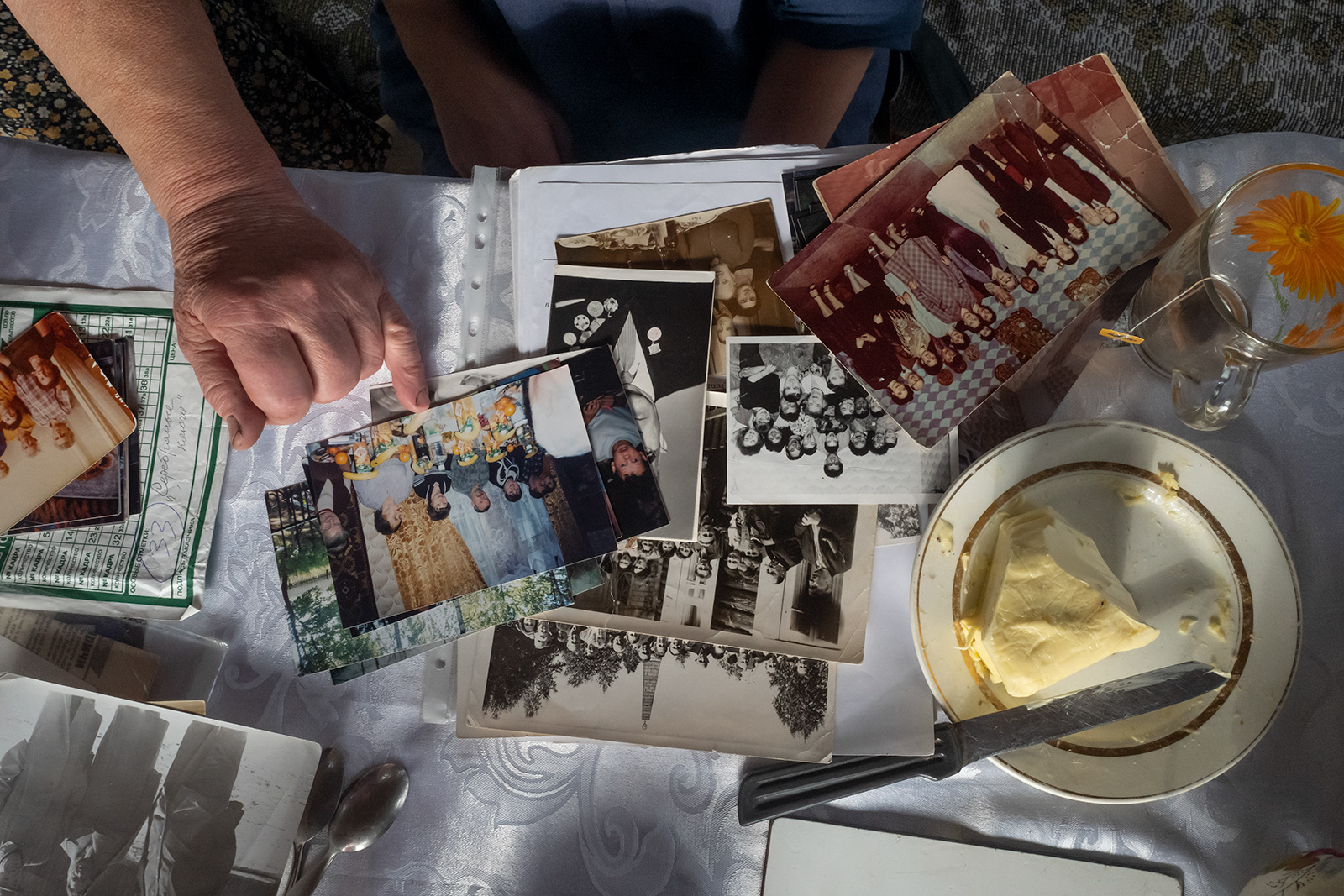
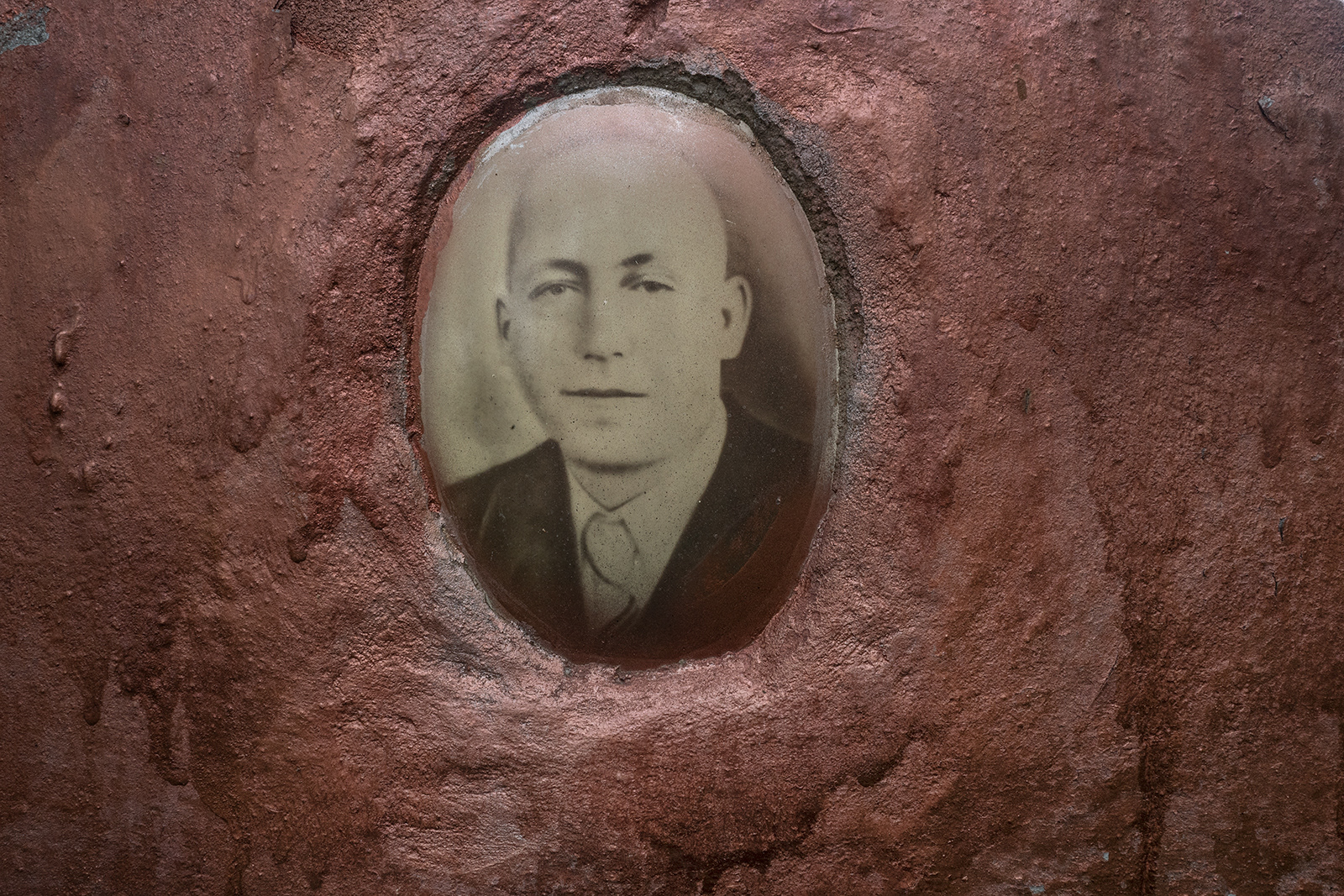
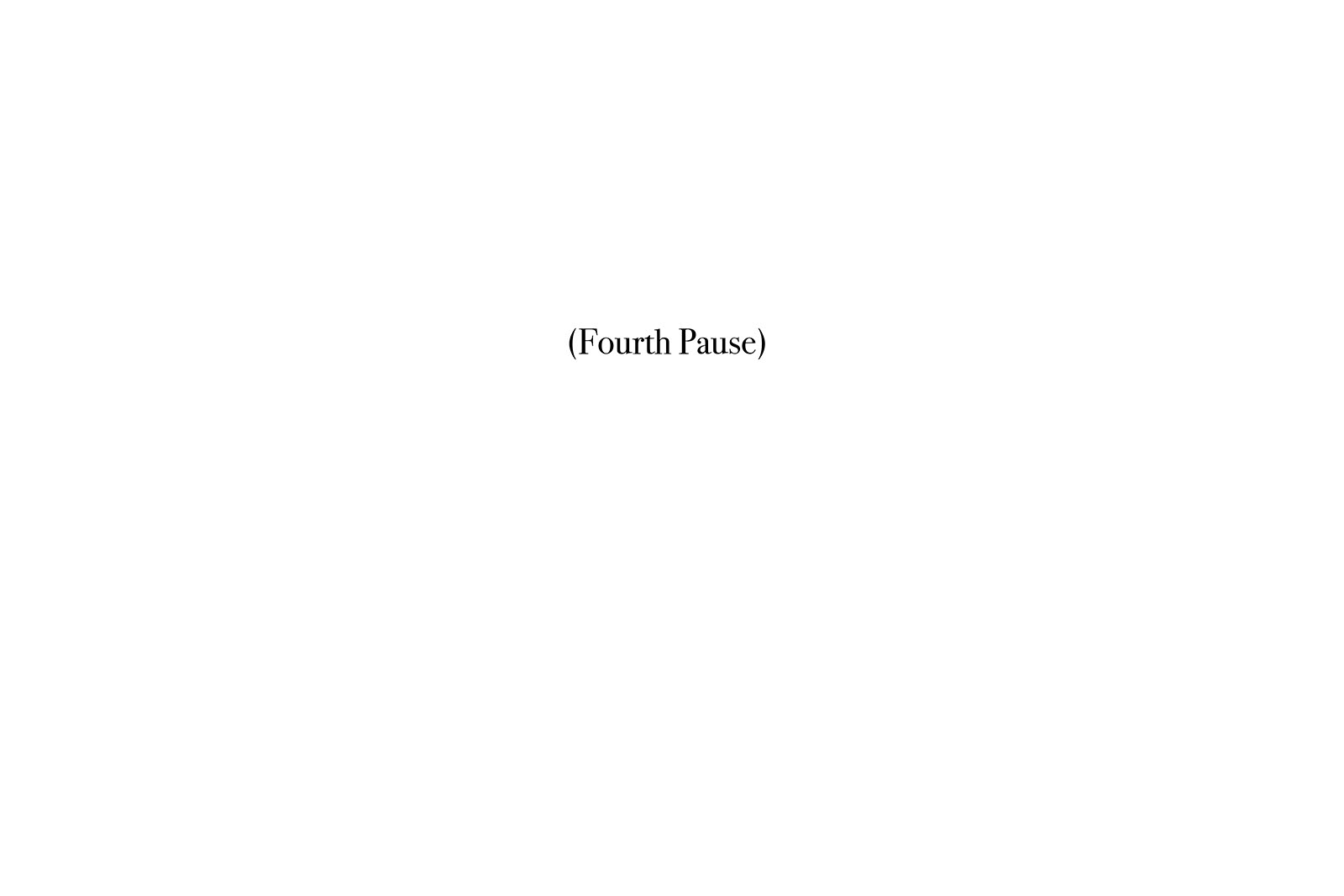
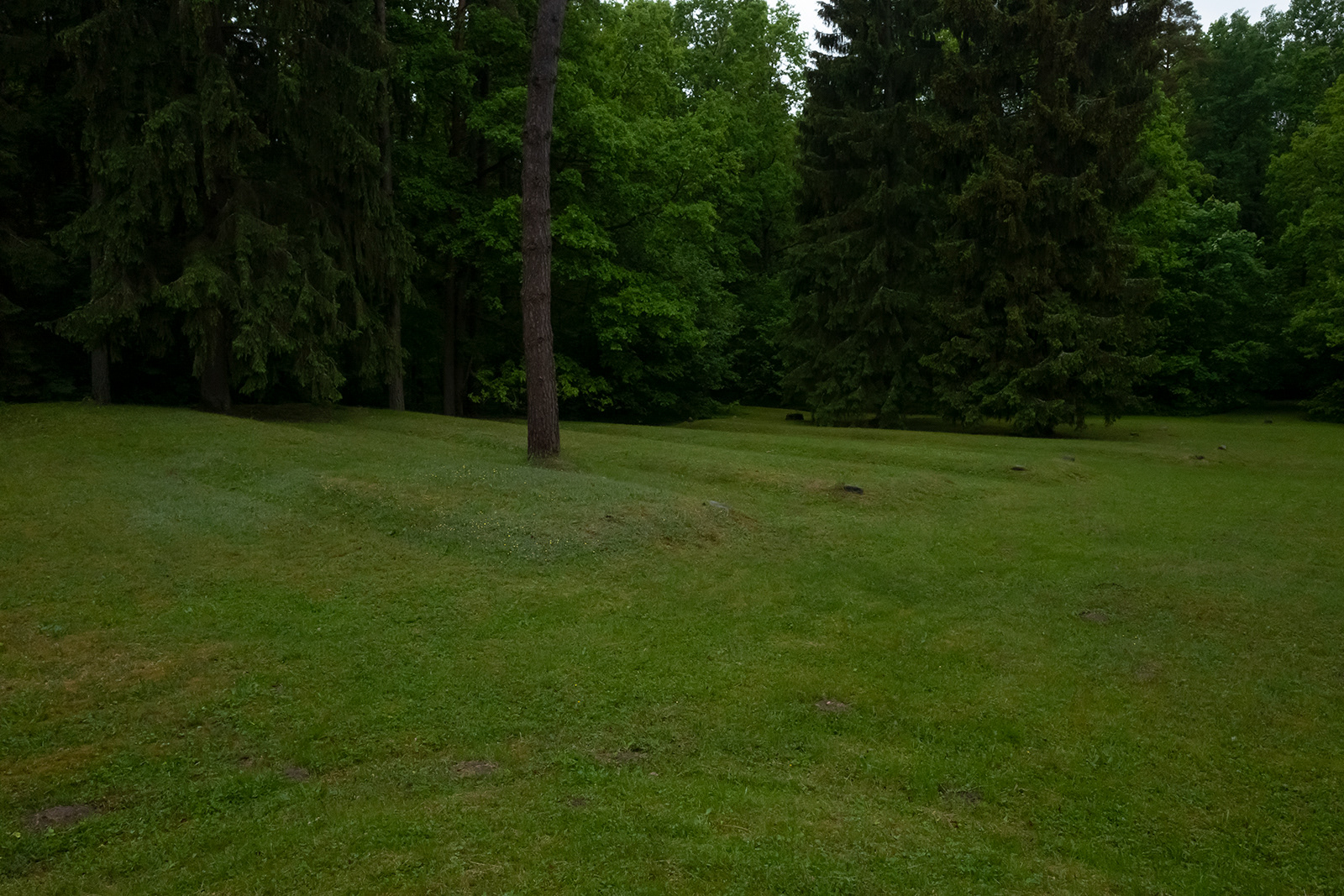
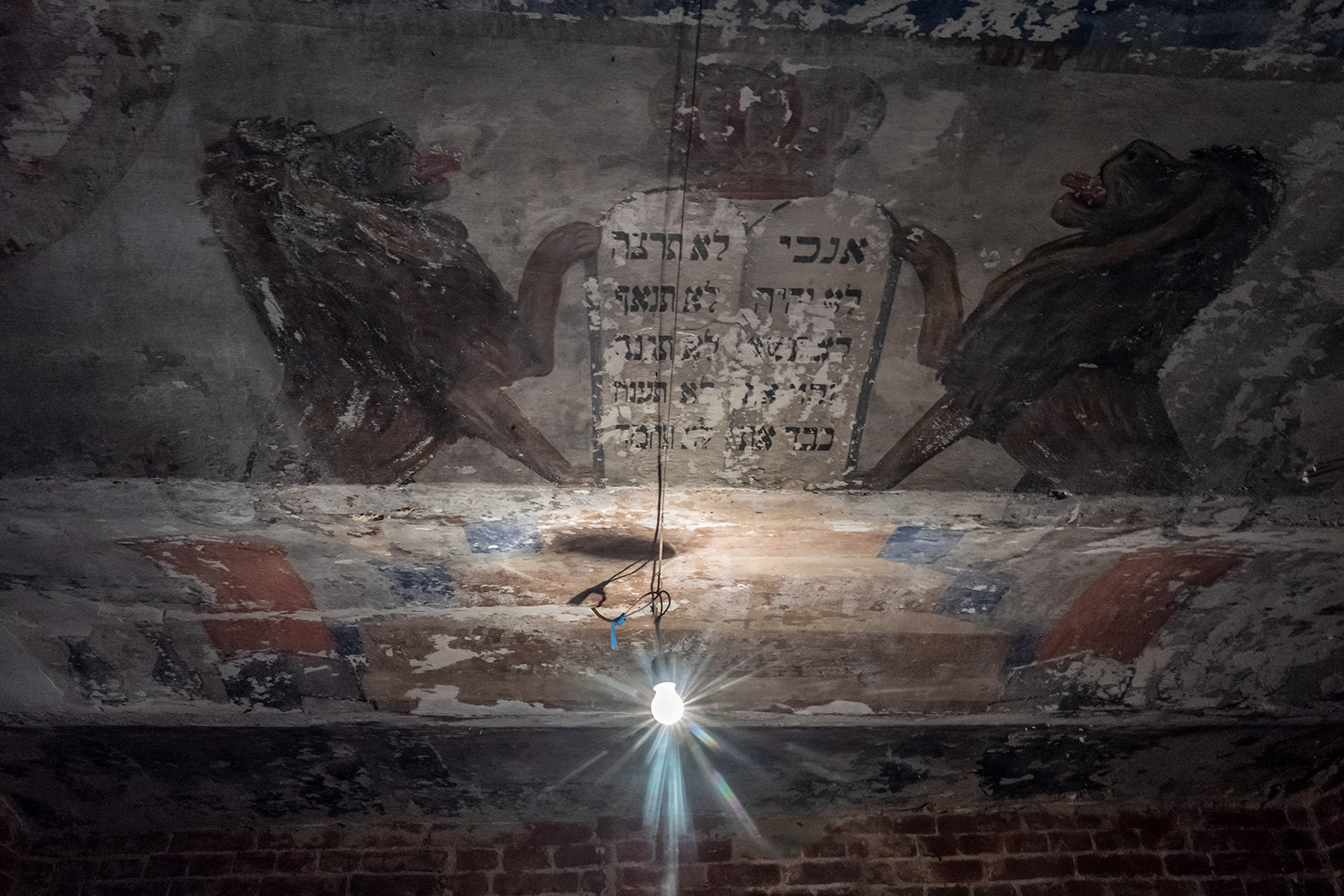
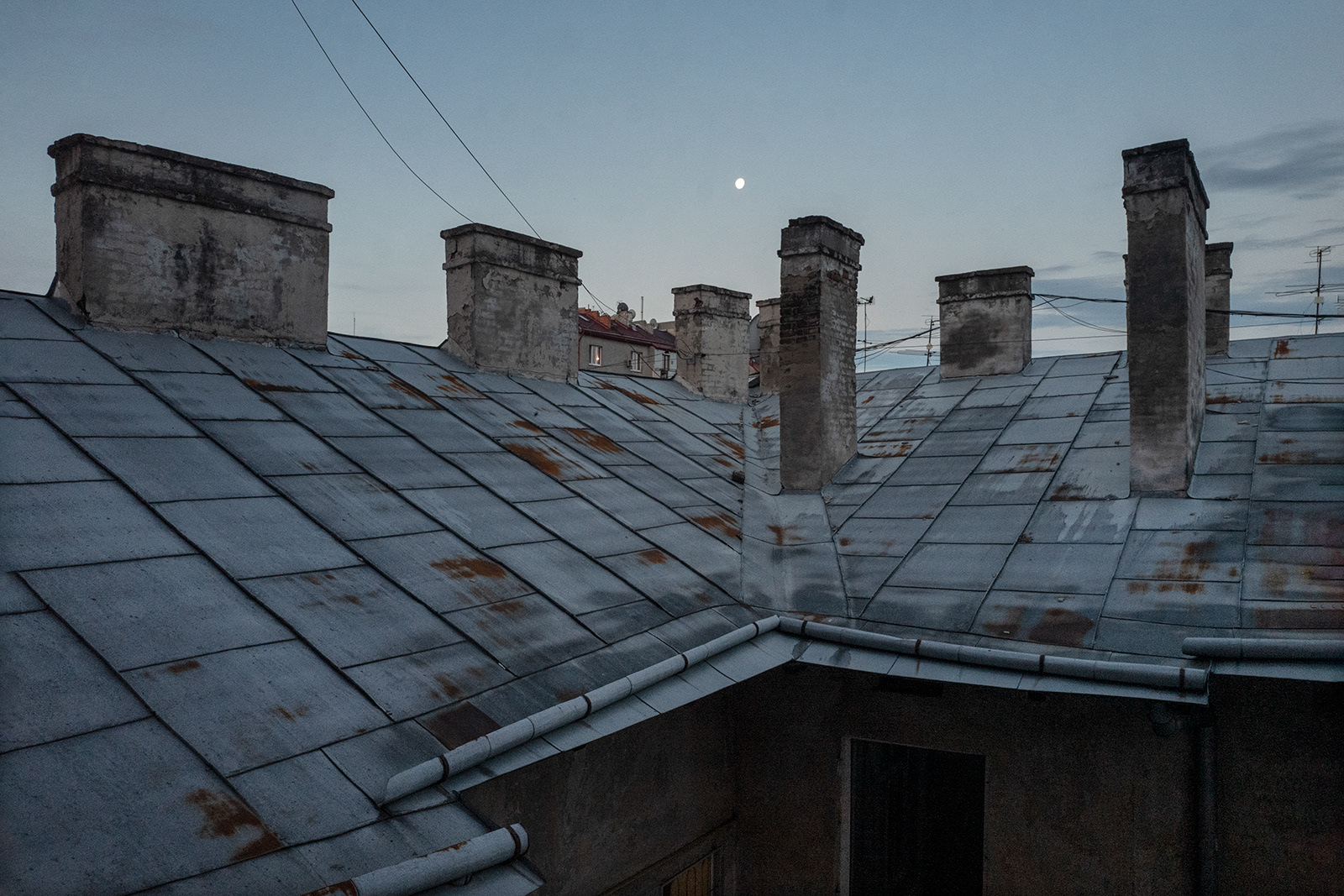
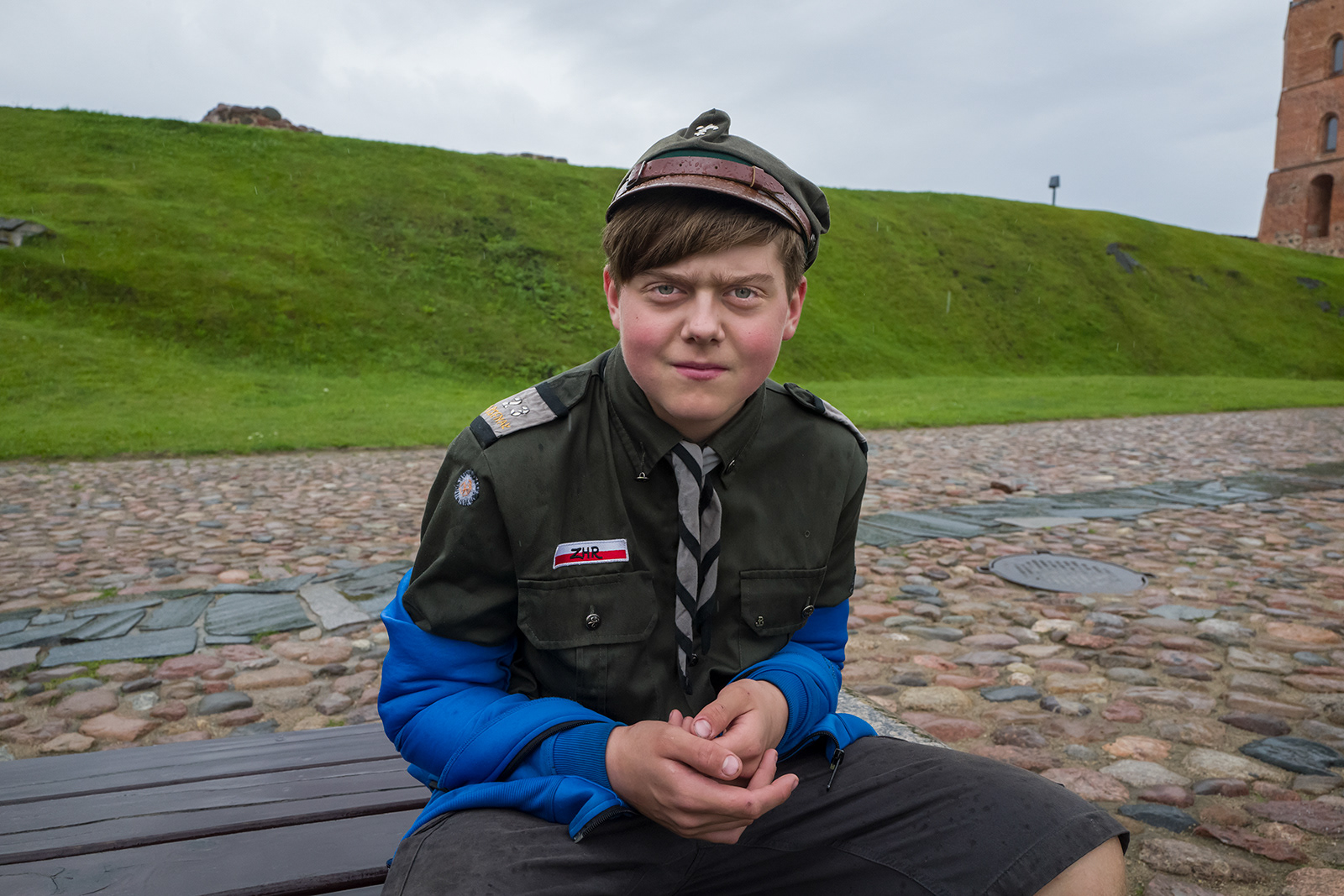

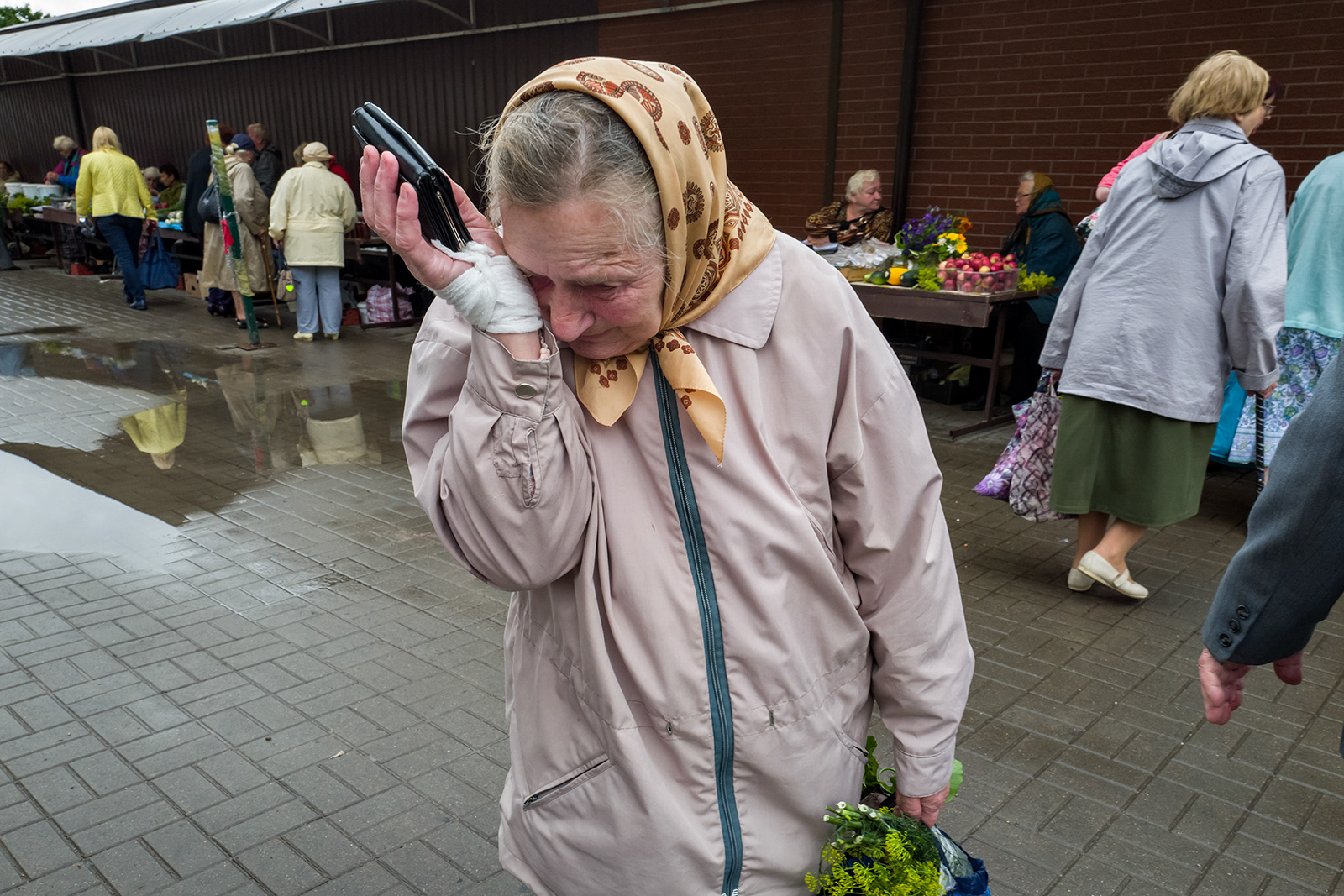

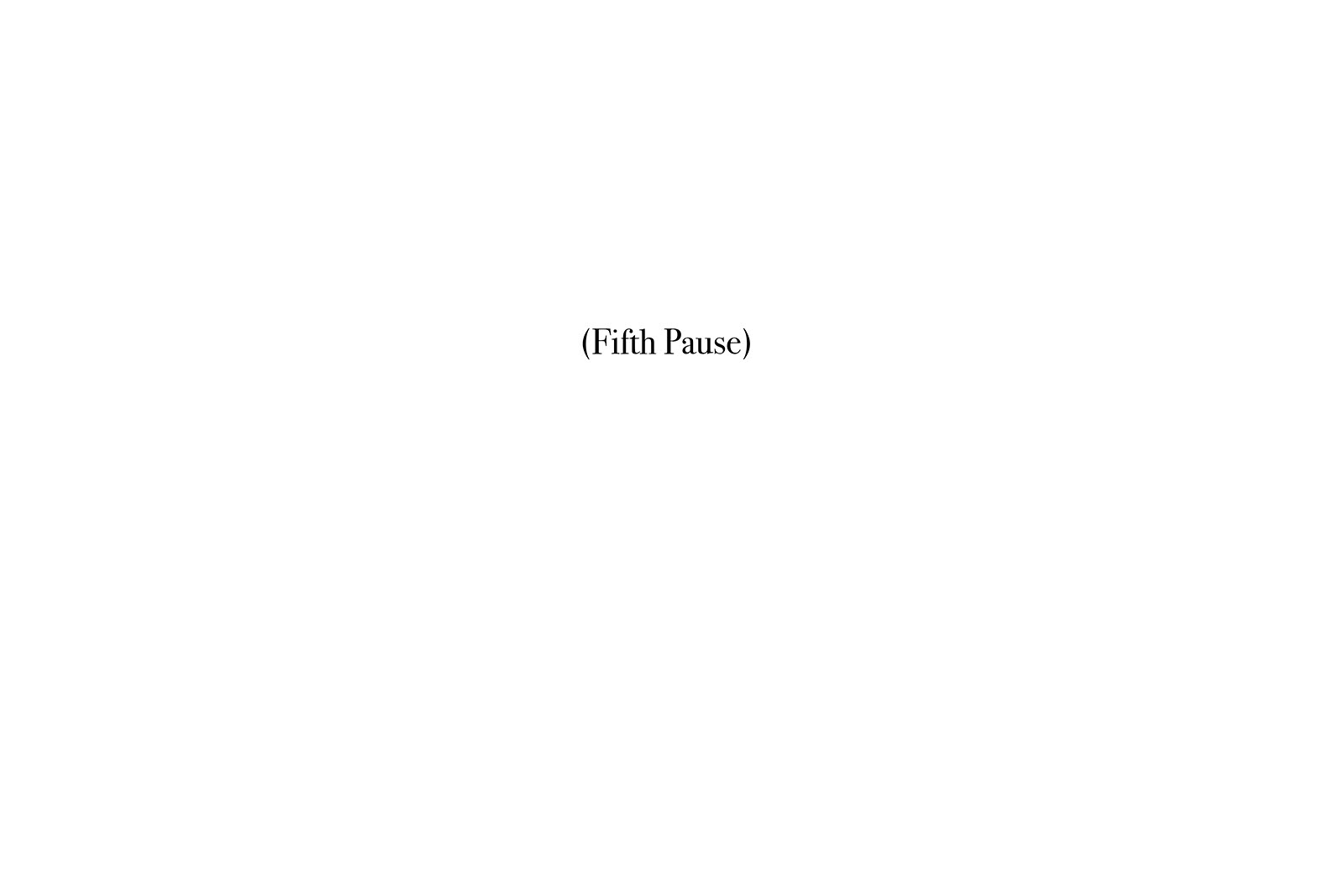
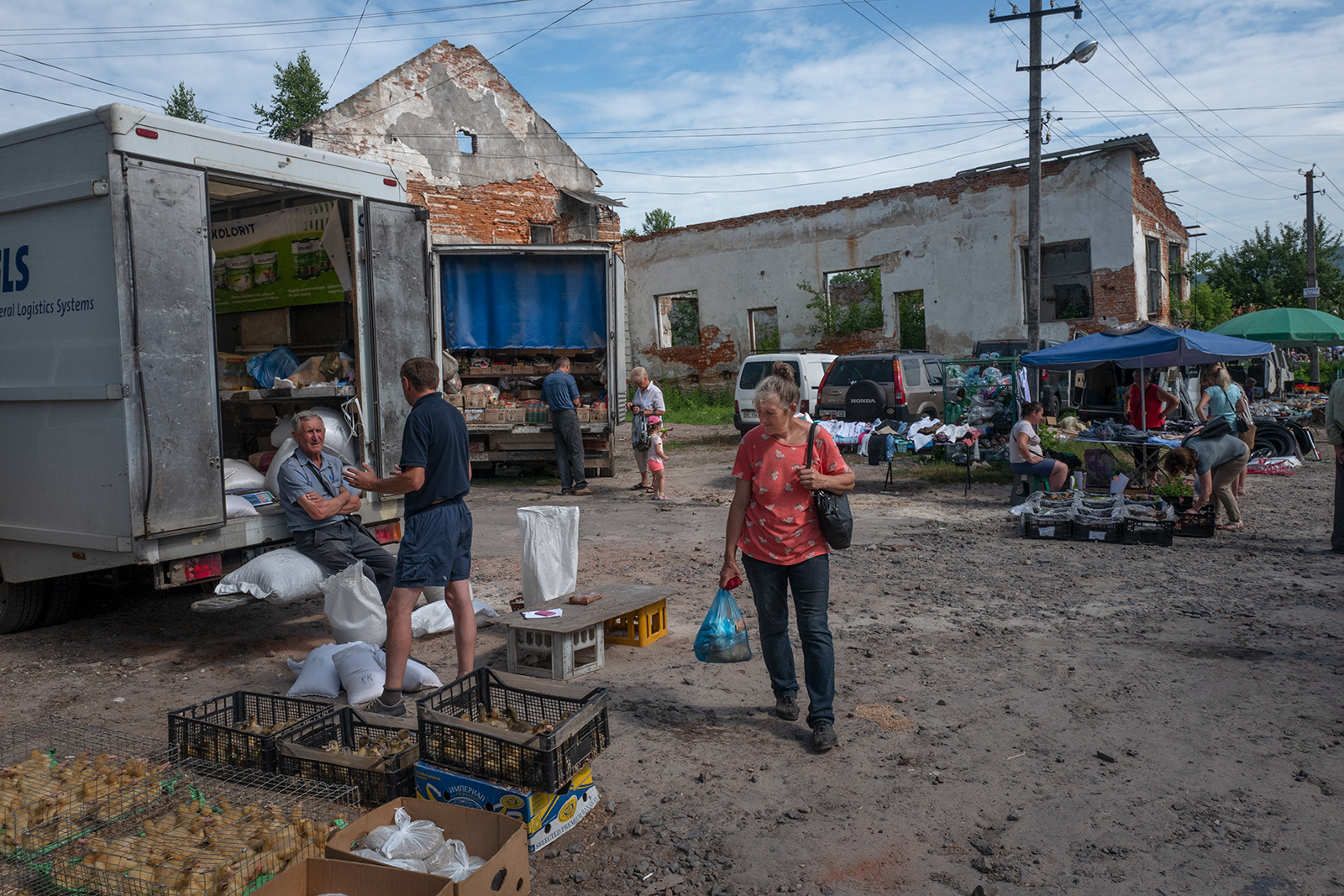
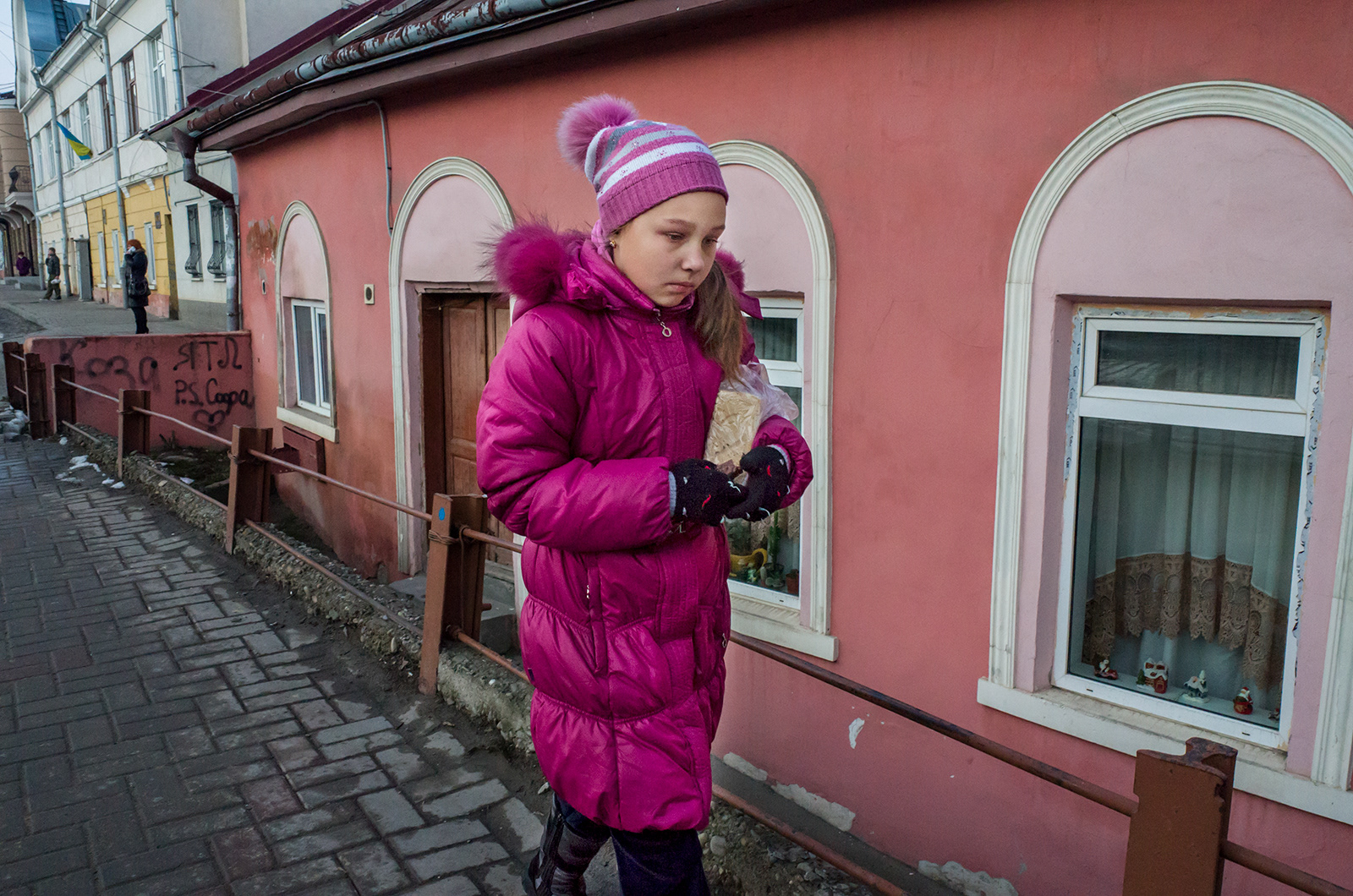
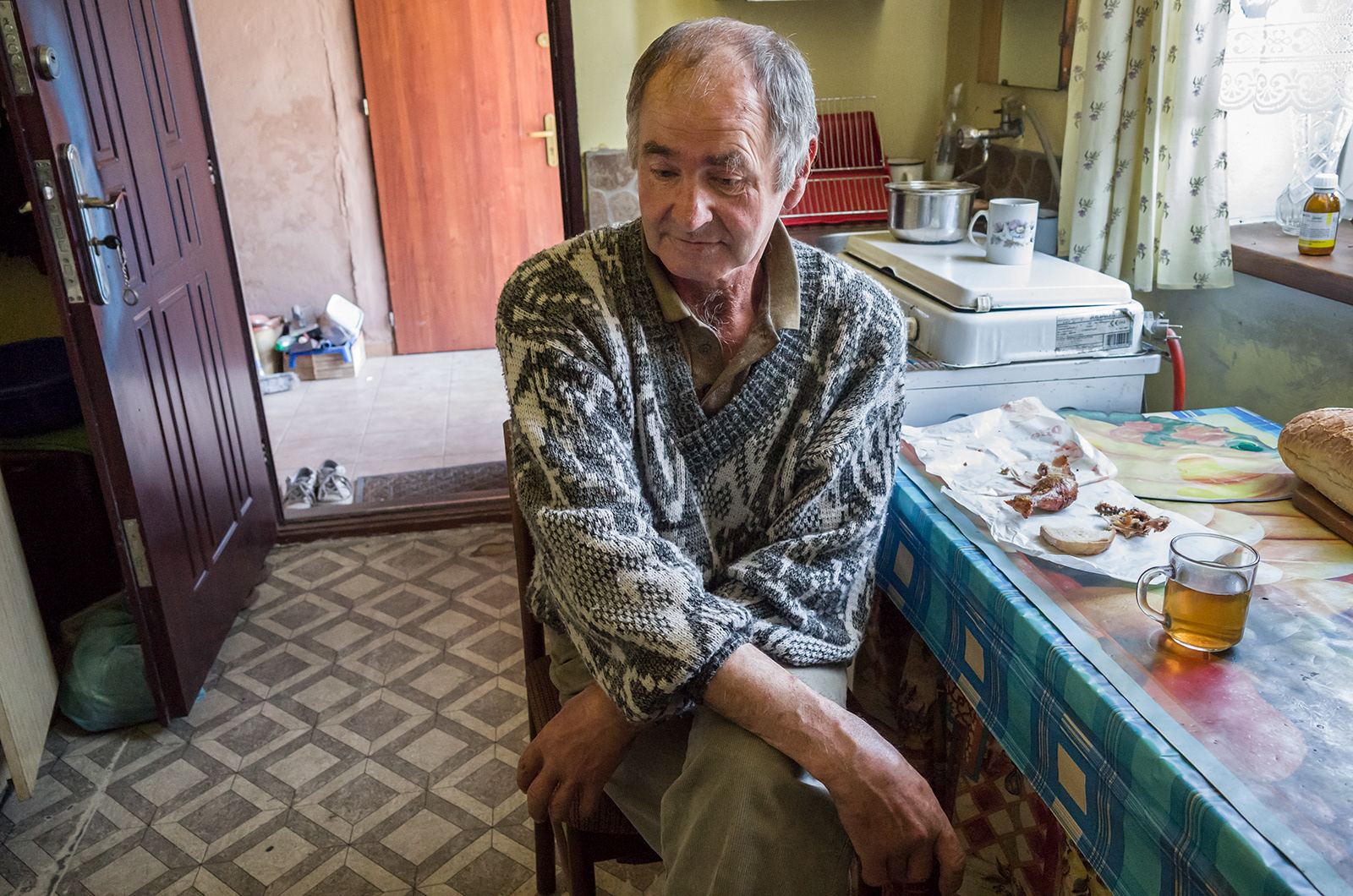

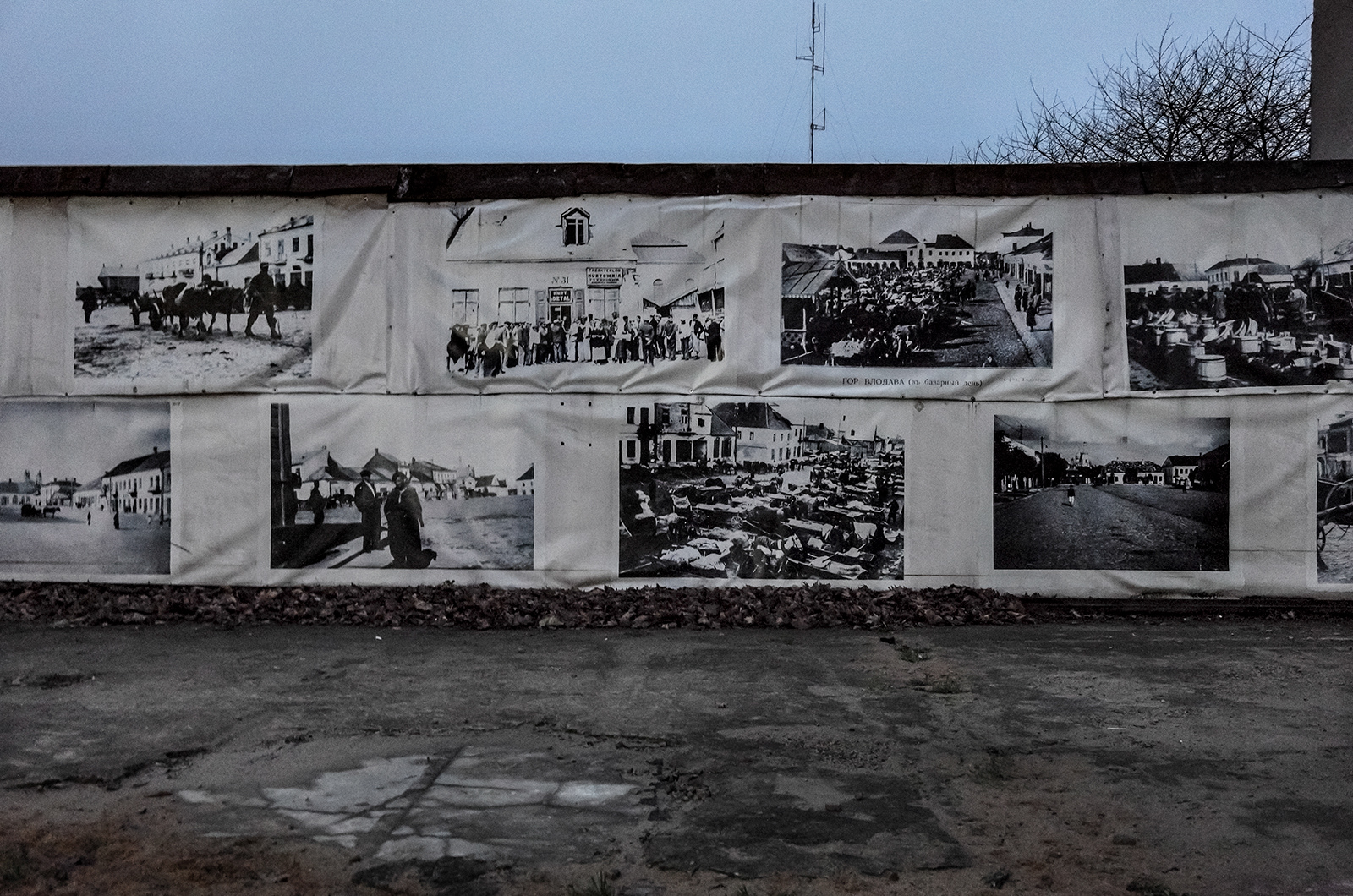
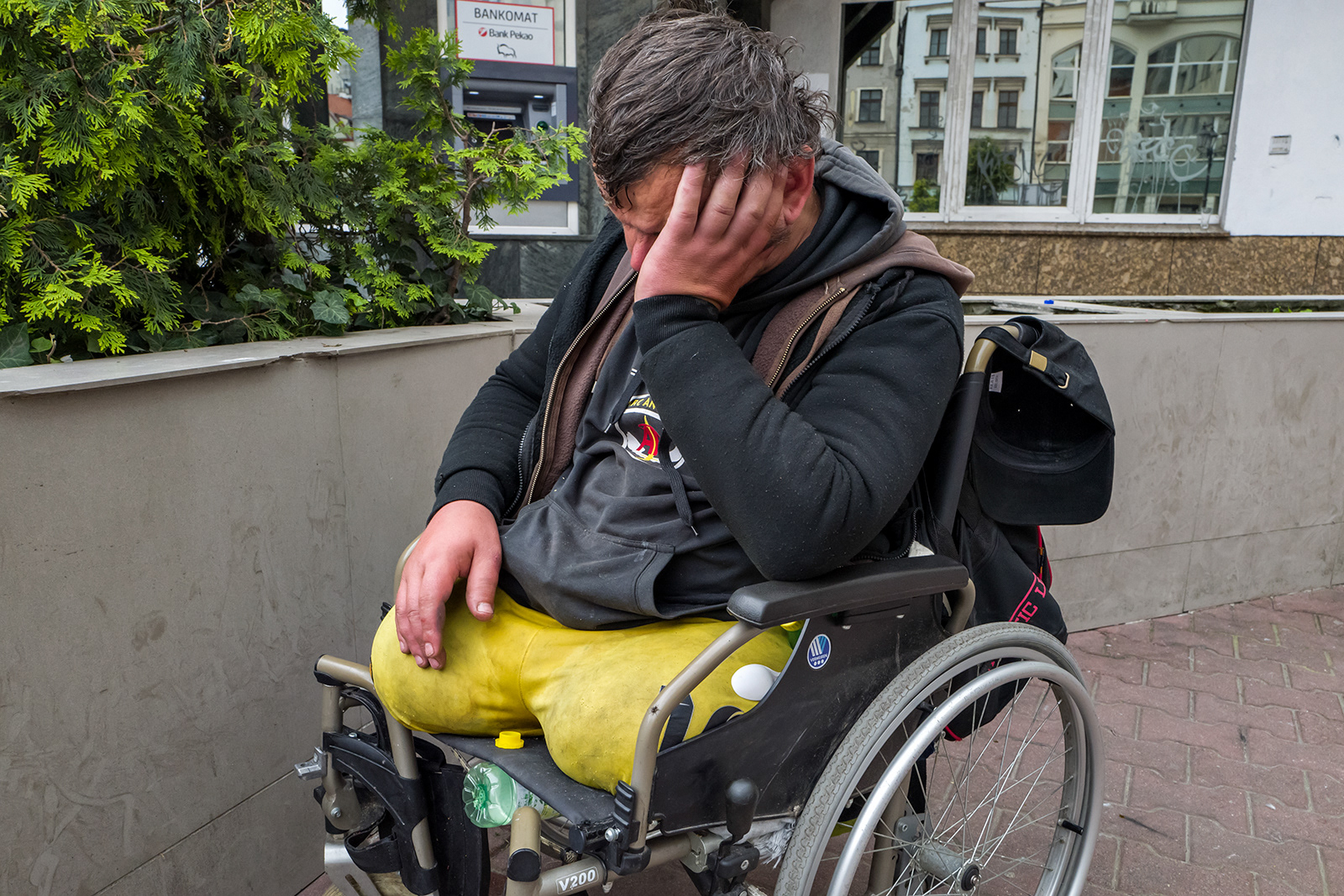
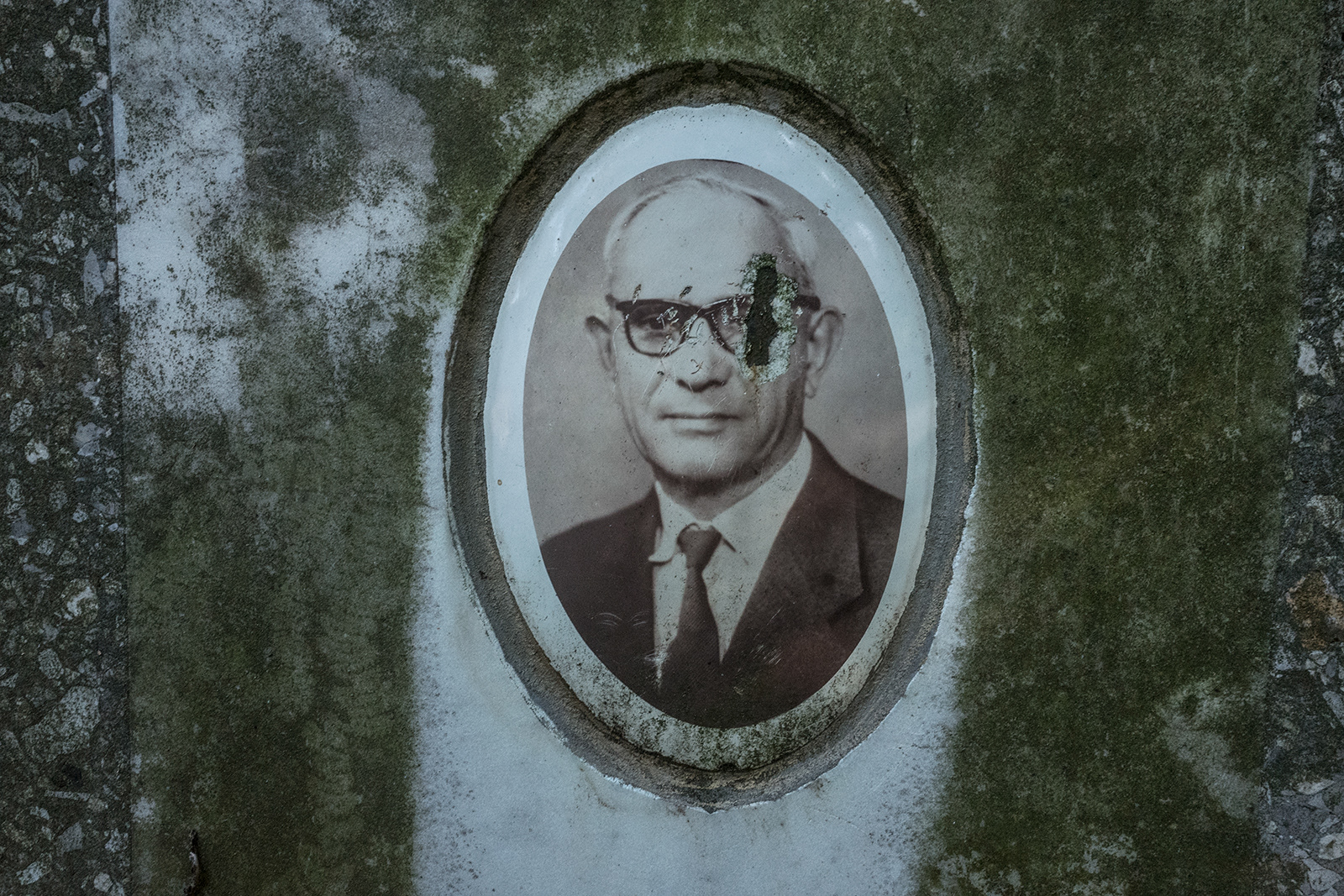
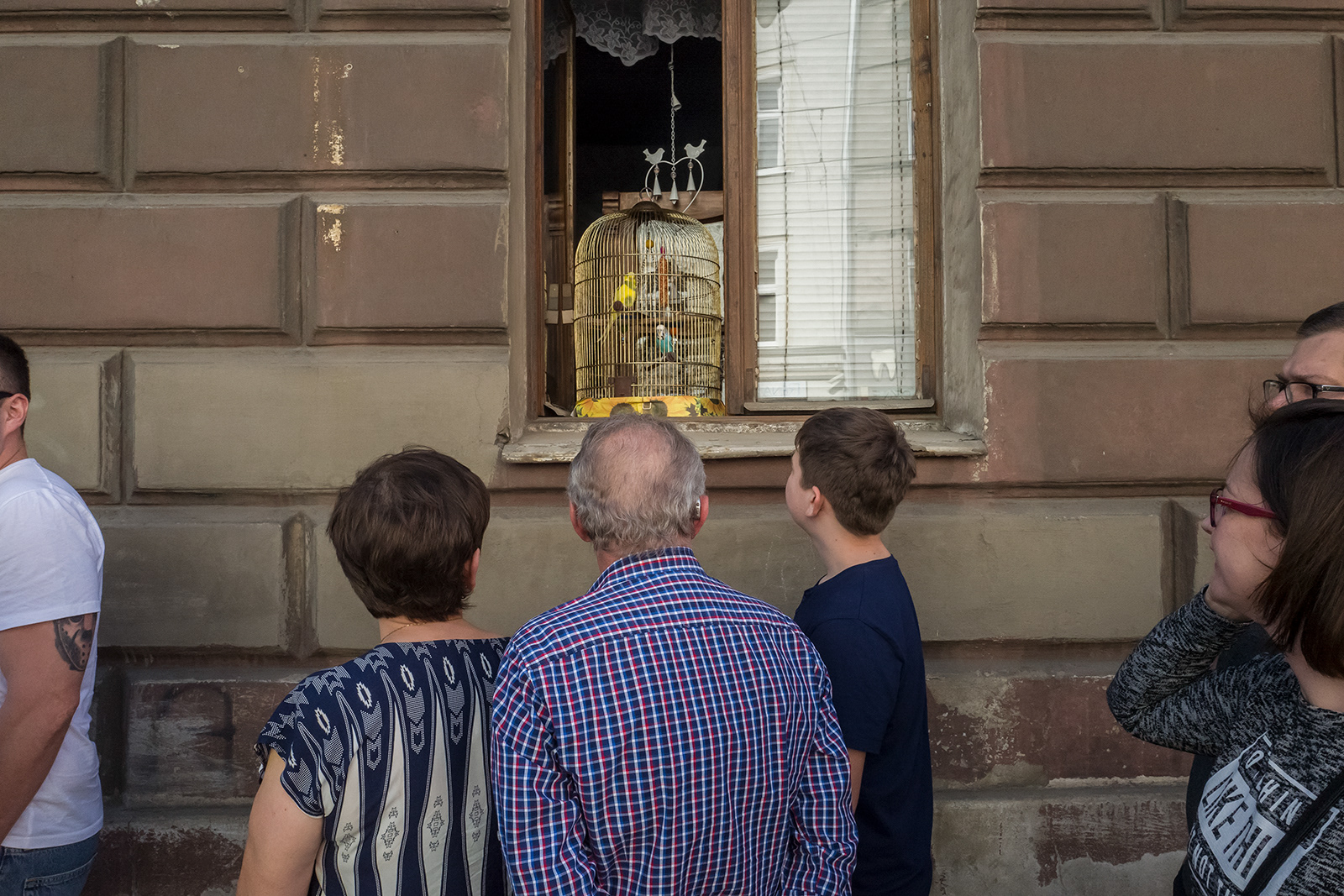
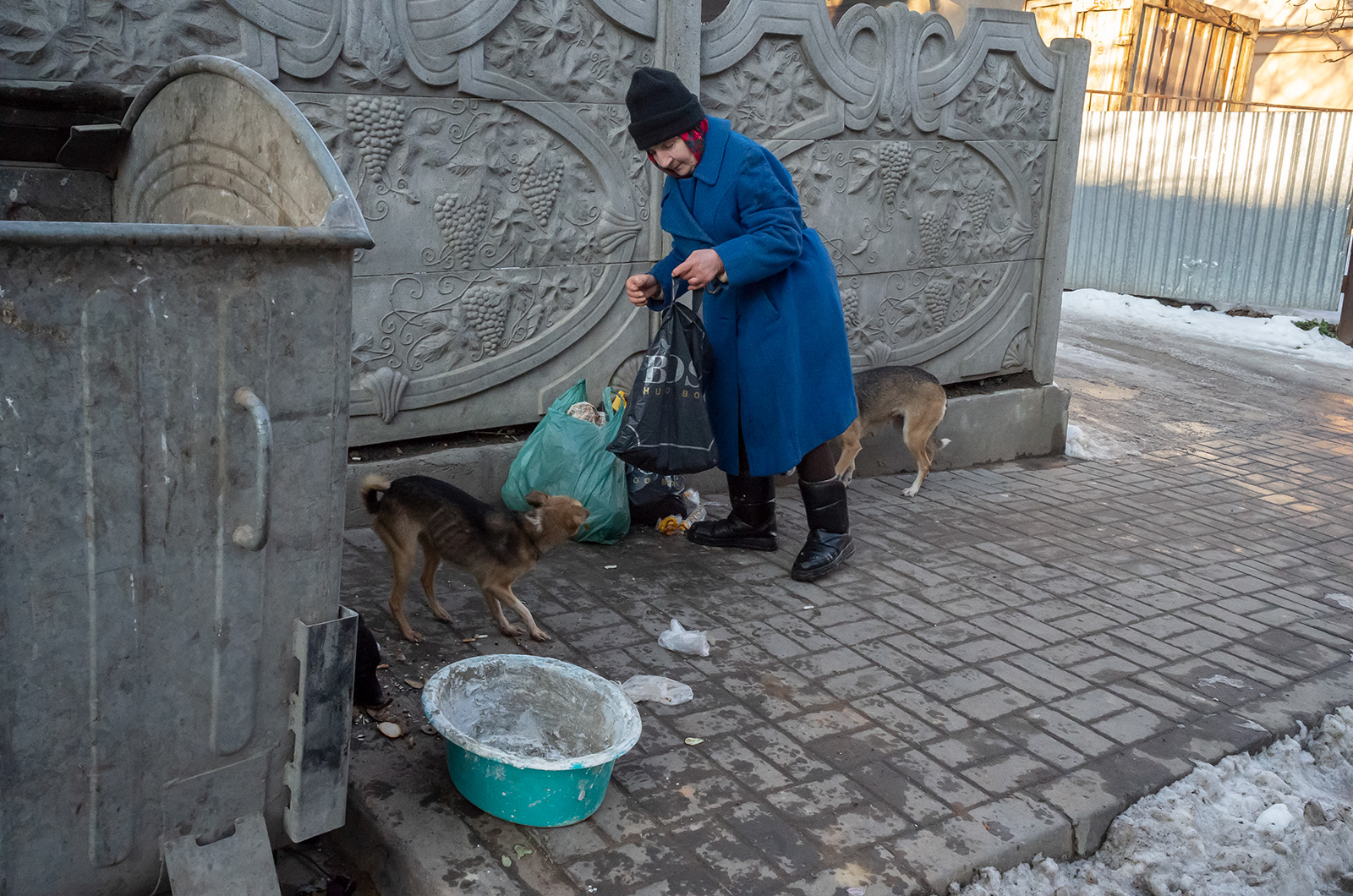
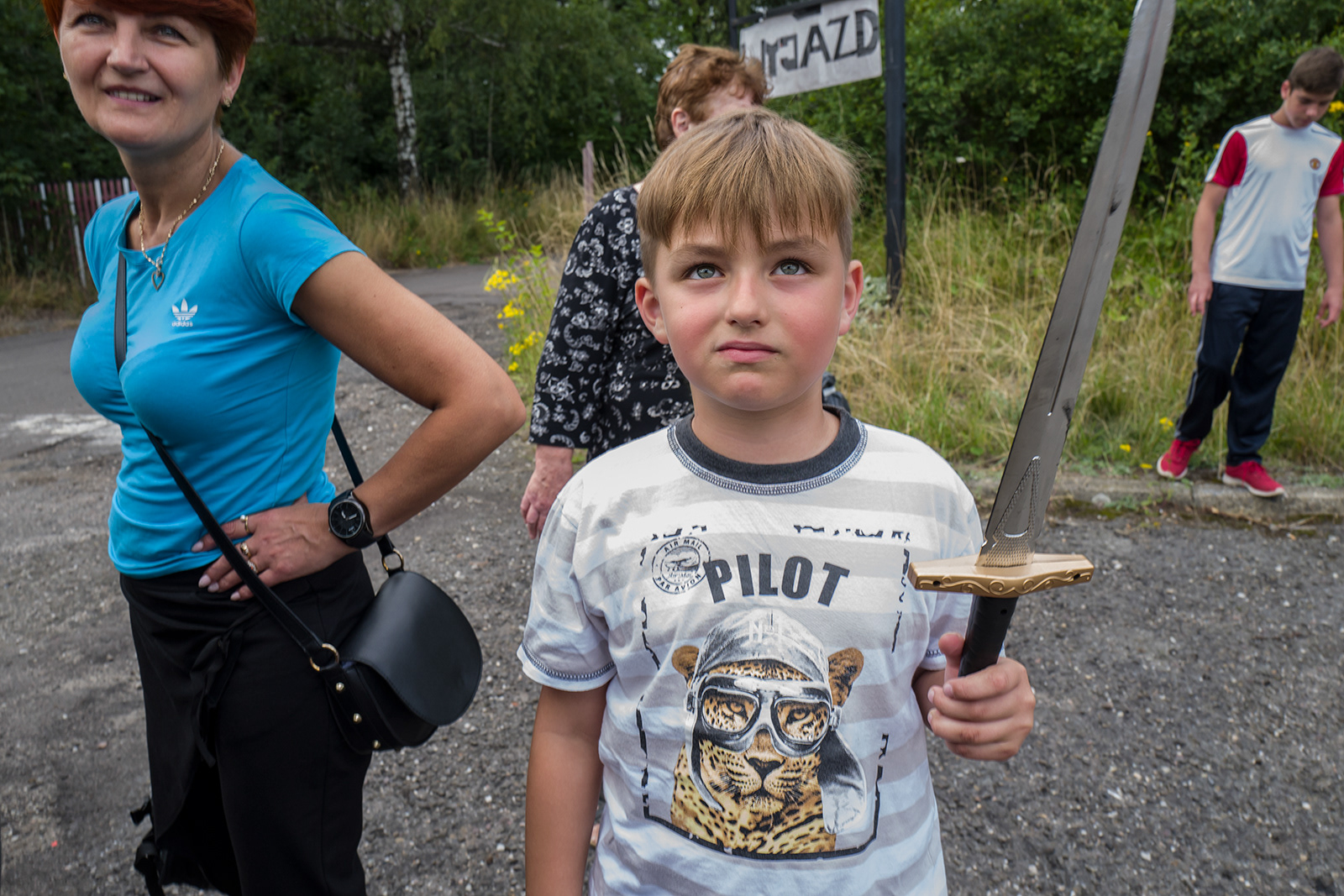
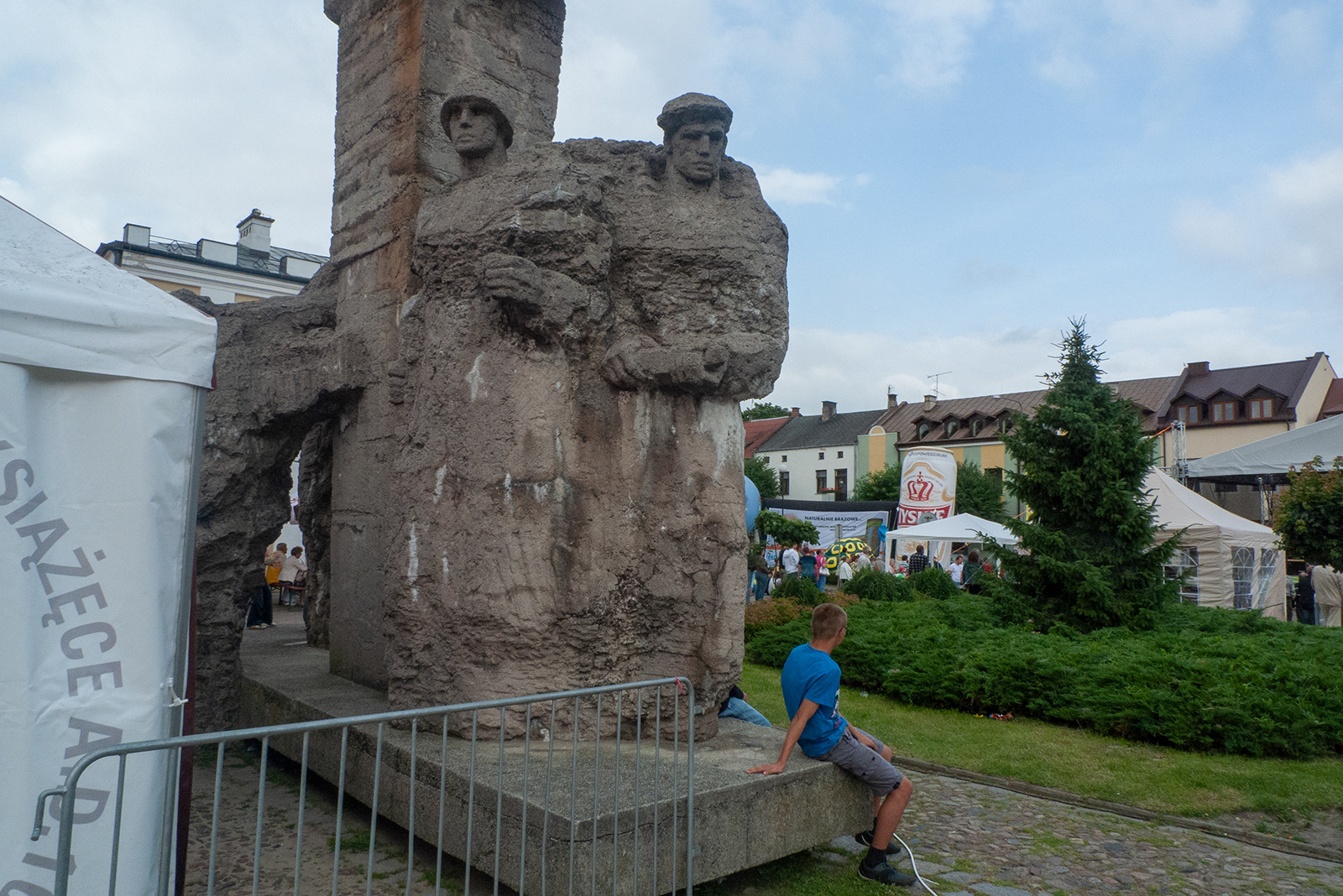
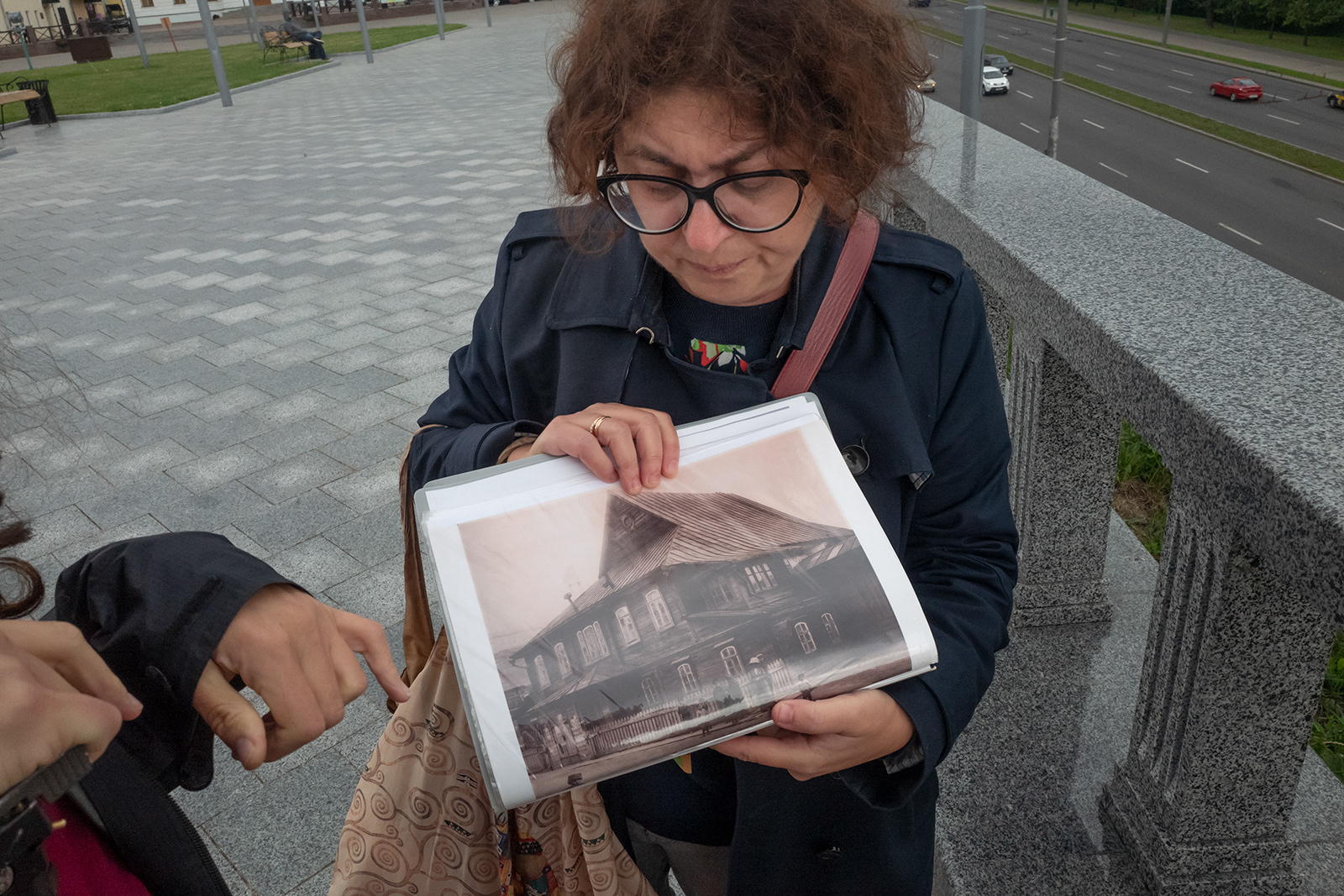
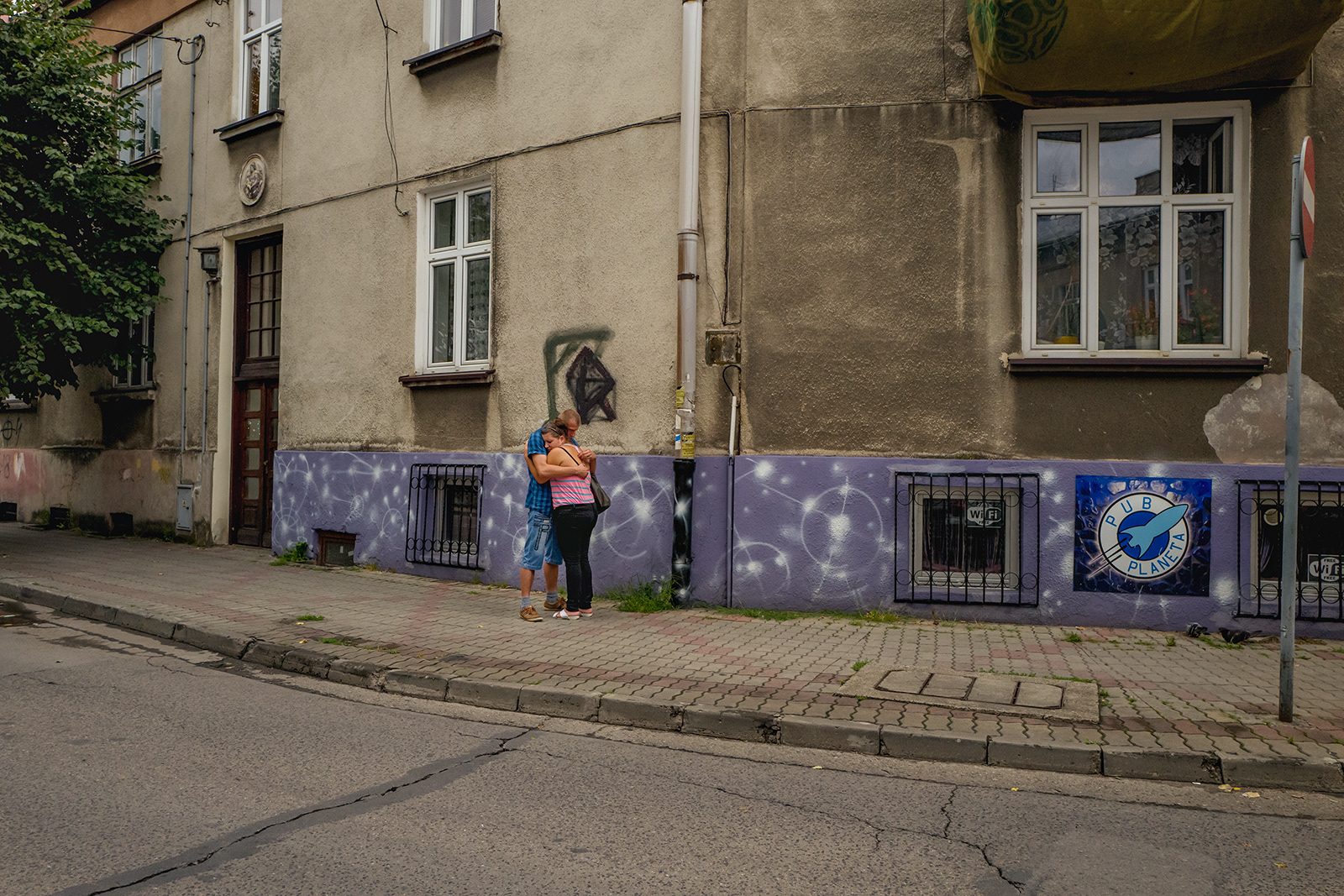
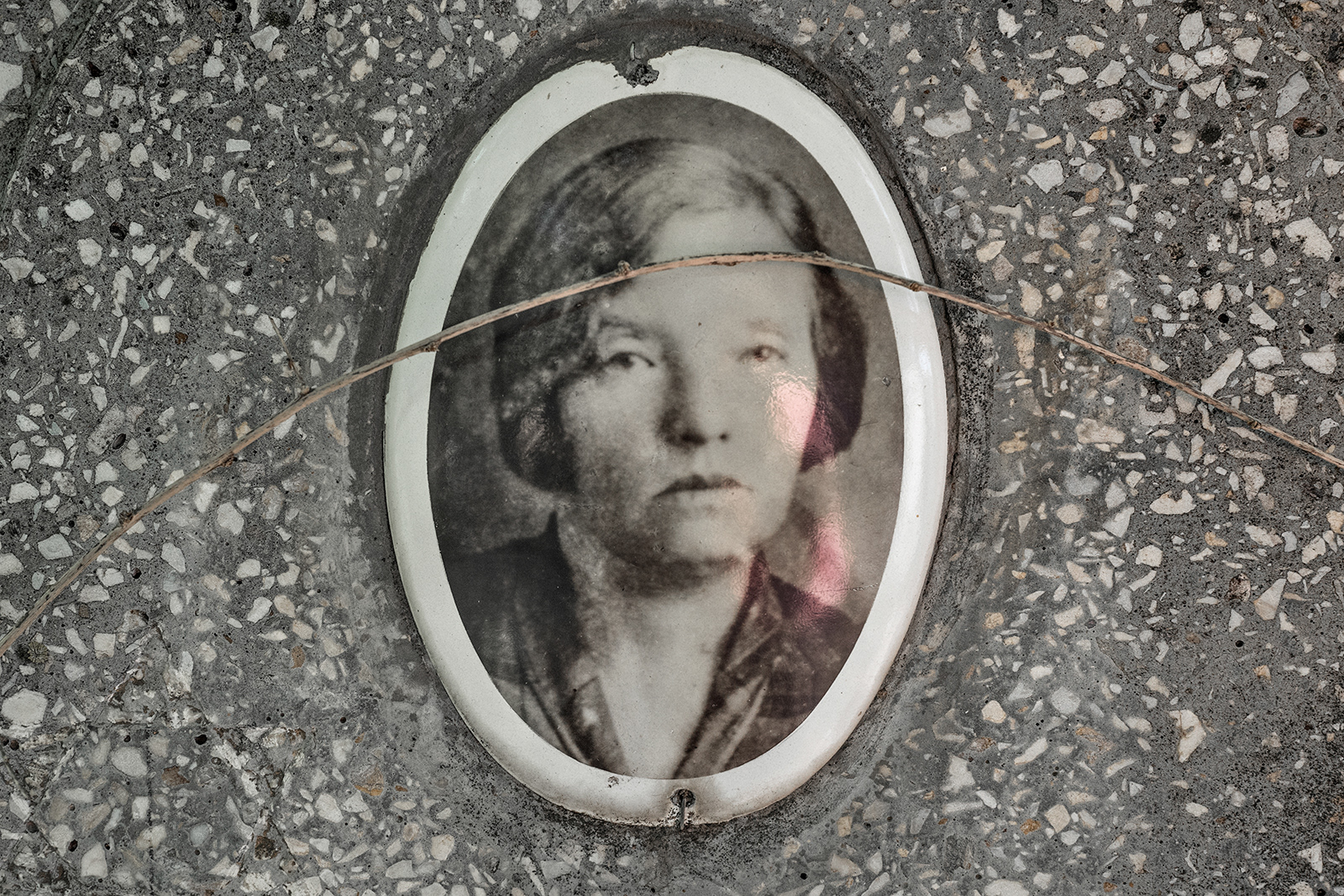
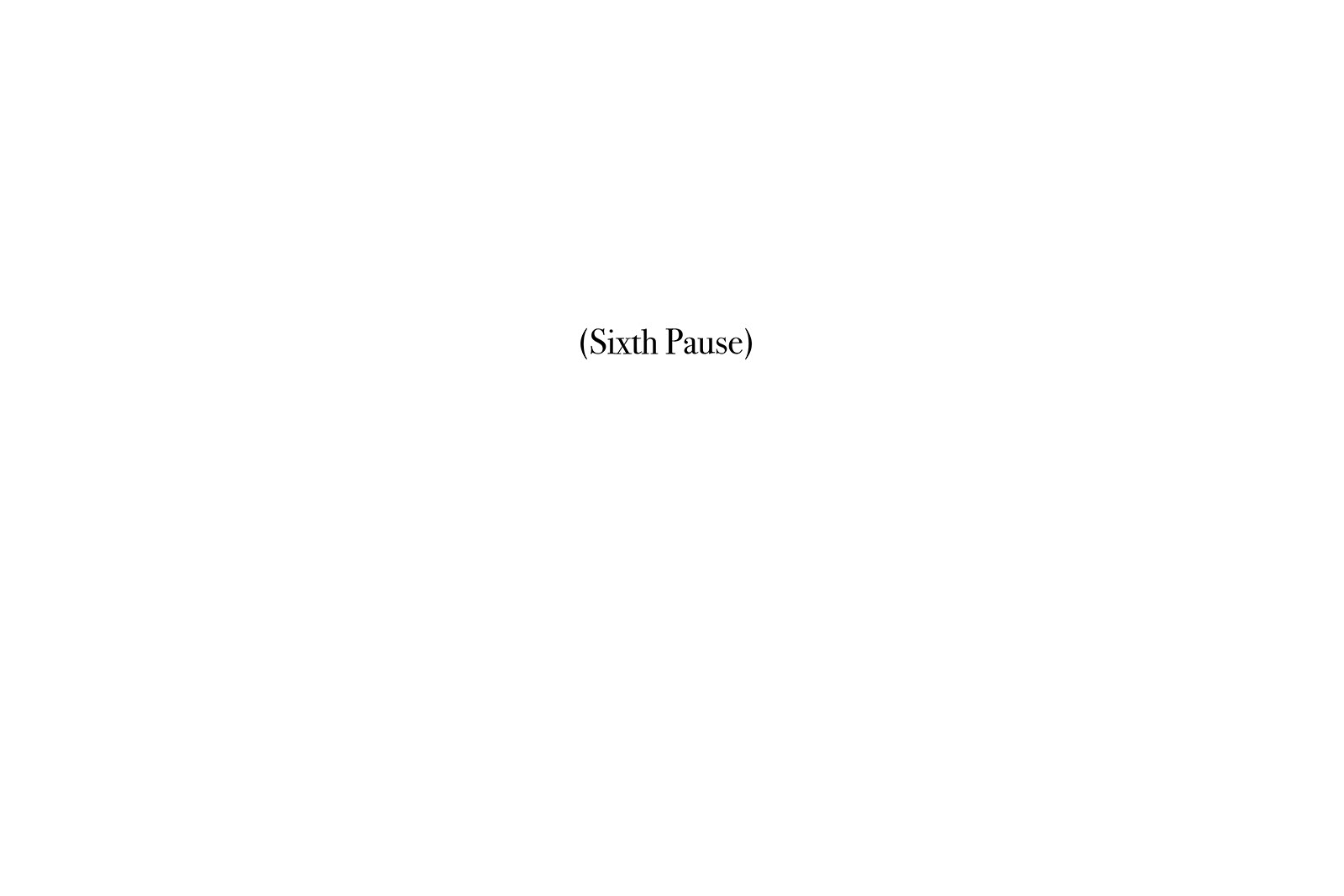
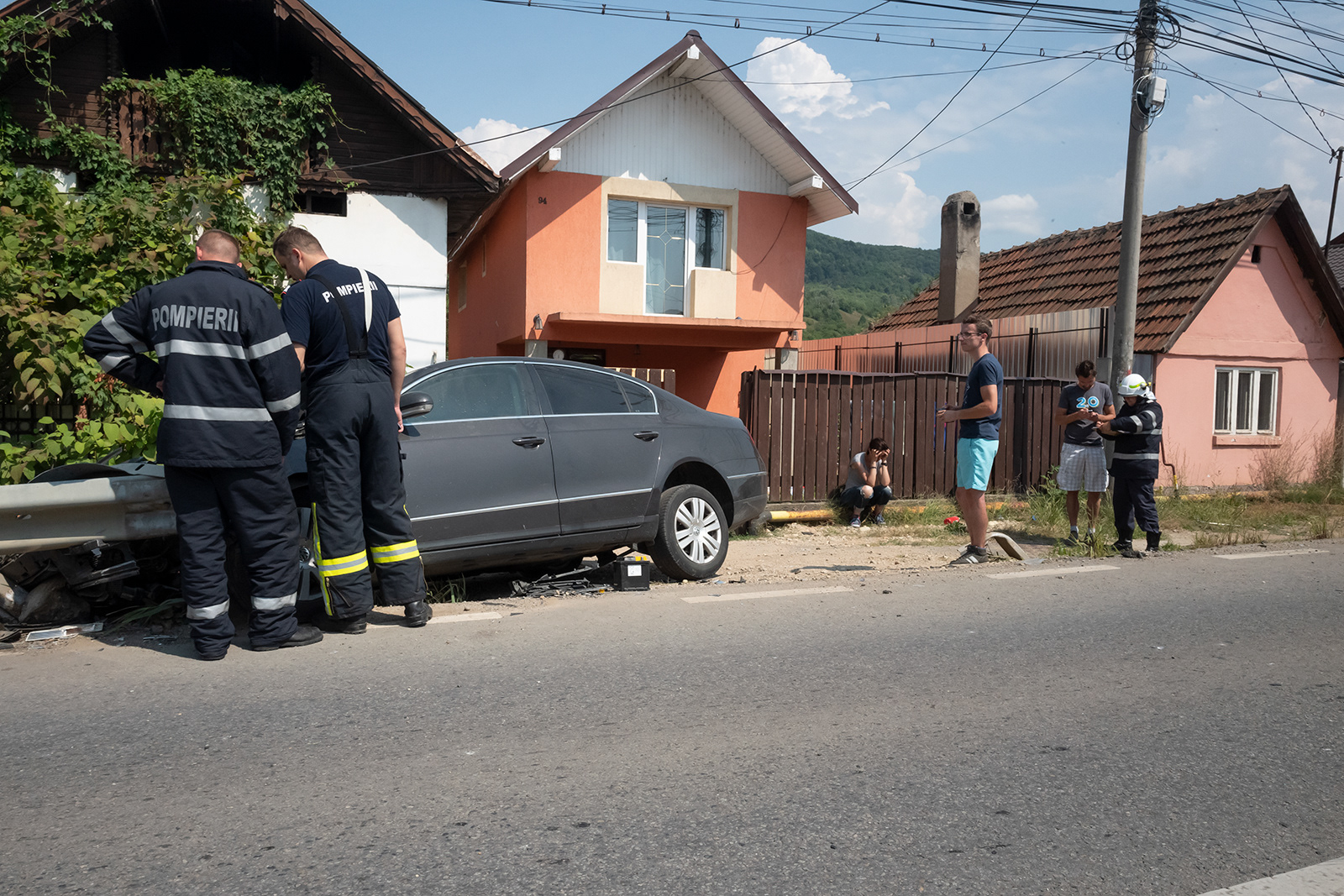
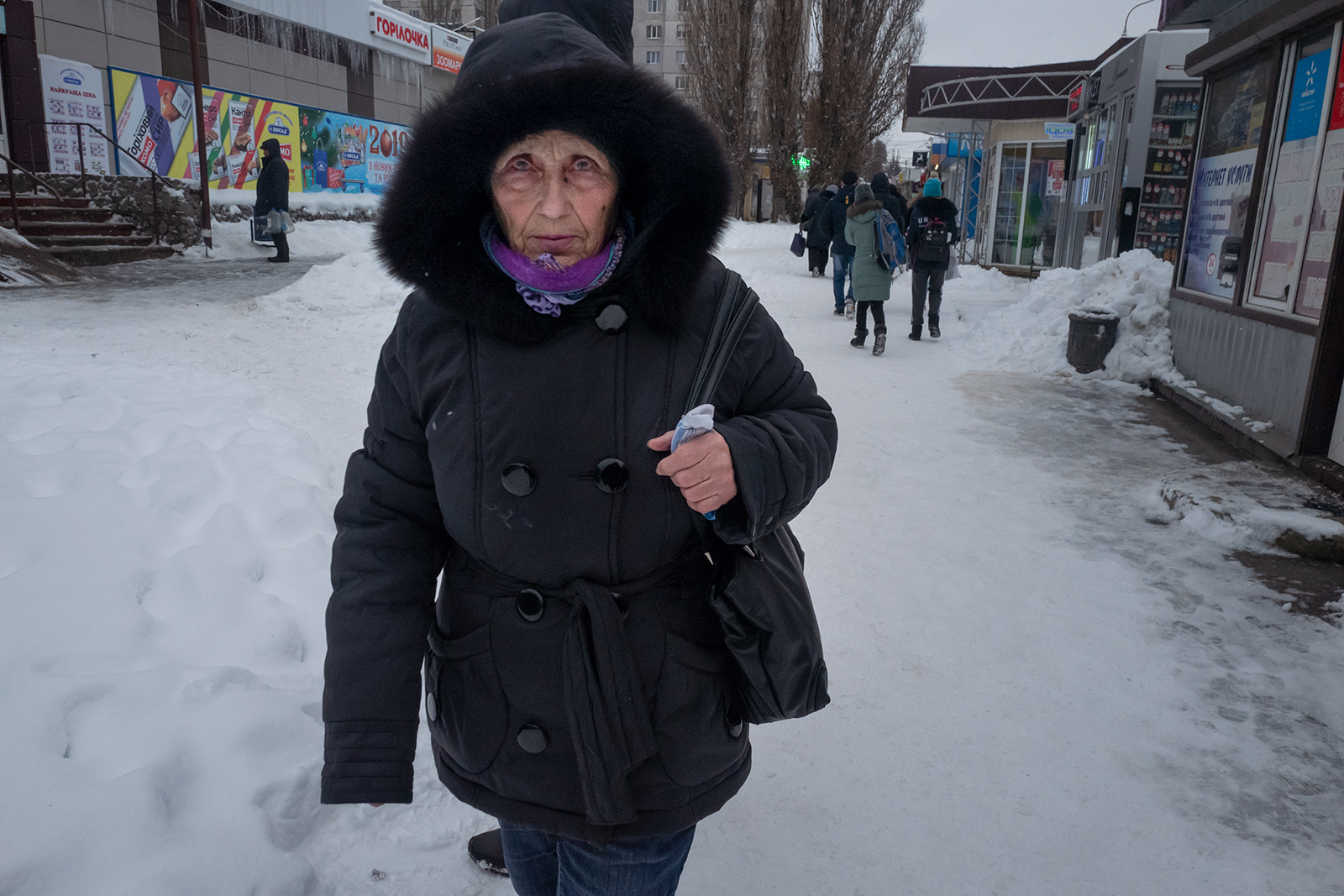
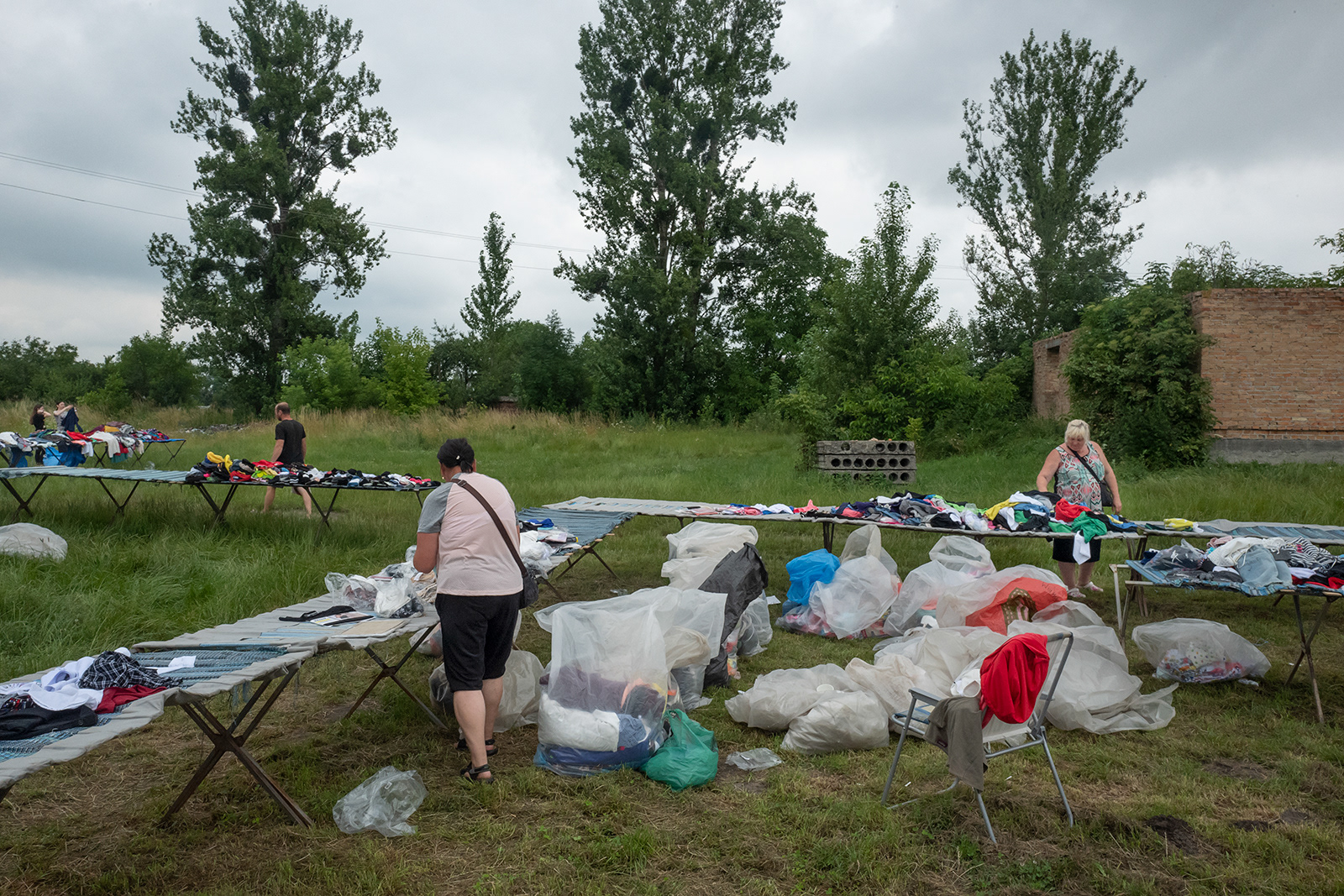
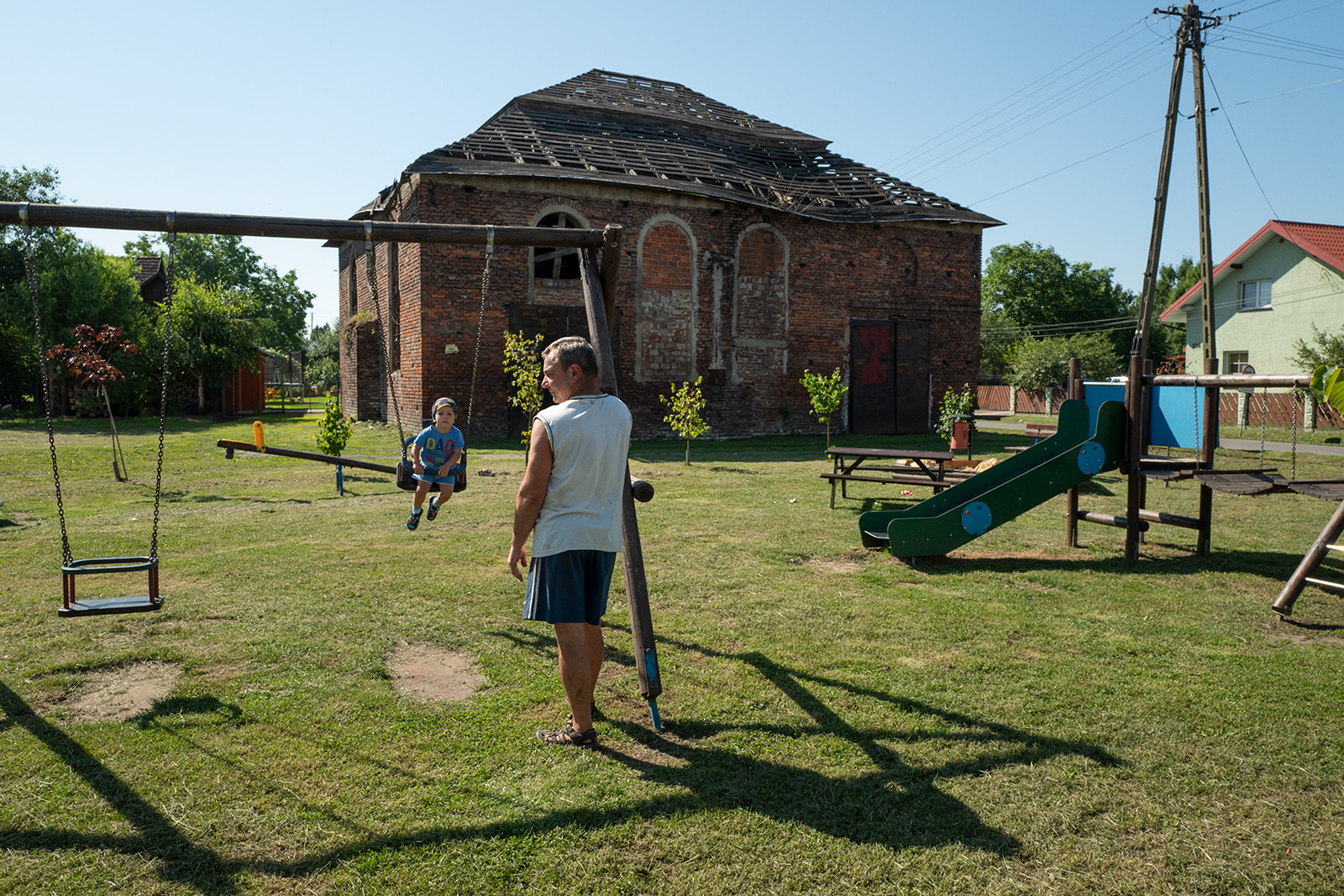
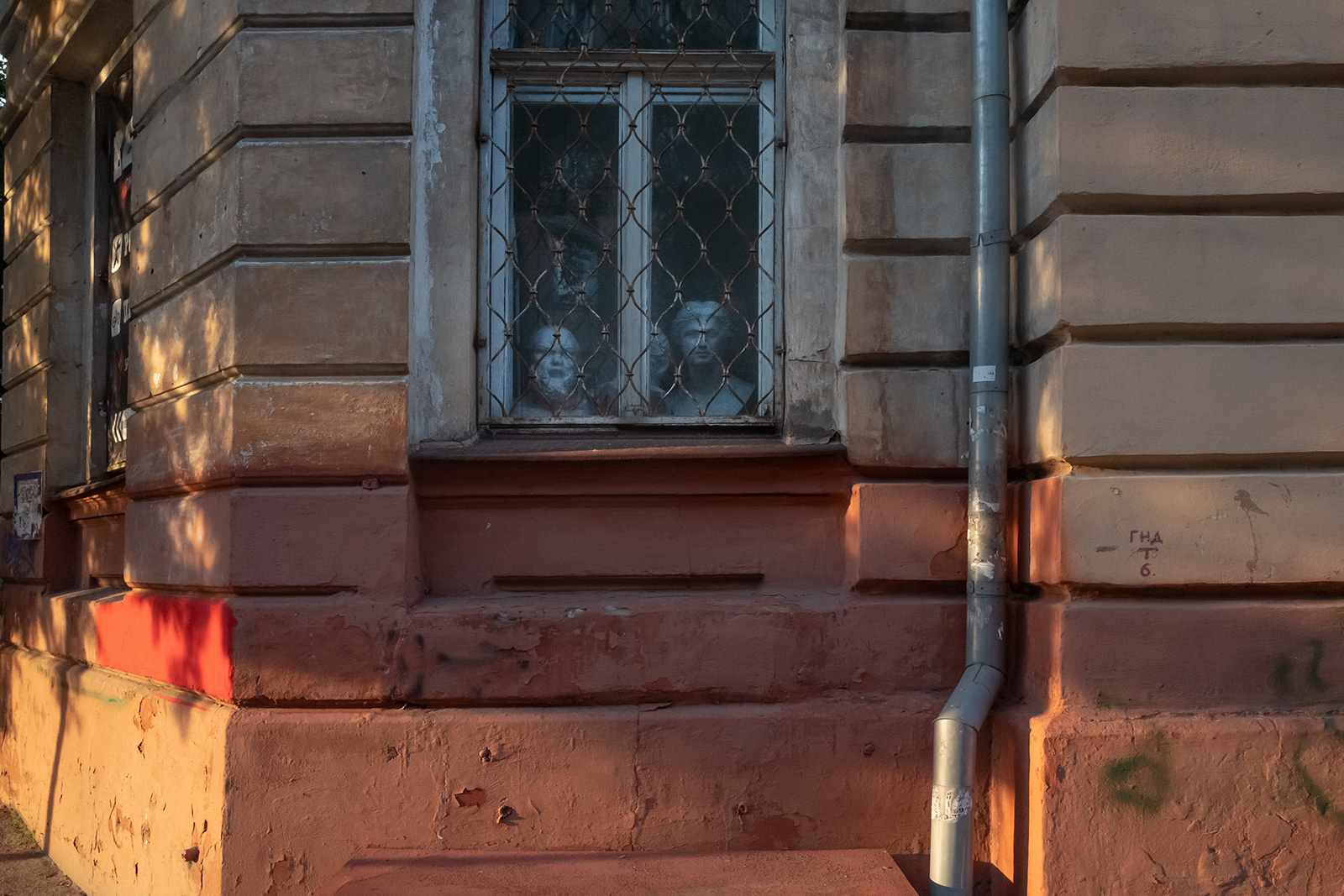
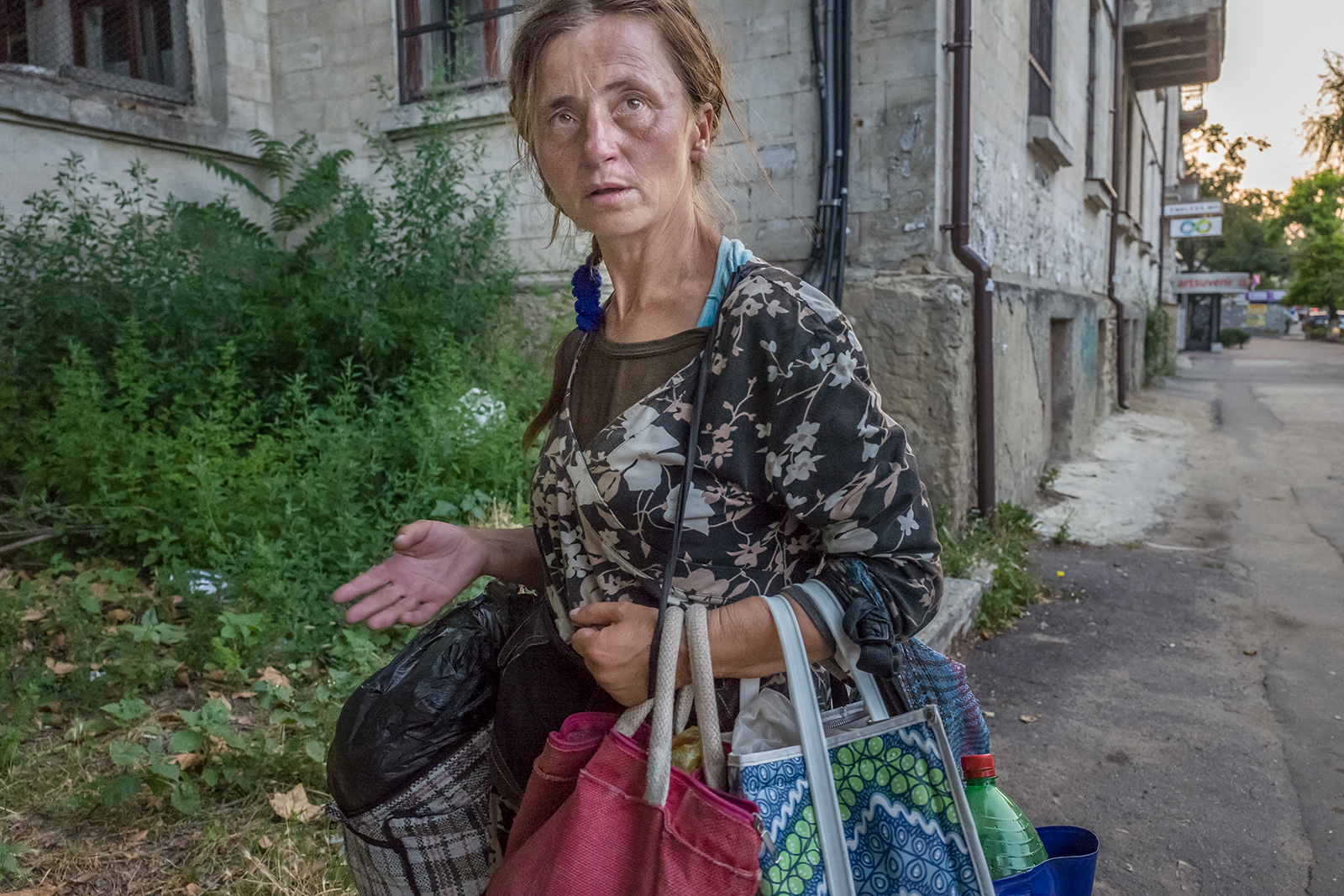
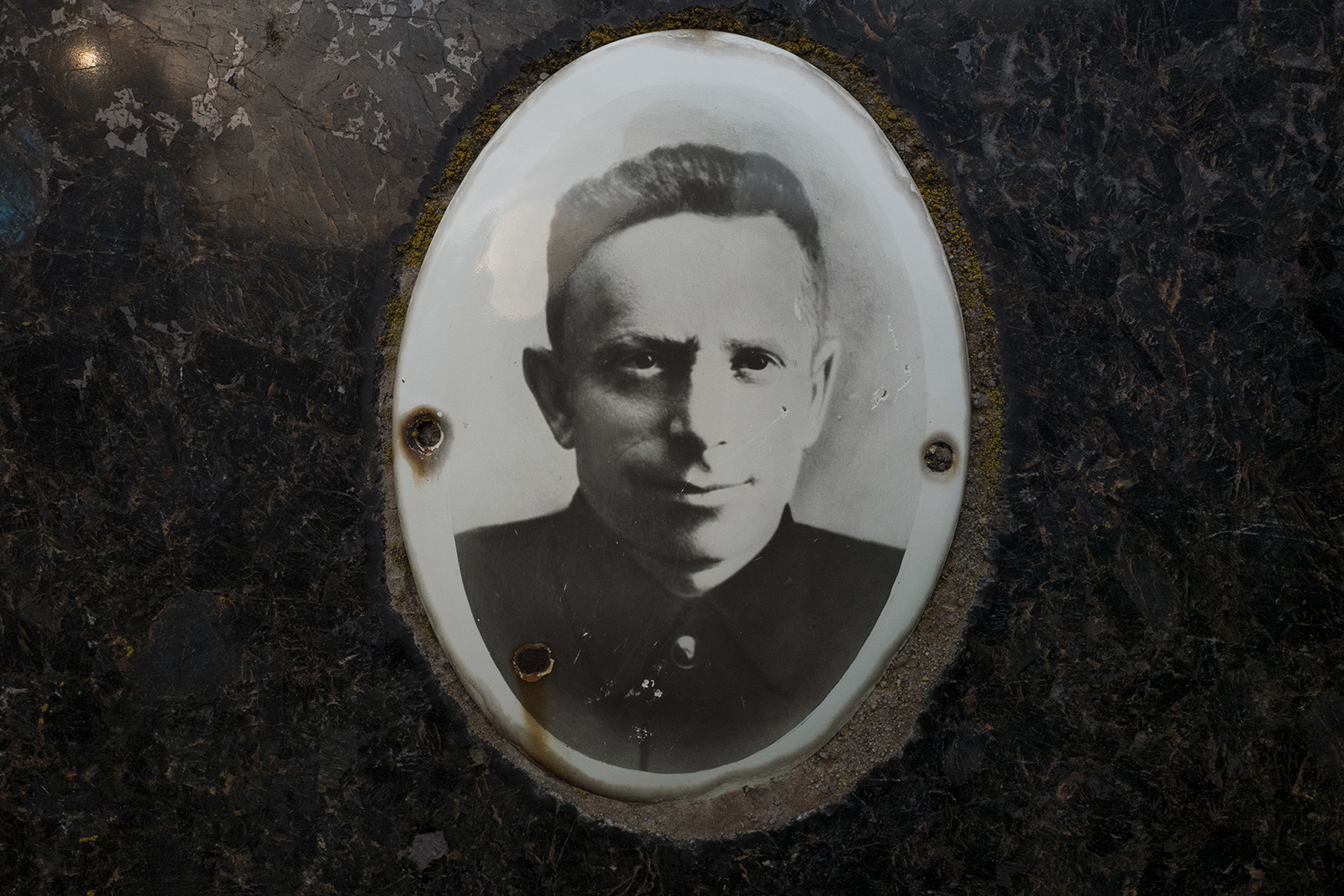
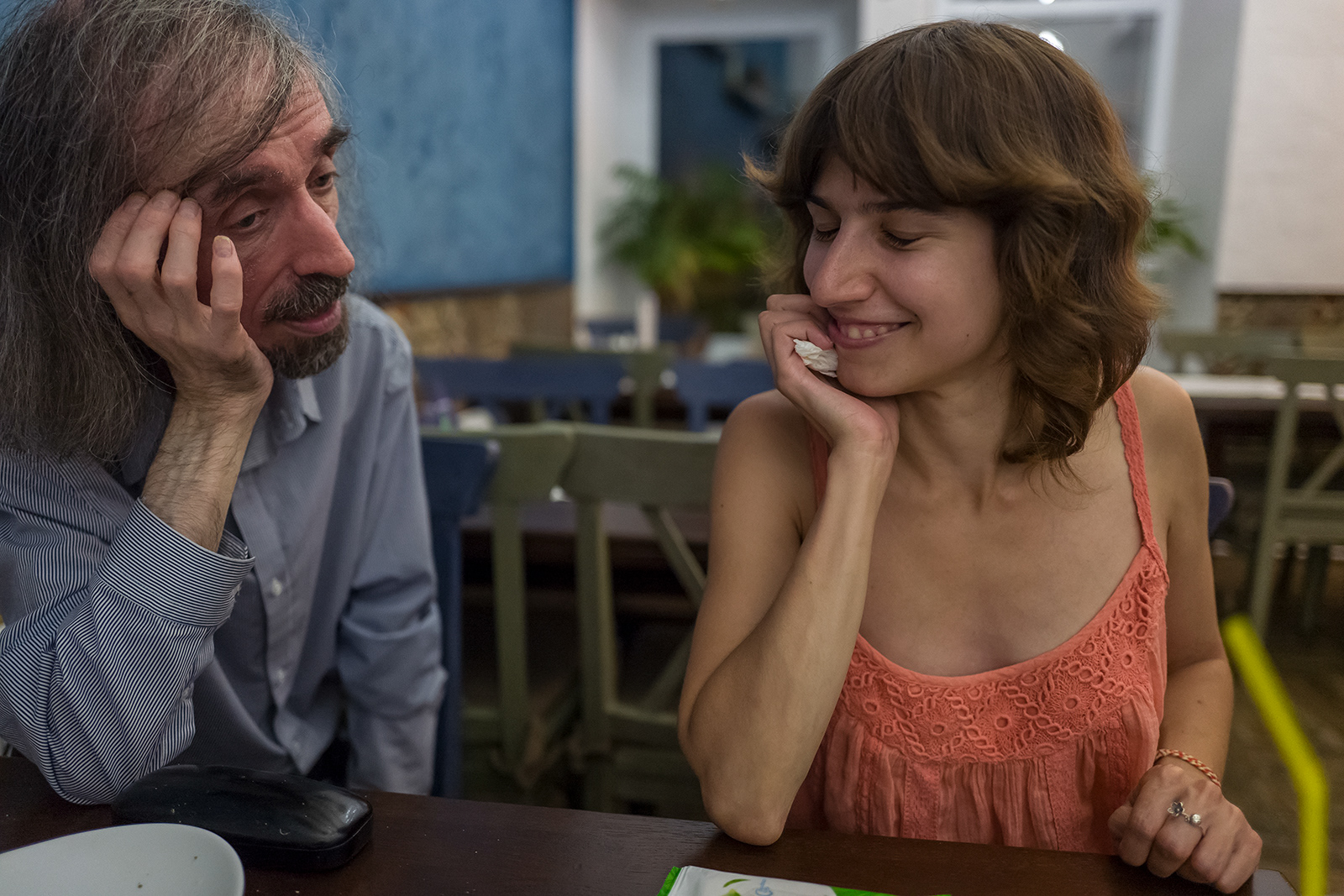
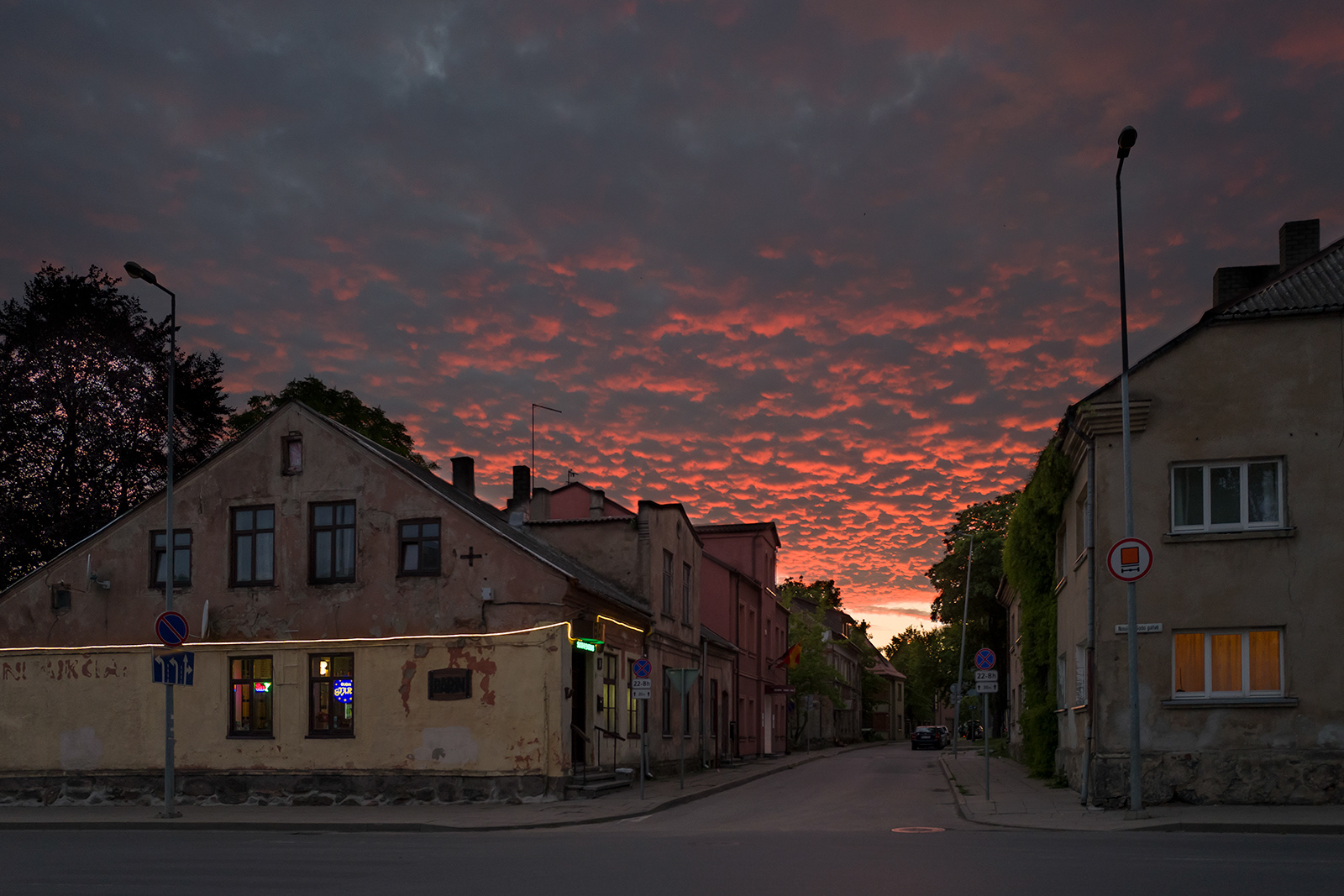
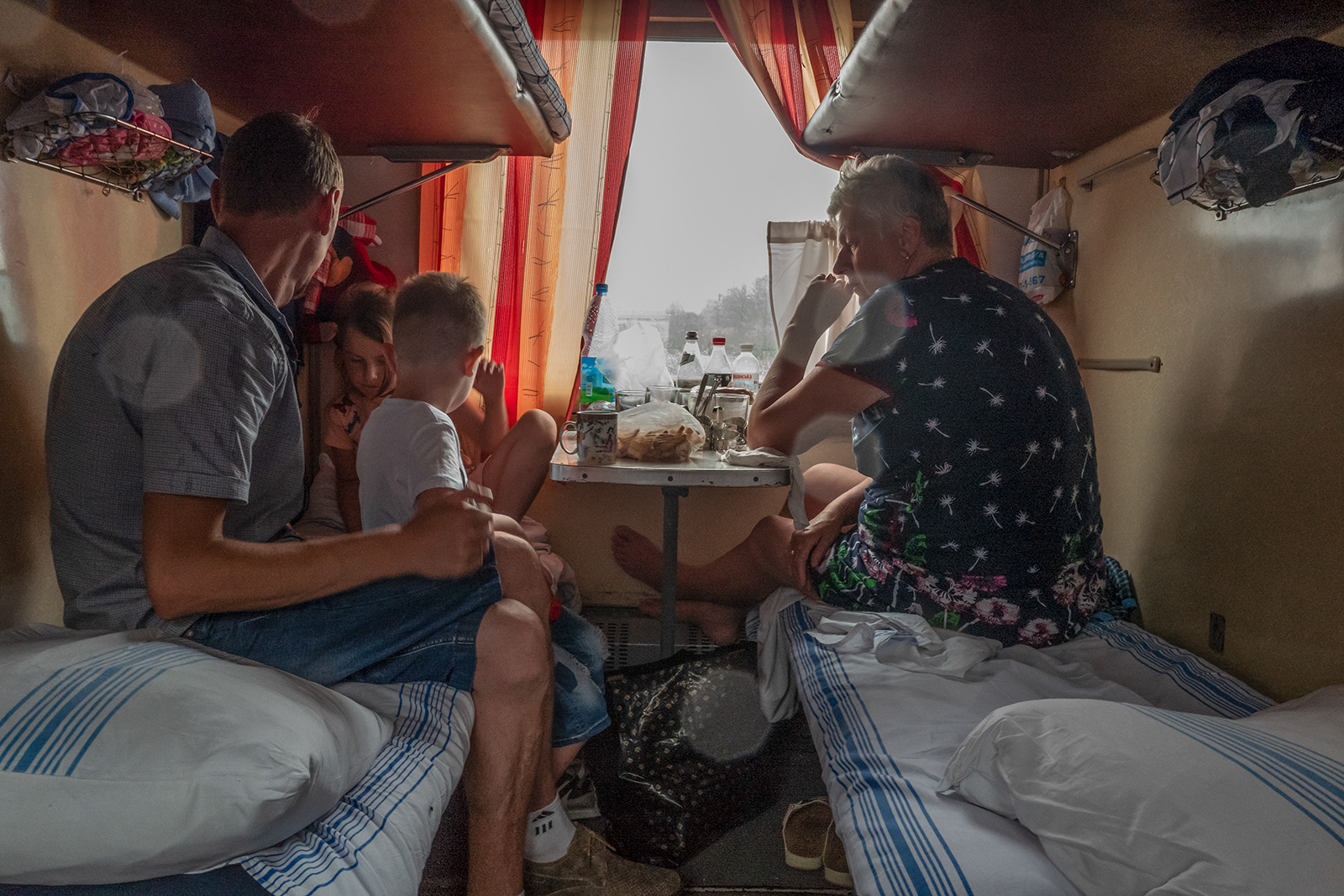
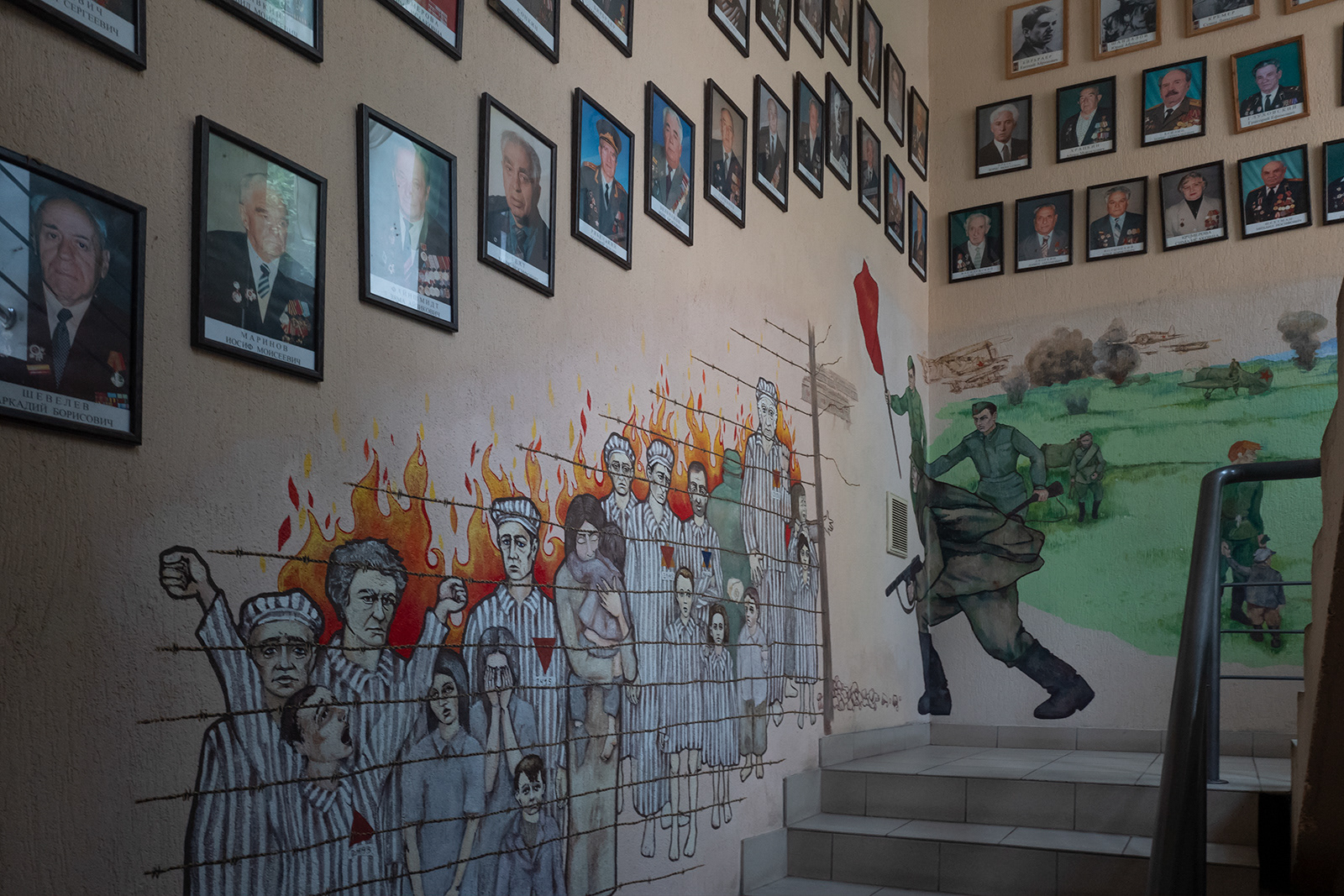
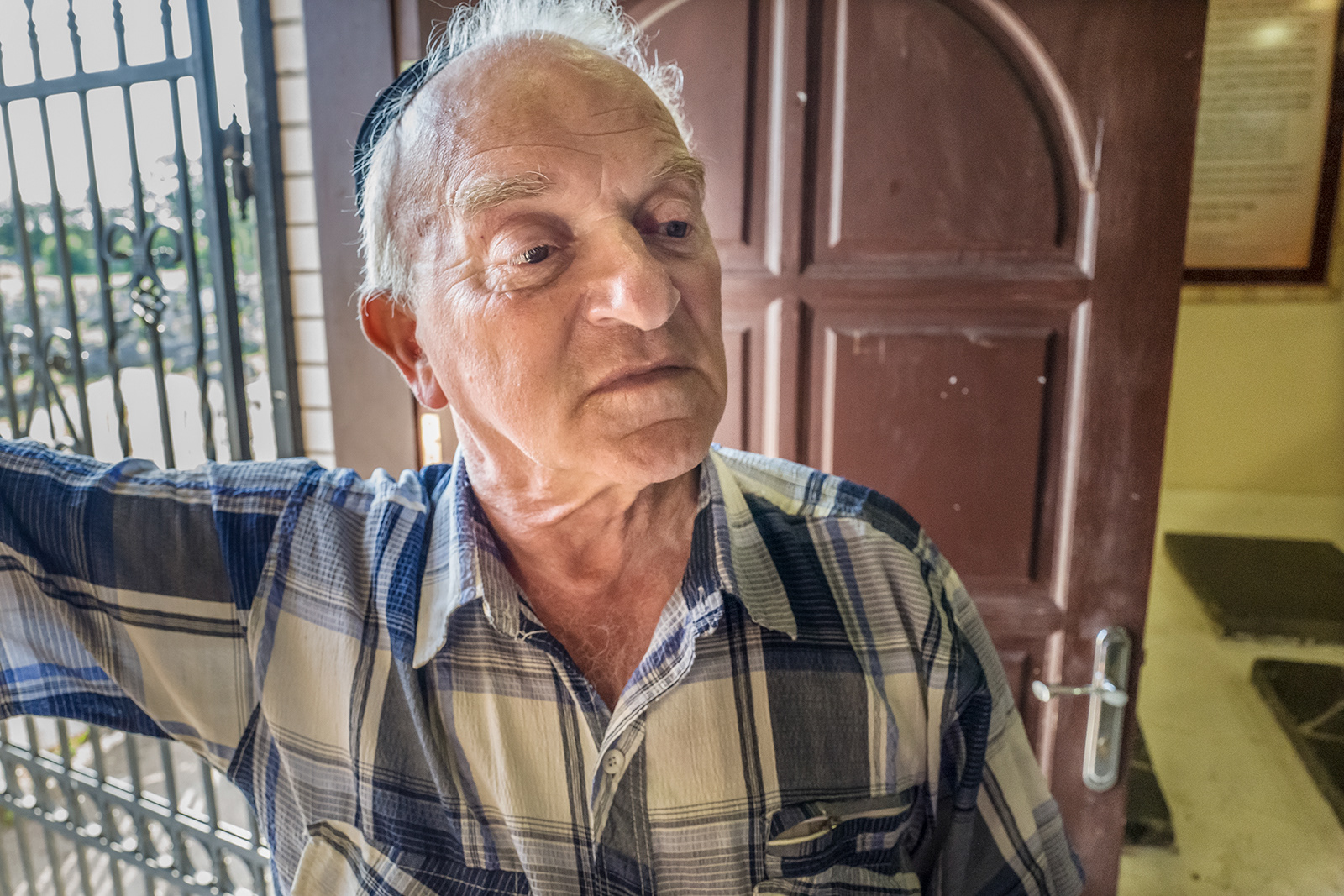
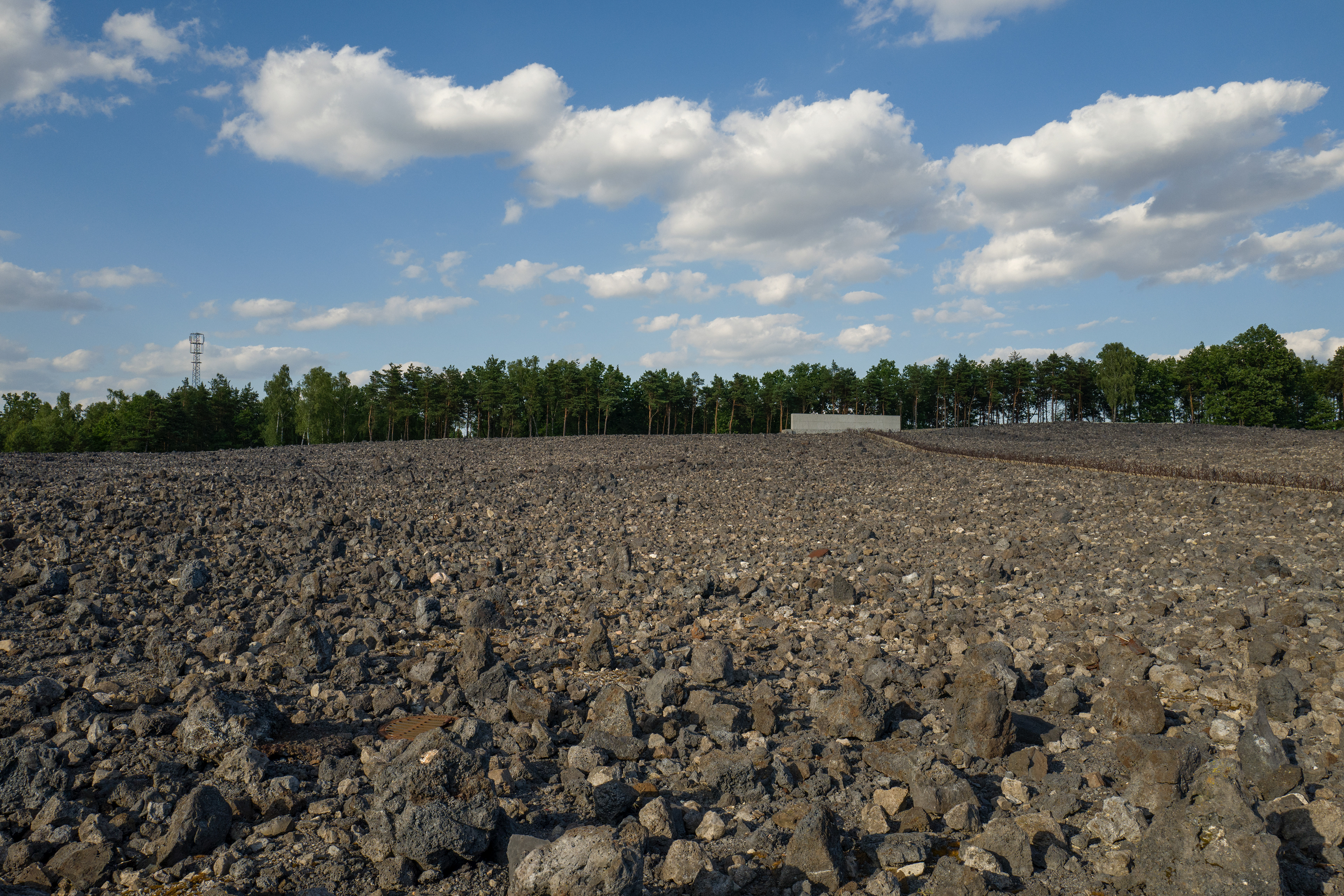
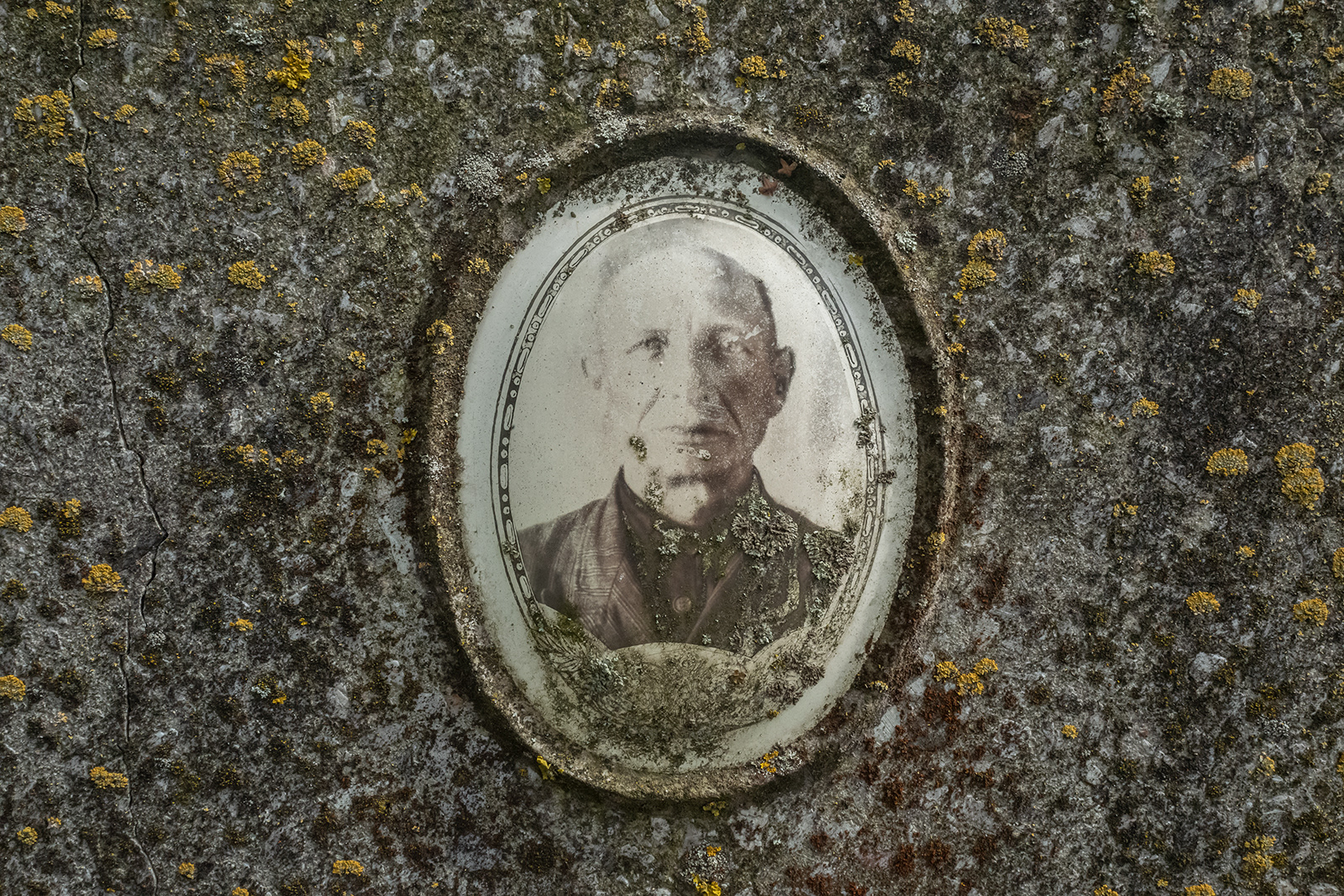
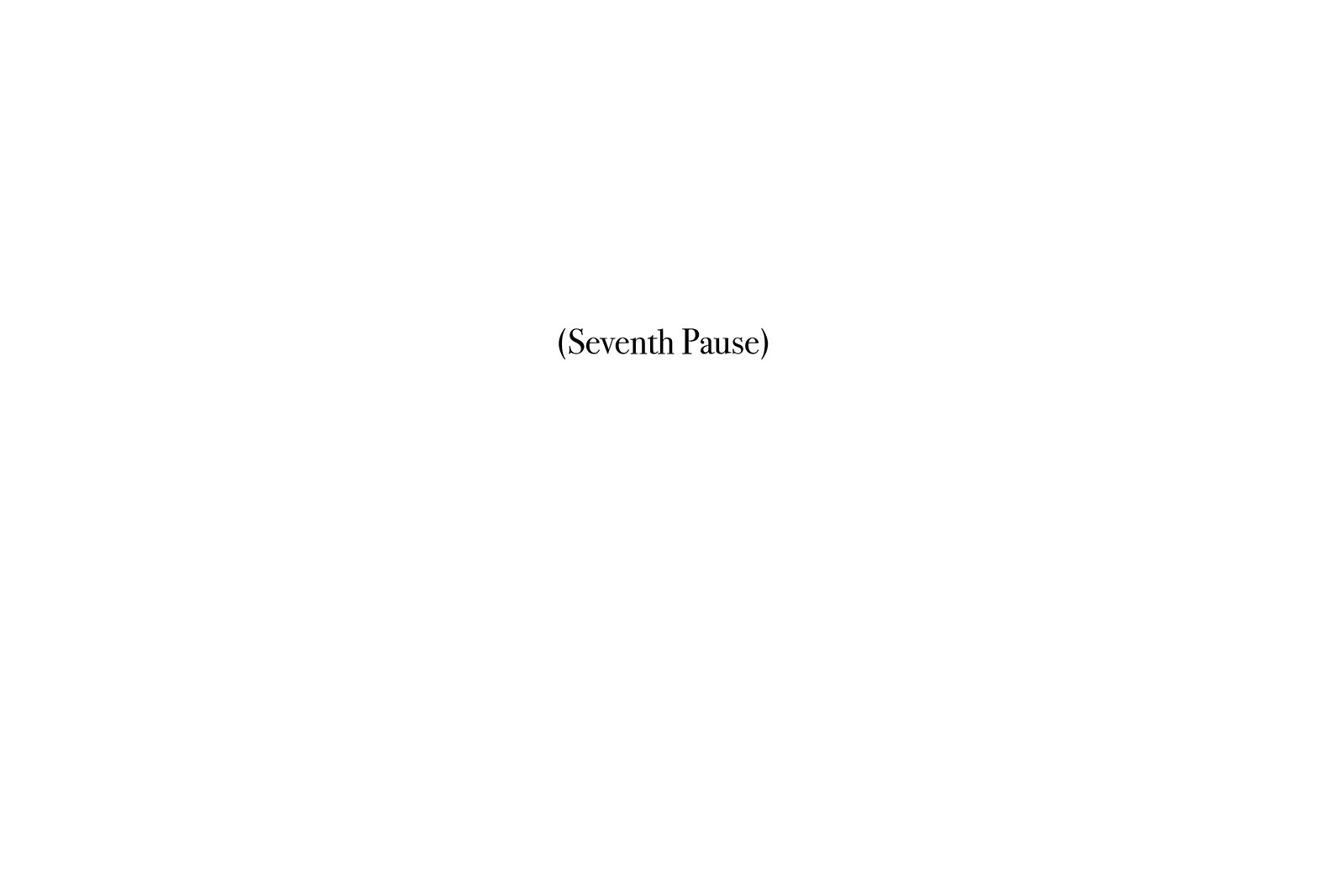
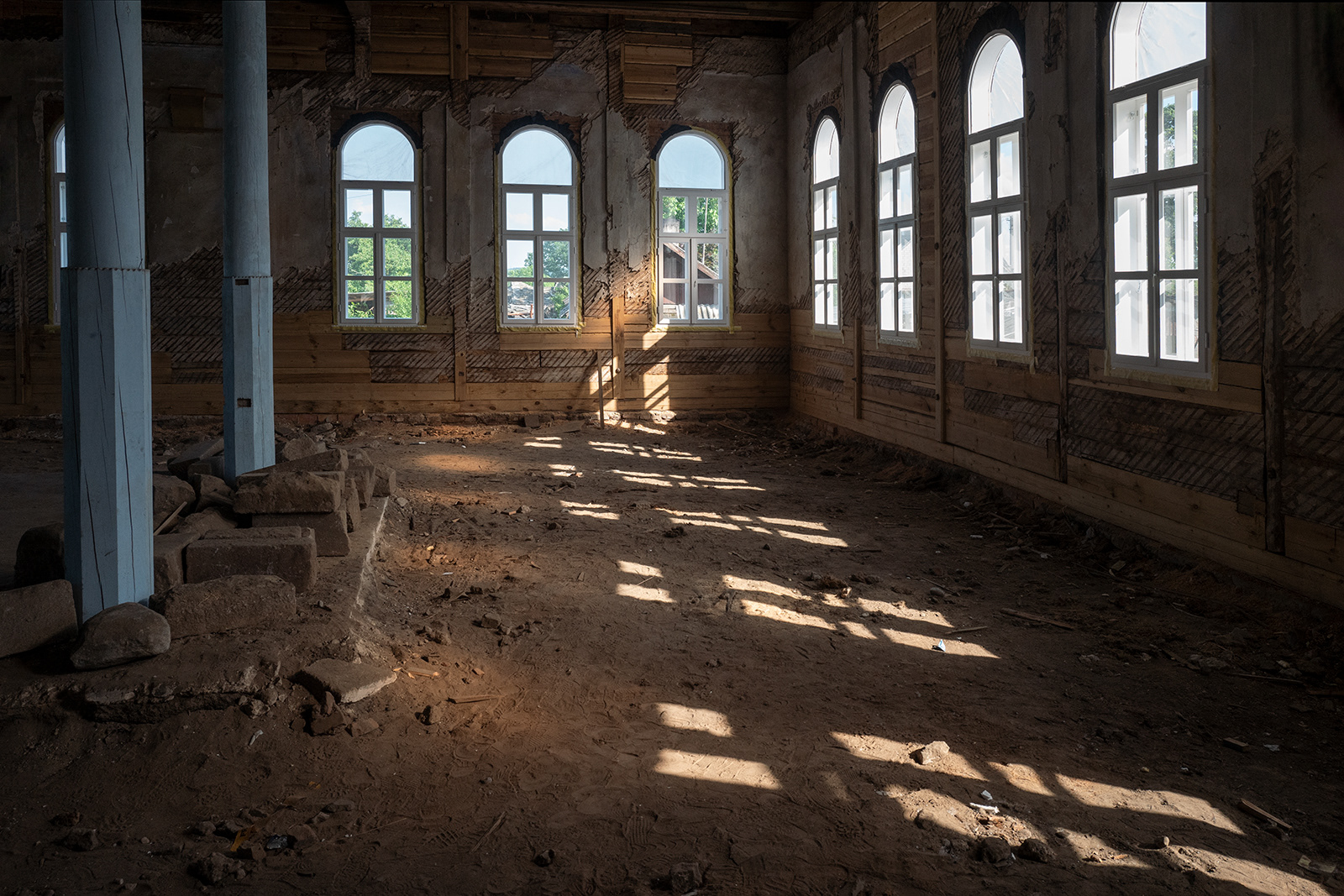
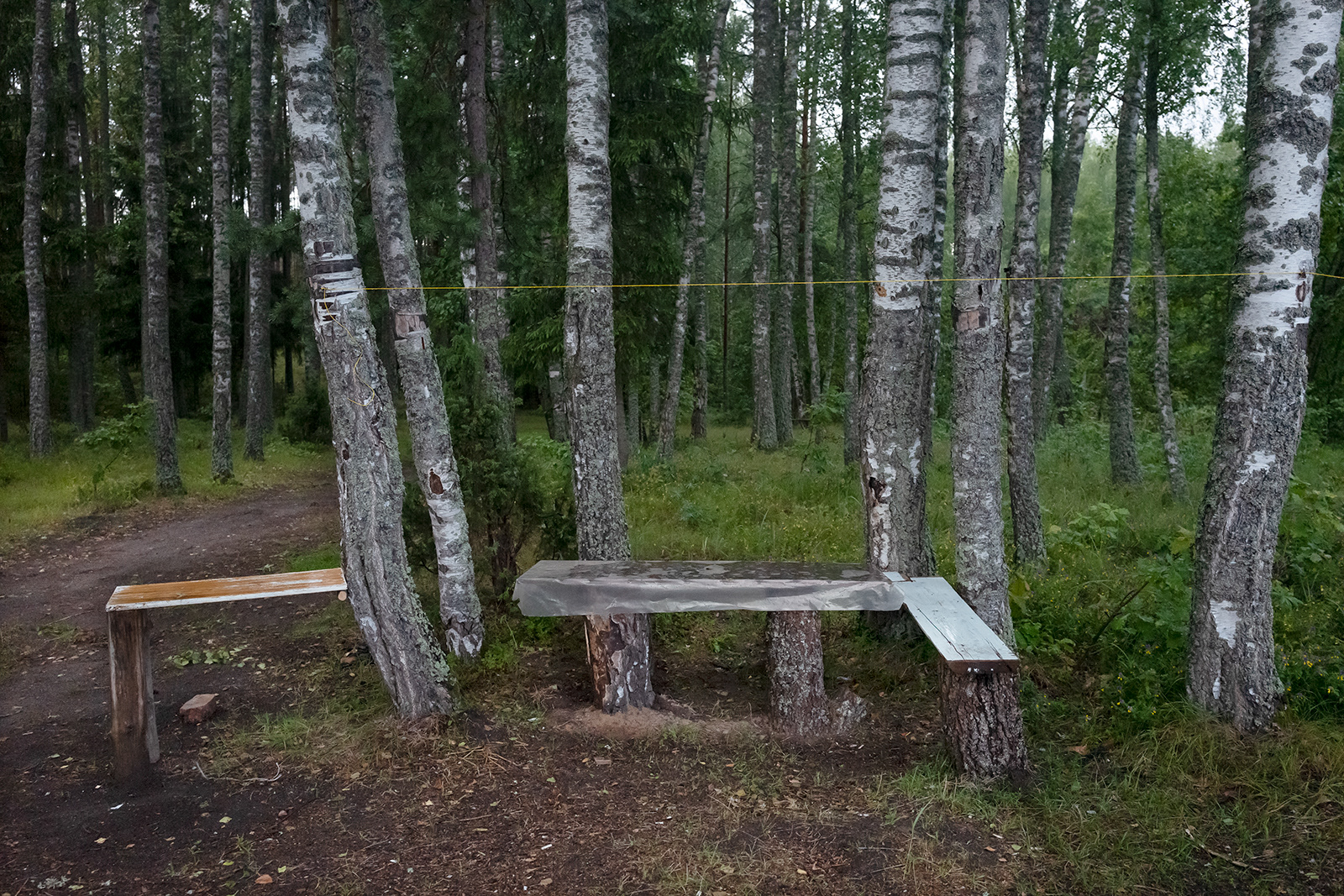
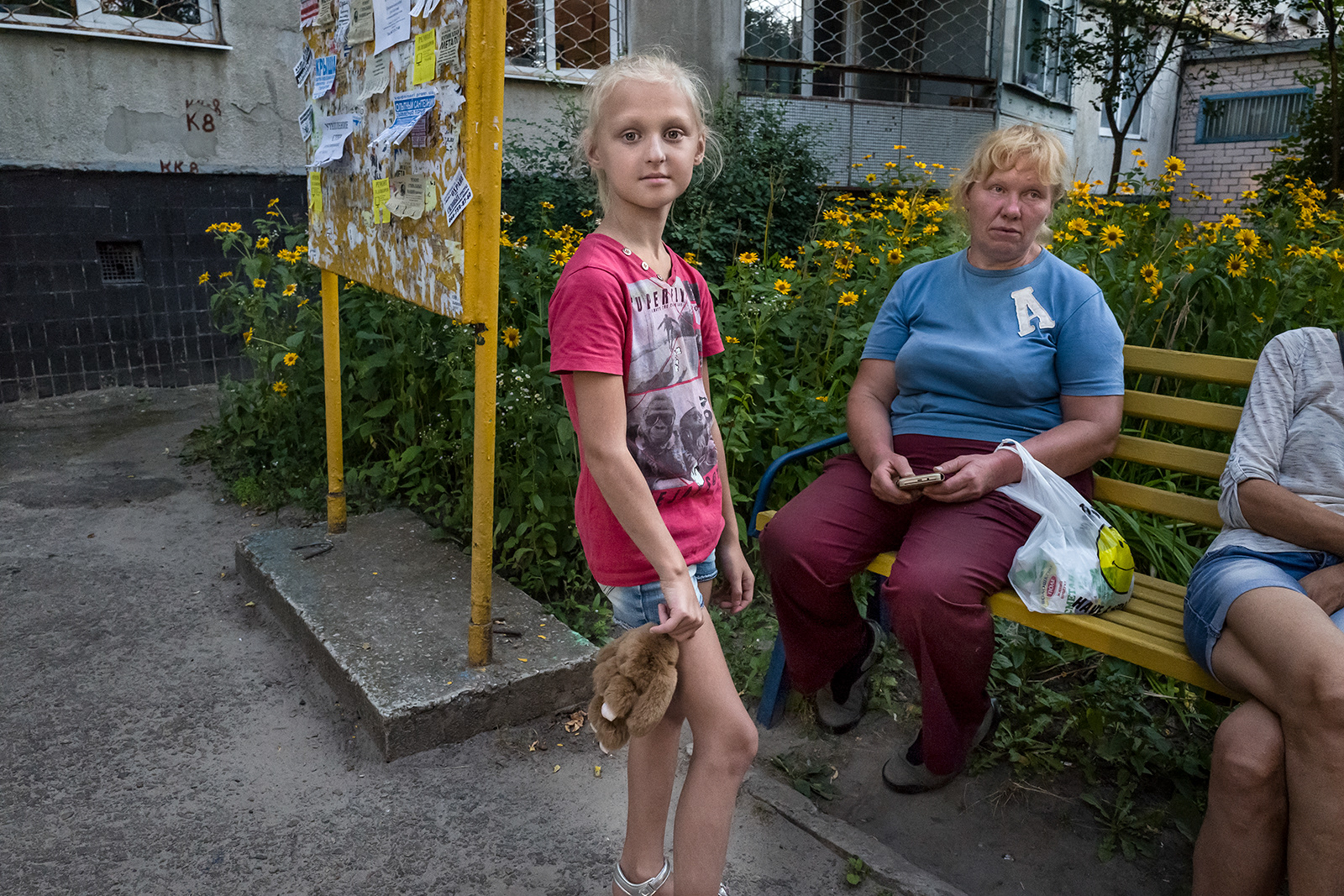
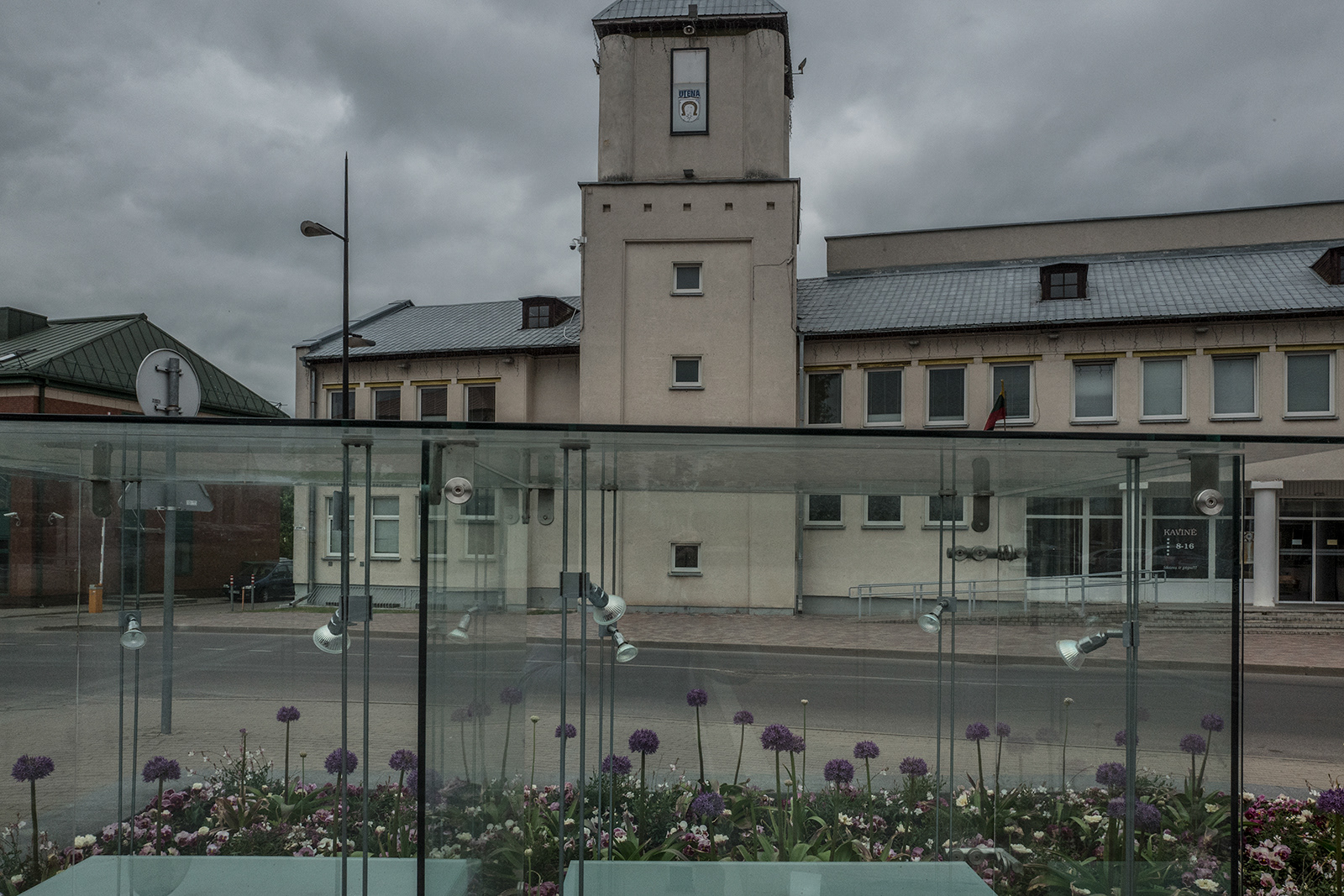
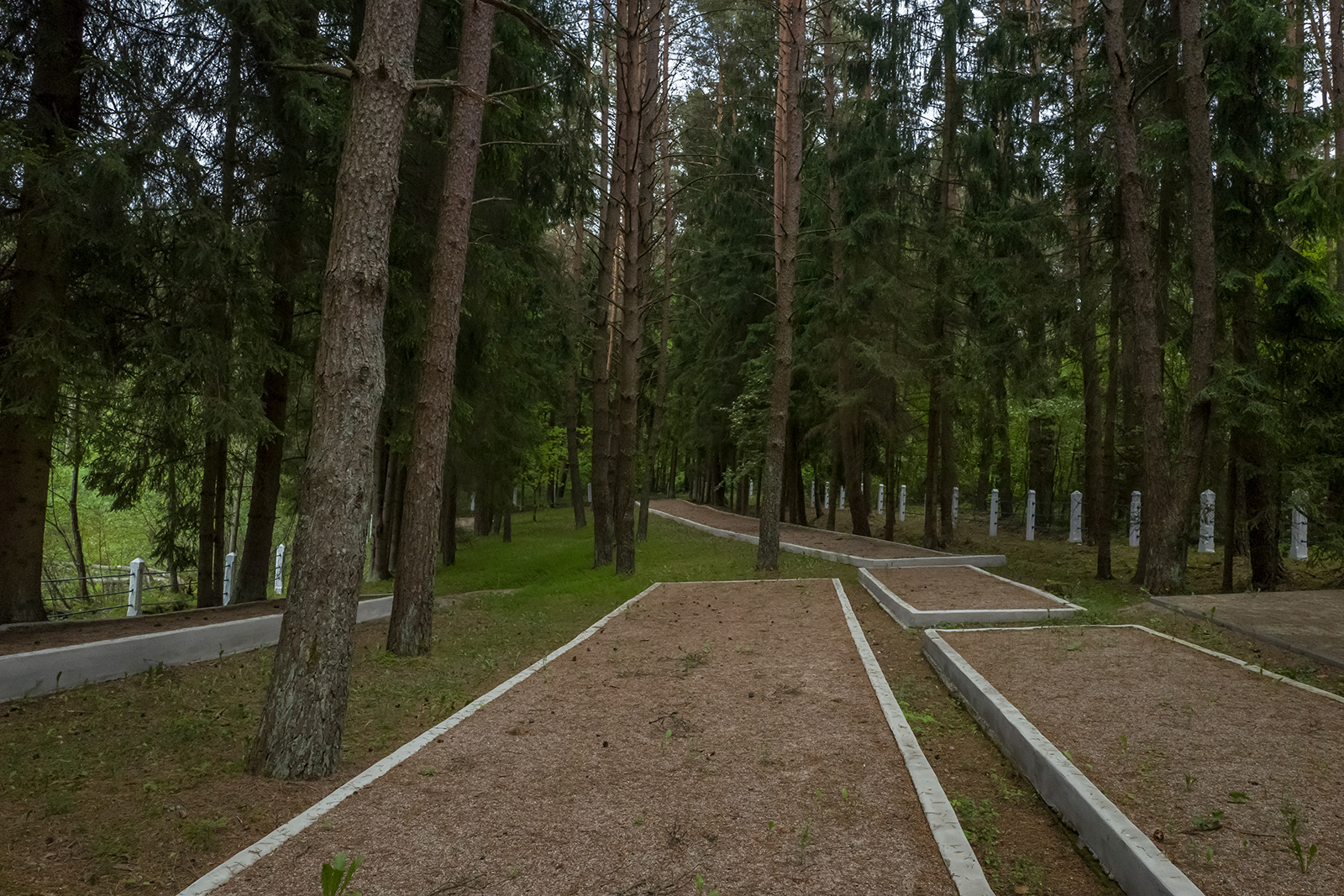
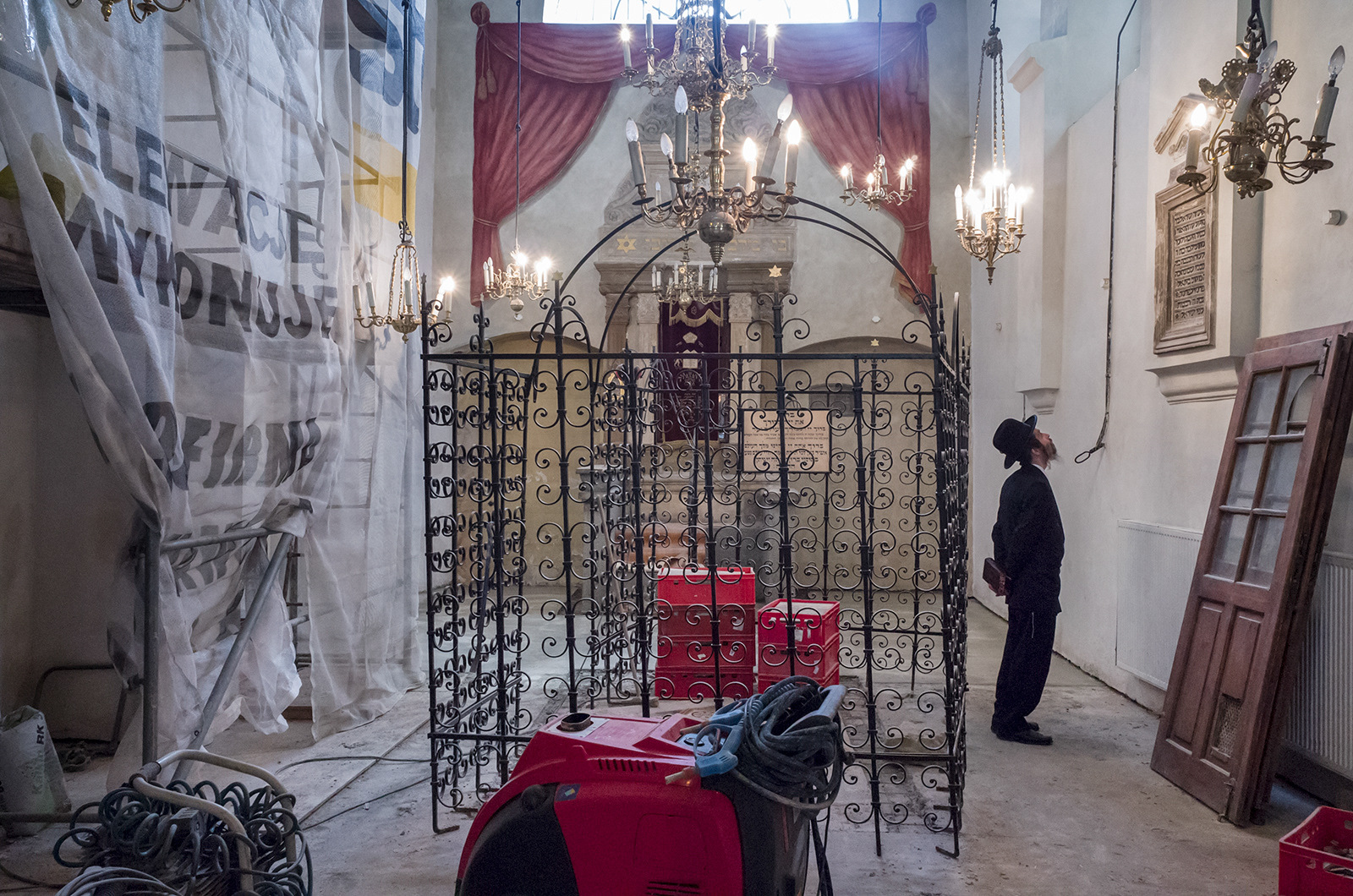
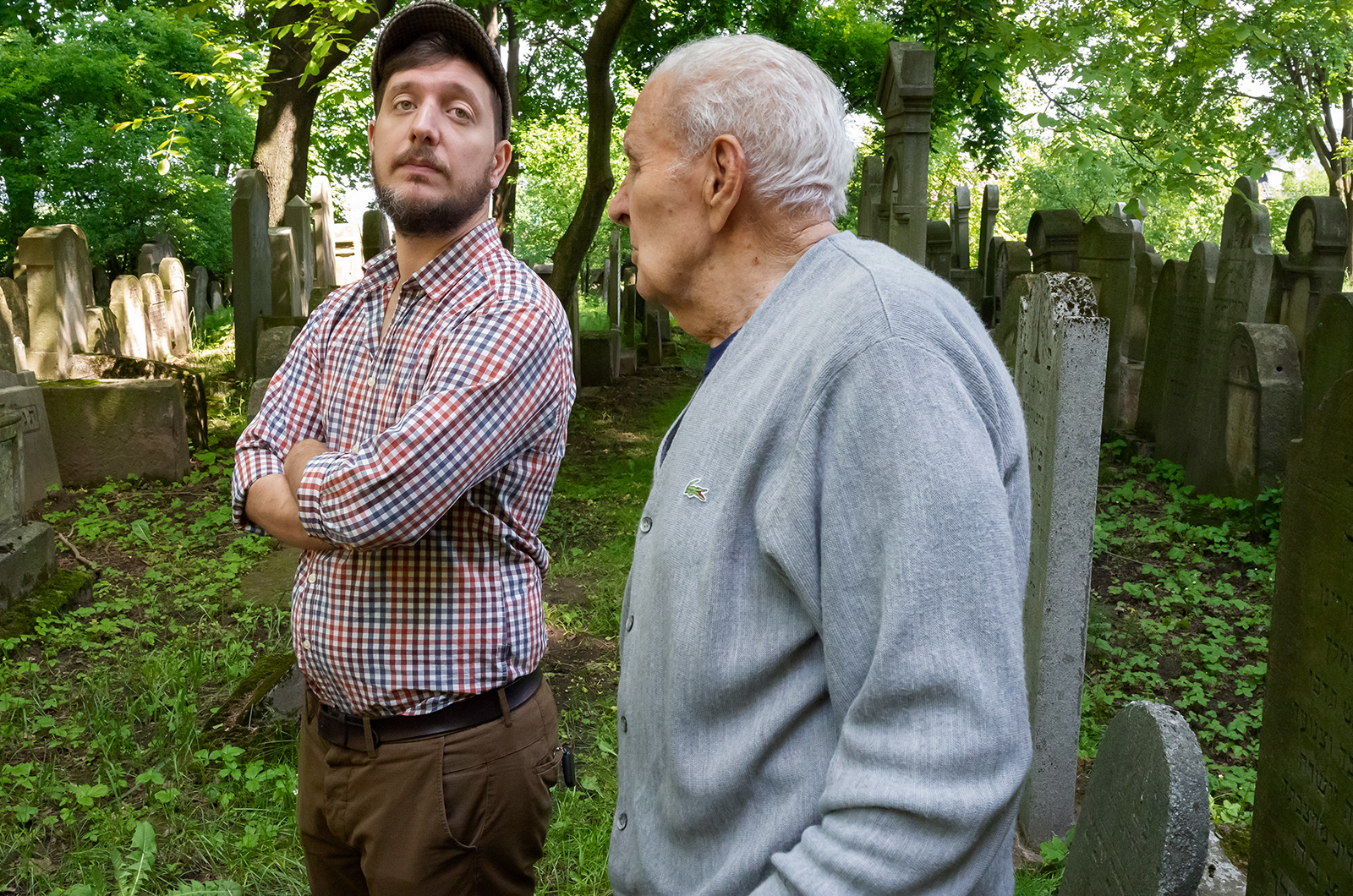
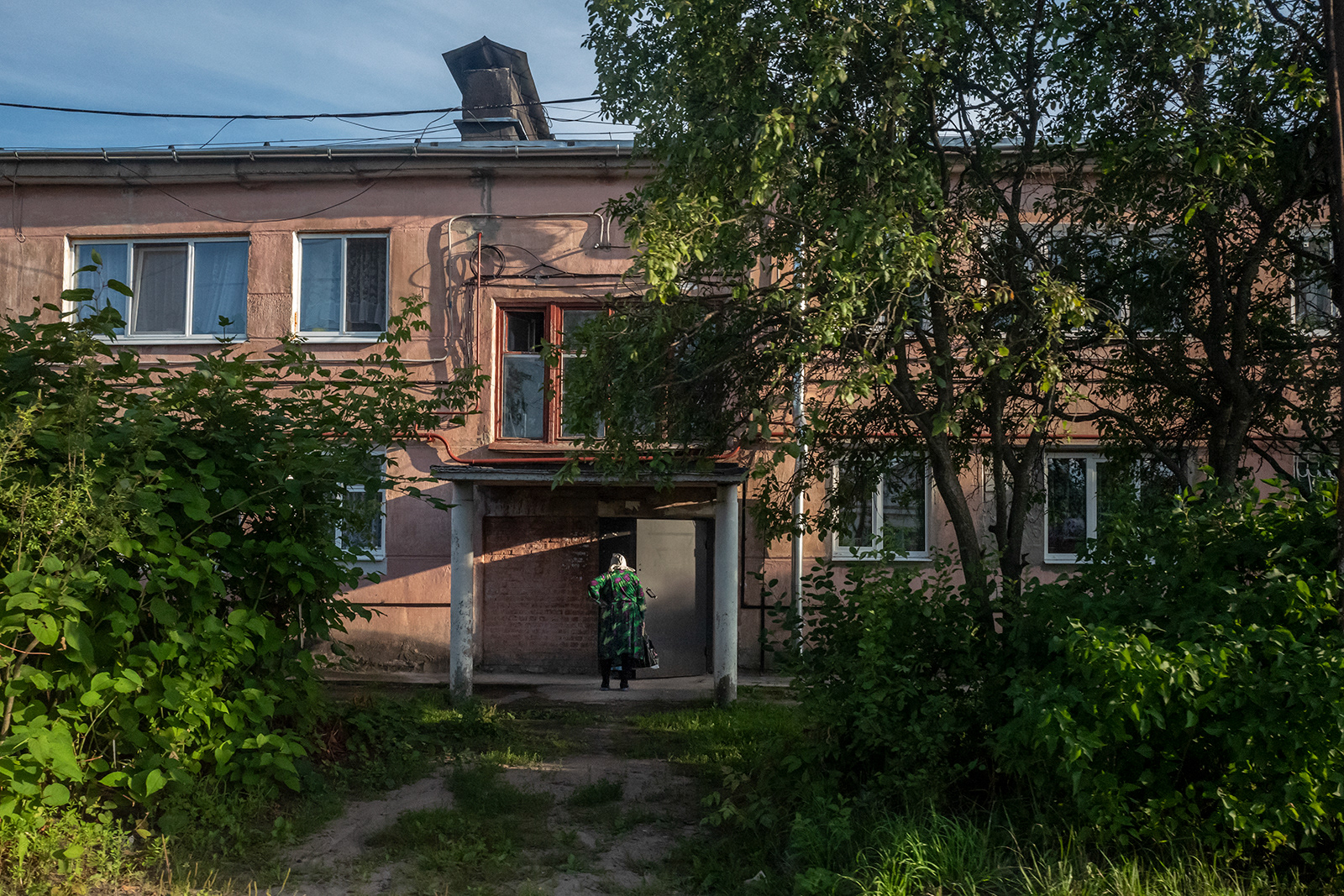

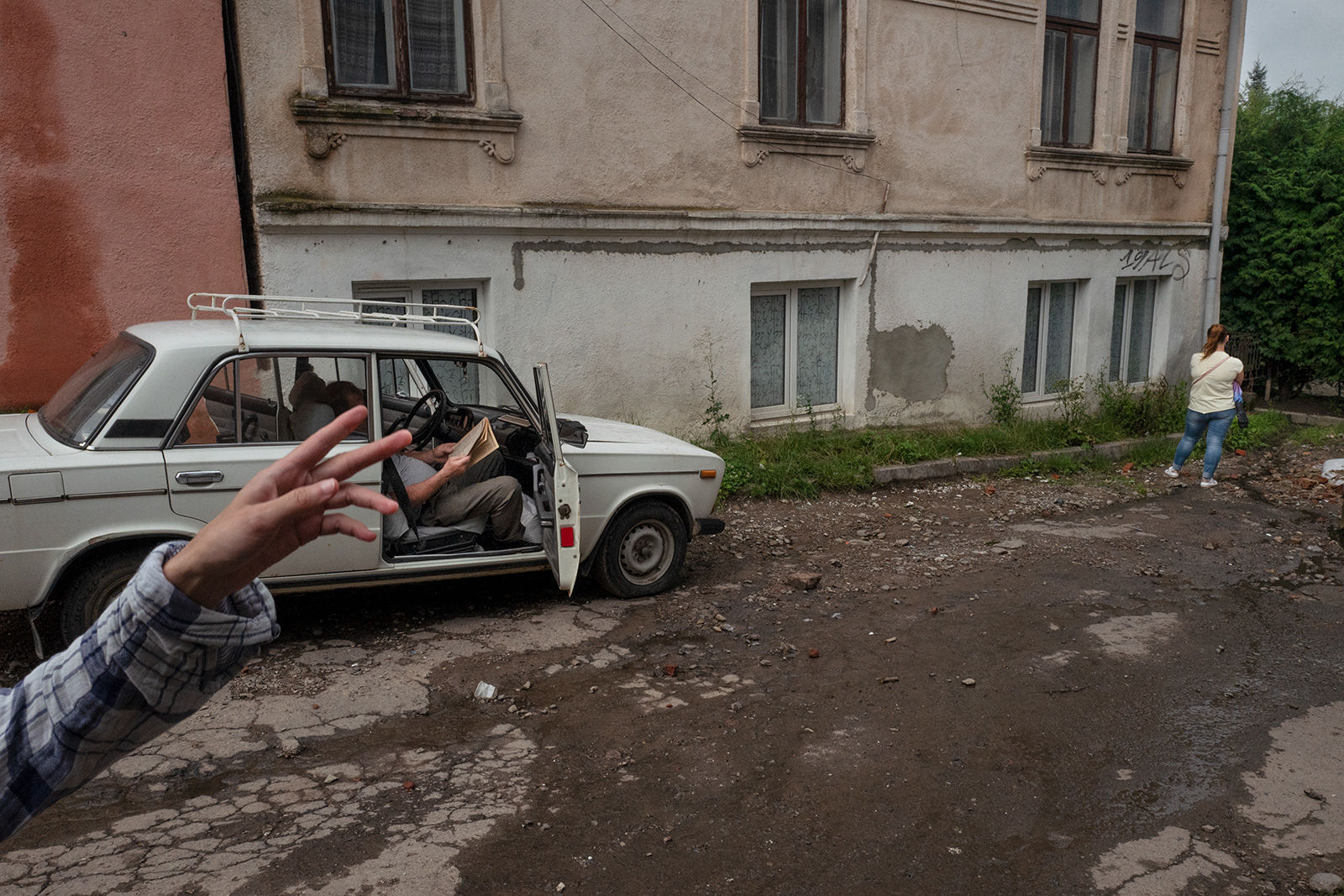
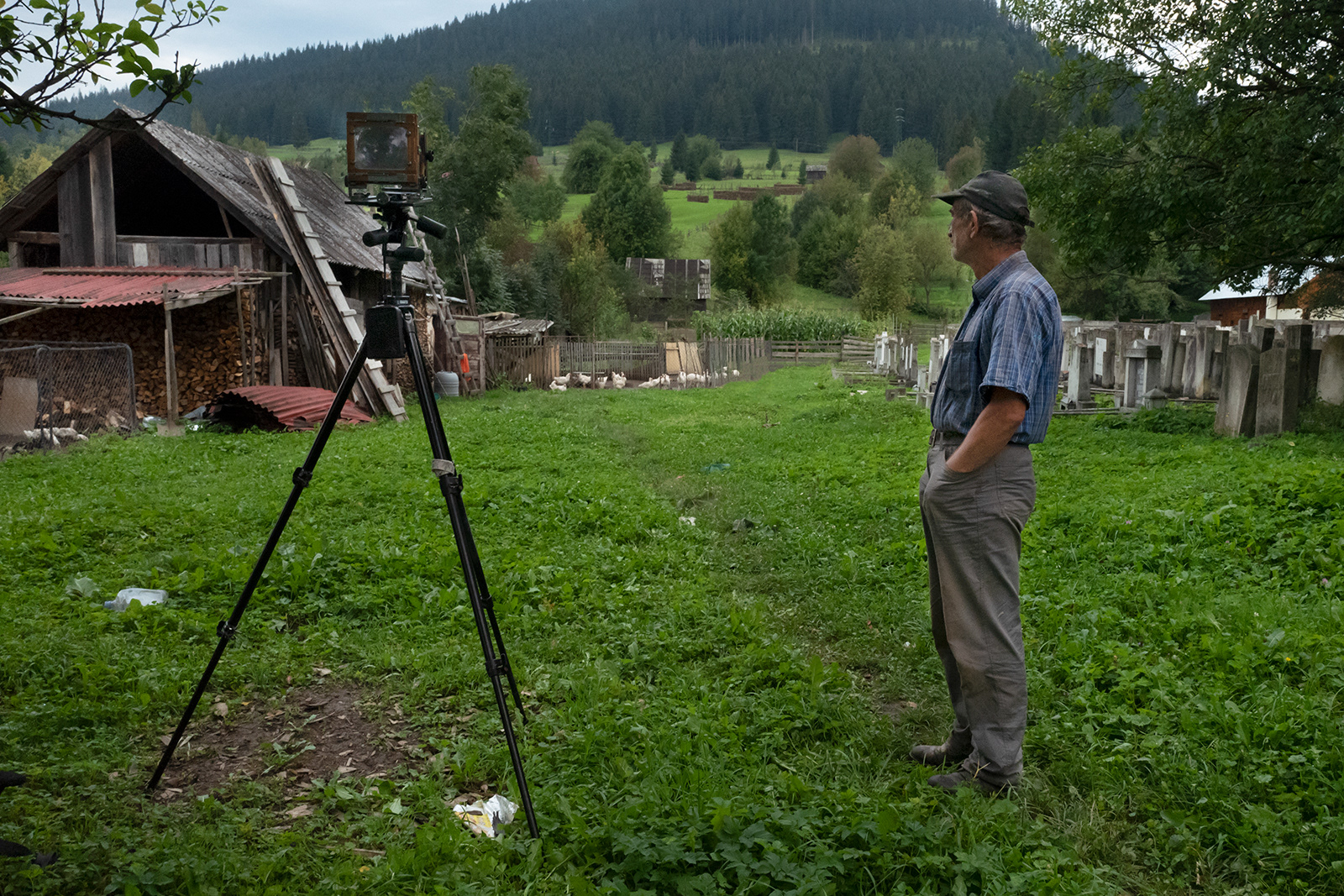
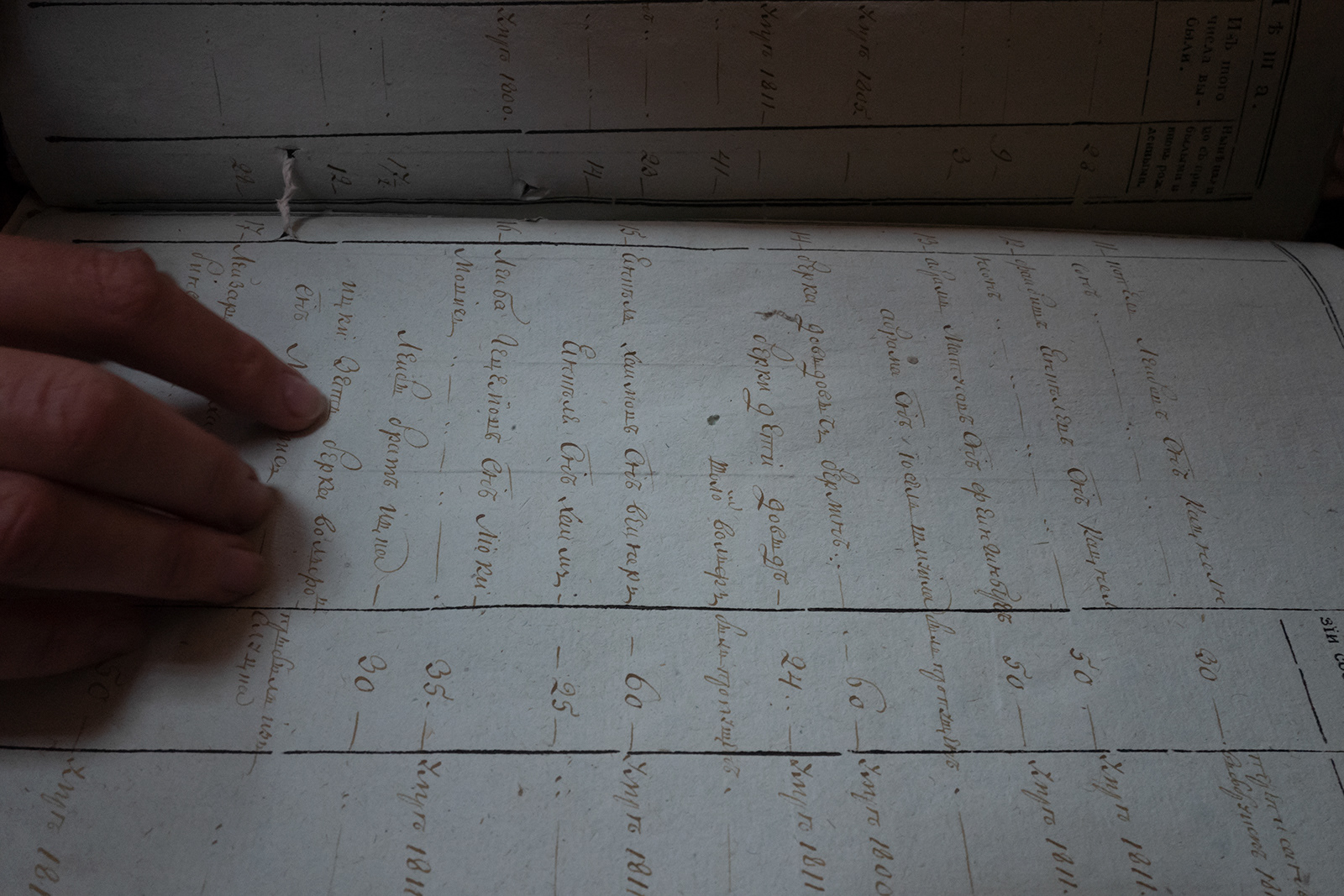
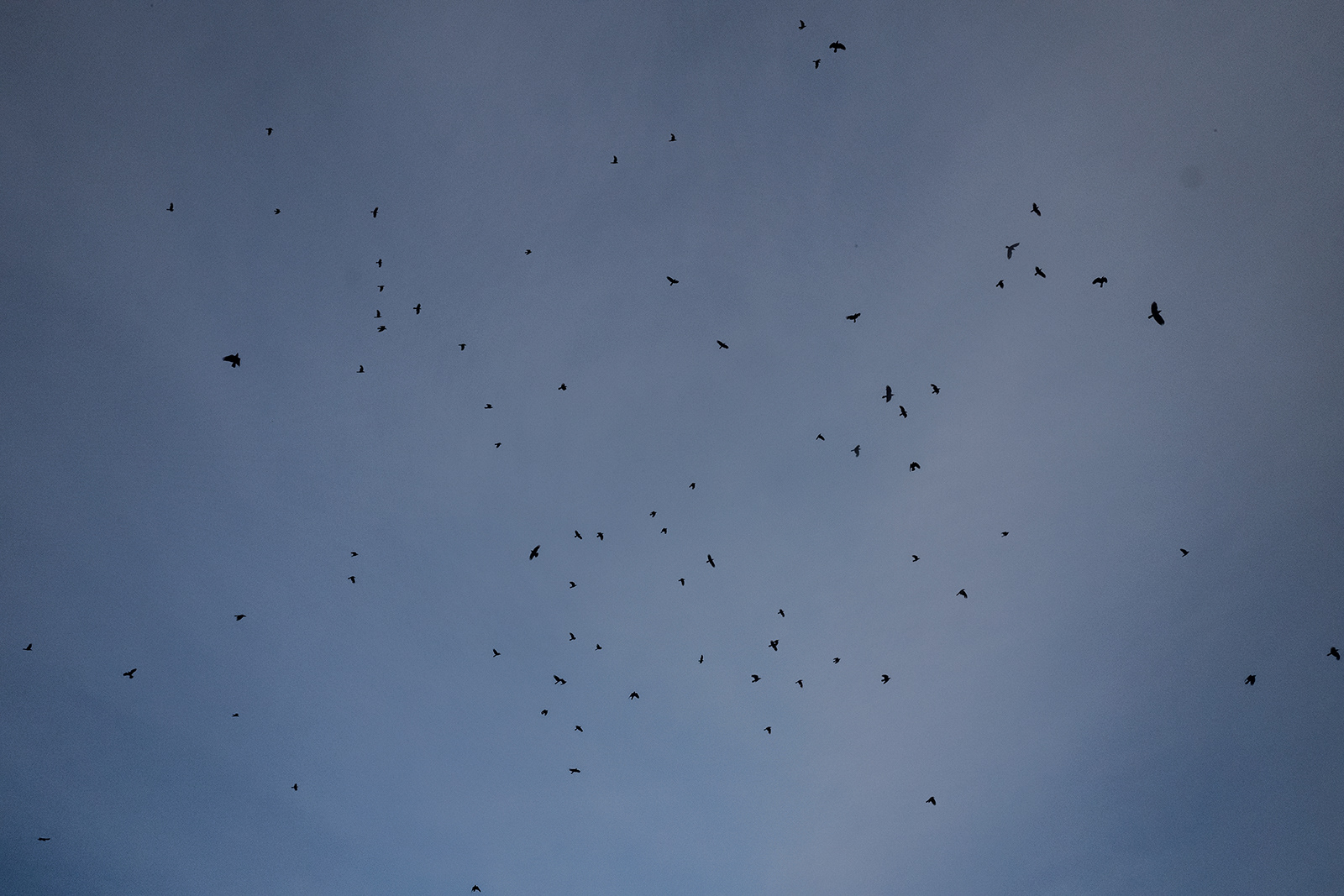

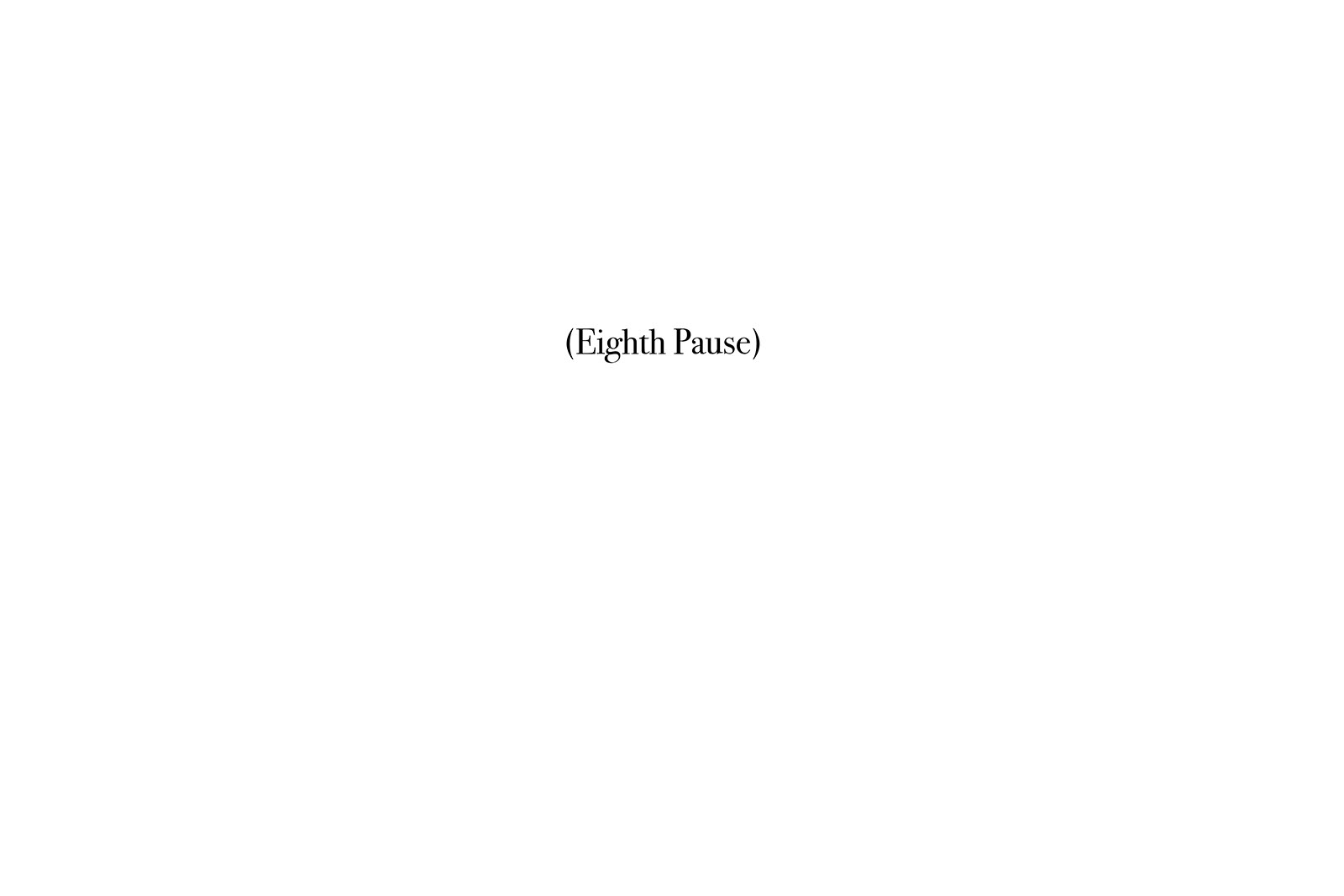
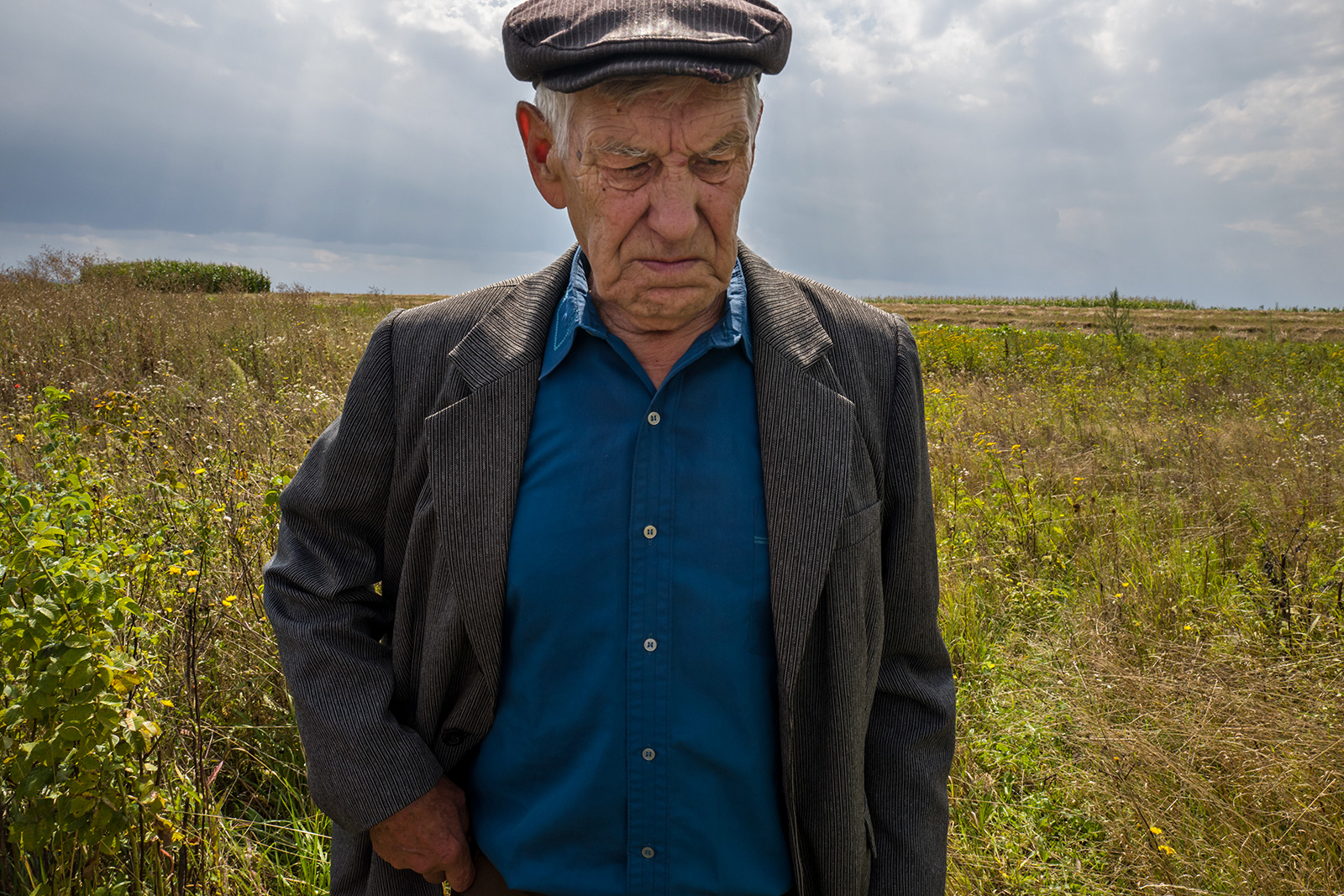
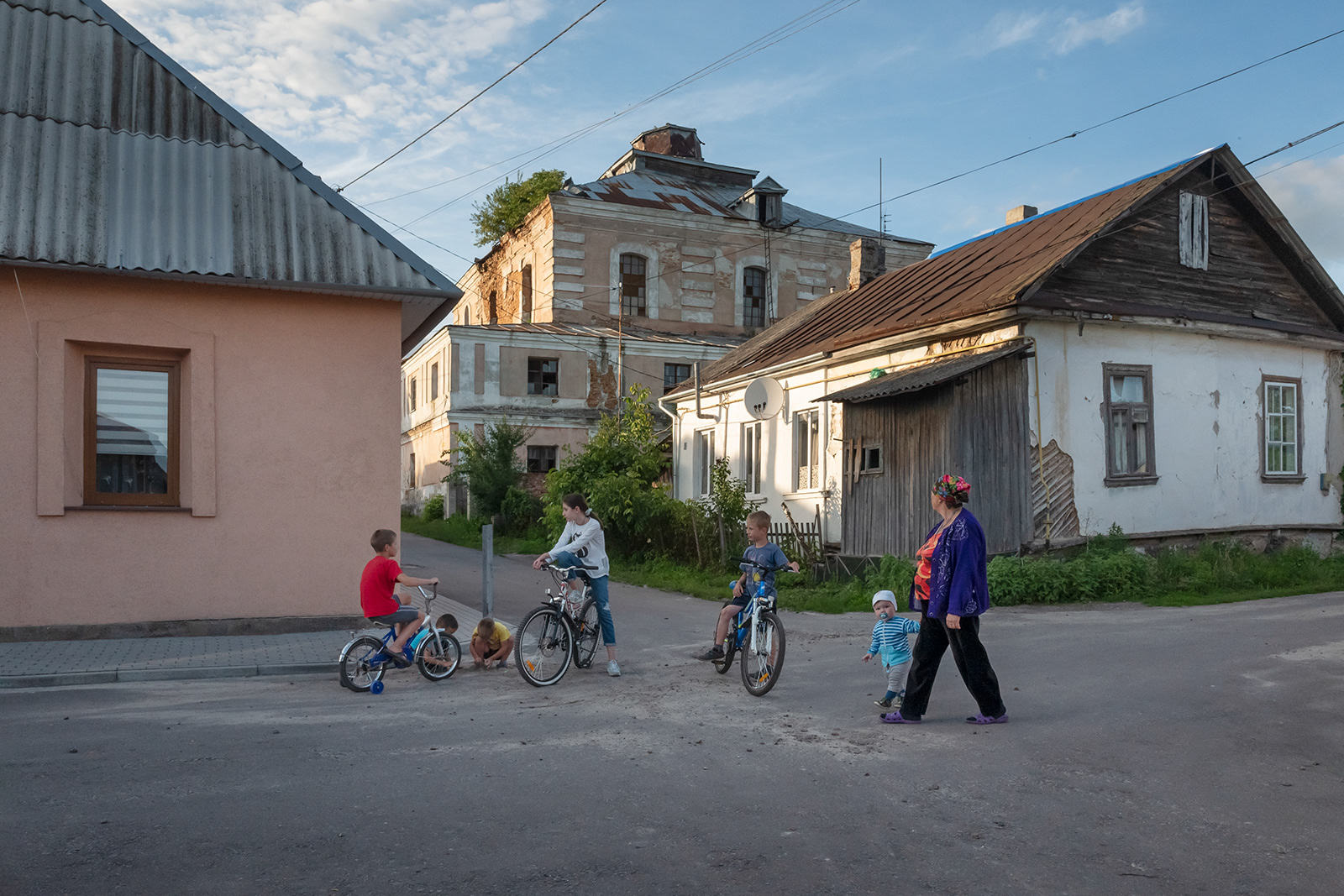
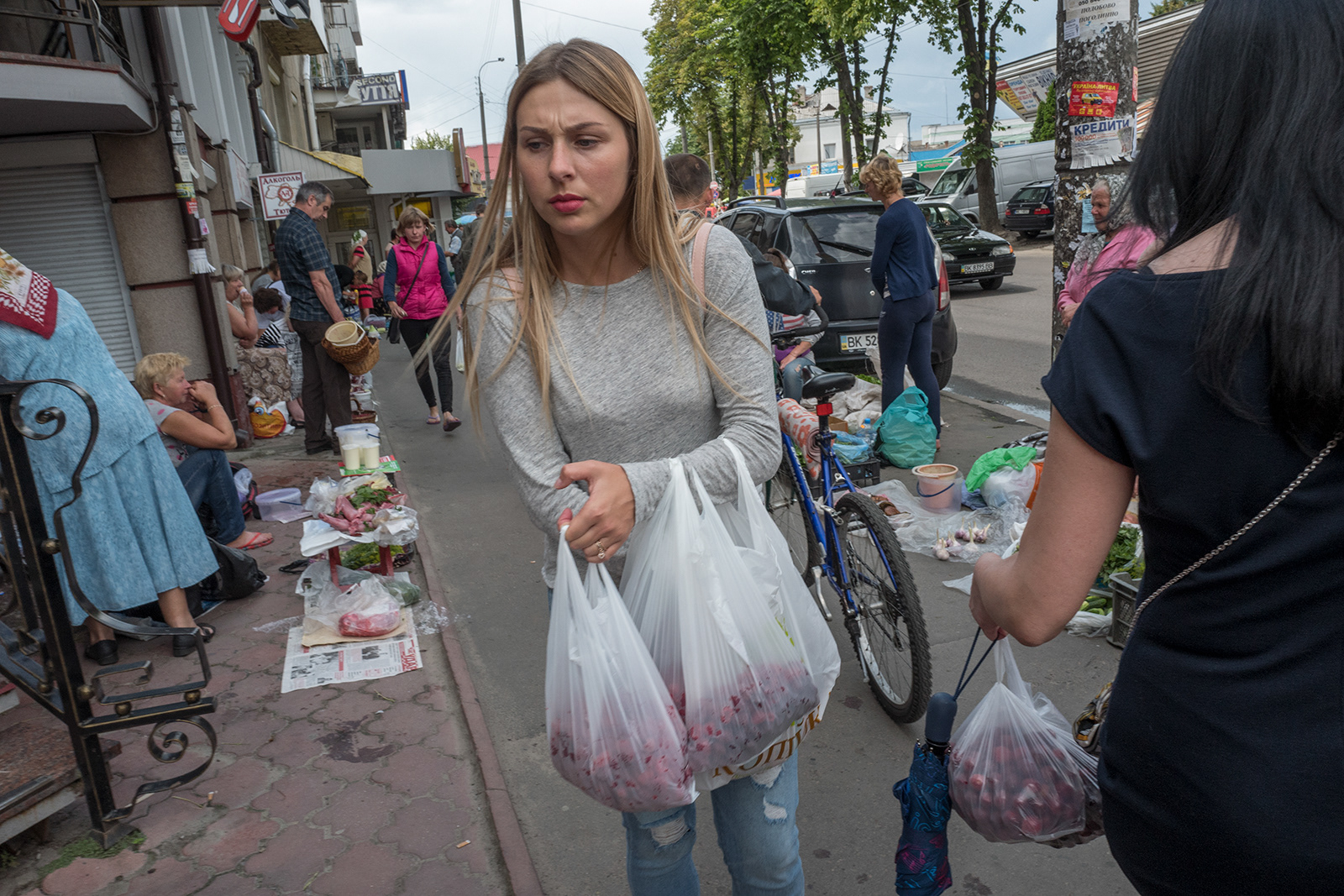
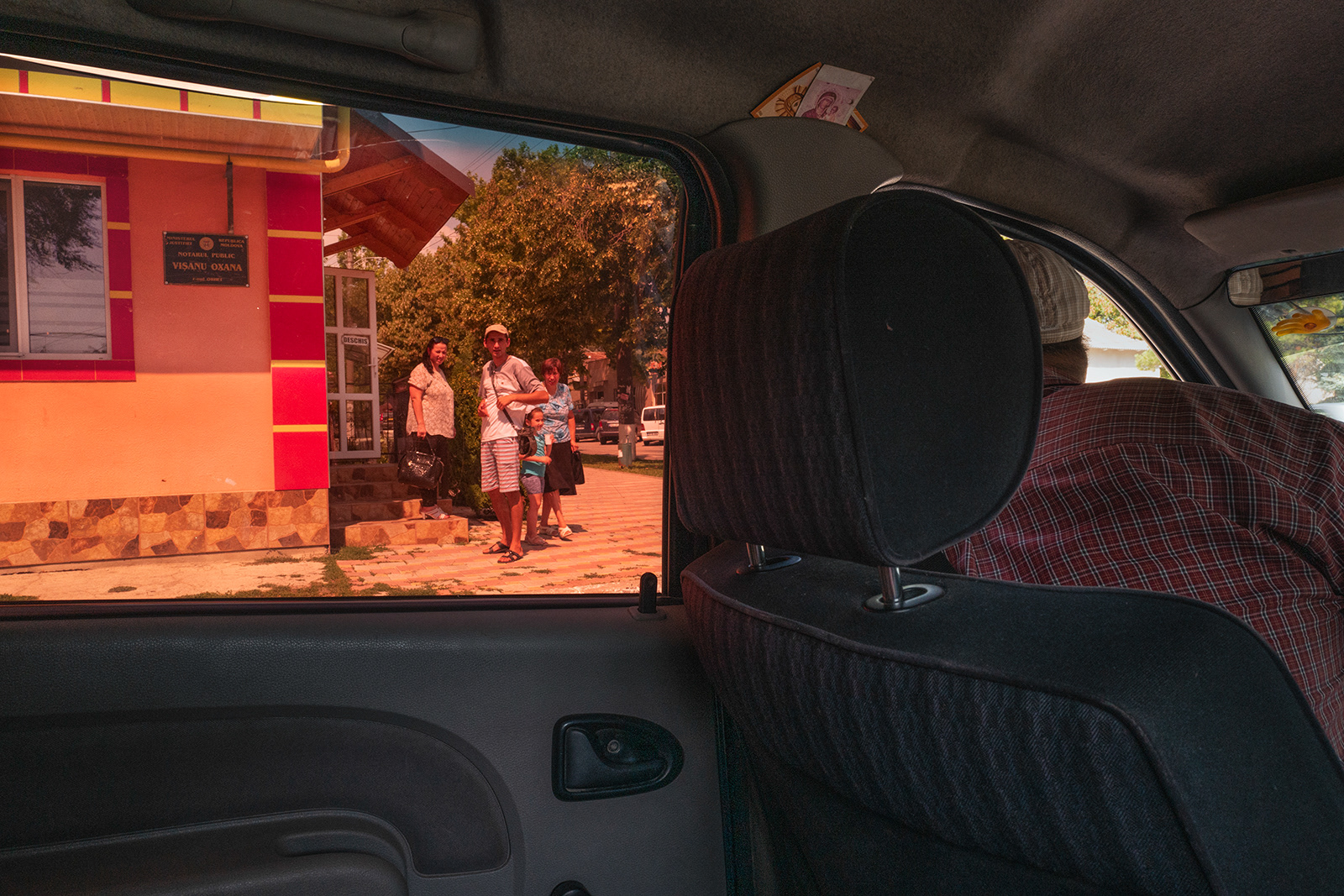
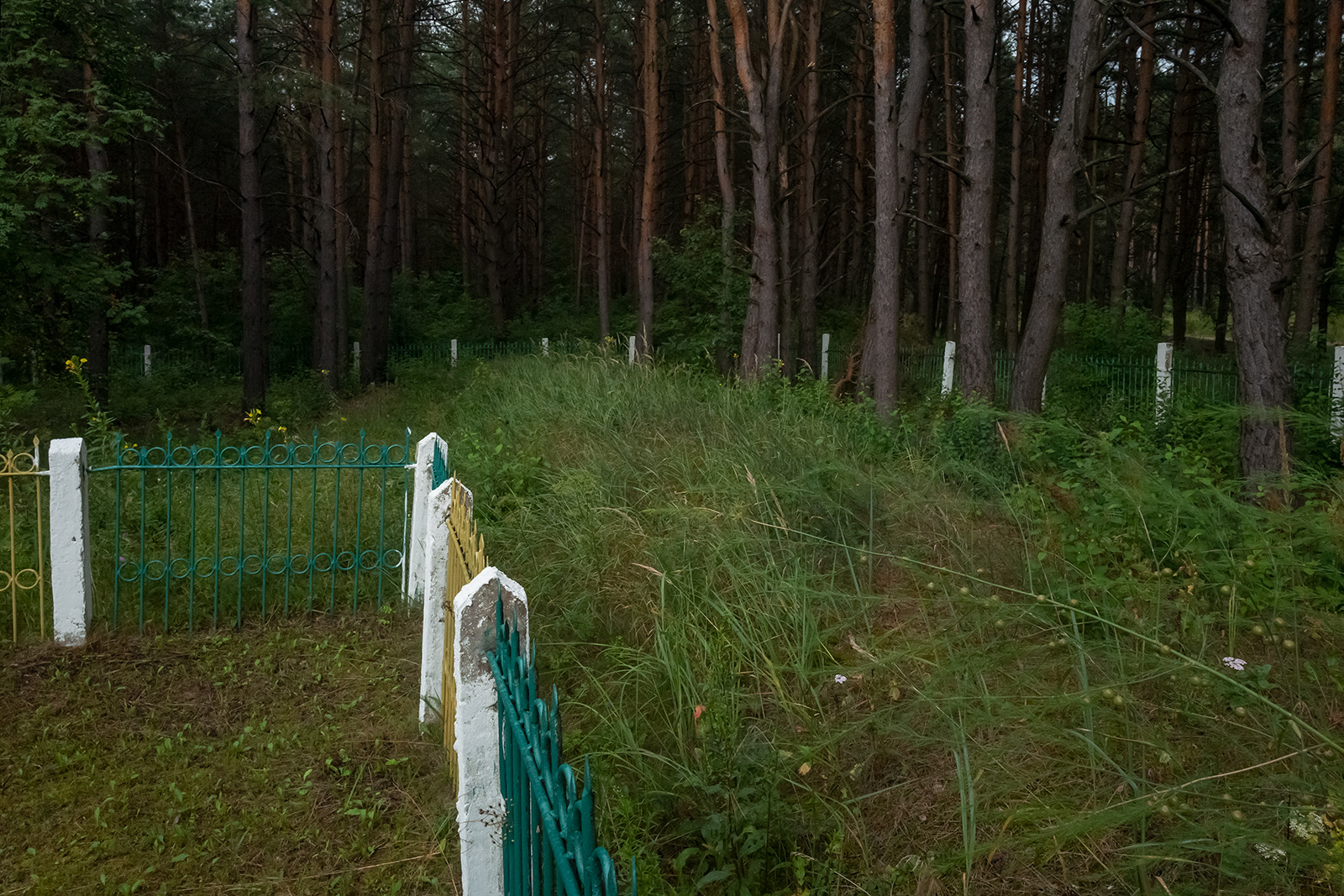
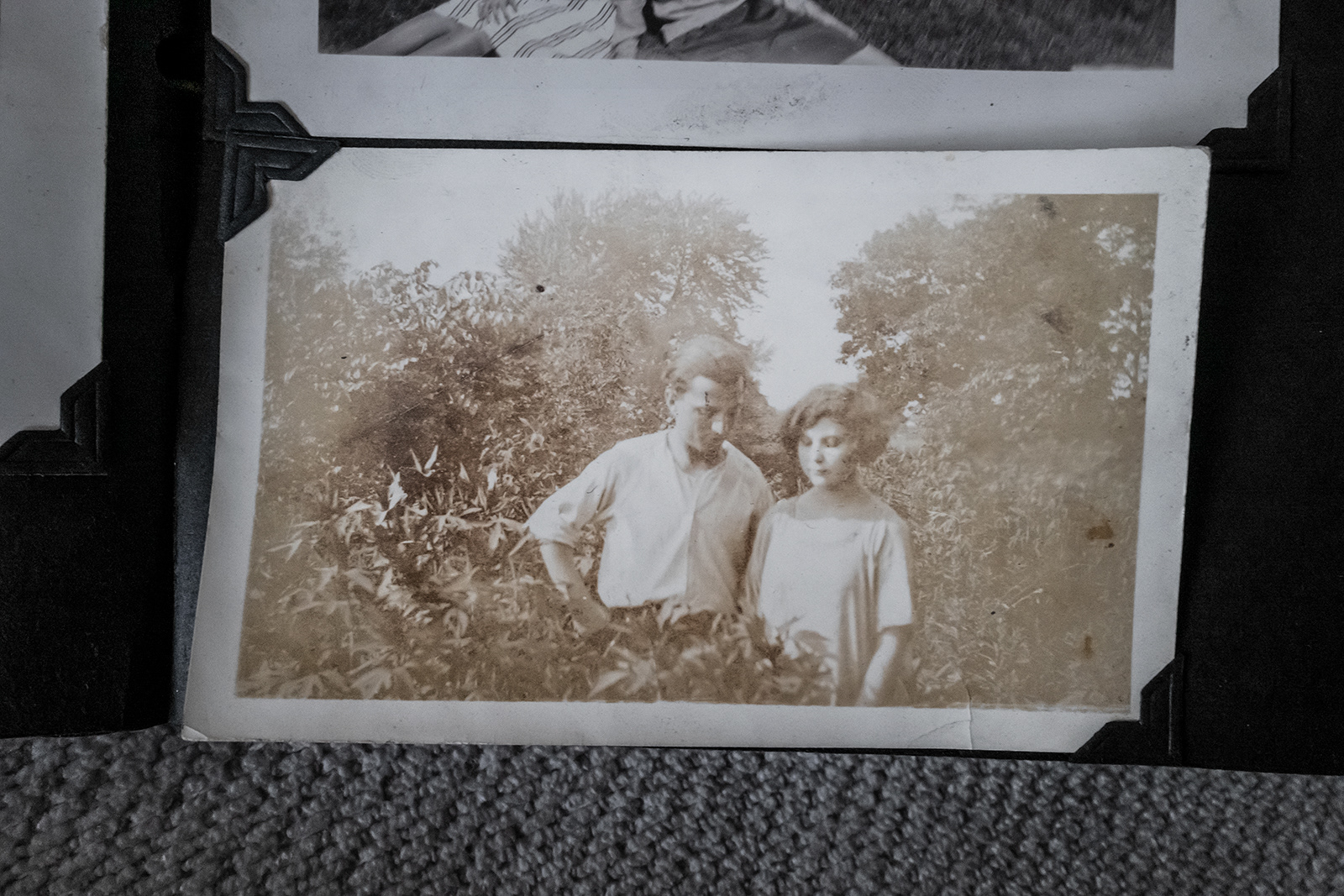

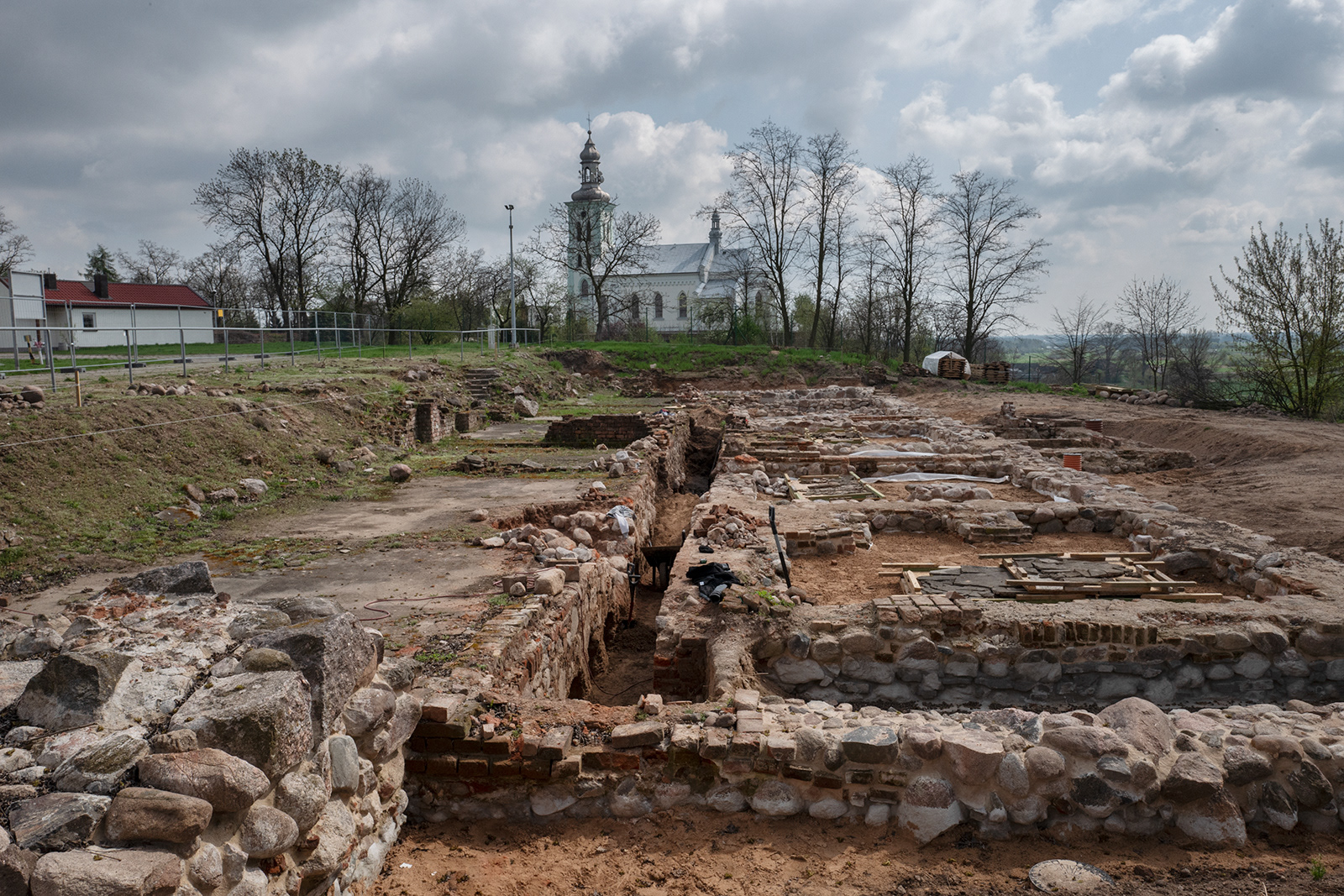
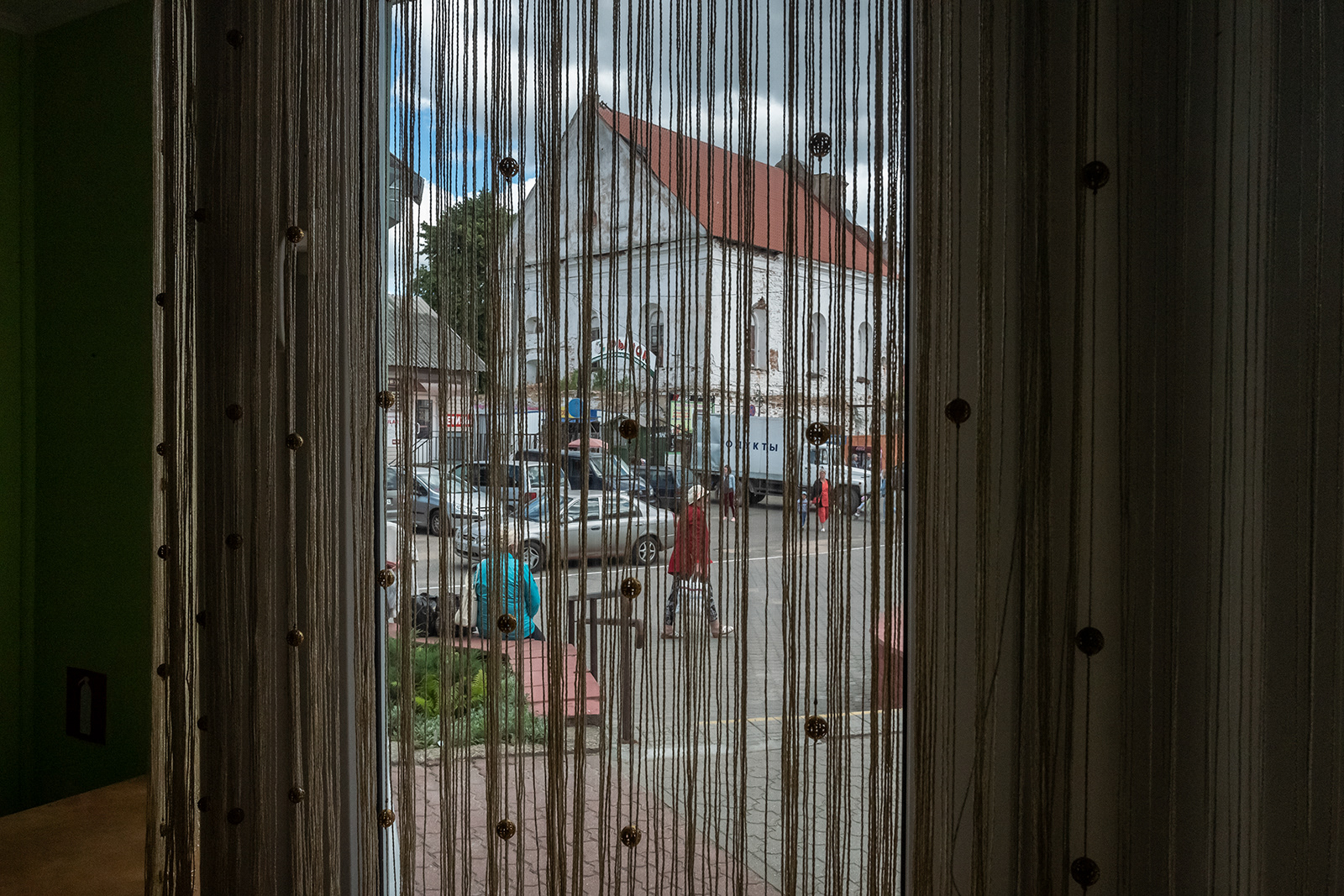
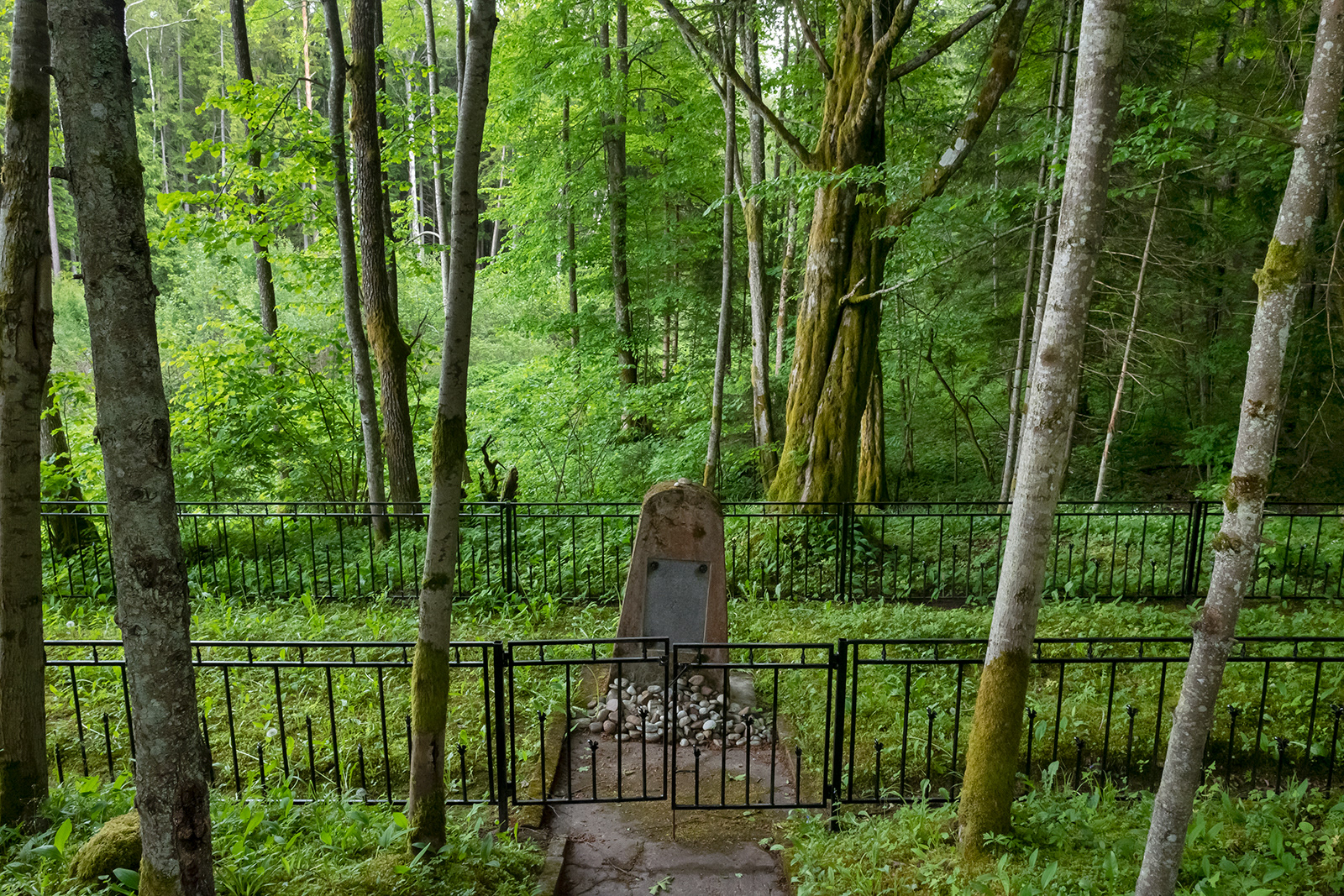
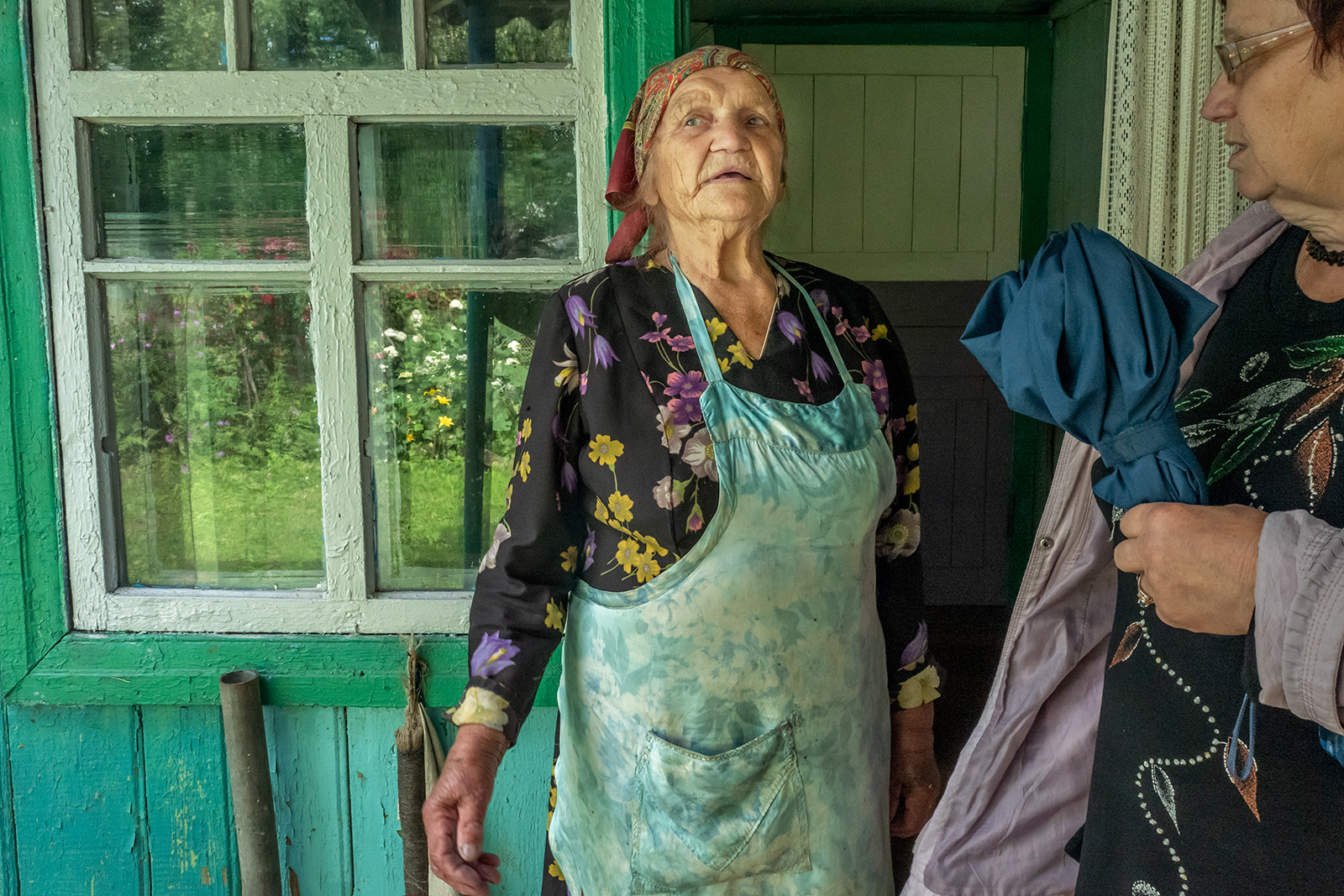
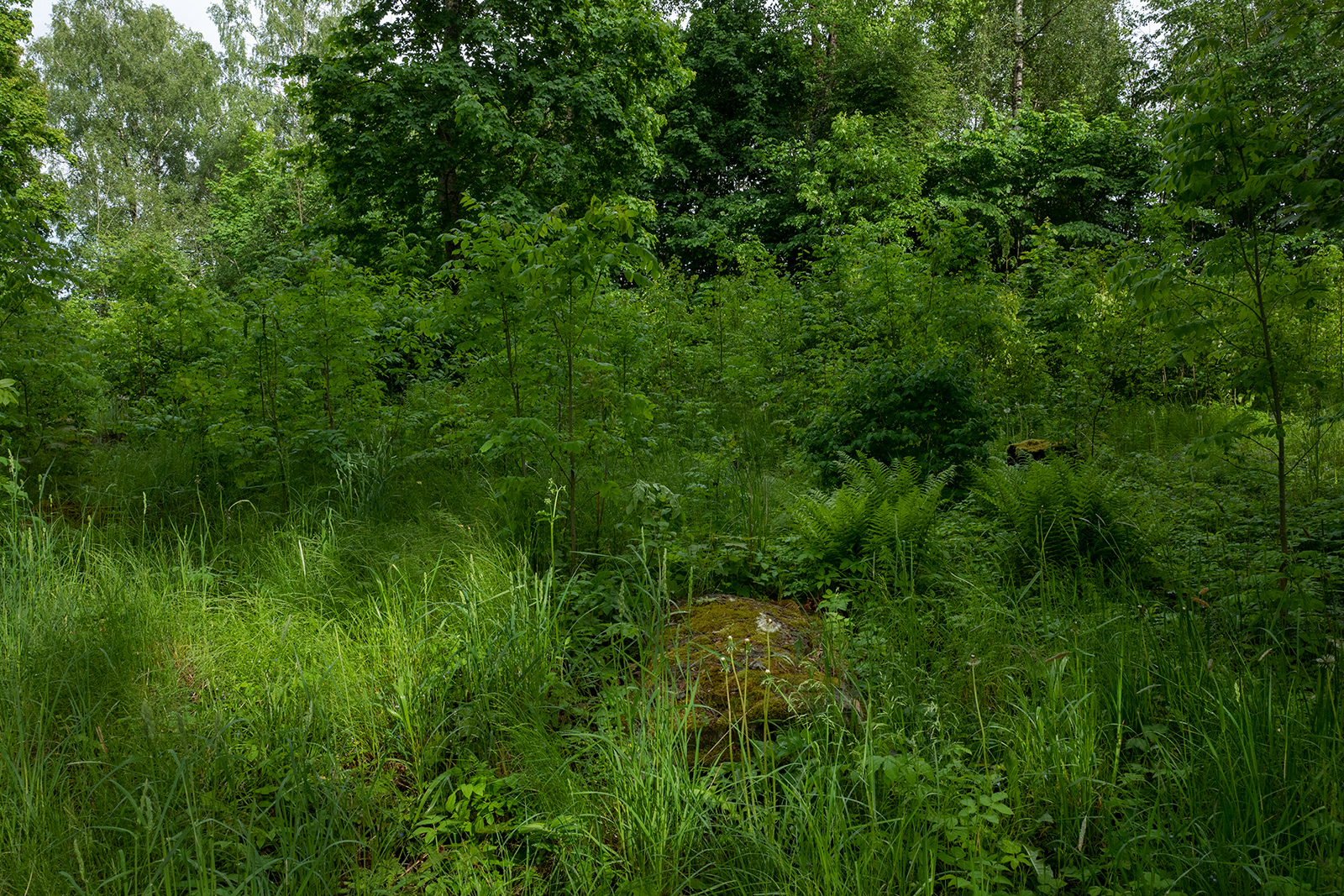
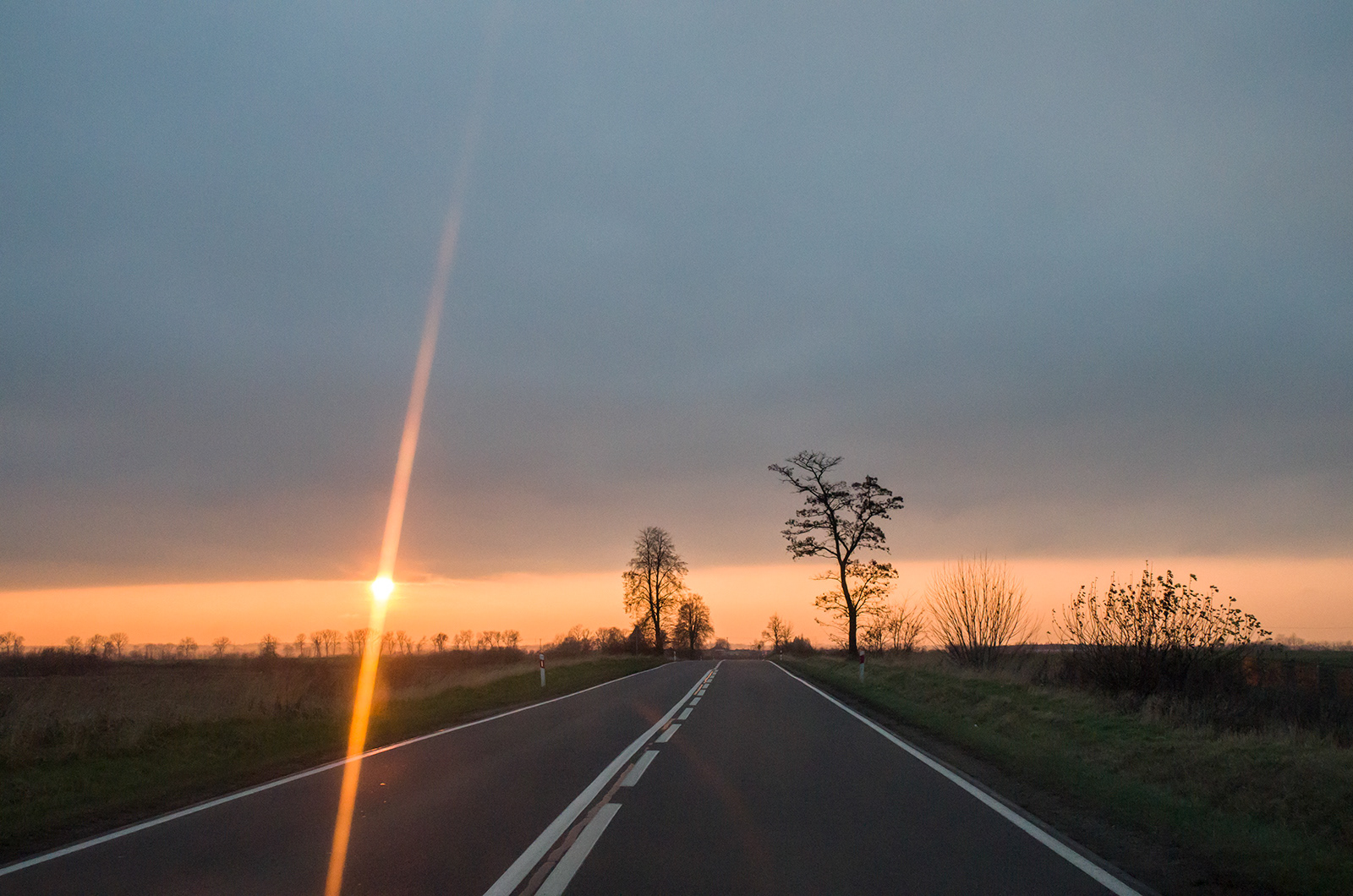
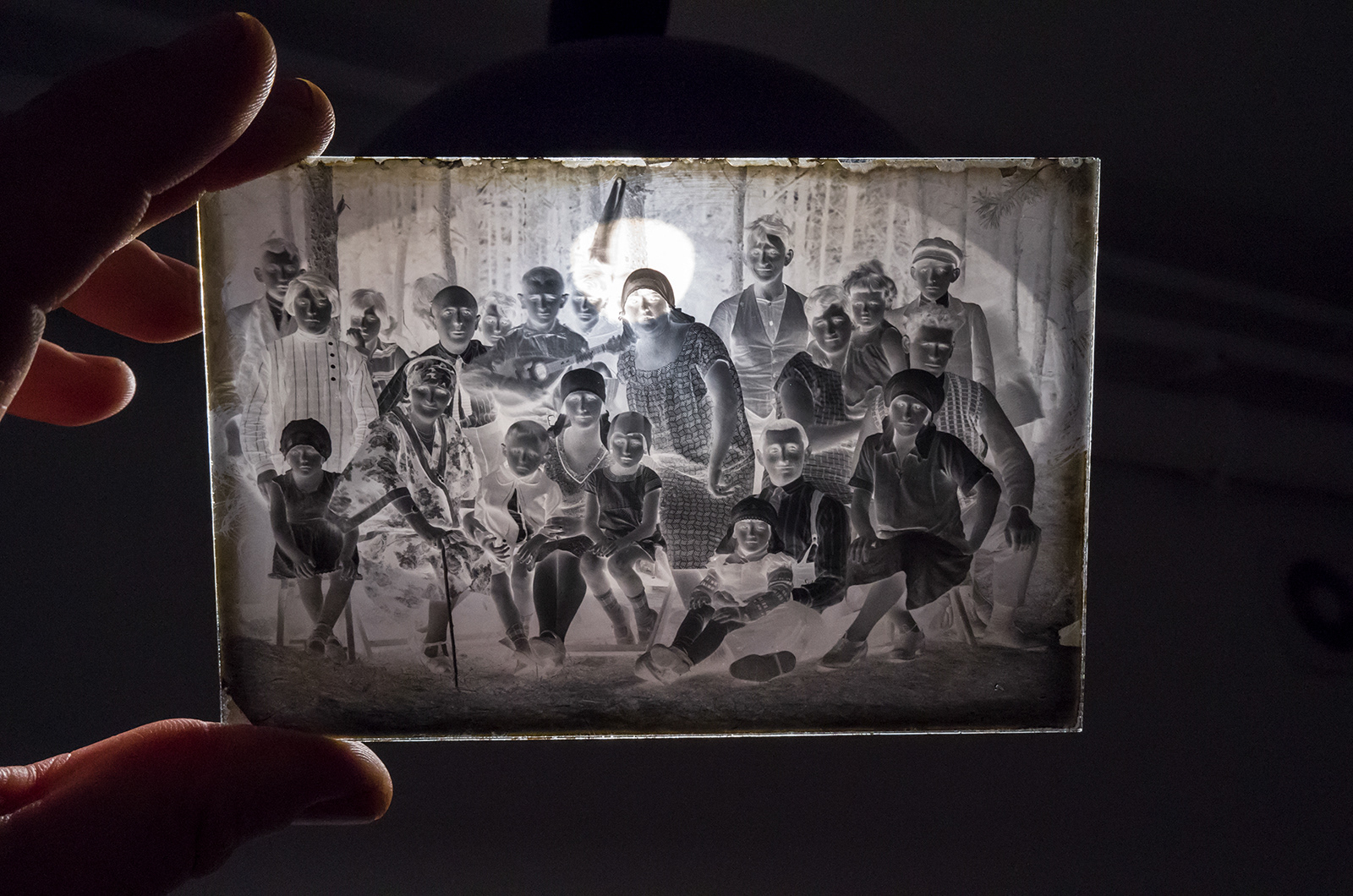
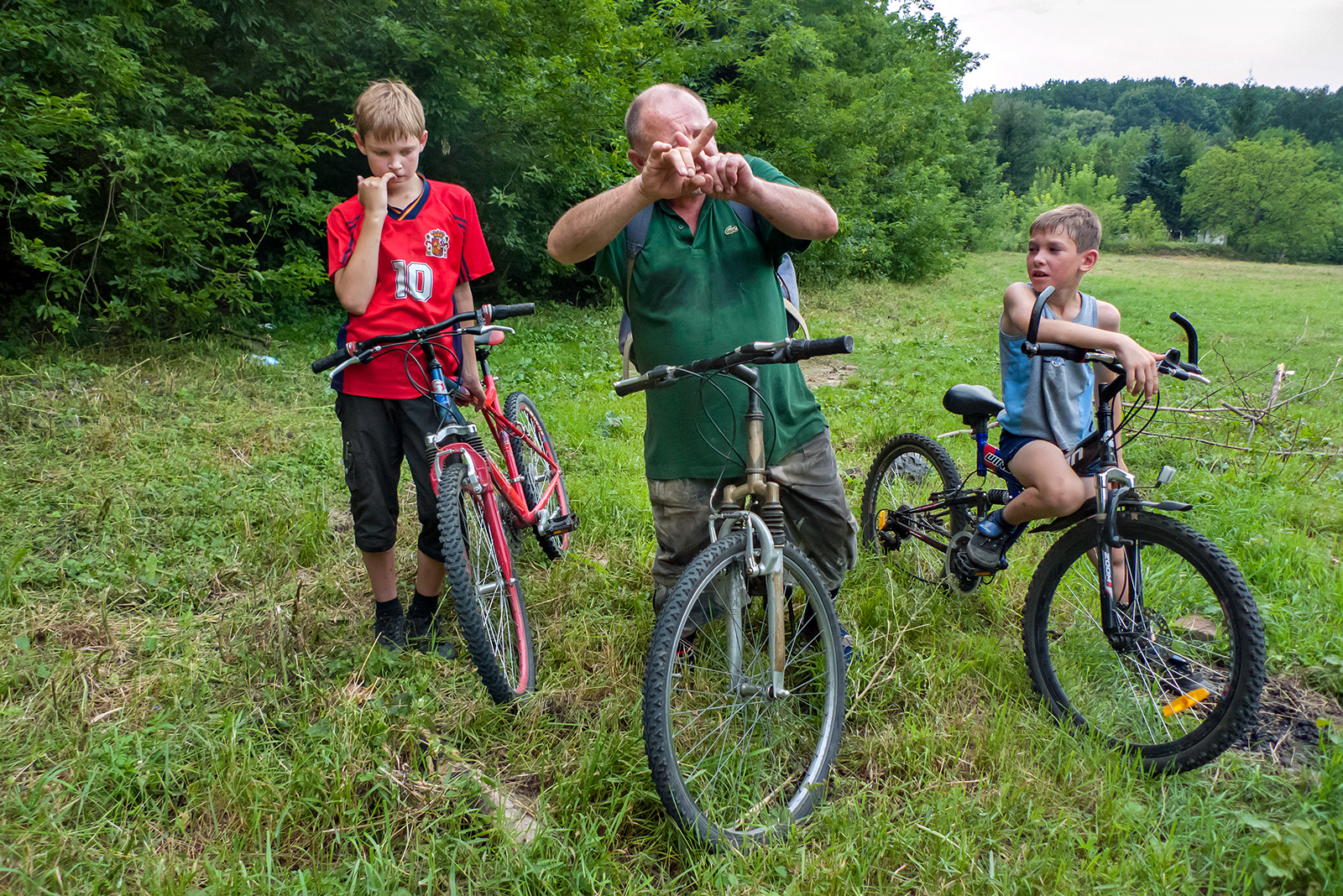
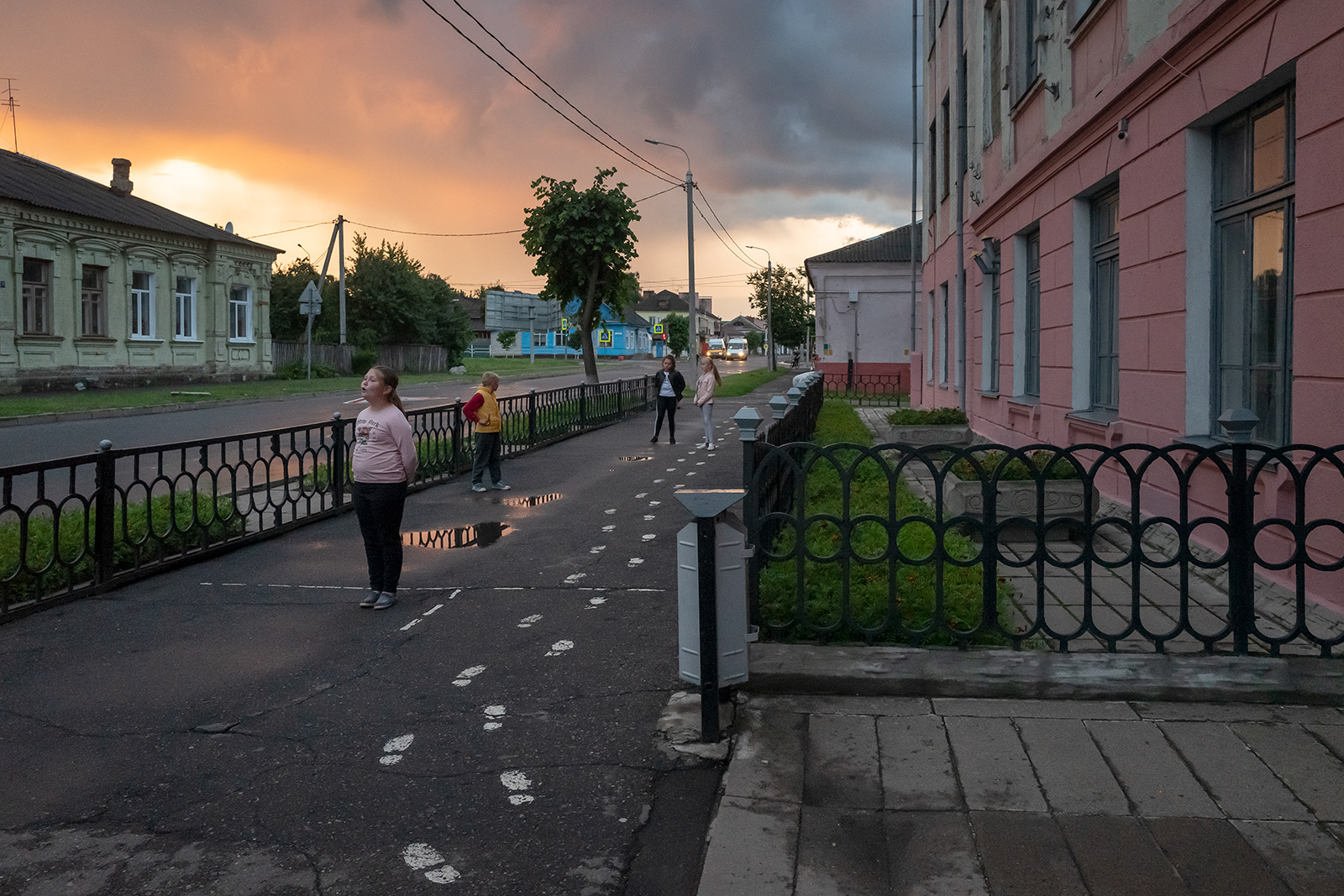
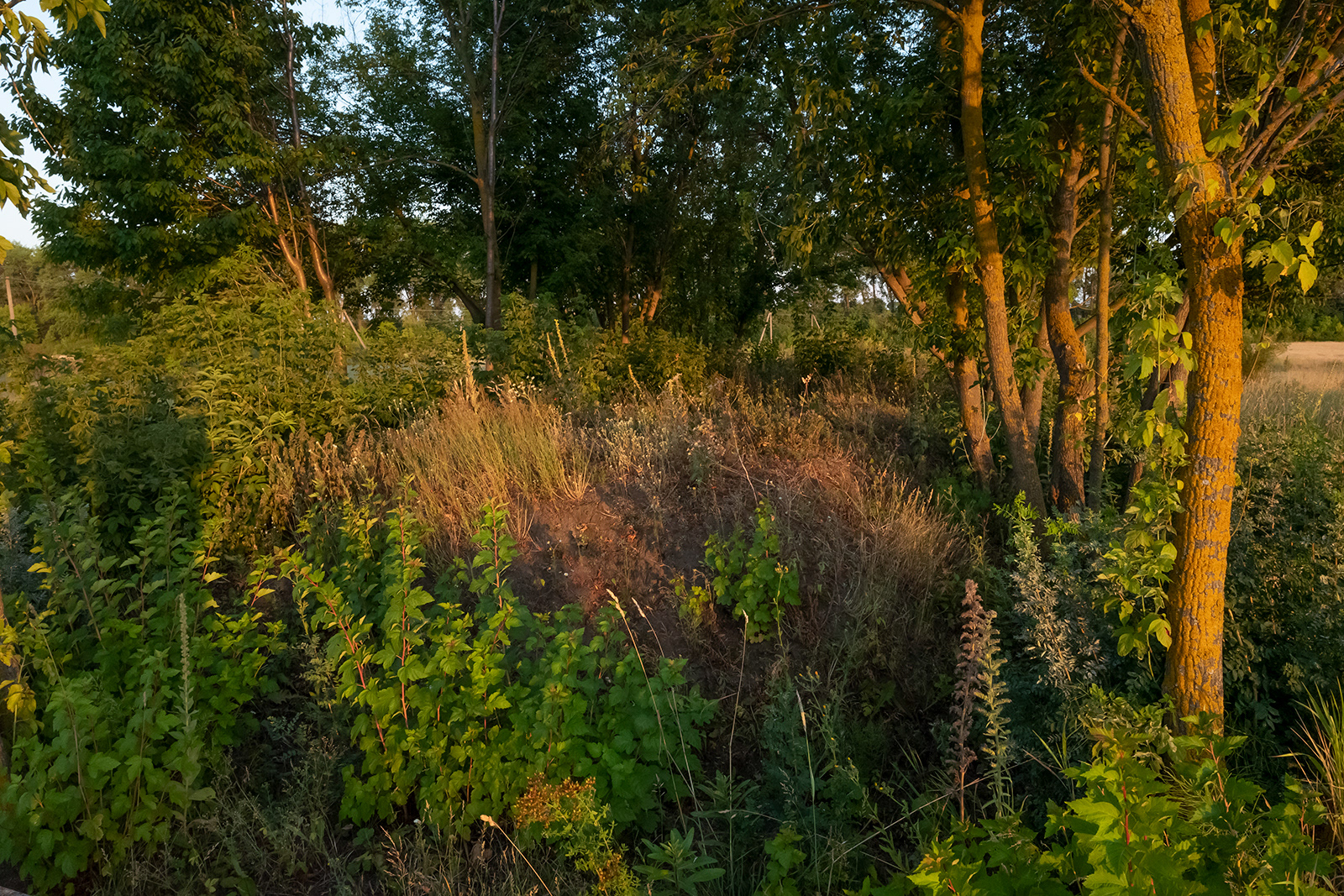
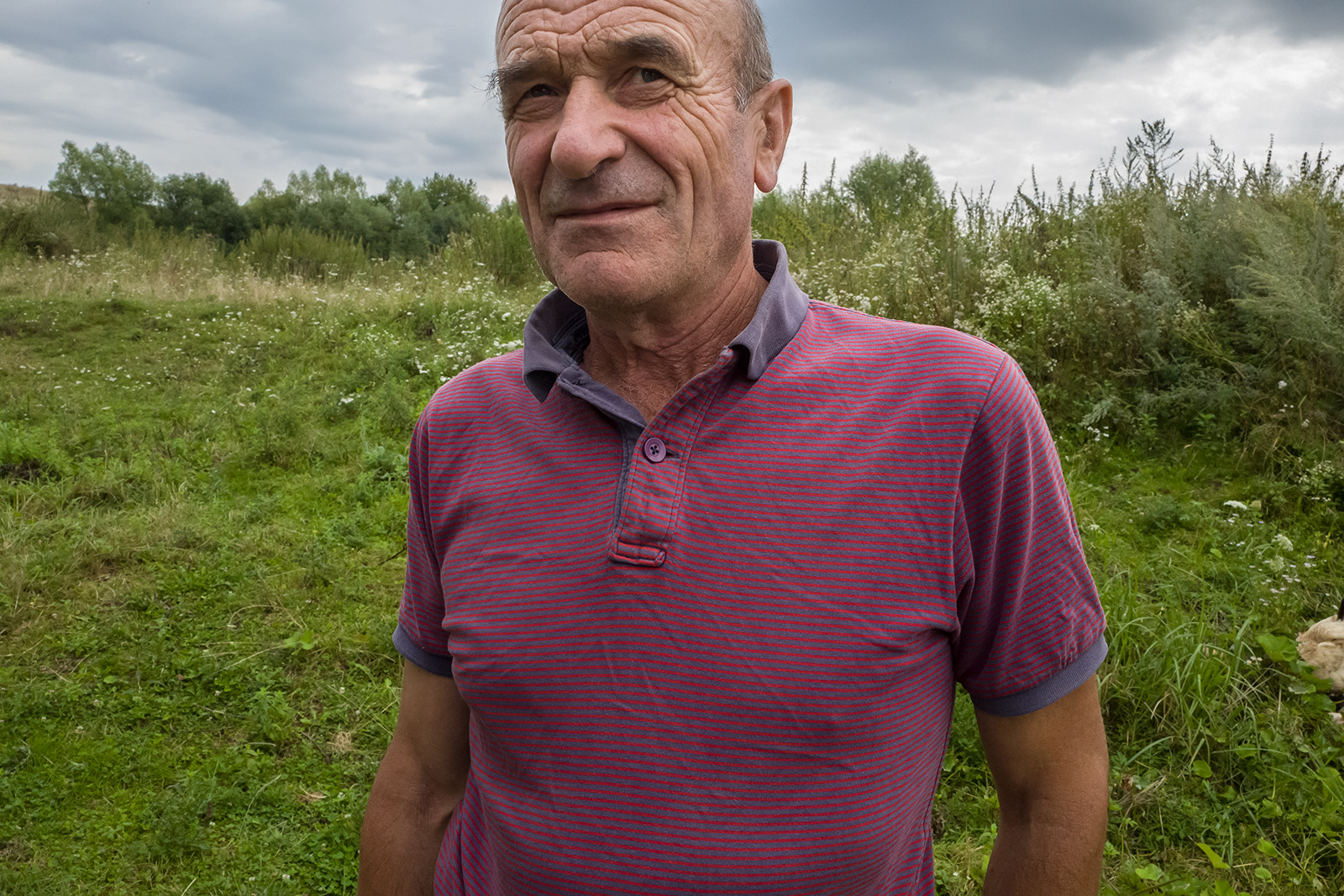
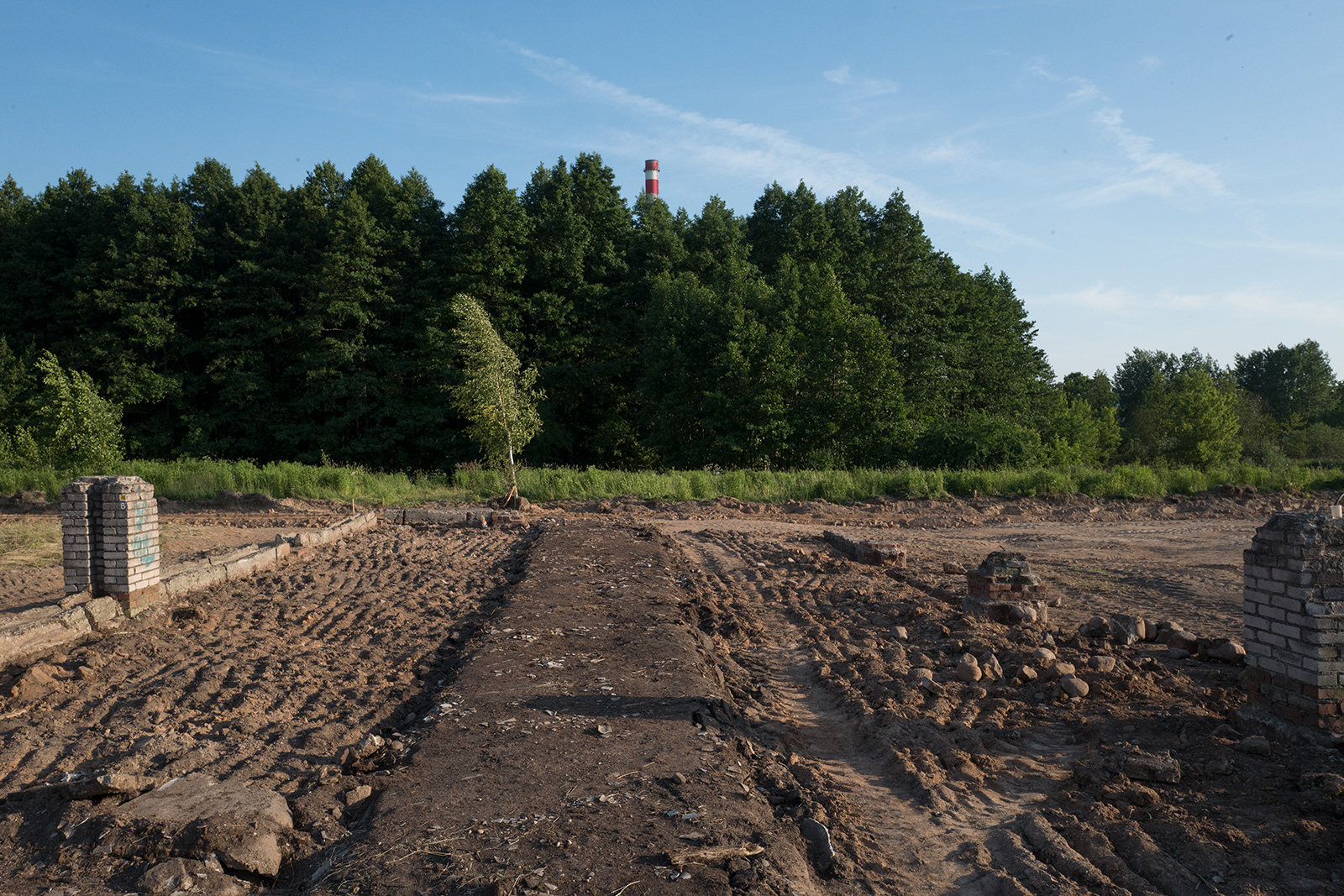
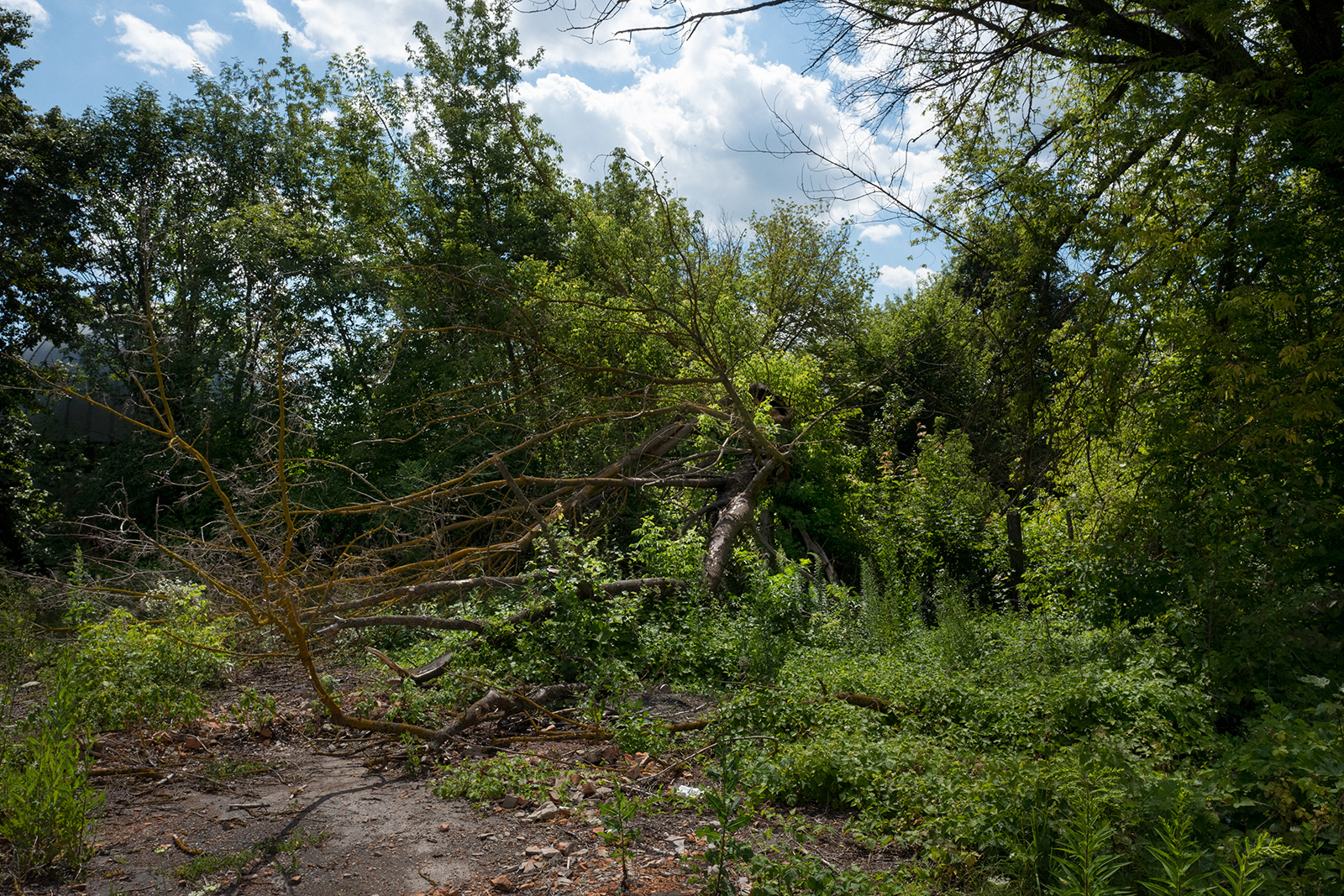
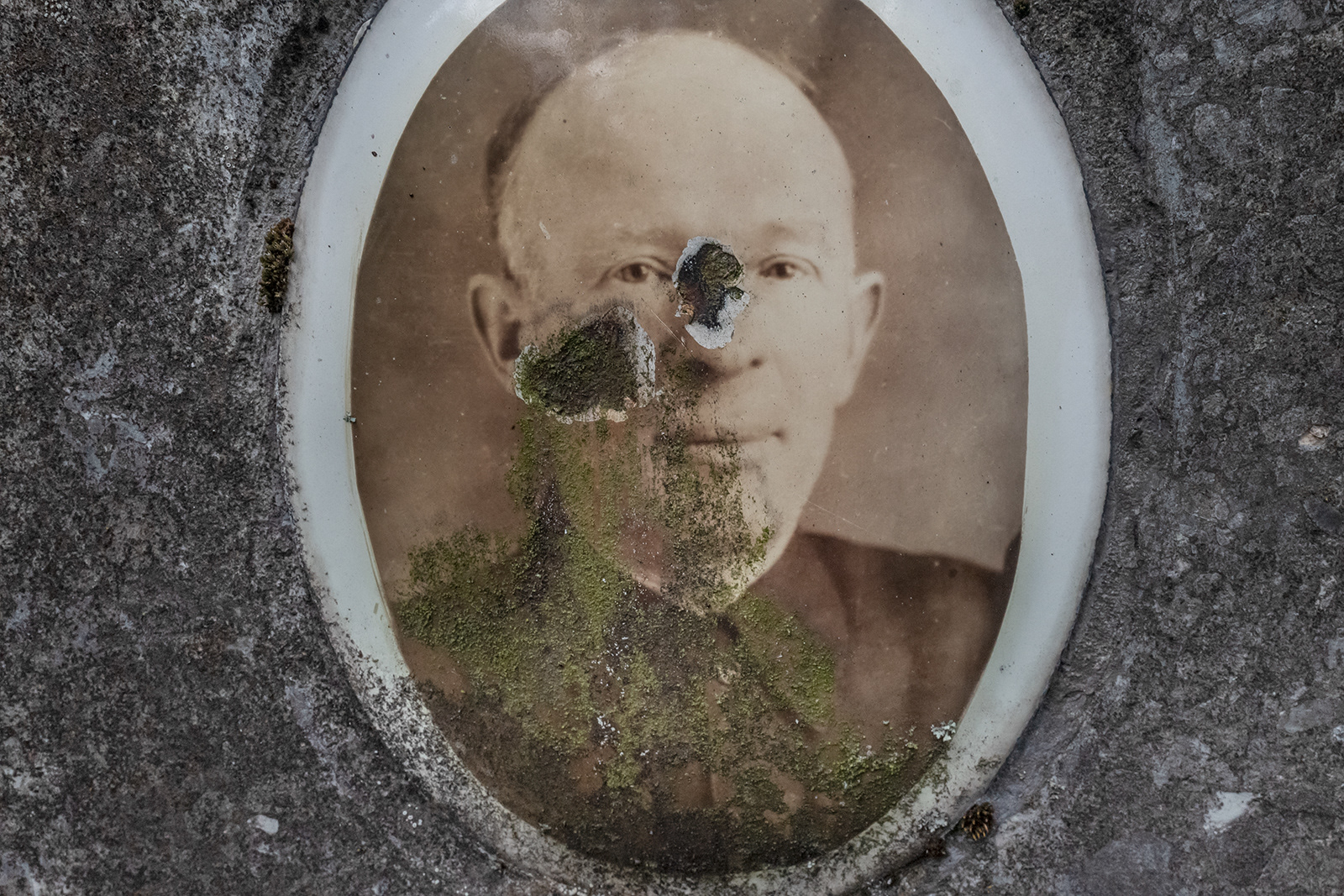
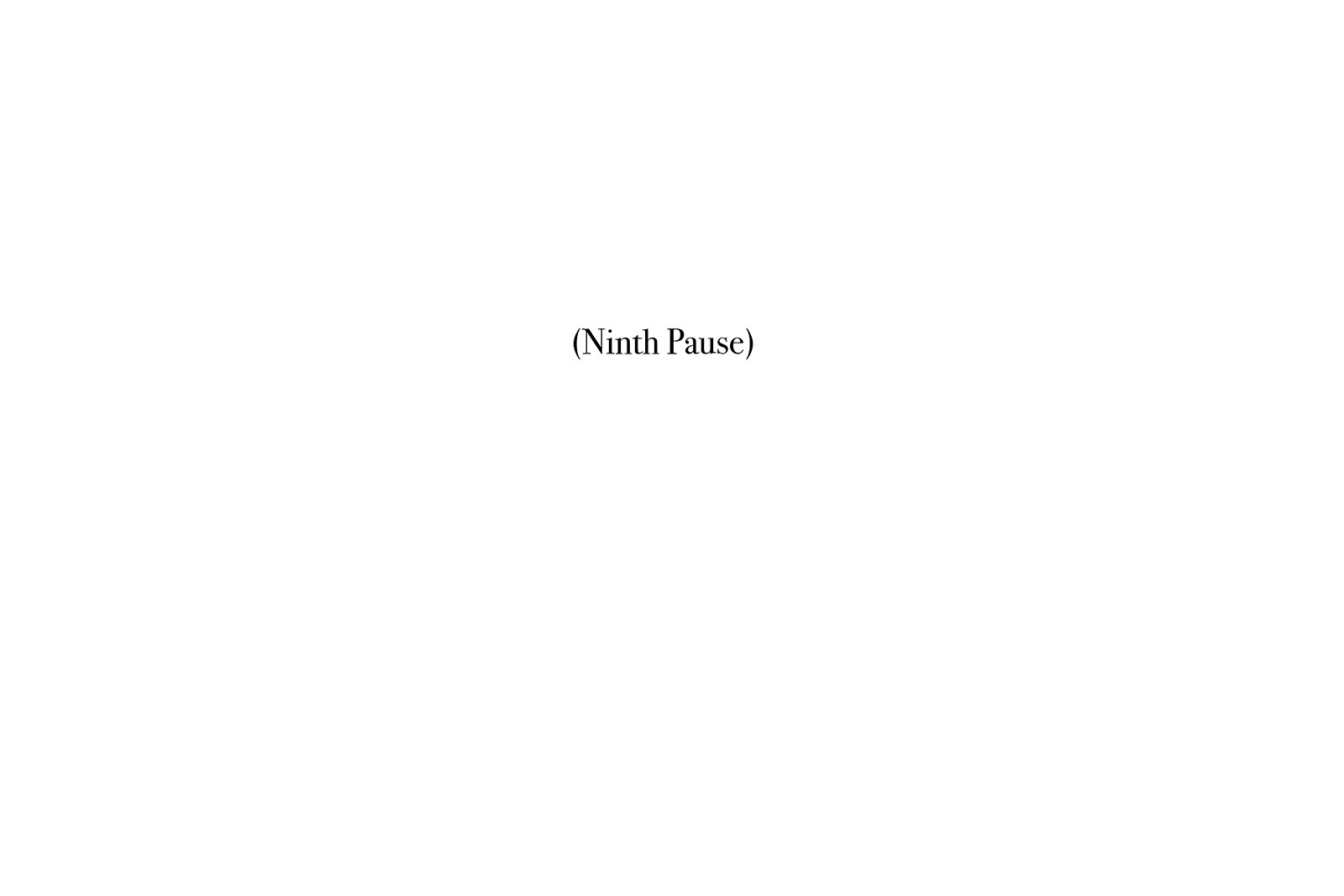
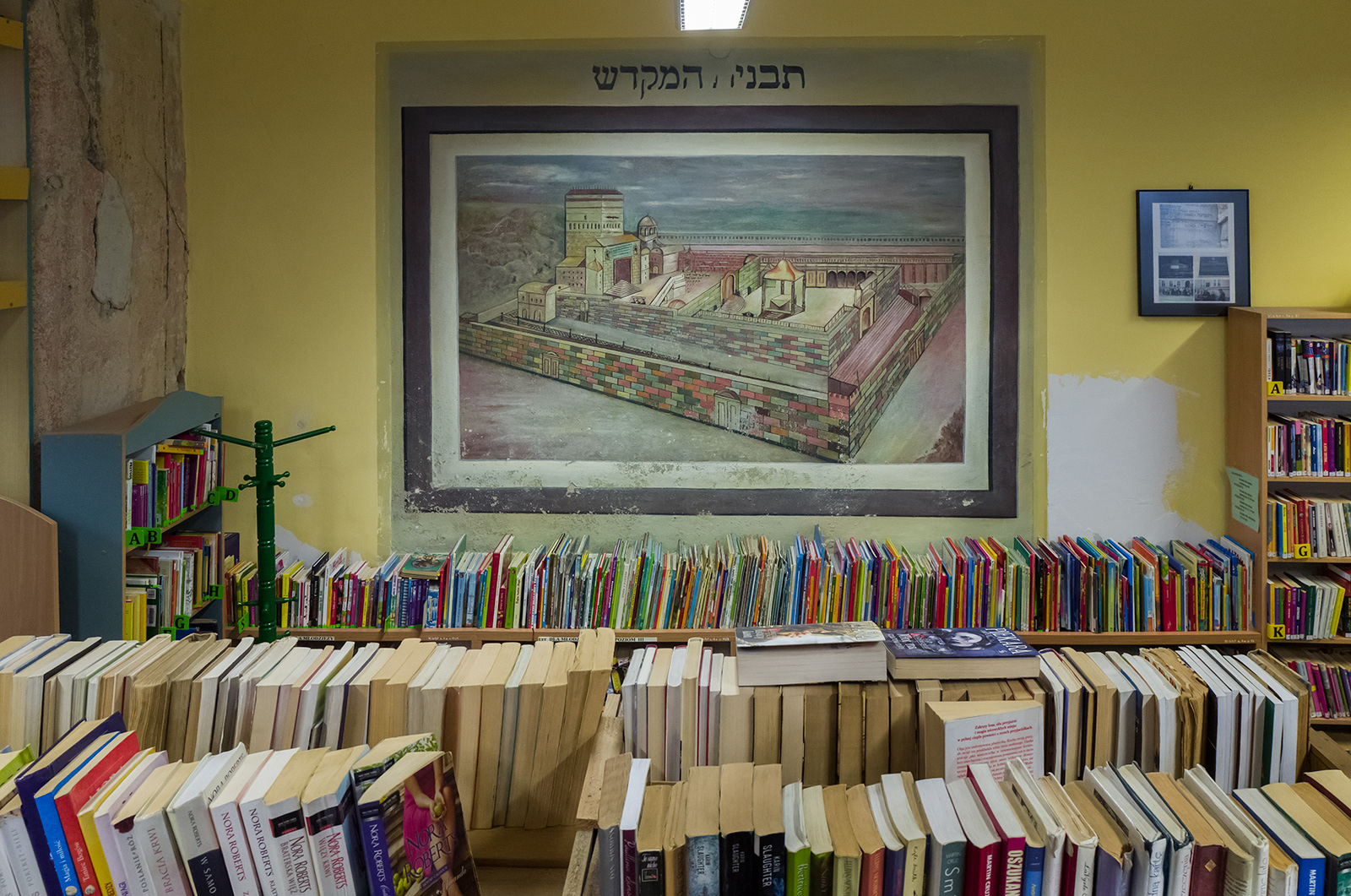
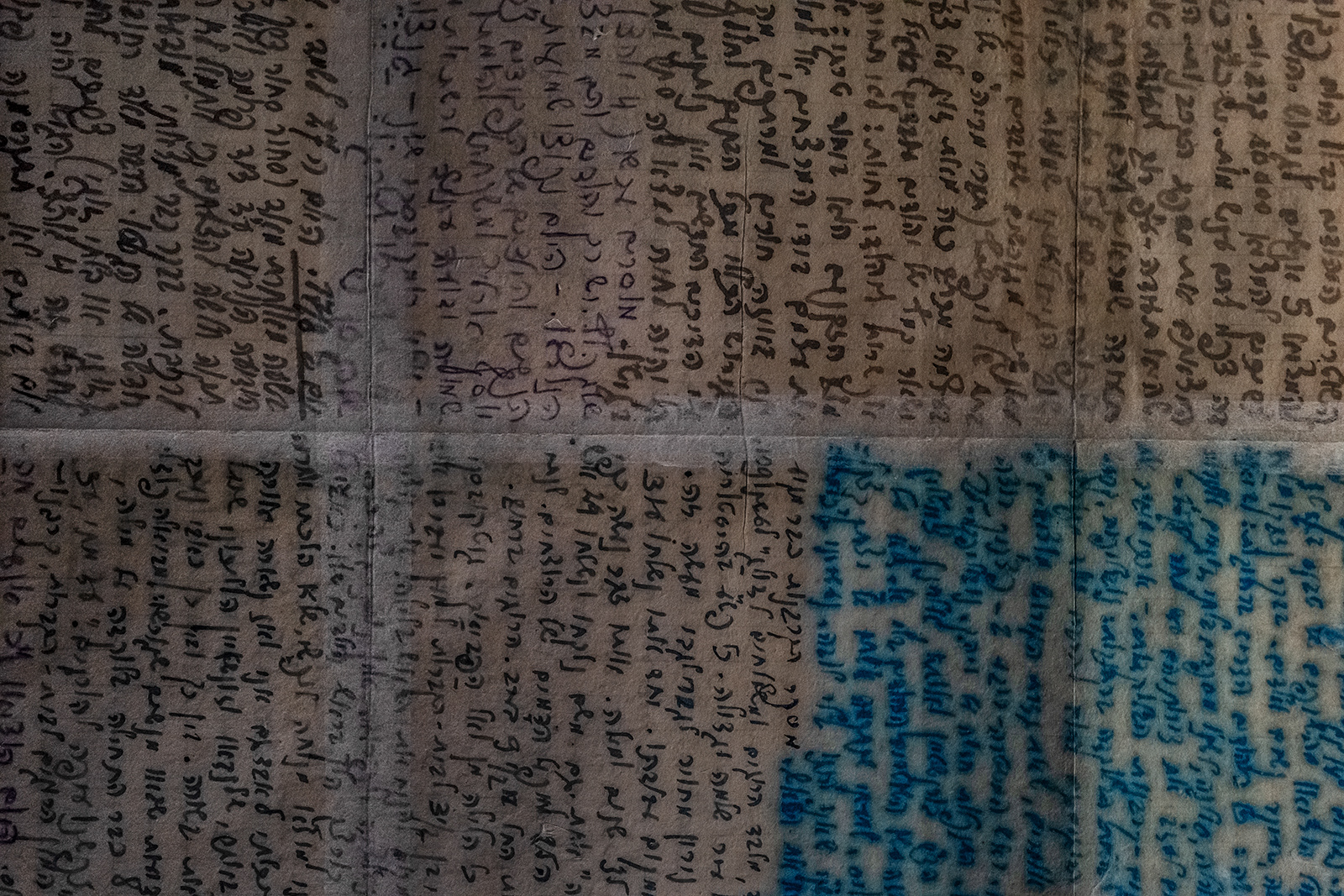
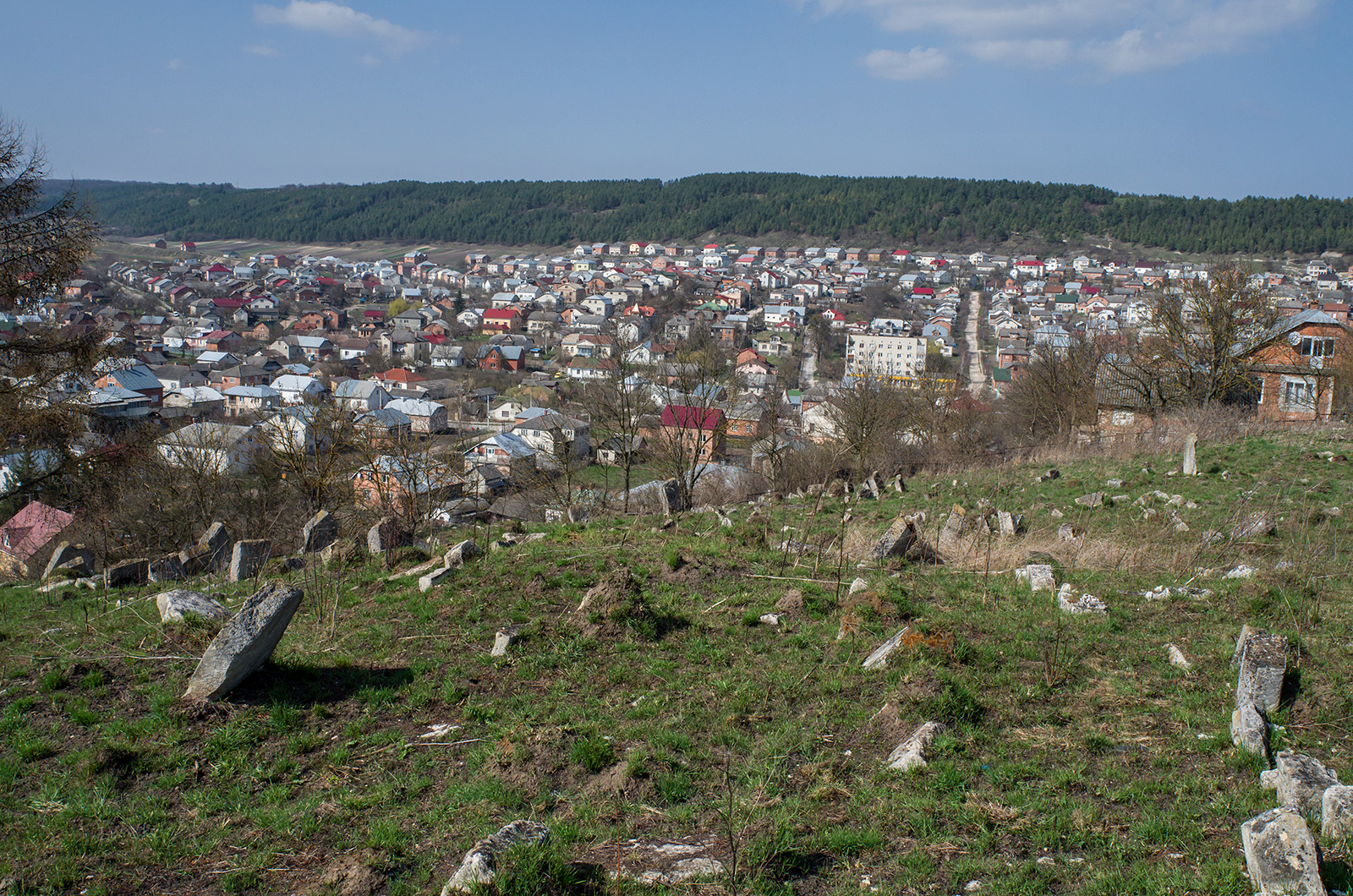
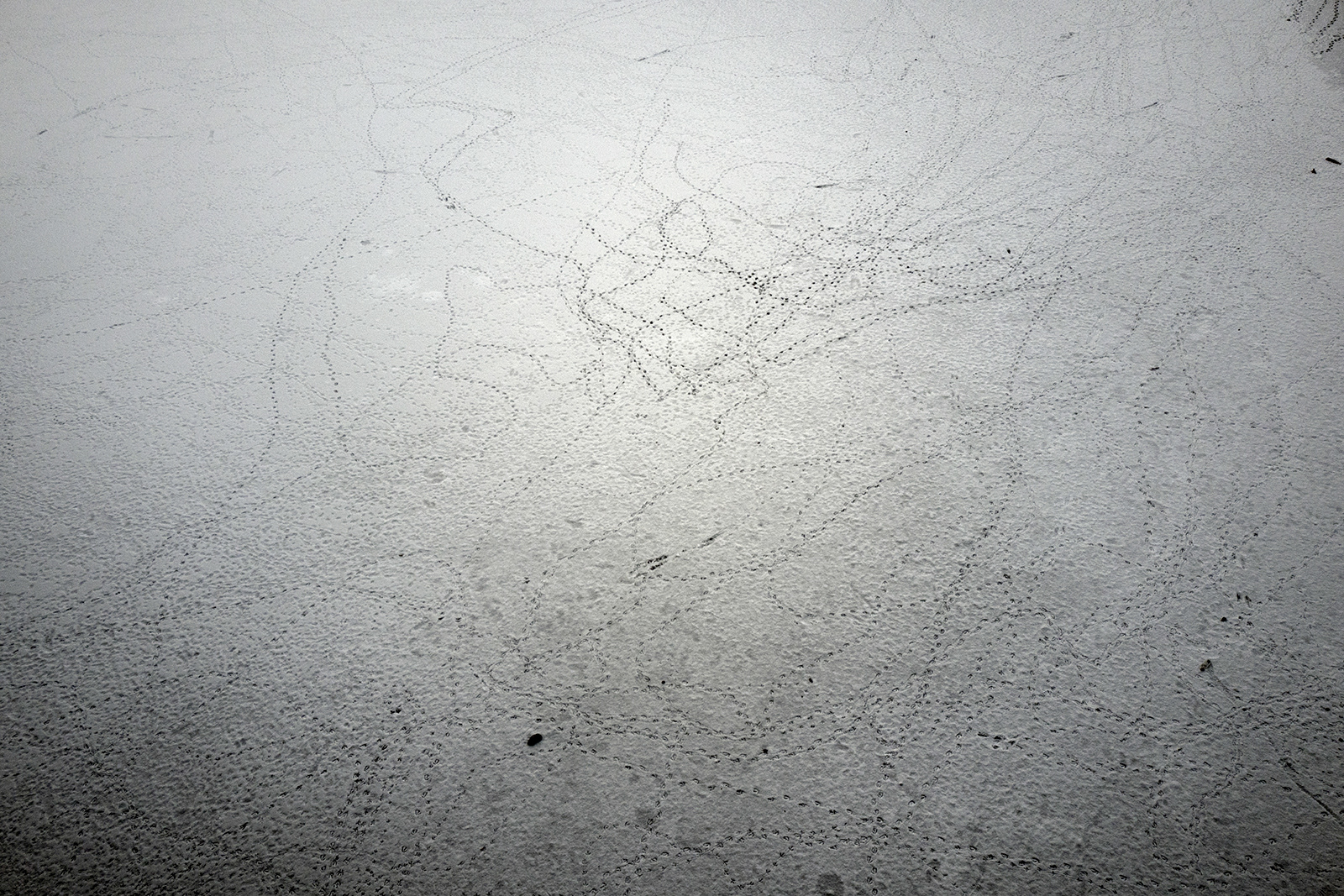
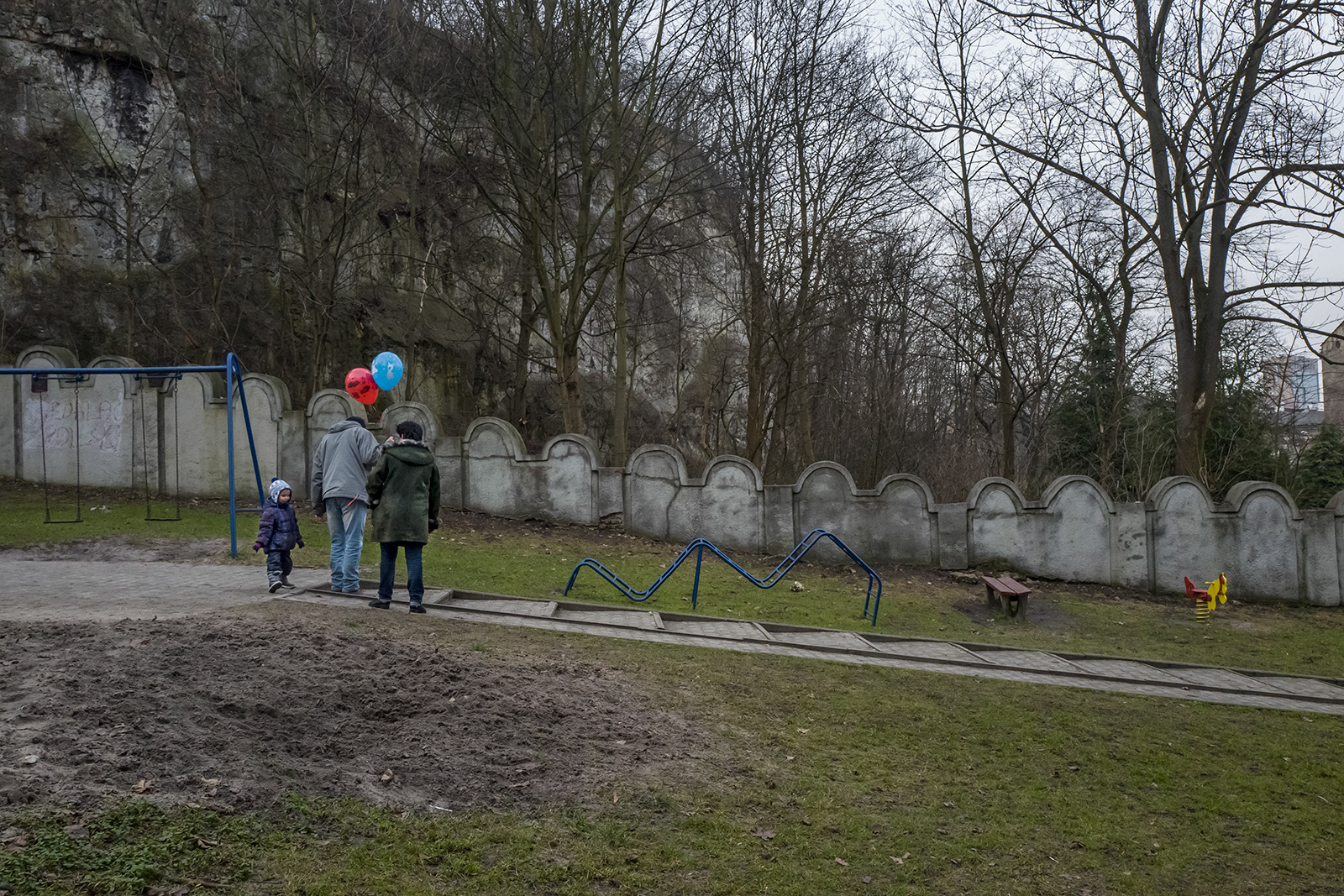
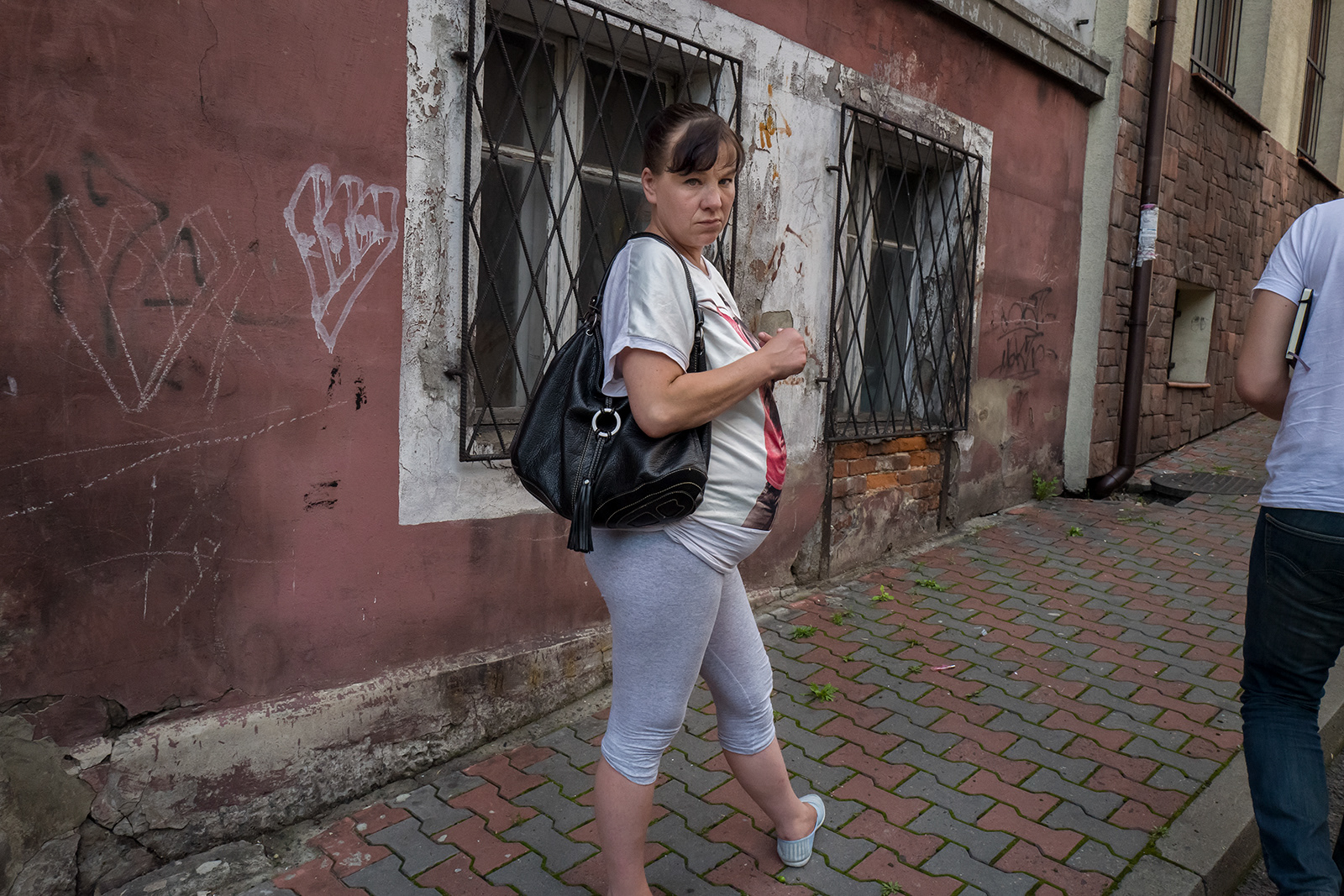
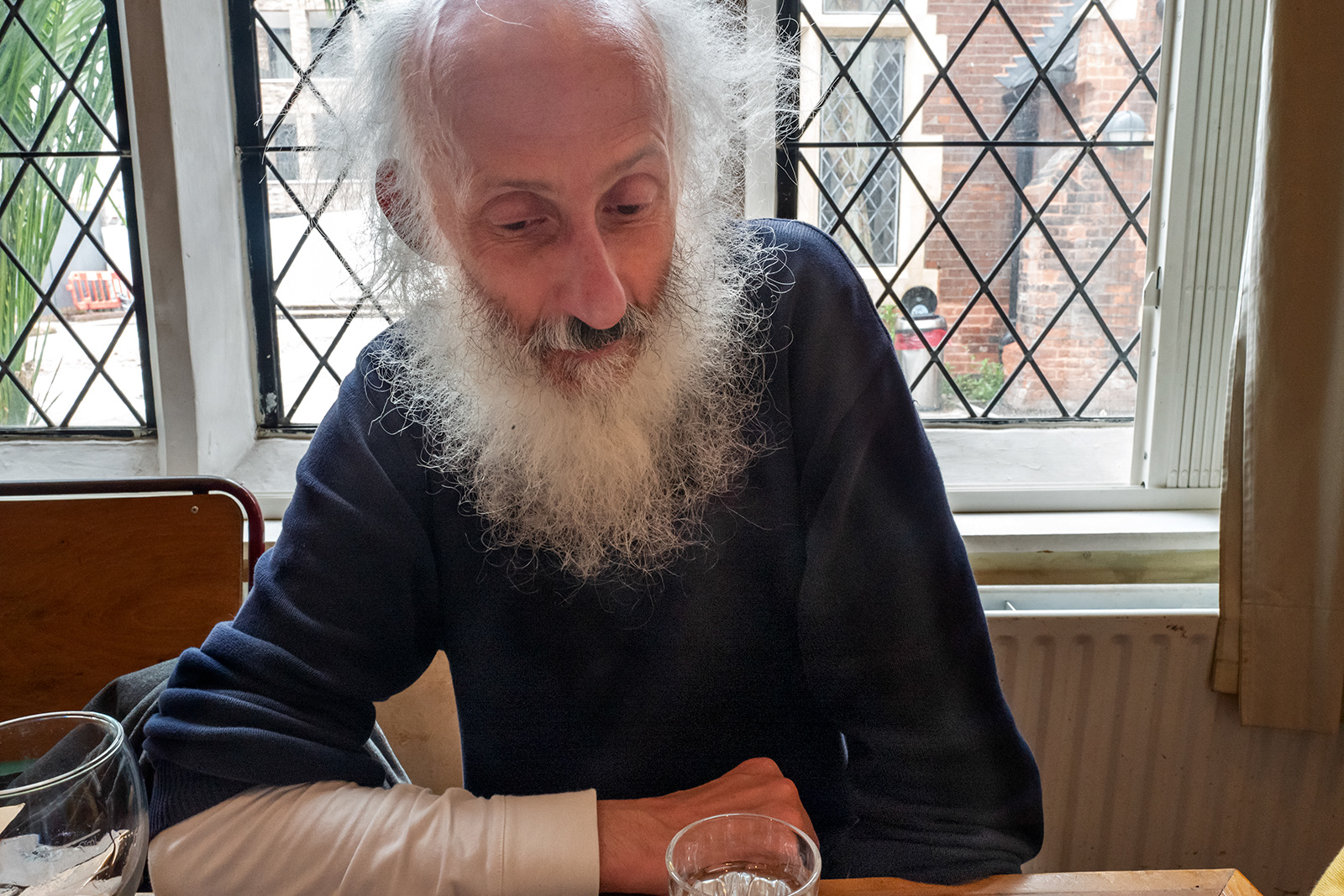
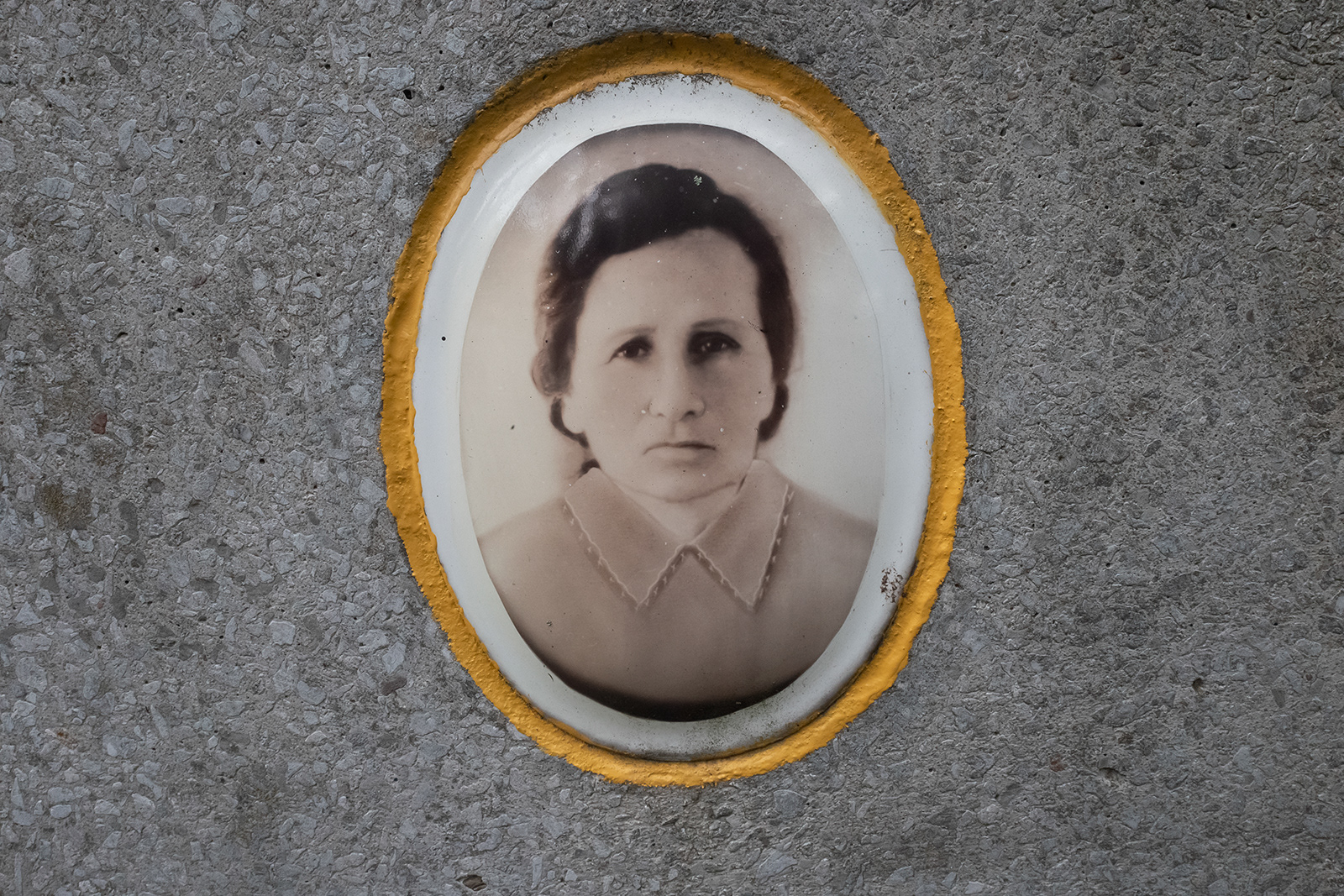
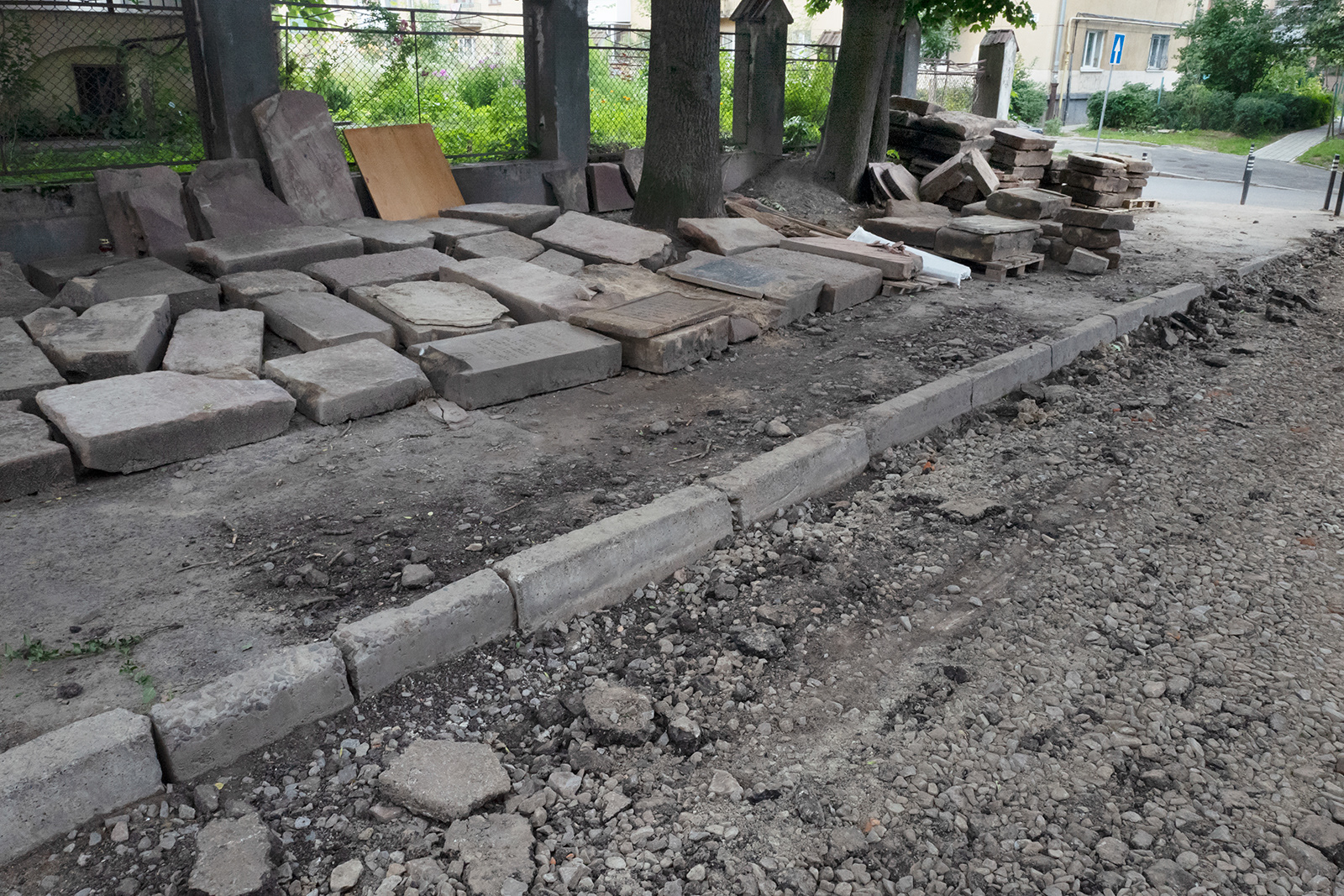
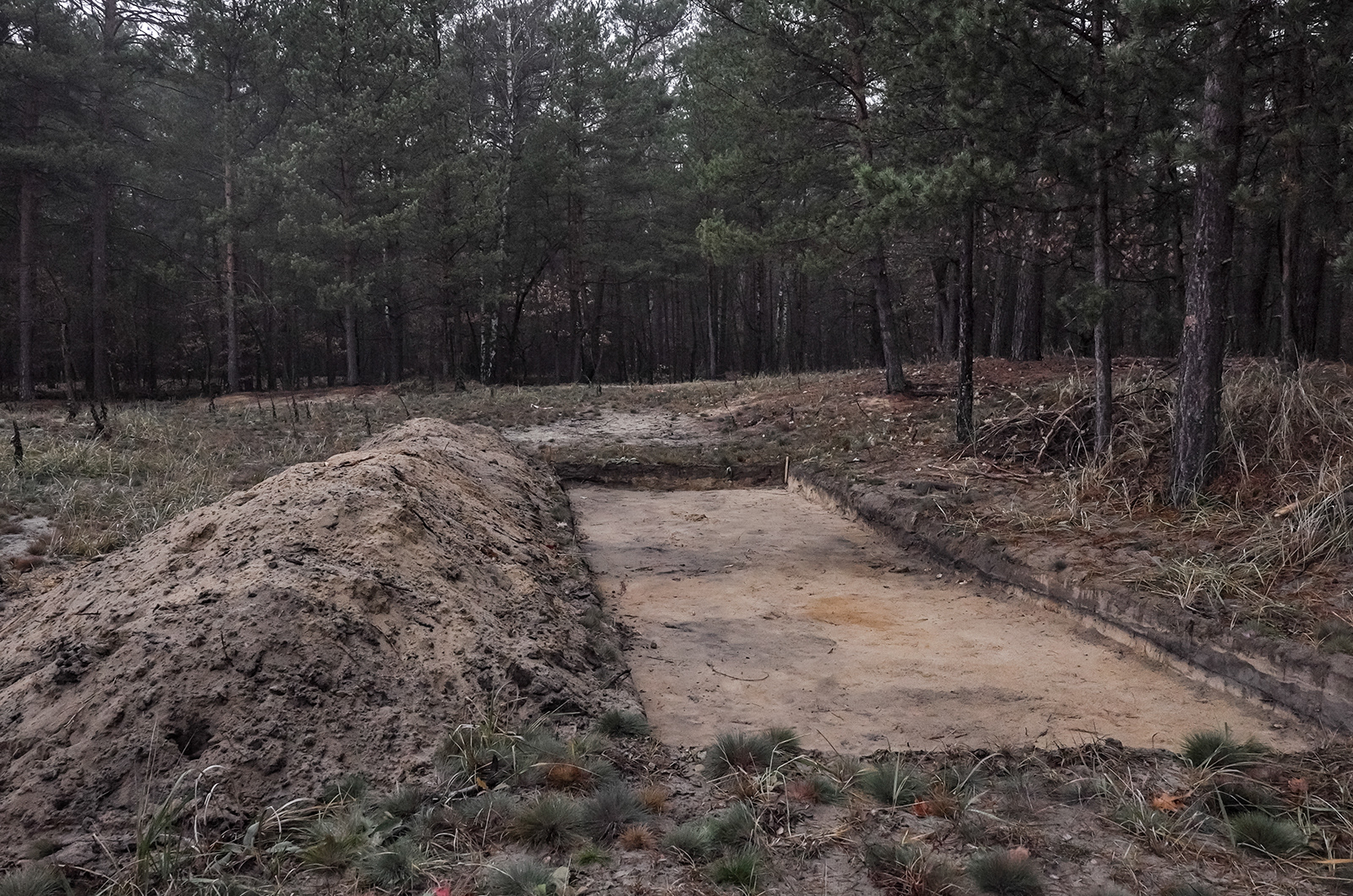
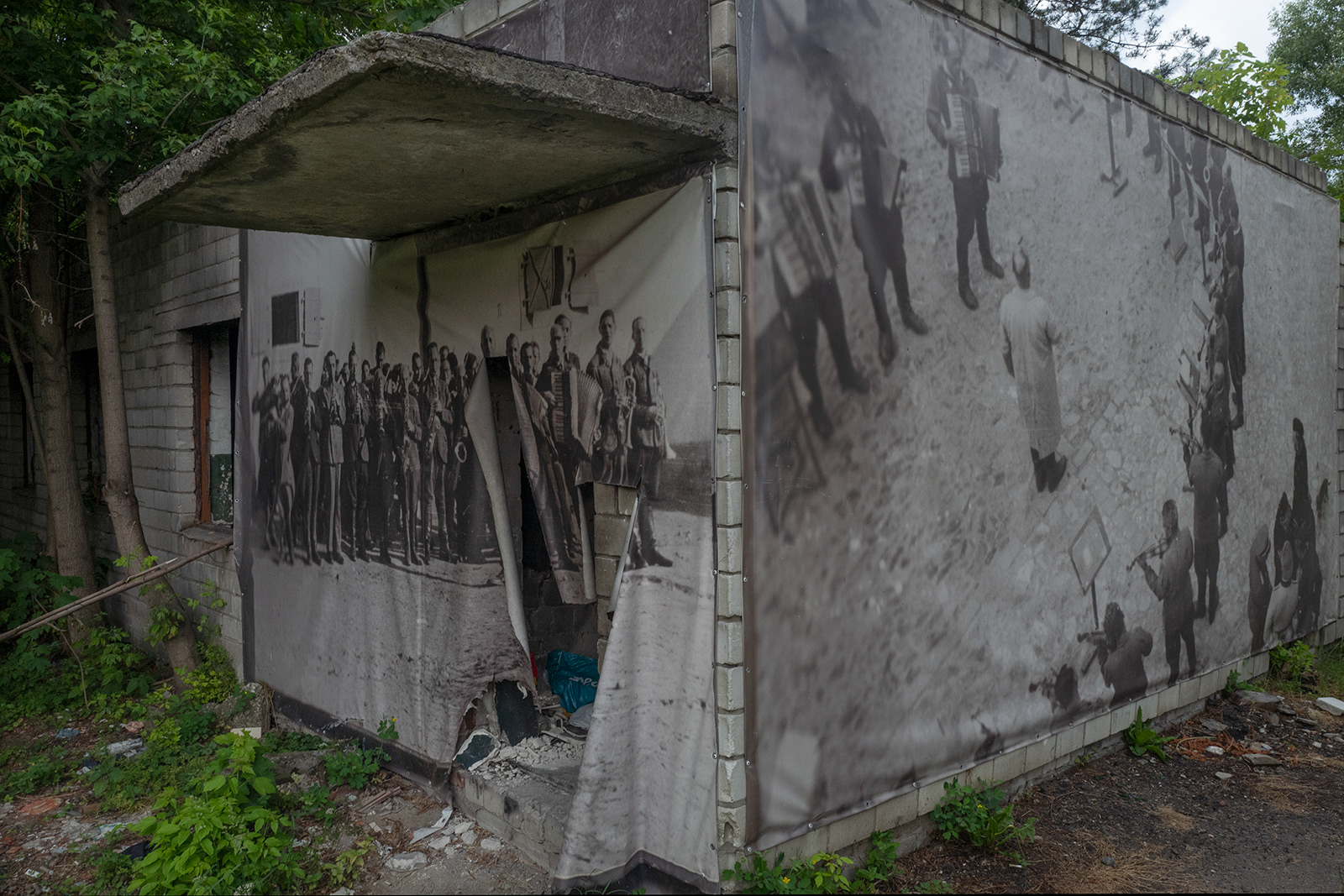
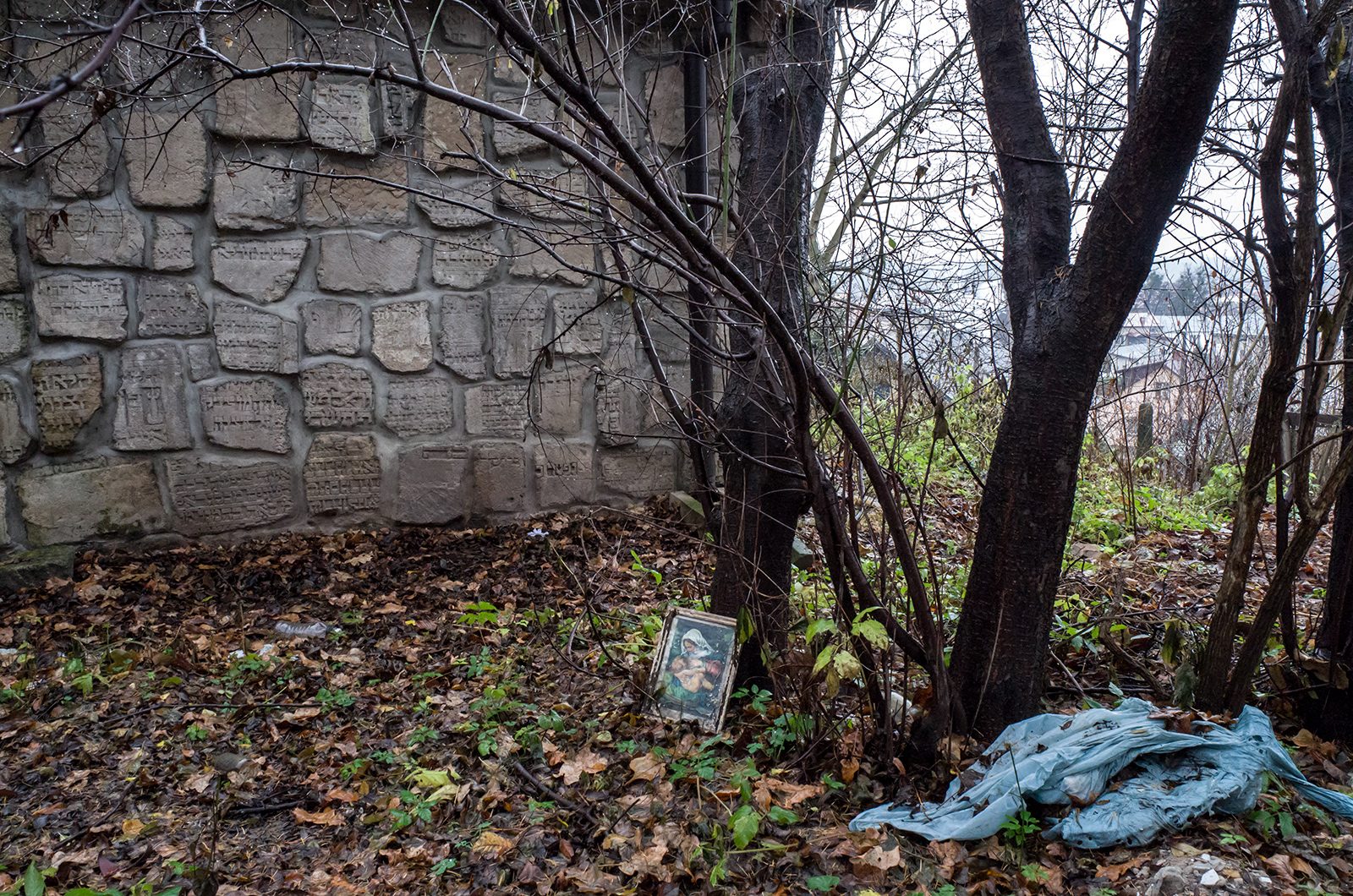
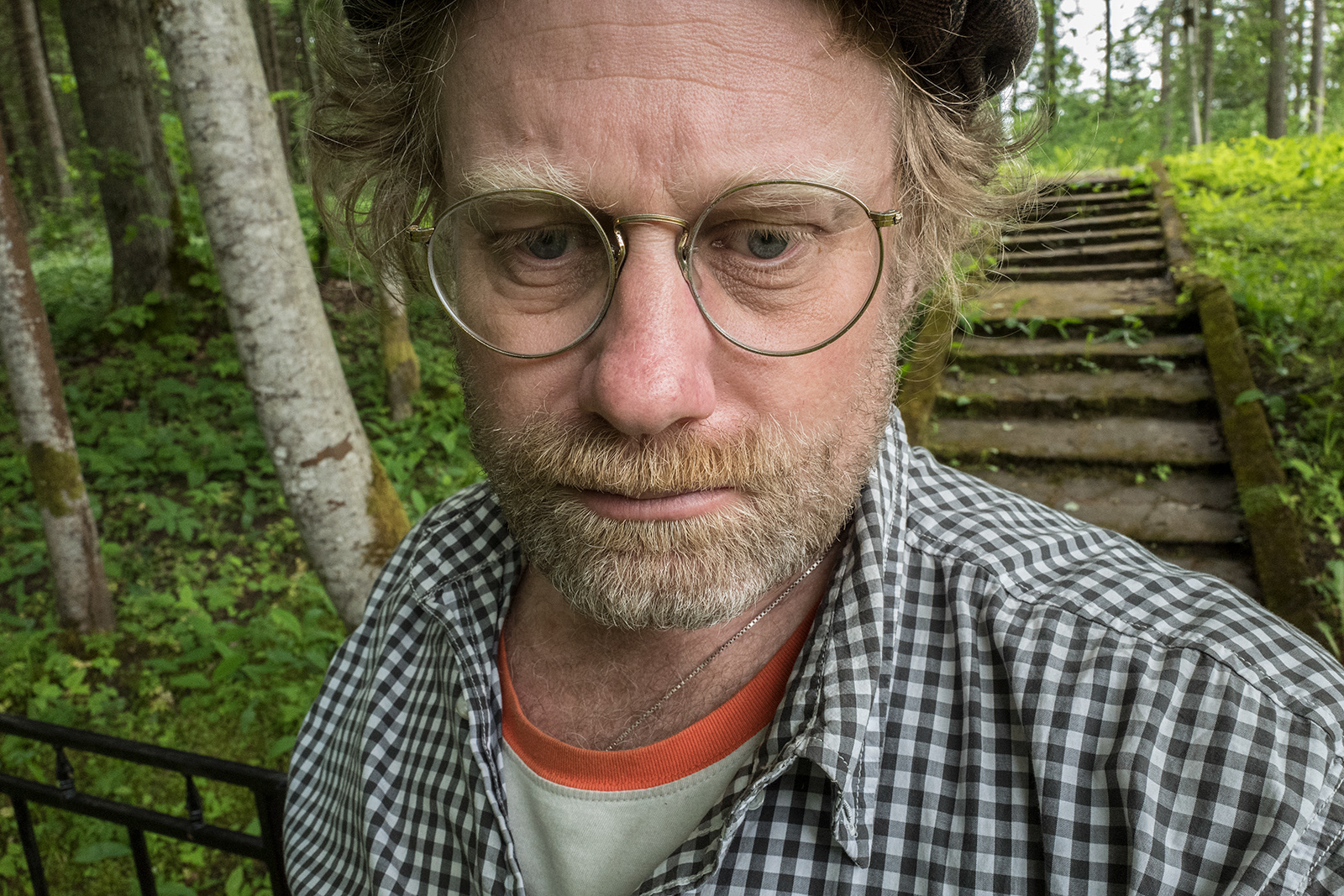
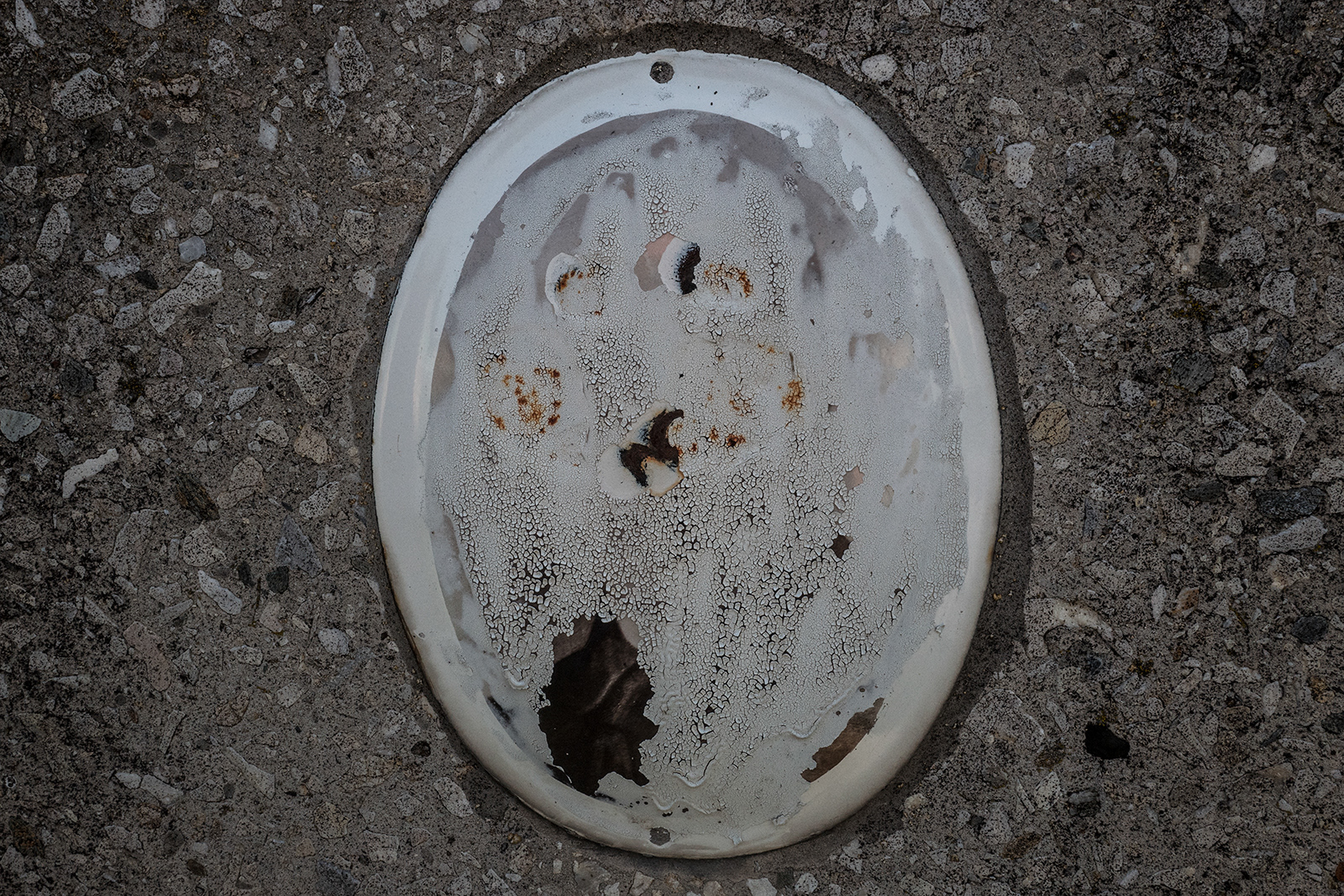
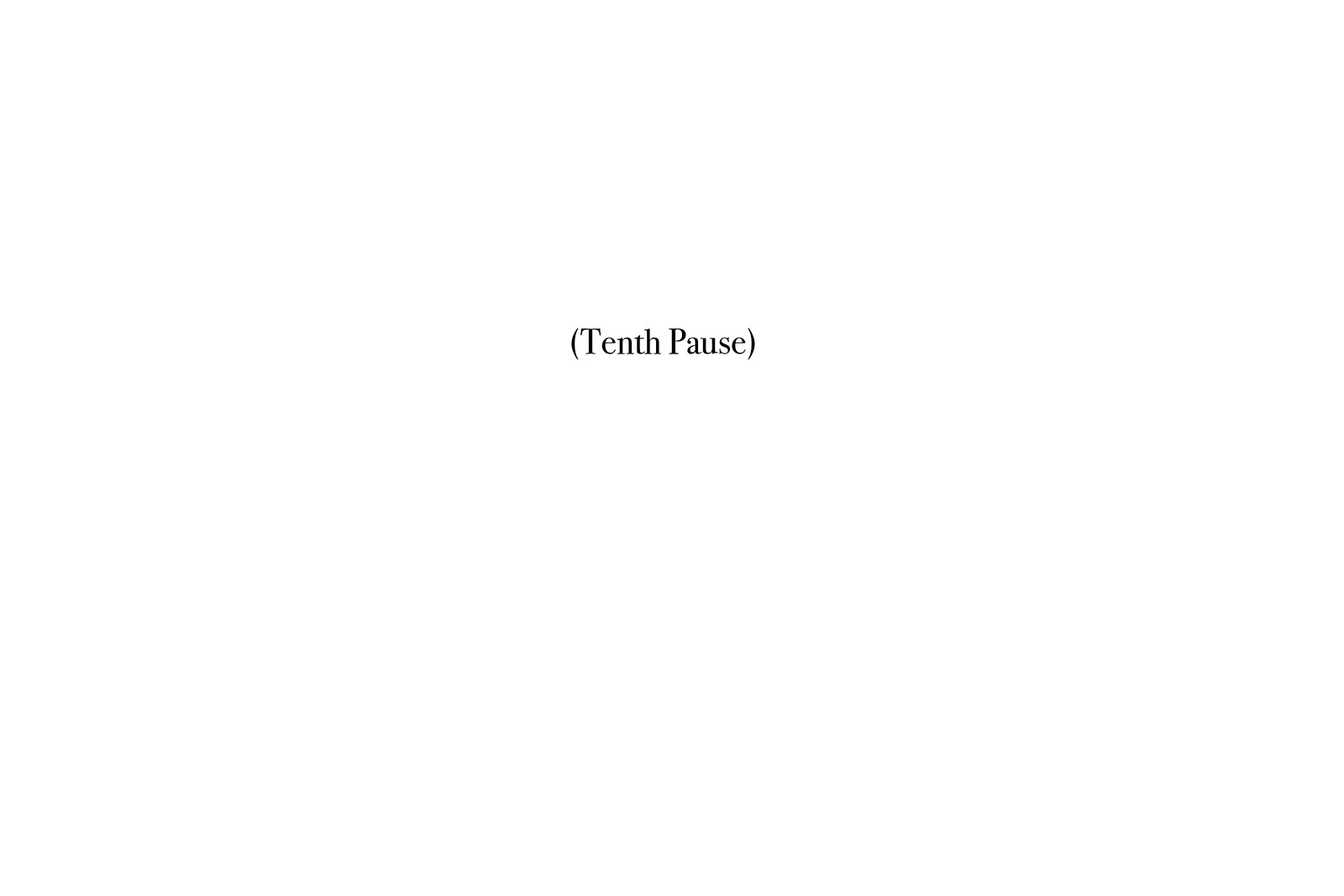

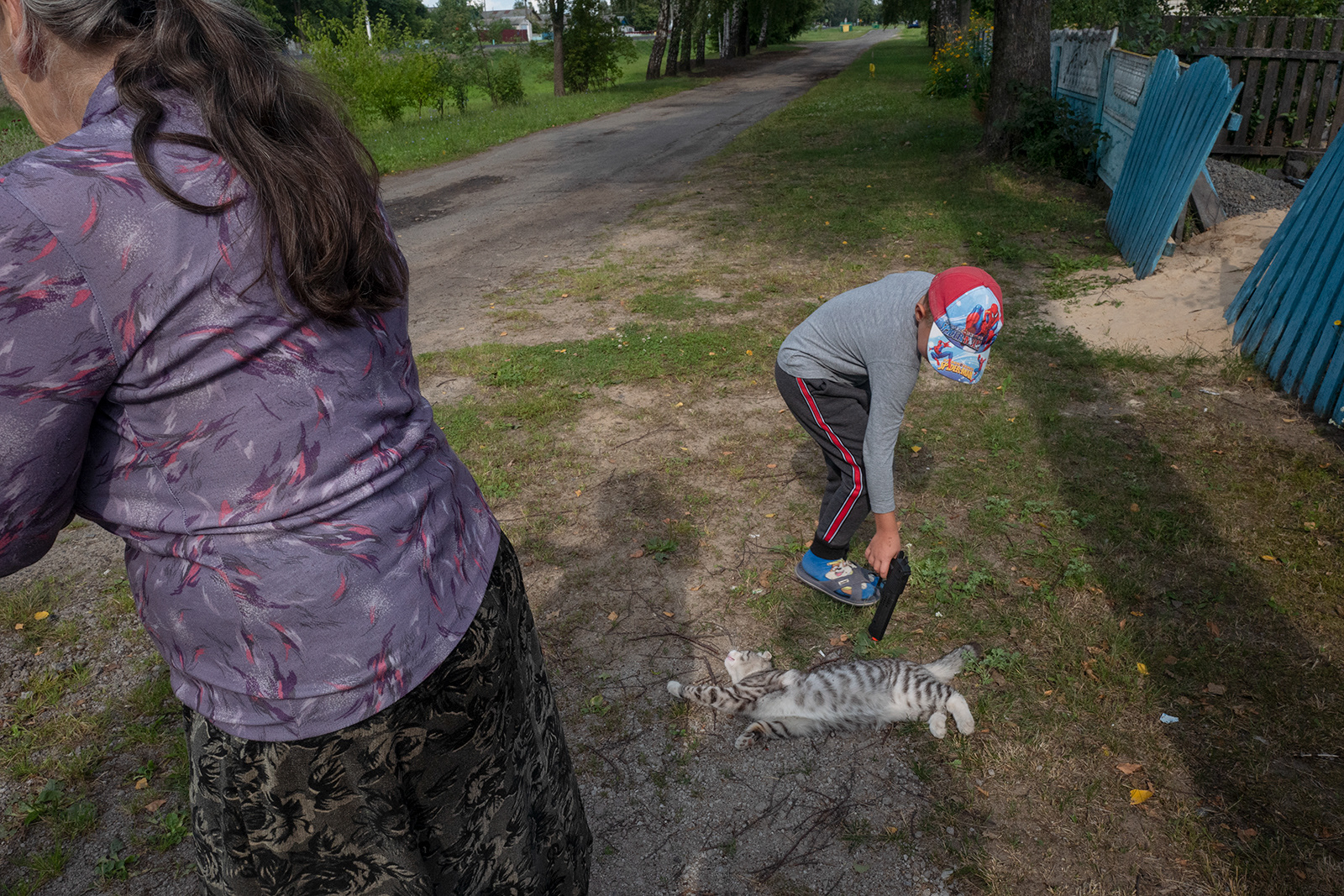
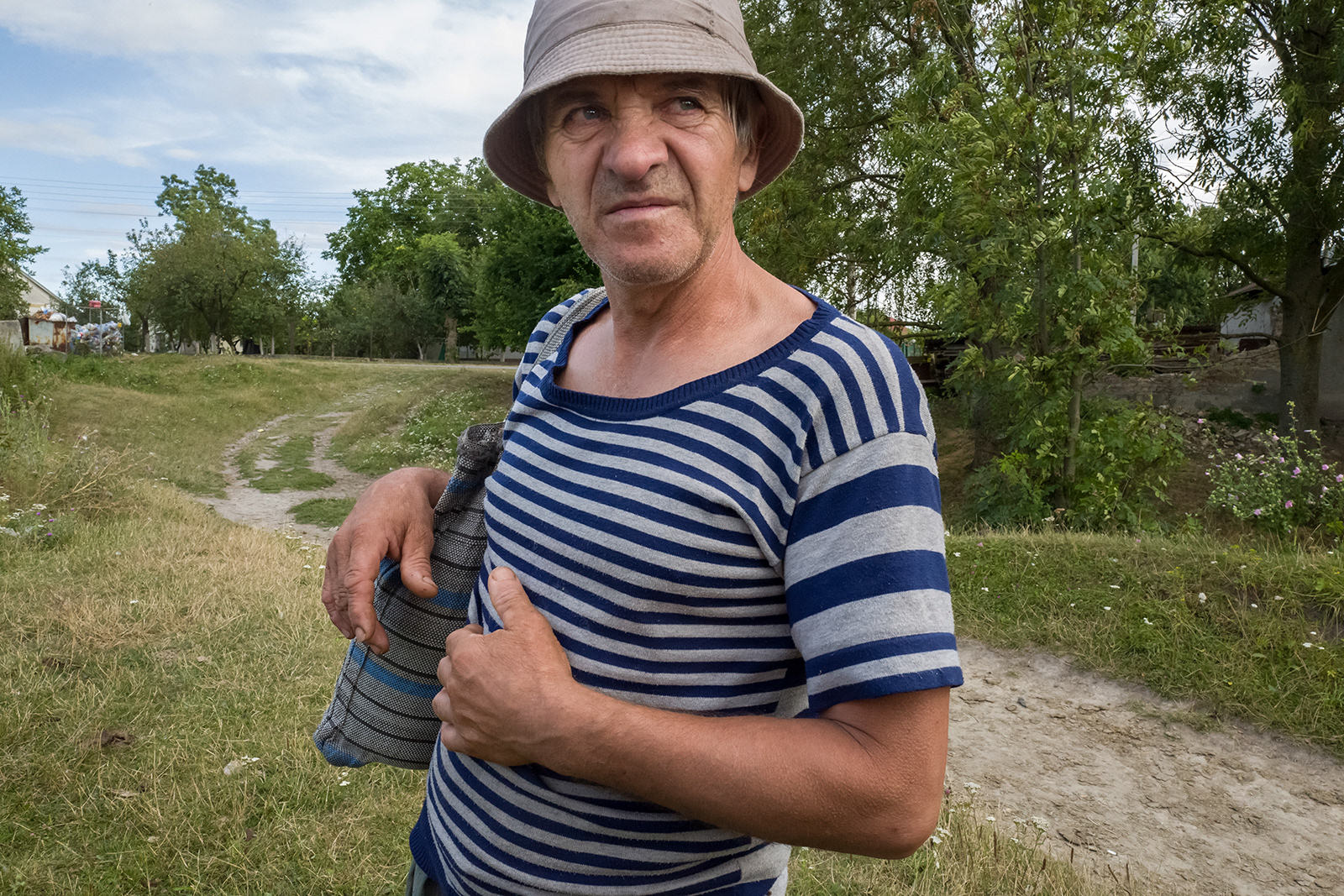
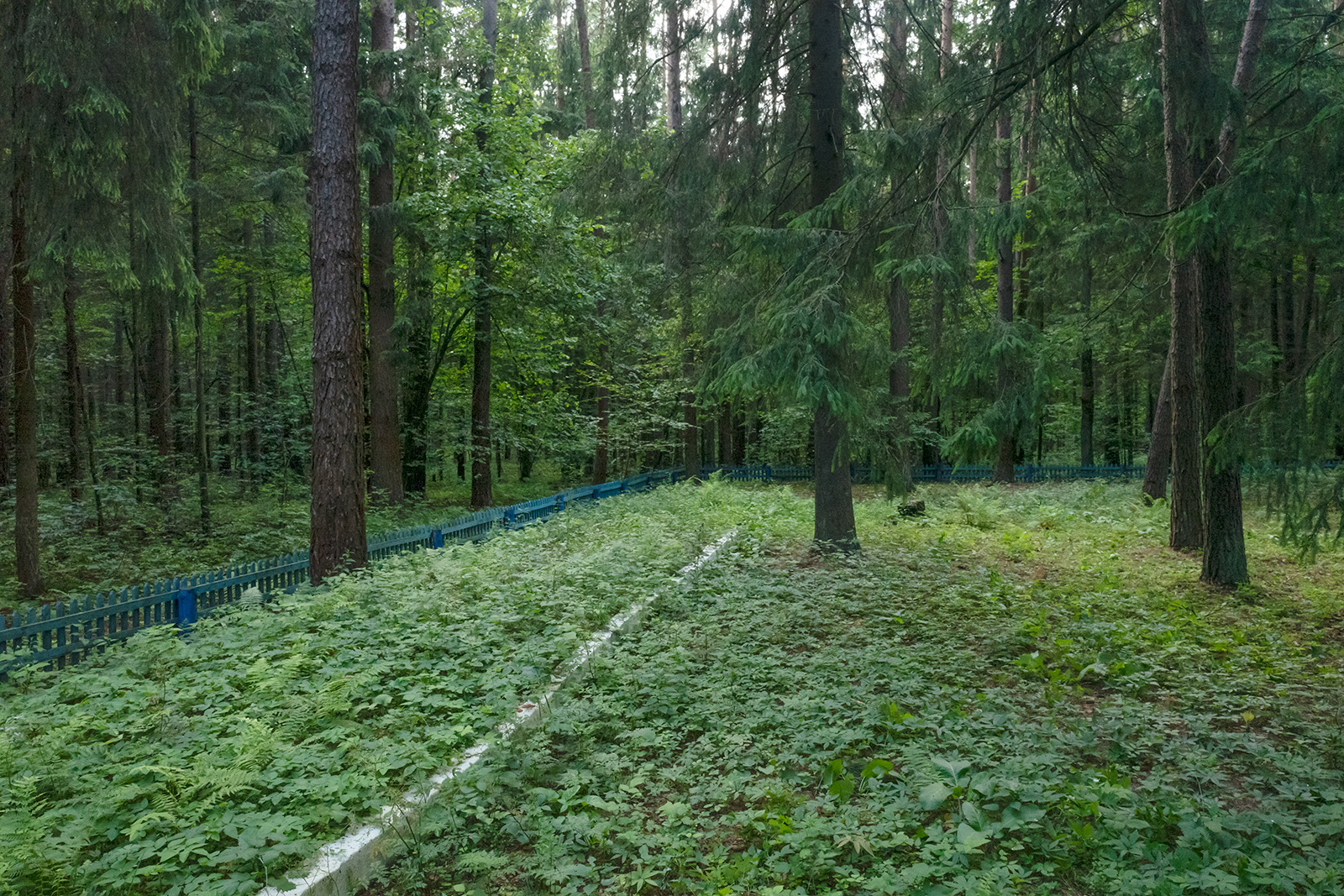



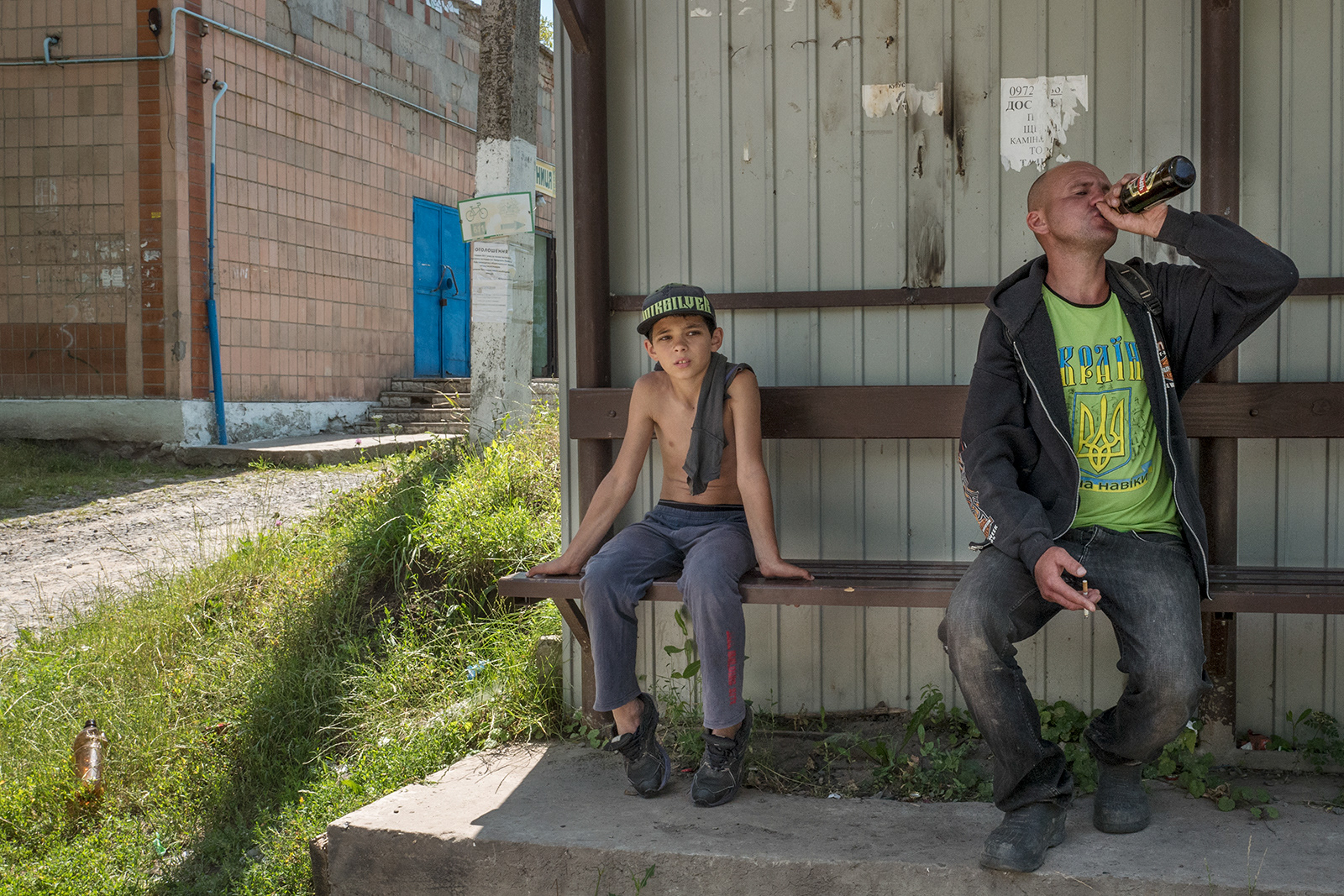
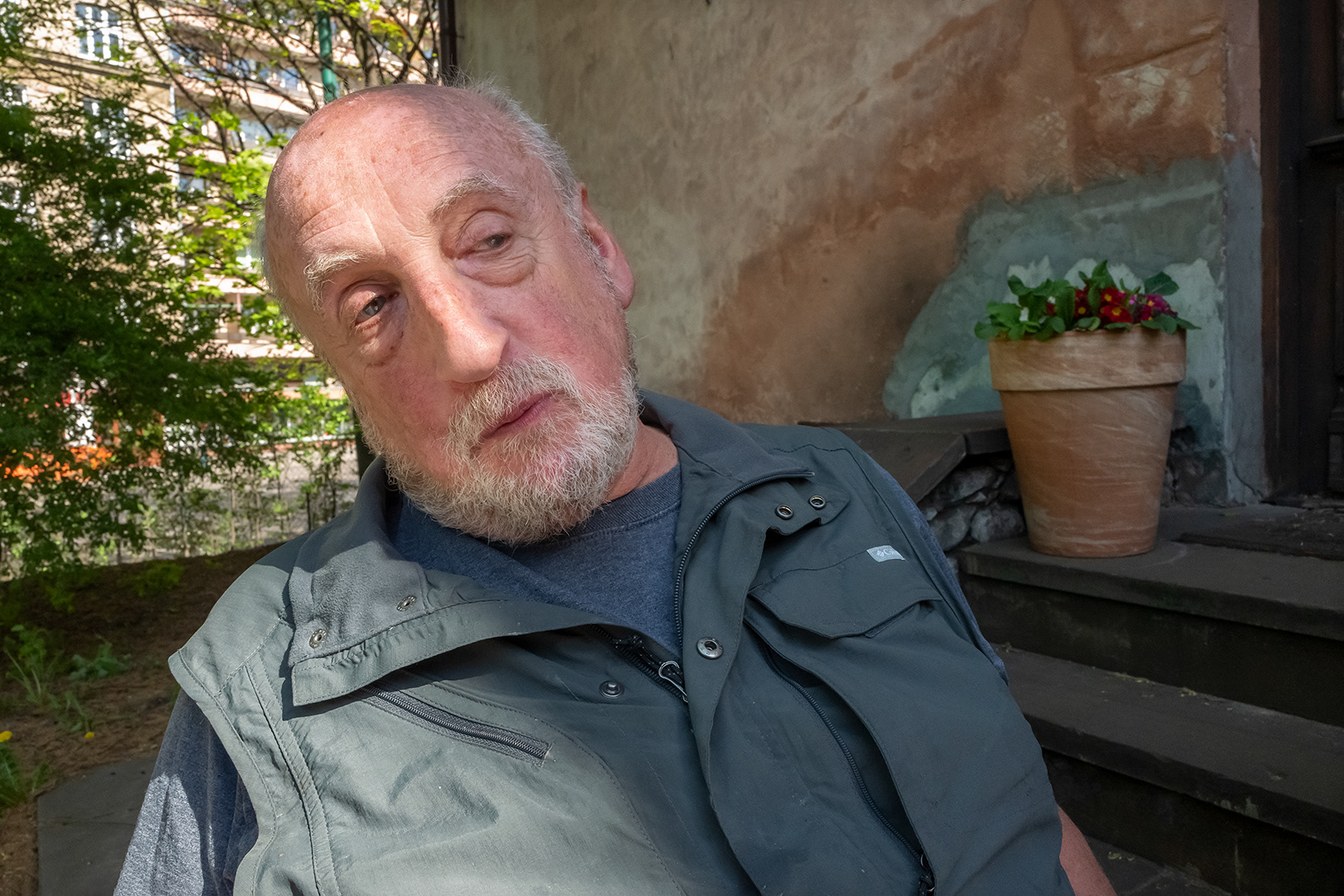
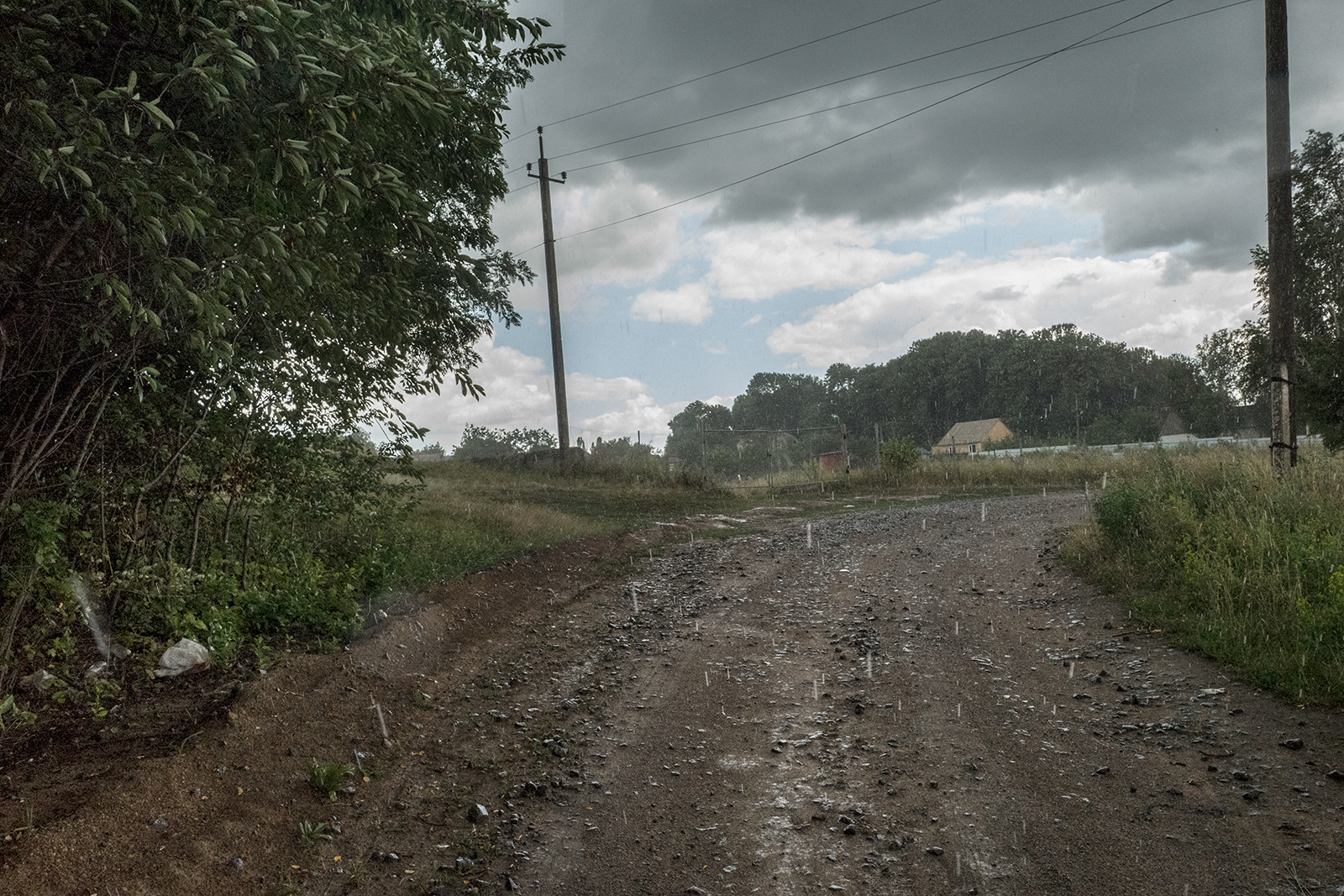
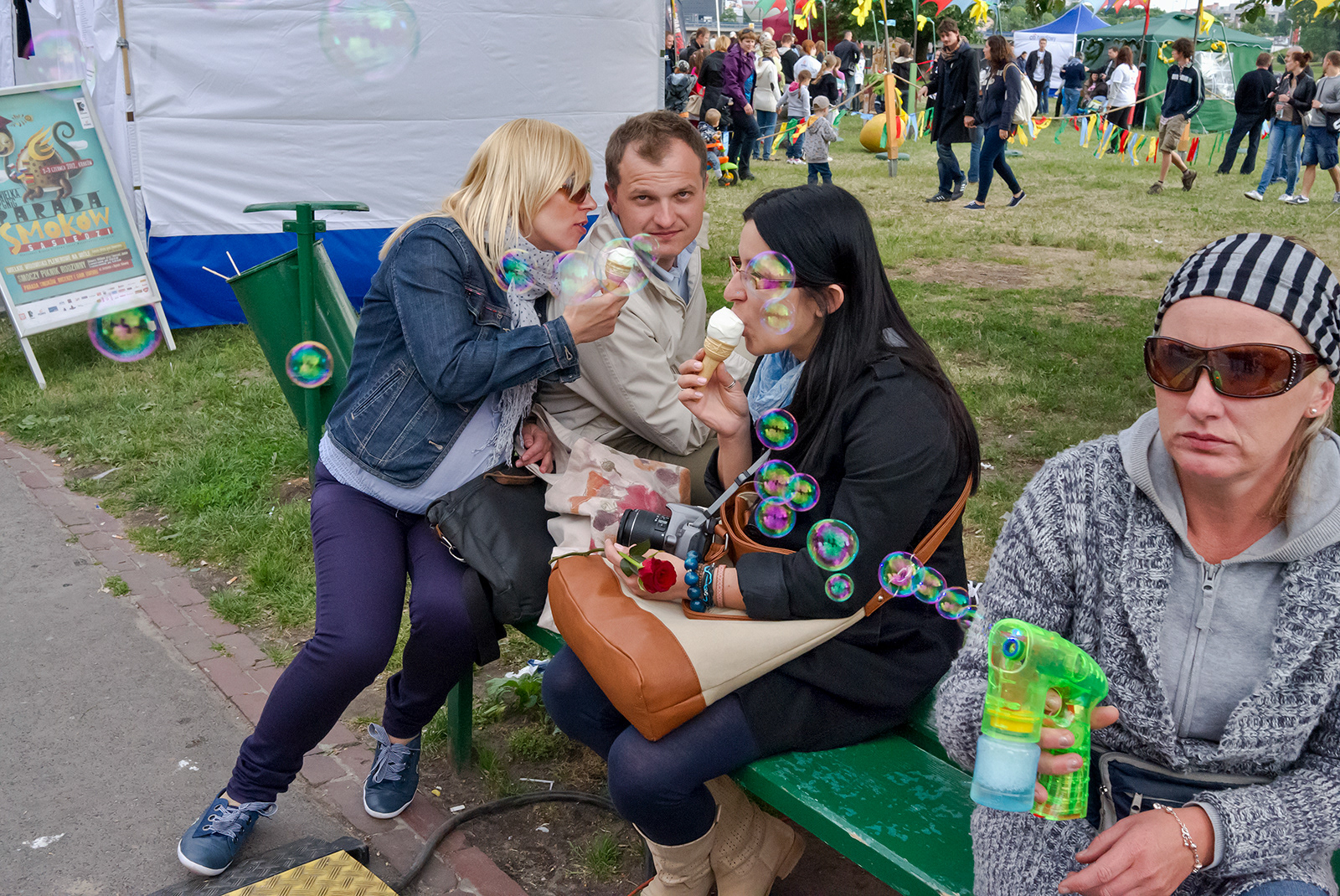
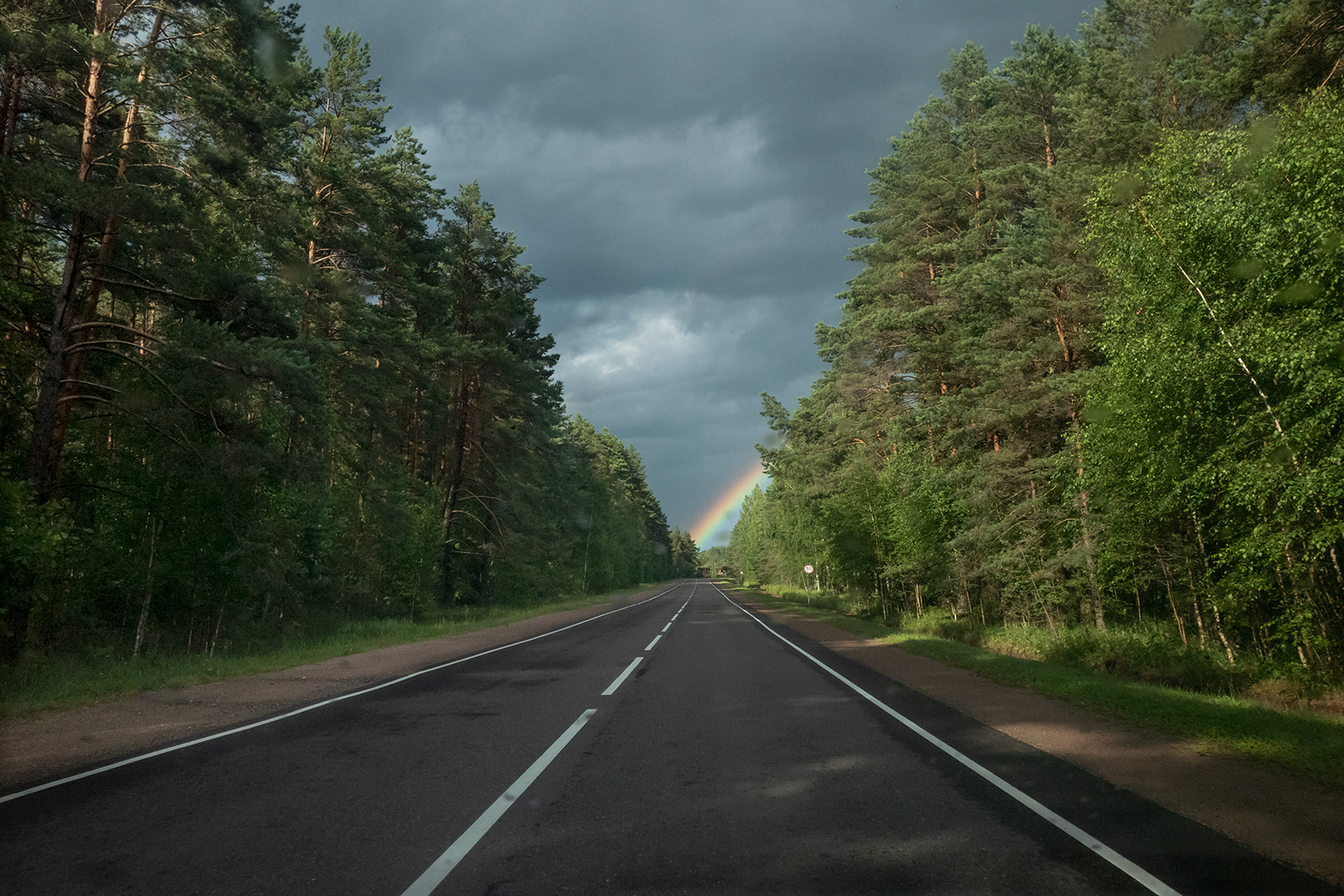
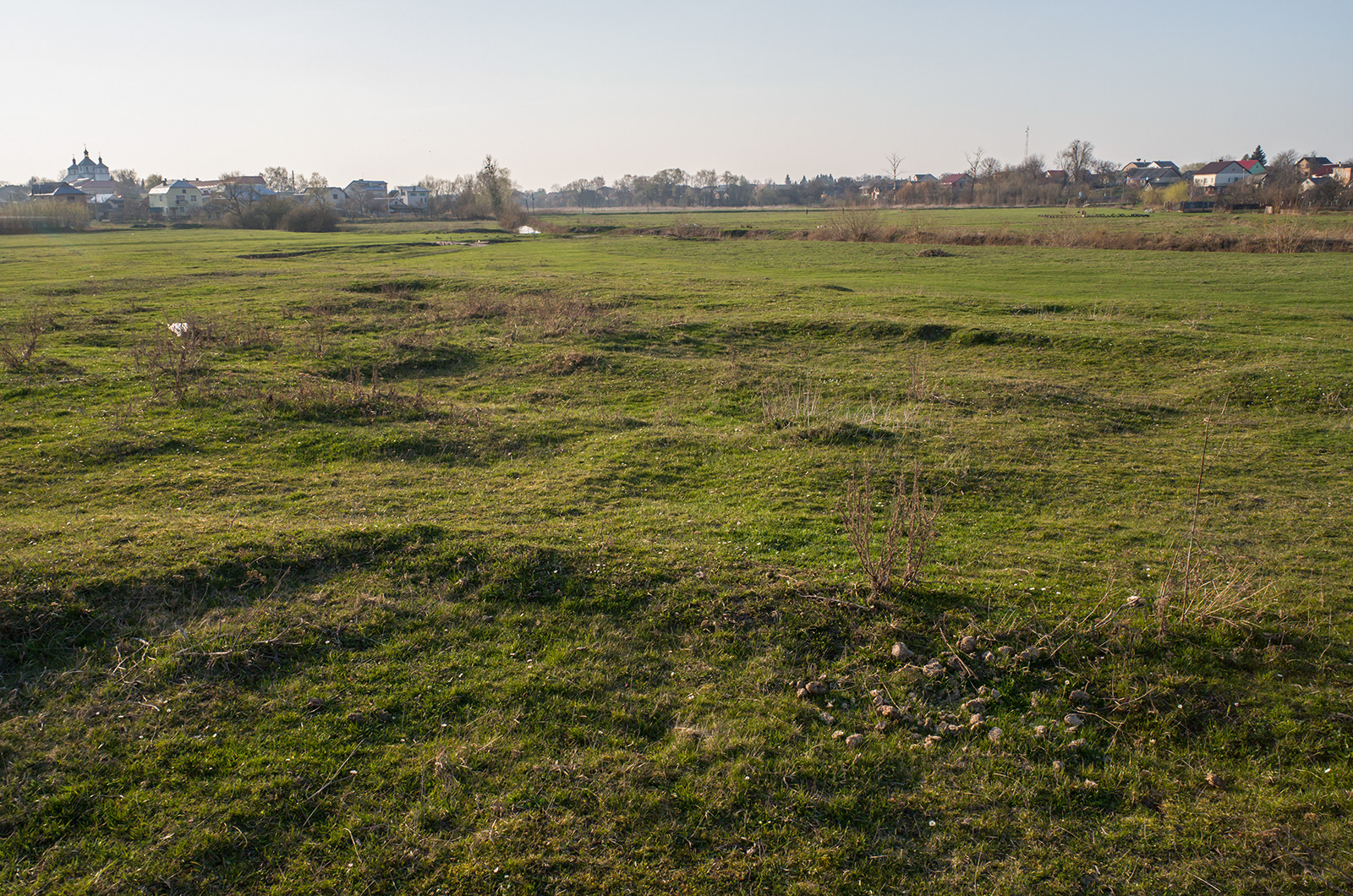

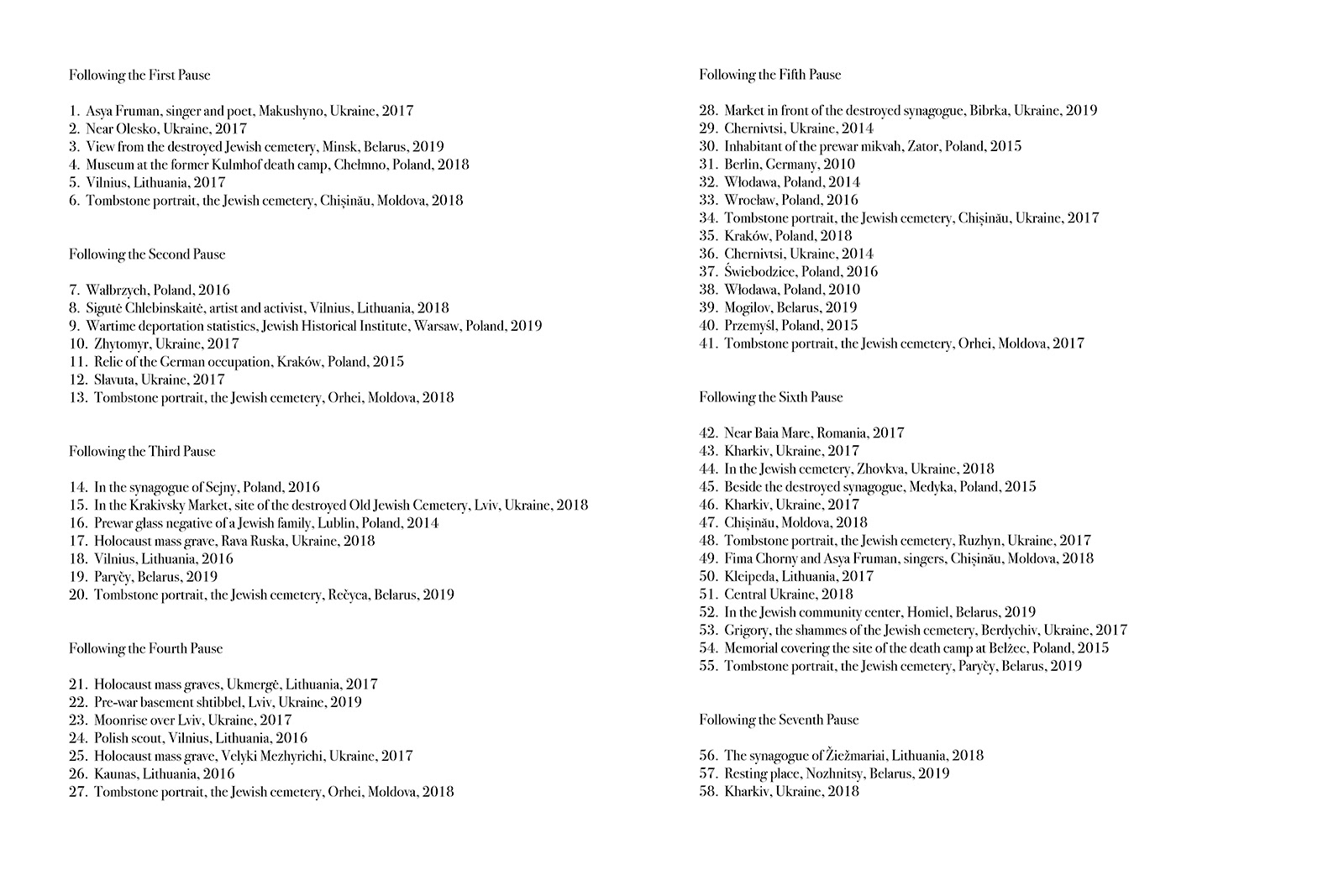
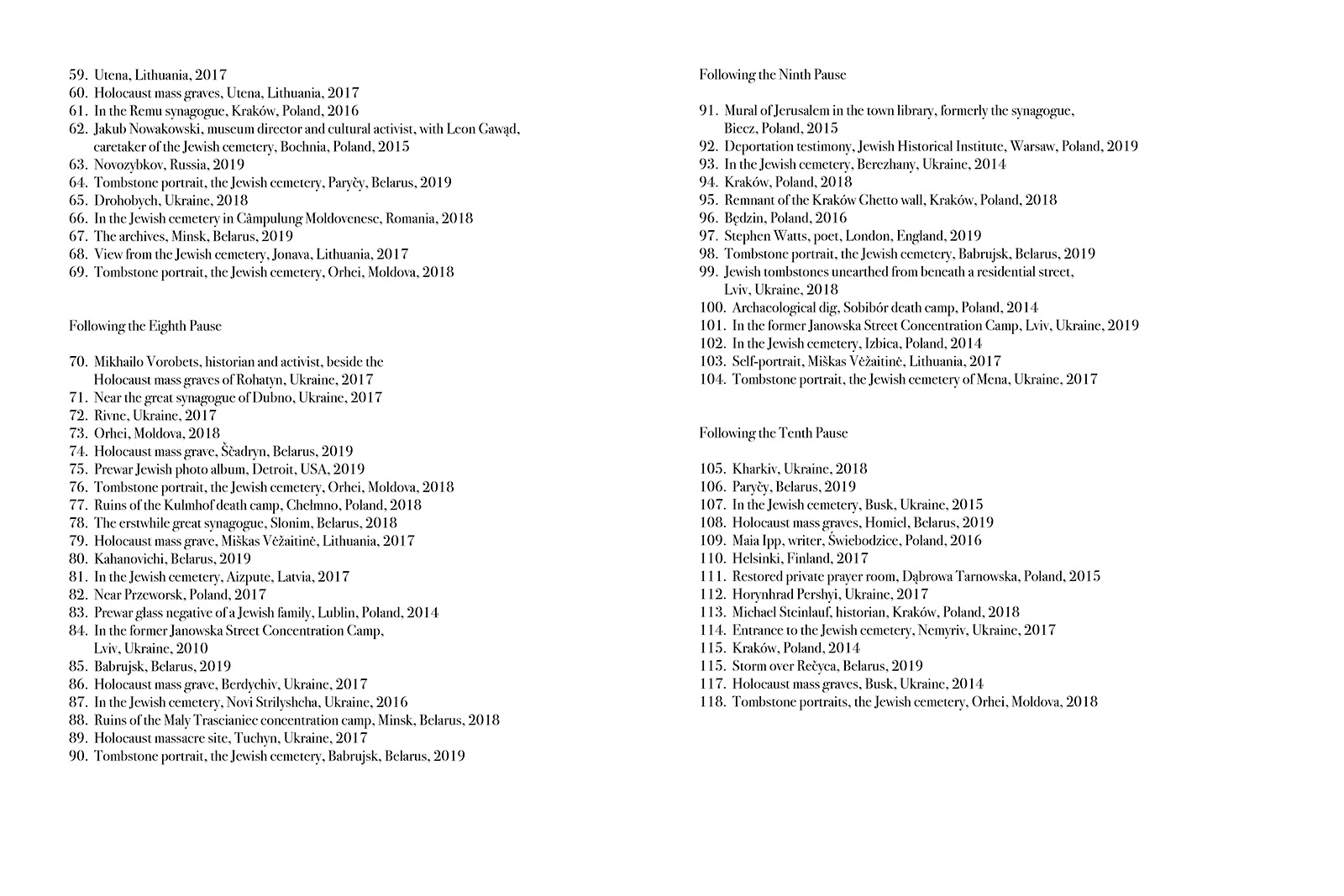
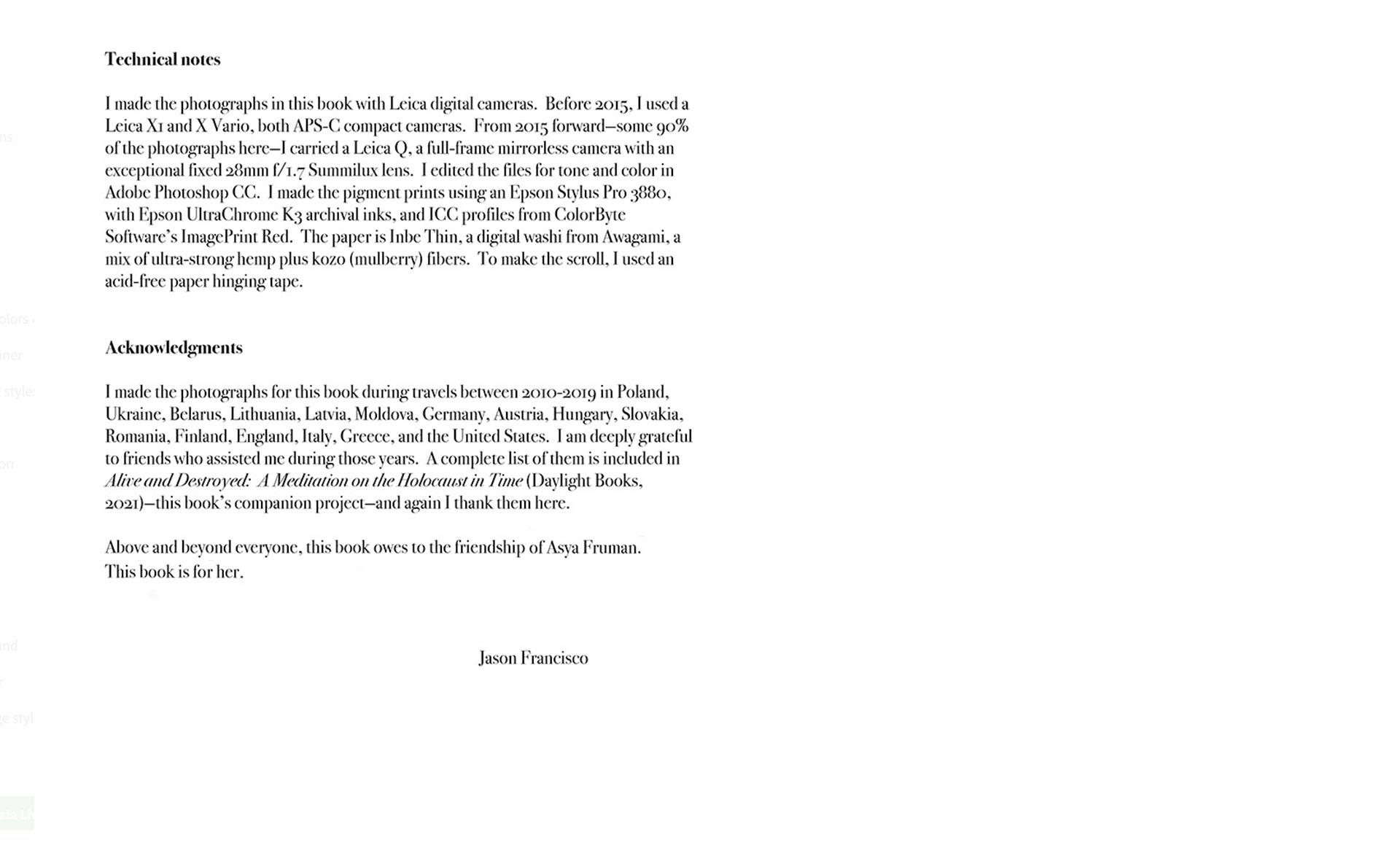
Artist's book for "The Kiss of Time," handmade by Jason Francisco, a scroll, 2022.